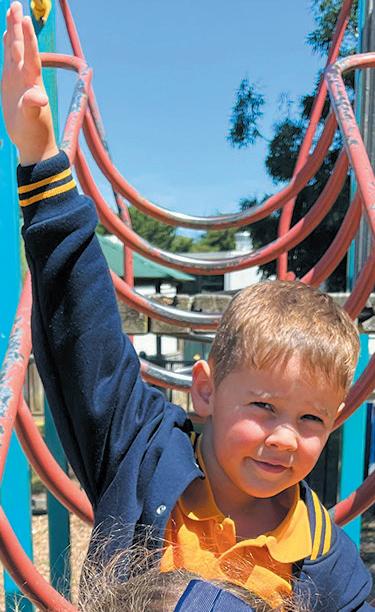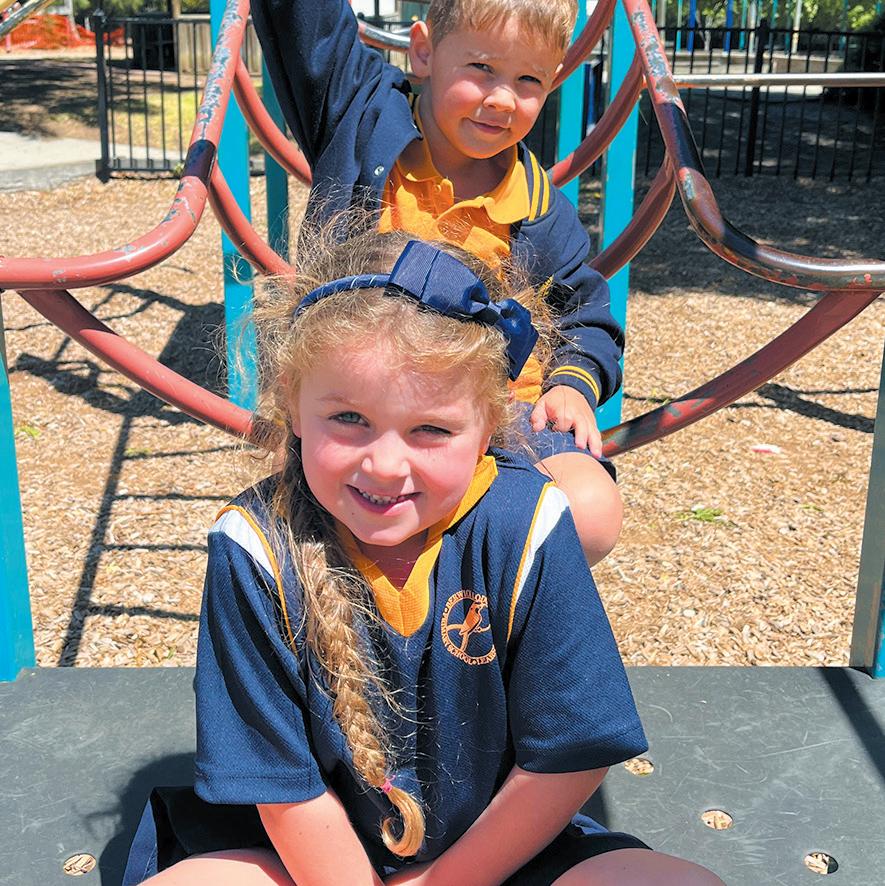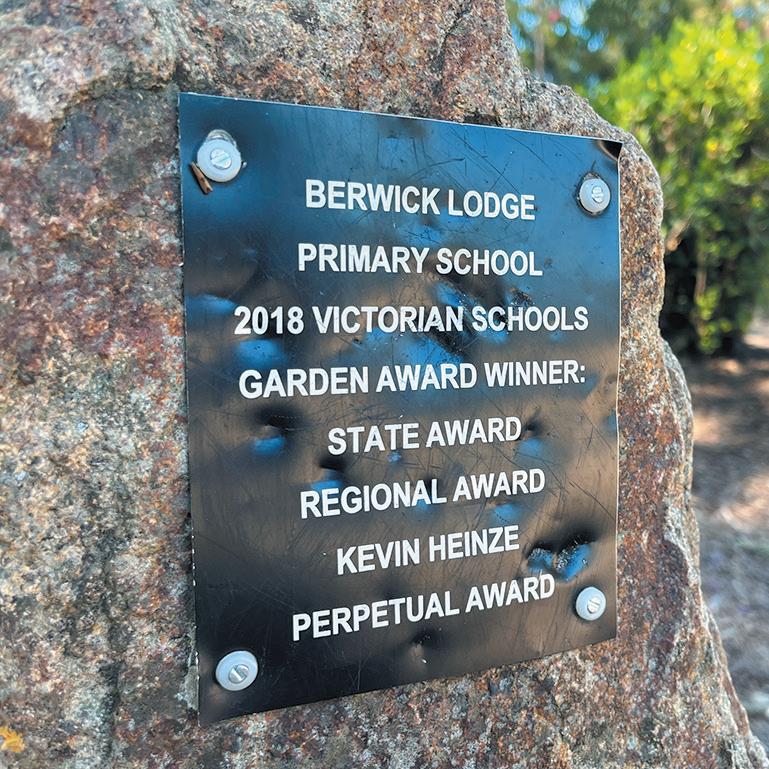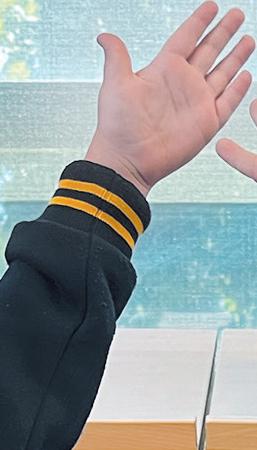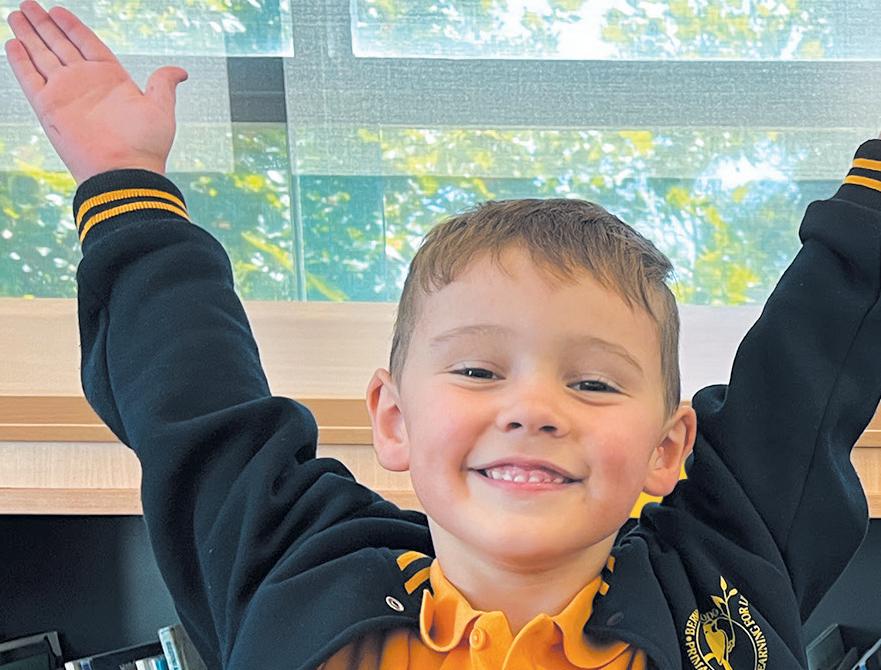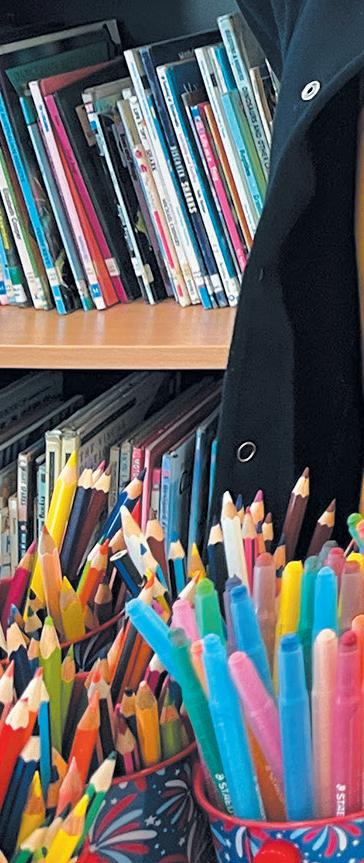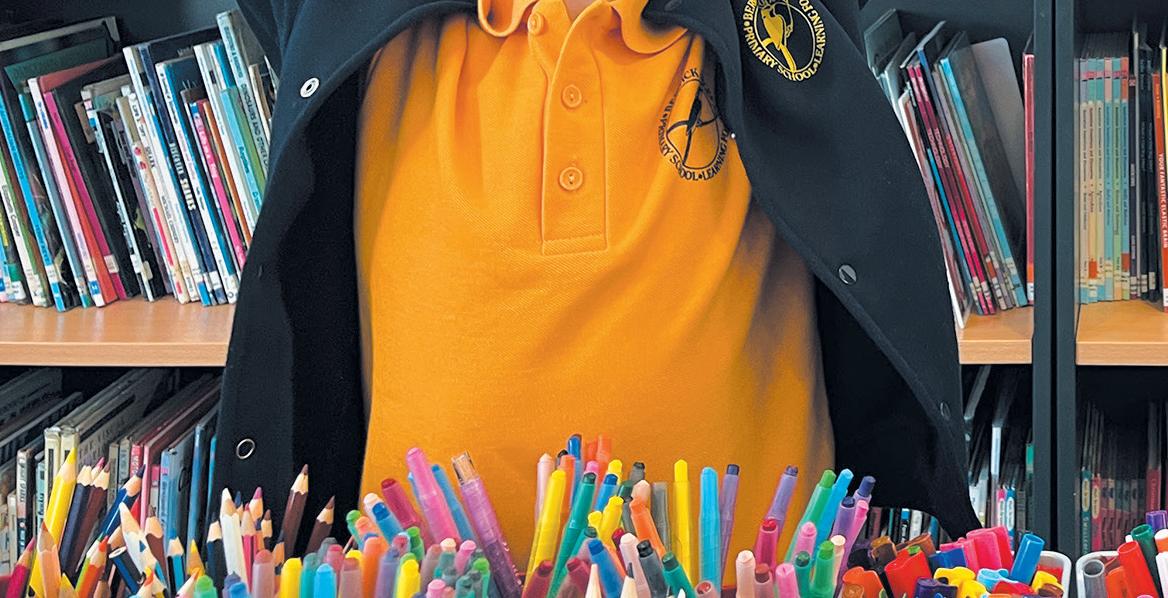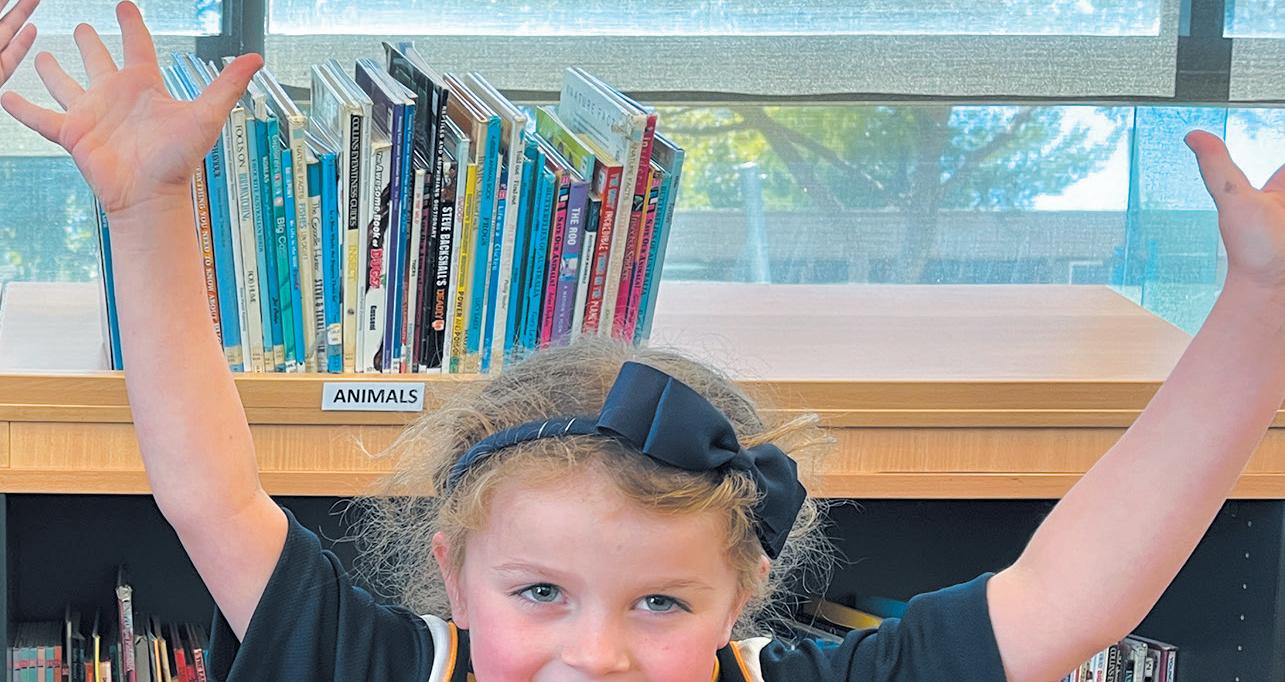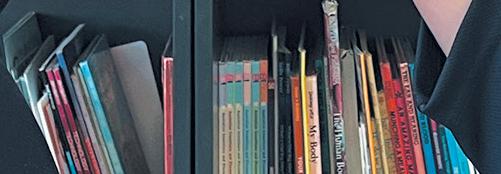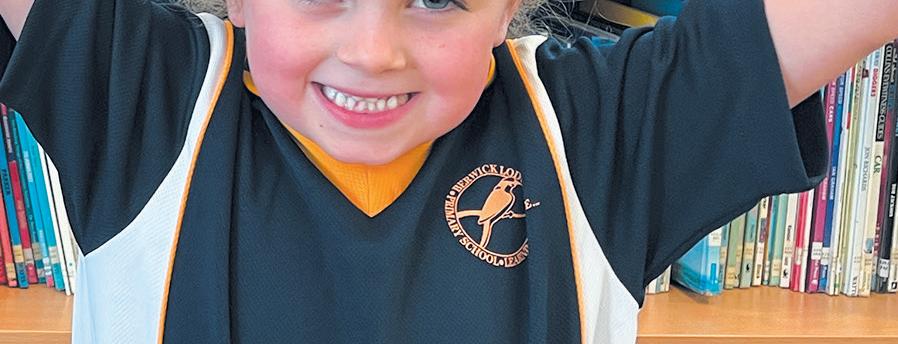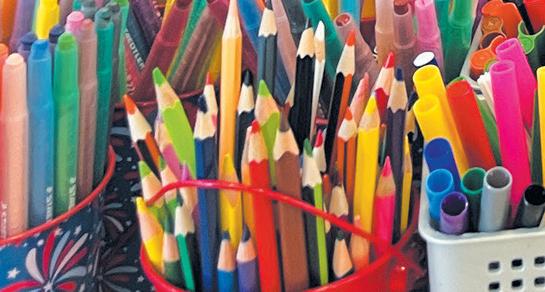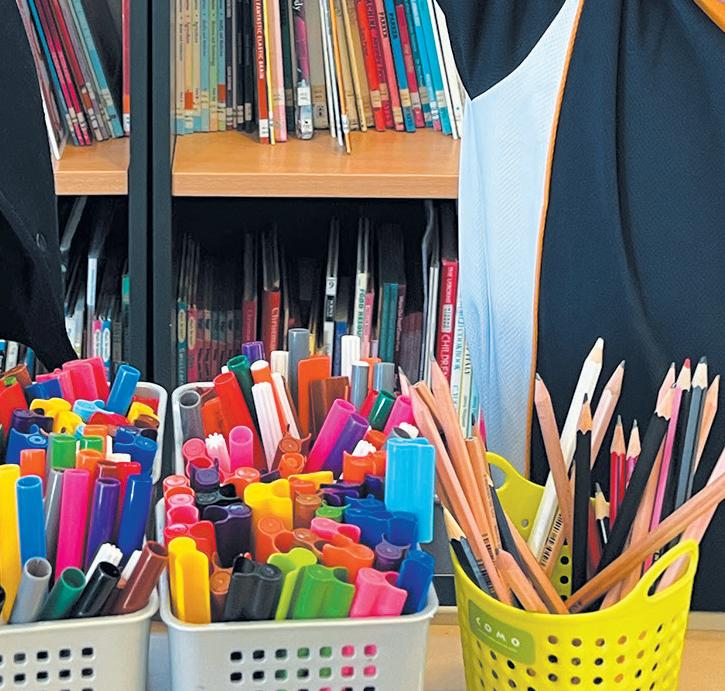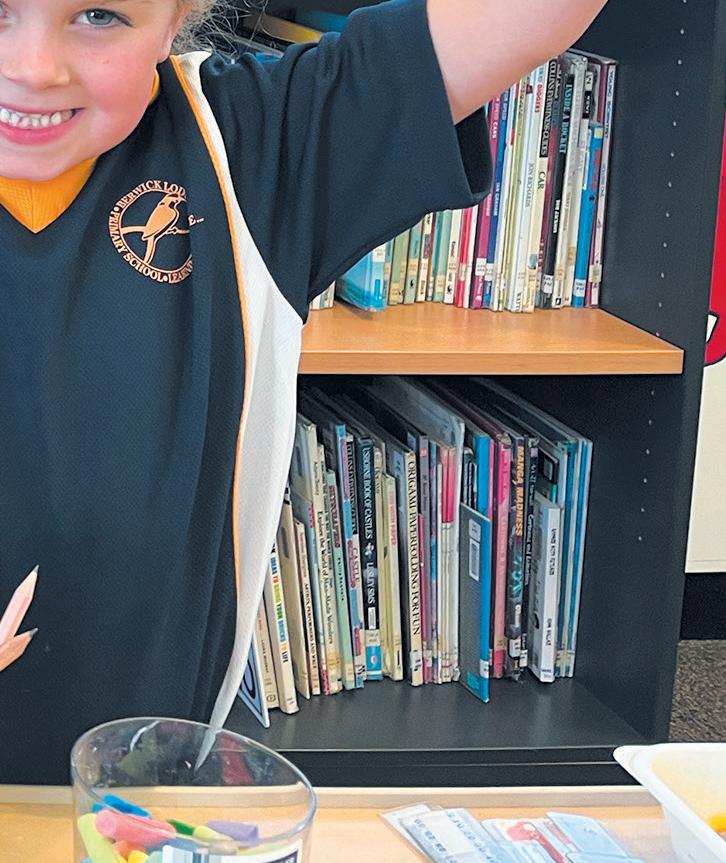




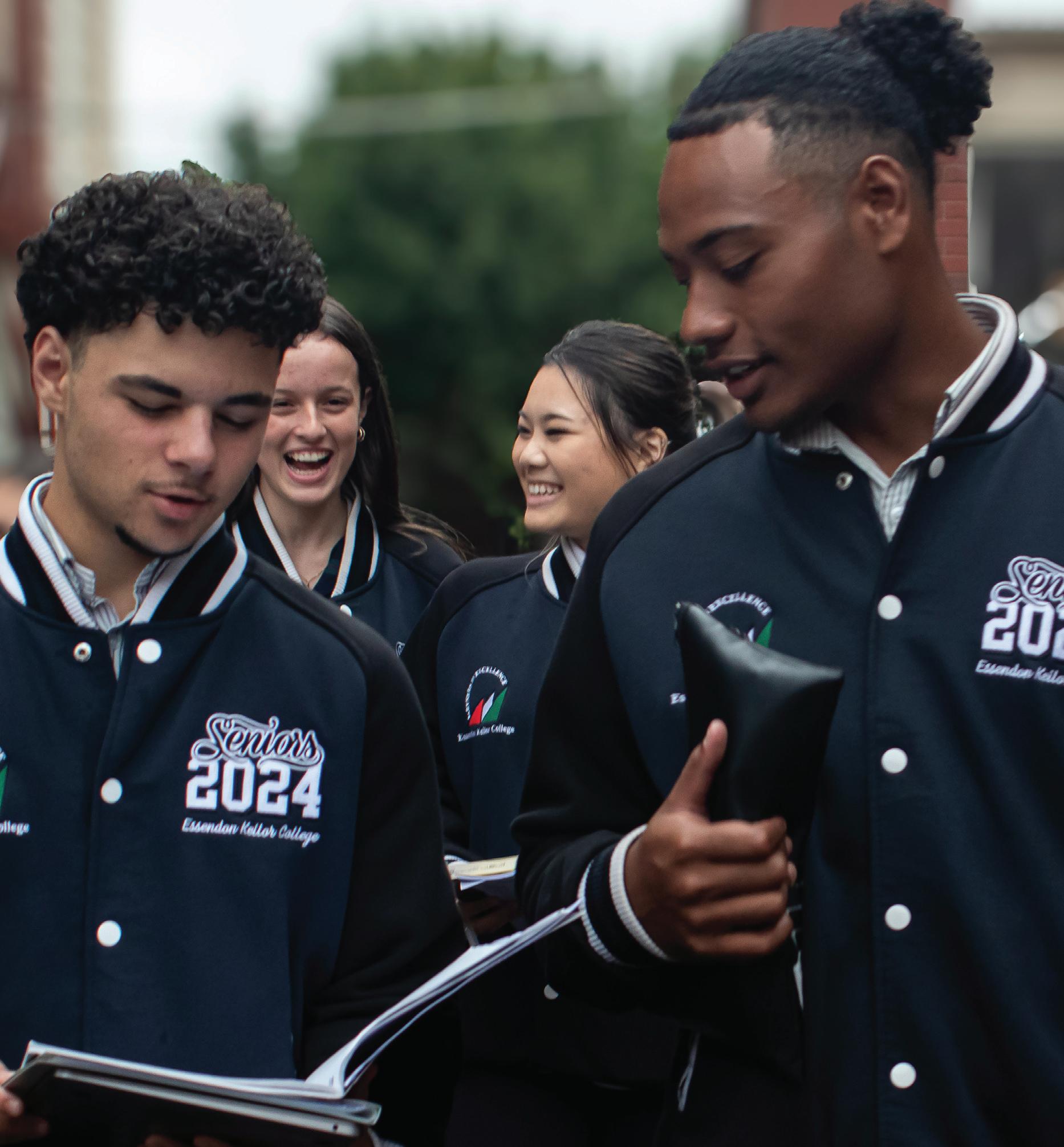
Berwick Lodge Primary School - pages 114,115 & back cover

Contents - page 157
Grossek’s View - pages 44 & 45
Primary Schools - pages 105 - 160
Secondary Schools - pages 2 - 101
Truganina P-9 College - pages 18 & 19

For further information refer to pages 2, 3, 36 & 37

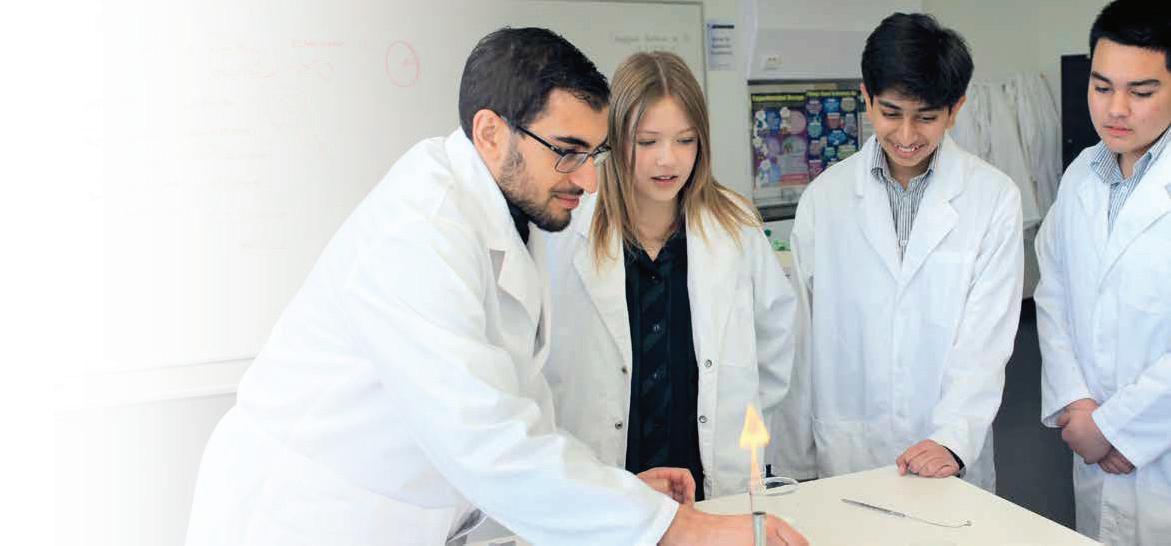








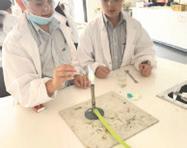
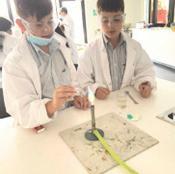


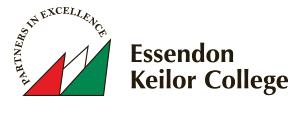
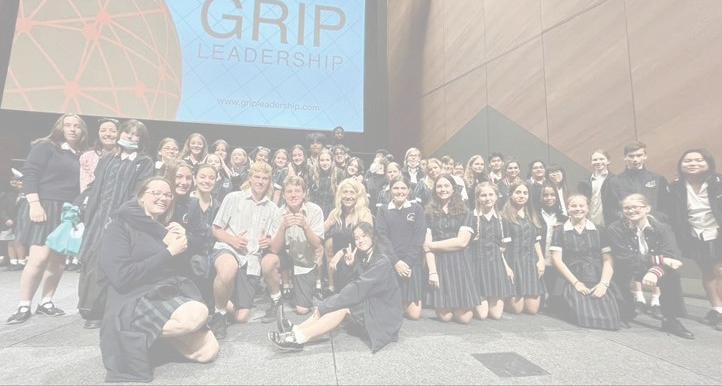

Unlocking Excellence: Ashwood High School’s Unique Legacy
CHOOSING the right school for our children is a pivotal decision—one that shapes their growth and happiness. As proud Principal Dr Brett Moore, I invite you to explore the distinctive qualities that make Ashwood High School stand out.
Nestled on an expansive 17-hectare site, Ashwood High School is more than a government school; it thrives as a boutique institution, often referred to as the private school within the government system. Dr Moore’s commitment is evident in the personalised touch he brings to our community. Greeting students by name in the yard every day, he encapsulates our dedication to knowing each student intimately, understanding their strengths, interests, and challenges.
Our VCE results have placed us among the ‘Top 10 Government Schools’ in Victoria. With a robust median study score of 32 in 2023, we take pride in the achievement that 56% of our students received ATARs of 80 or above, and an impressive 20% attained ATARs over 90. Building on the success of 2022, where the school was recognised as the highest-ranked local entry high school for university pathways, we continue to excel in providing exceptional educational opportunities for our students.
Our transformative journey includes not only academic success but a commitment to discipline, routine, order, and old-fashioned values. Dr Moore runs a tight ship, instilling a sense of safety and ensuring a return to ‘old fashioned’ values. Student voice and recognition is at the fore, with the many student leadership positions and awards, including our popular ‘School Colours’ badges worn on the blazer for excellence across academics, sport, community service, music, art and more.
Moreover, we prioritise providing academic support and enrichment opportunities. The renowned SEAL program—ACE (Accelerated Curriculum and Enrichment)—offers a supportive space for high-performing, motivated students seeking a complex, fast-paced, and integrated learning experience. Additionally, our
Join us in shaping a future where students not only thrive academically but also find inspiration, belonging, and endless possibilities.
Middle and Senior School Study Hall programs, held twice a week after school, provide essential extra help for students who may require additional assistance. We believe in fostering an environment where every student can excel and receive the necessary support to reach their full potential.
The unveiling of our $13.3 million STEAM and Research Centre signifies our commitment to fostering innovation, critical thinking, and environmental mindfulness. This space is not just about bricks and mortar; it’s a hub where ideas take flight, and future leaders are inspired.
Guided by our ‘CHOIR’ values—Community, High Expectations, Optimism, Innovation, and Respect—Ashwood High School creates an environment where students not only excel academically but also thrive in a vibrant atmosphere.
As we venture into 2024, we invite you to experience the unique atmosphere of Ashwood High School and to ‘feel the vibe’ in person. Join us on a school tour or explore Ashwood Revealed, our Open Day on Wednesday, 24 April 2024. Discover a school where excellence, community values, discipline, and safety intertwine seamlessly. Join us in shaping a future where students not only thrive academically but also find inspiration, belonging, and endless possibilities. Experience the unique atmosphere firsthand—discover Ashwood High School, where every student is known, valued, and empowered to unlock their full potential.
Dr Brett Moore, Executive Principal of Ashwood High SchoolHIGHEST RANKED LOCAL ENTRY HIGH SCHOOL FOR UNIVERSITY PATHWAYS IN 2023.
*56% of our students received ATARs of 80 or above, and 20% attained ATARs over 90.
Tours & Information
Sessions:
9:15am School Tour
10:15am Principal’s Address
11:30am School Tour
5:00pm School Tour
5:30pm School Tour
6:00pm School Tour
6:20pm School Tour
7:00pm Principal’s Address
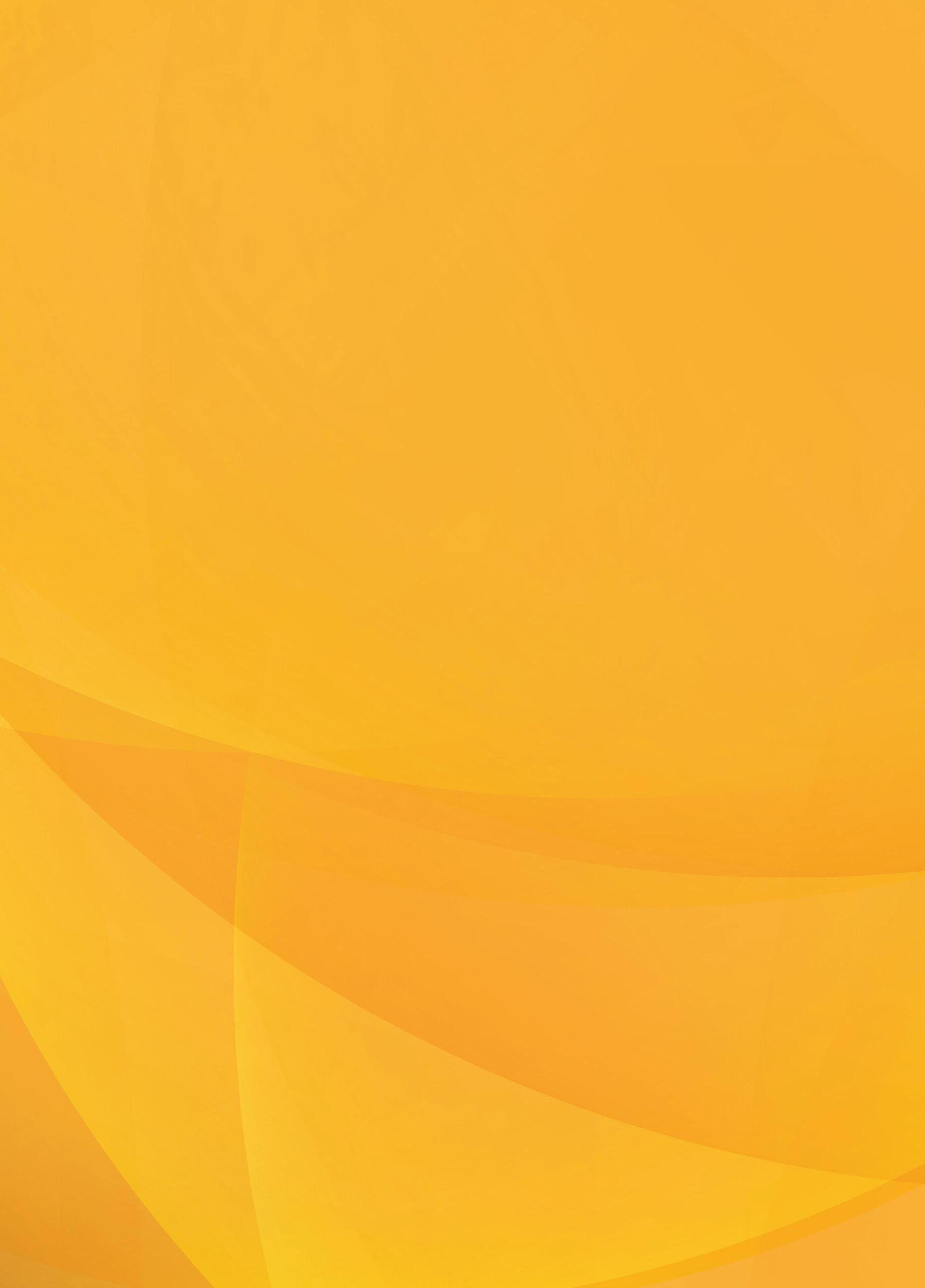


Join our Year 7 approved SEAL (select entry) Program in 2025
ACE – Accelerated Curriculum & Enrichment Program
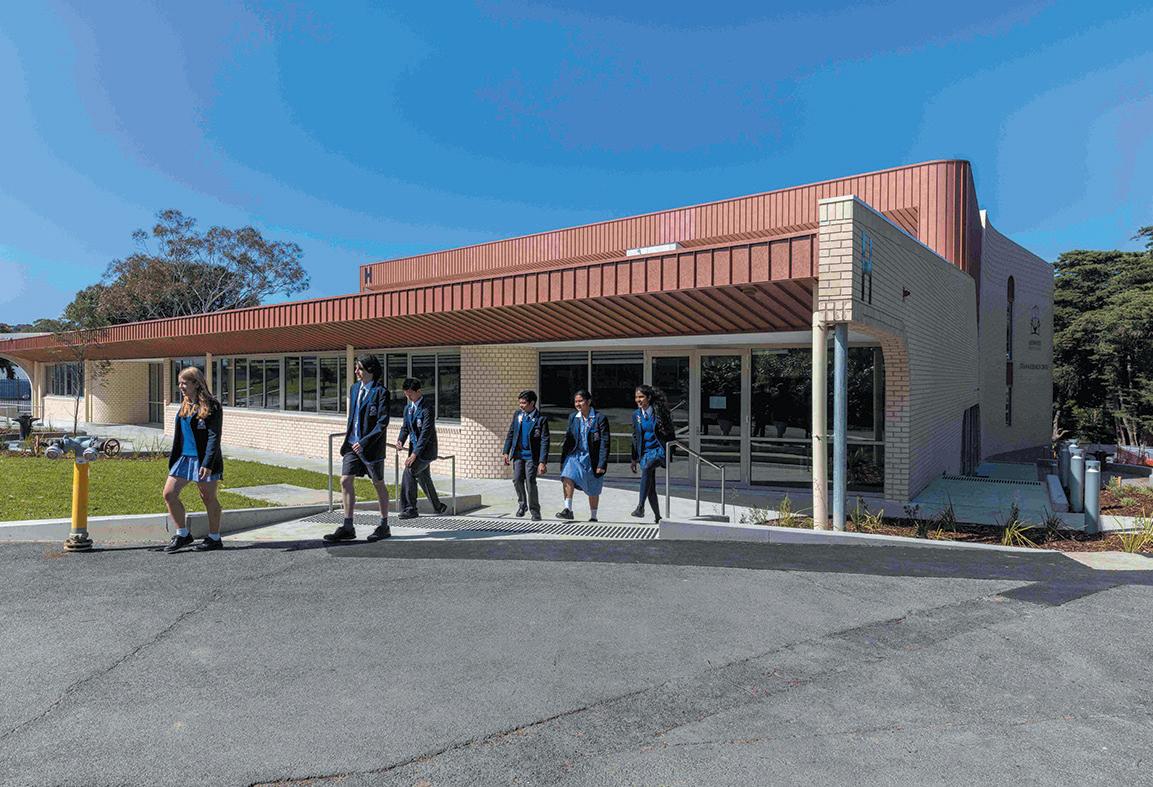
Testing Saturday 20 July 2024 (Apply before 12 July 2024)
Ashwood Revealed OPEN DAY & NIGHT
Wednesday 24 April 2024
Book online
Vannam Drive, Ashwood 3147 9807 1333
www.ashwood.vic.edu.au
BERWICK College commenced in 1977 with the motto “Crescam – I shall grow” and today, through our strong emphasis on excellence in teaching and learning, our students continue to demonstrate growth.
I am very proud of this College; our inclusive education, our provision of pathways for all students, our multi-generational connections and our commitment to delivering successful outcomes for our students.
Our 2023 Dux, Callum, achieved 99.05 and our students achieved excellent VCE results, featuring in Top Designs, Top Class Dance and the State Schools Spectacular. Students in elite programs such as High Achievers’, Basketball Academy, Dance Academy and Instrumental Music are excelling and can access many exciting opportunities.
The Victorian Education Excellence Awards recognise inspirational teachers, principals and education support staff who improve schools and support children and young people. Berwick College’s outstanding staff have been consistently recognised as winners and finalists in the following categories - Outstanding Secondary Teacher (Finalist 2020, Winner 2018), Outstanding Early Career Teacher (Finalist 2022), Outstanding Koorie Education (Winner 2017, Winner 2021), Outstanding Education Support - Wellbeing Team (Finalist 2016 and 2017) and Learning Support Team (Finalist 2021) and Outstanding Business Manager (Finalist 2019 to 2021).
Dedicated teachers, wellbeing staff, career
guidance and transition programs ensure our students are well supported and cared for throughout their school life. Activities and events are held throughout the year to support our students to build organisational and study skills, develop strong peer relationships, enhance resilience and empathy, and to build a sense of connectedness to our school community.
Our Health and Wellbeing Centre ensures all students have the best possible care for trauma, mental health and physical wellbeing, while support is provided for parents and carers.
Learning Teams look after our students where we get to know each student, tracking their achievements and encouraging them to make a difference in the wider community through supporting a charity of their choice.
Berwick College offers an extensive range of school and inter-school sporting activities in outstanding sporting facilities, including hockey pitches, tennis courts, netball courts, the basketball stadium and fitness gym, Leisure Centre and access to the City of Casey Athletics track and Edwin Flack oval.
Our College has a vibrant history in the Berwick community and global connections to alumni in a wide variety of fields. Prospective parents and students are warmly invited to our Information Evening on Wednesday, 1st May 2024 at 6:00pm and College Tours are available on Wednesdays at 9:30am throughout the year. Bookings available through www.berwickcollege. com.au

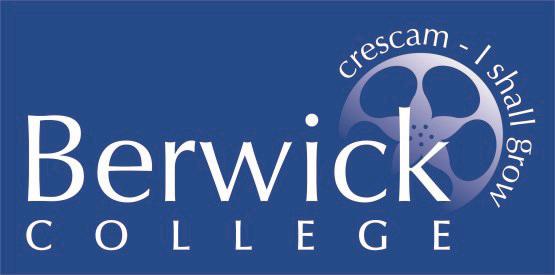
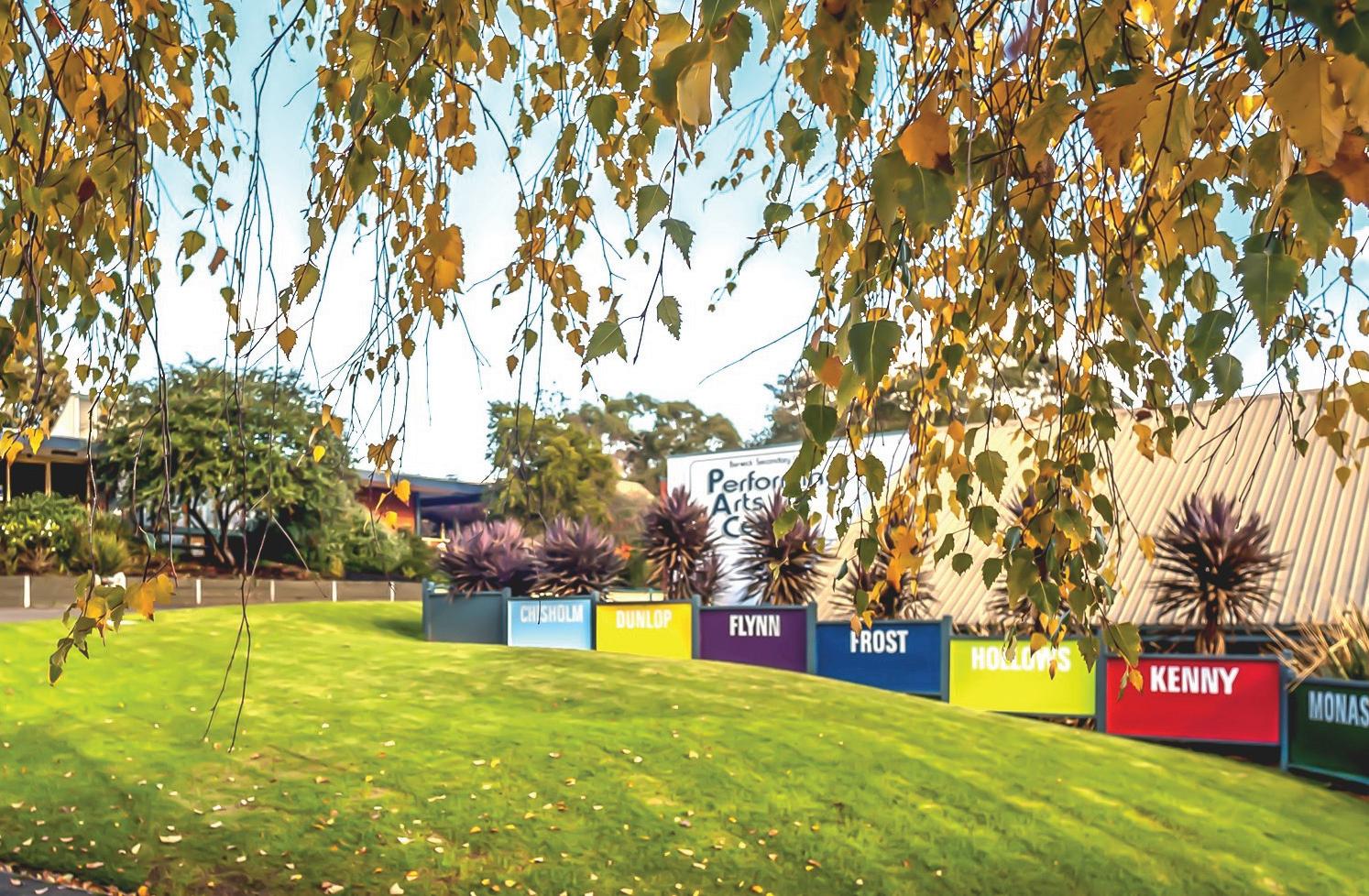
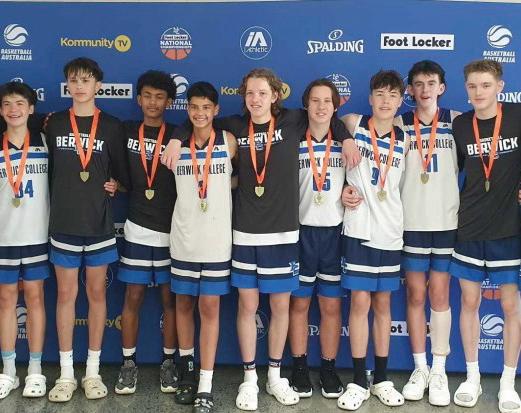
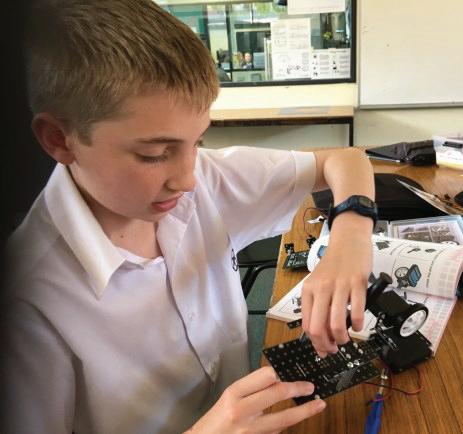
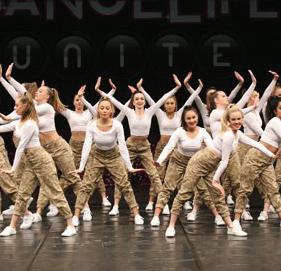

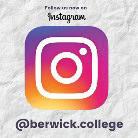
BLACKBURN High School is a co-educational Government Secondary School with a long tradition of excellence in delivering a dynamic curriculum that meets the diverse needs of all our students. Our positive school culture inspires students to flourish academically, emotionally and socially, and to achieve outstanding educational outcomes.
The school is situated on a spacious 12-hectare site with extensive gardens and sporting facilities, including our covered outdoor learning area, multiple sports courts, gymnasium and fitness room. Our state-of-the-art STEM Centre features fifteen science laboratories and specialist technology classrooms, including digital multimedia, robotics design, materials technology and a 3D printing laboratory, all centred around a central open-air courtyard. Inside these exceptional facilities, we foster our students’ creative and critical thinking with a school-wide STEM program of design thinking, problem solving and extra-curricular opportunities such as the STEM Club and Robotics Competitive Team.
Blackburn High School is a vibrant innovative caring and inclusive space where students work together to become successful learners, confident and creative individuals, and active citizens. Our students are encouraged to be leaders and participate in decision making to shape the future of our school. Our student Leadership Program ensures that a range of diverse voices are heard and considered.
Our online platform XUNO gives parents and guardians access to student attendance, assessment information and communication.
We provide a comprehensive challenging curriculum that encourages a strong work ethic, as well as many extra-curricular opportunities that enhance school life. These include a variety of lunchtime Clubs, Robotic Competitions, Camps, our highly acclaimed Instrumental Music Program, a successful PE Program that includes Interschool Sports and Duke of Edinburgh Award, STEM (Systems, Technology and Mathematics), French and German Language Programs, and wide variety of Arts programs.
Our new VCE Centre provides an area that
Our positive school culture inspires students to flourish academically, emotionally and socially, and to achieve outstanding educational outcomes.
Students in Years 10 to 12 has flexible spaces for collaborative learning and quiet study.
In Years 11 and 12, we provide an extensive range of studies in the Victorian Certificate of Education (VCE) and VCE Vocational Major. Early-start VCE subjects are offered for students who display the required learning behaviours, commitment and desire to extend themselves at VCE. In addition, some Year 12 students may be offered an opportunity to study a university subject.
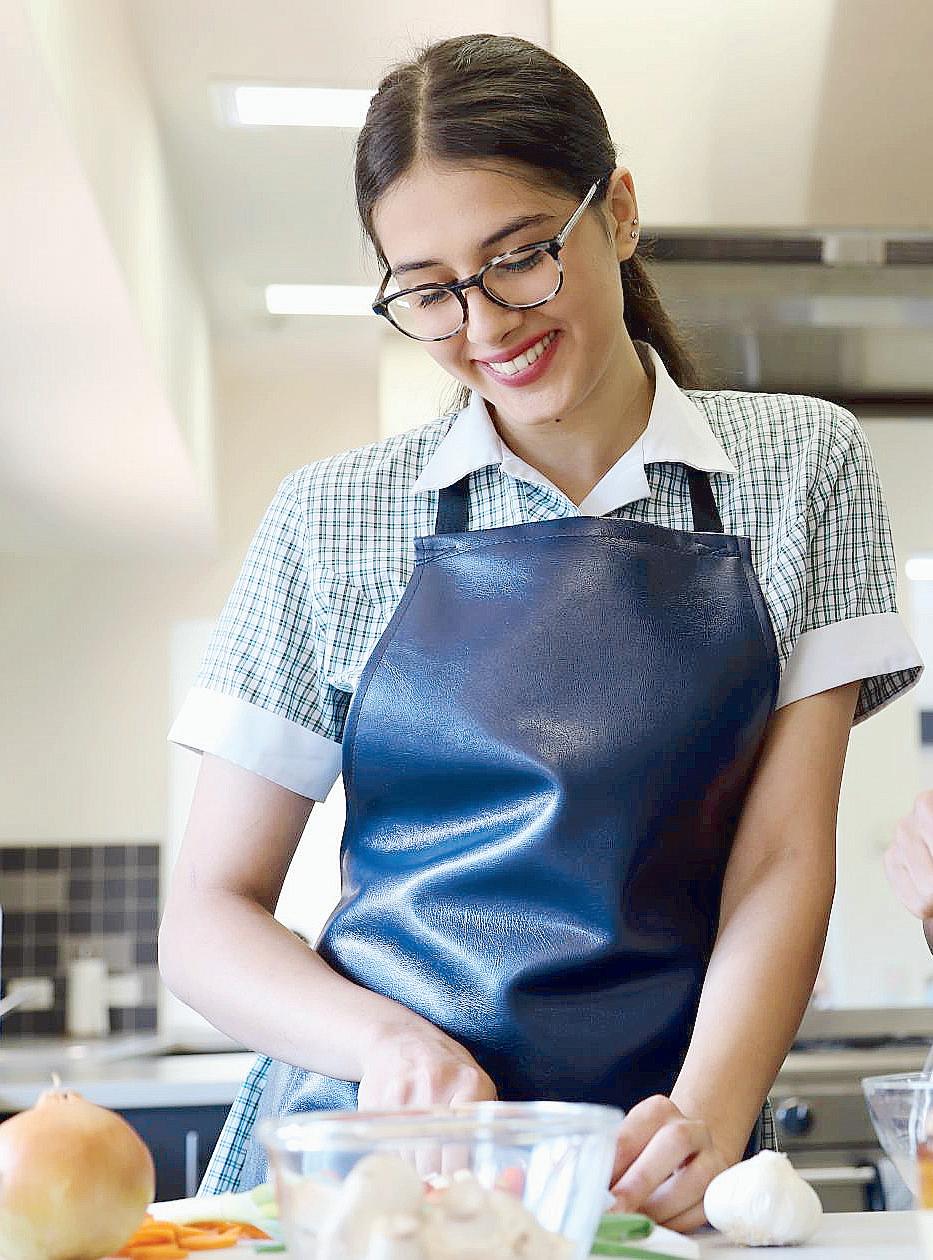
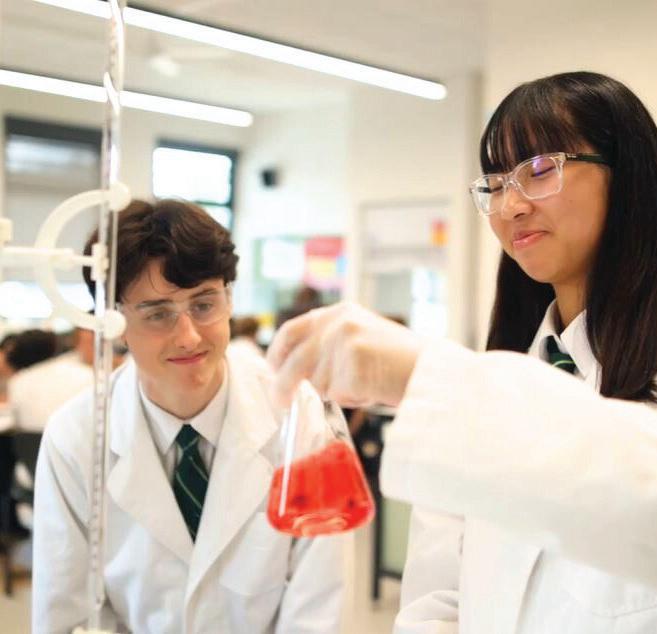

AT Boronia K-12 College we are committed to developing our students into responsible members of the local, national and global communities that they live in.
Our contemporary buildings are second to none! We pride ourselves on building the use of technology from Foundation up to our BYOD program commencing in Year 5 throughout the secondary school experience. The consistency in our Instructional Model and Whole School Positive Education Framework ensures that we are supporting students at every stage of our schooling with consistency of language and practice.
We pride ourselves on positive transitions, working with families and Year 6 staff both at our College in beyond to ensure that they feel supported and connected every step of the way. We have carefully selected staff and learning experiences that promote a sense of ownership and pride in their school environment as well as supporting a sense of belonging and community.
We have a wide selection of electives and dedicate time for course counselling, with support for pathways and transitions paramount and work together with student and family and external supports to cater to student needs.
In order to support students to engage with positive behaviours, we have made adjustments to the school day that prioritise work with students across the college to explore a Framework that teaches into and promotes positive behaviours at school, at home and in the community. Customised and co-created, these college wide behavioural expectations are explicitly taught in carefully and purposefully constructed lessons that not only explore these but have strategies and positive, specific feedback around them. This has also allowed us regular, frequent cohort and year level assemblies that celebrate academic and individual success, share ideas and provide a connection within and between year levels.
Boronia K-12 College is an innovative and responsive environment that offers quality teaching and learning programs delivered by our skilled staff. We are a proud International Baccalaureate Primary Years Program school that is committed to developing students who strive to be skill communicators, constructors of knowledge and real-world problem solvers.
We look forward to welcoming you on a school tour. Book now via our website www. boroniak-12.vic.edu.au/ or by contacting boronia.k12@education.vic.gov.au
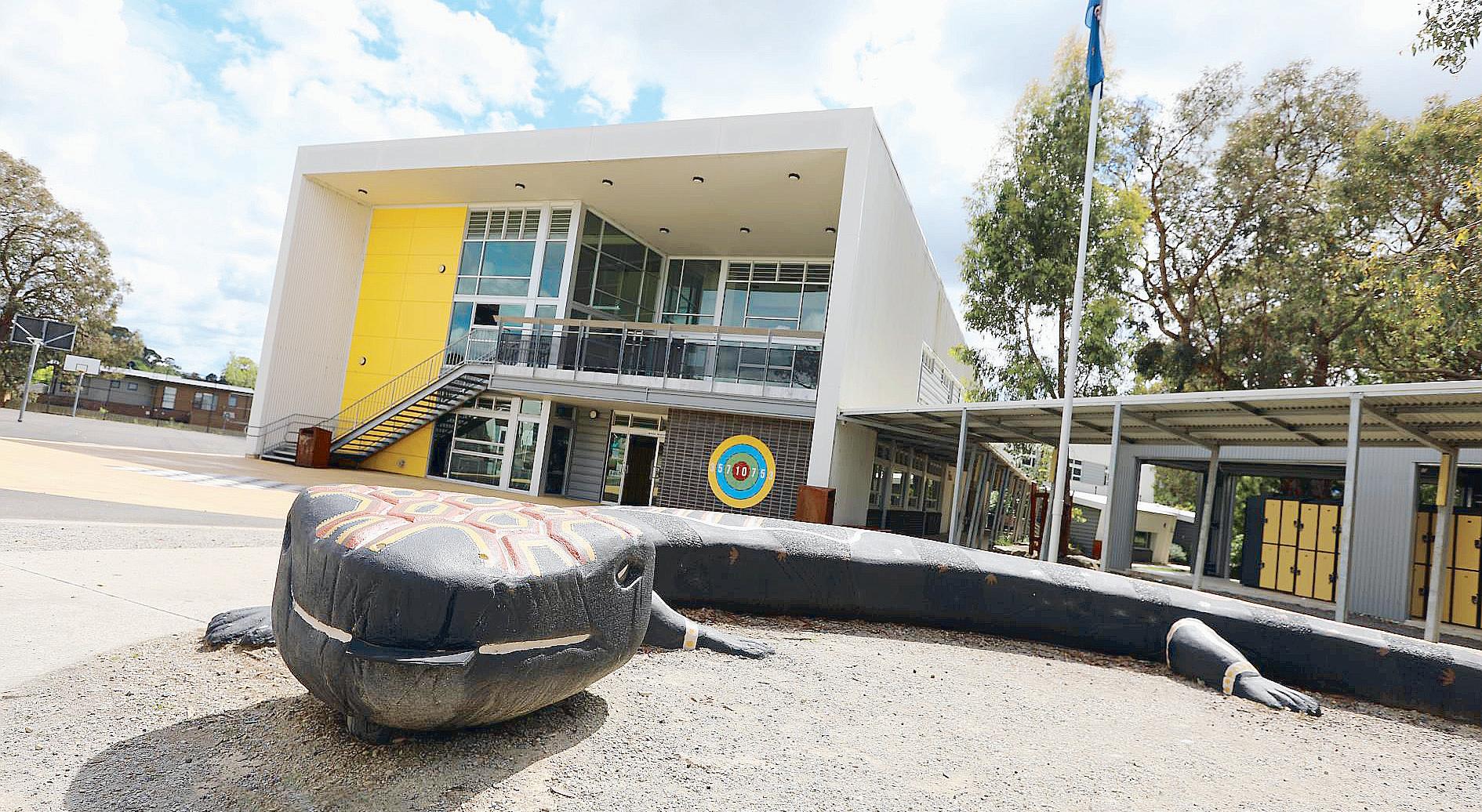
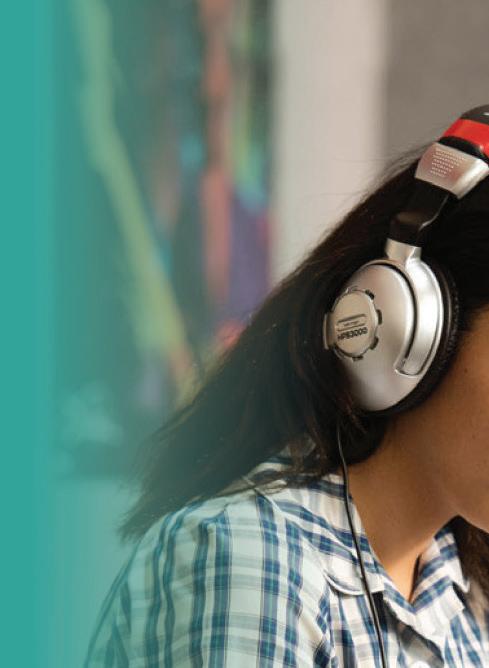
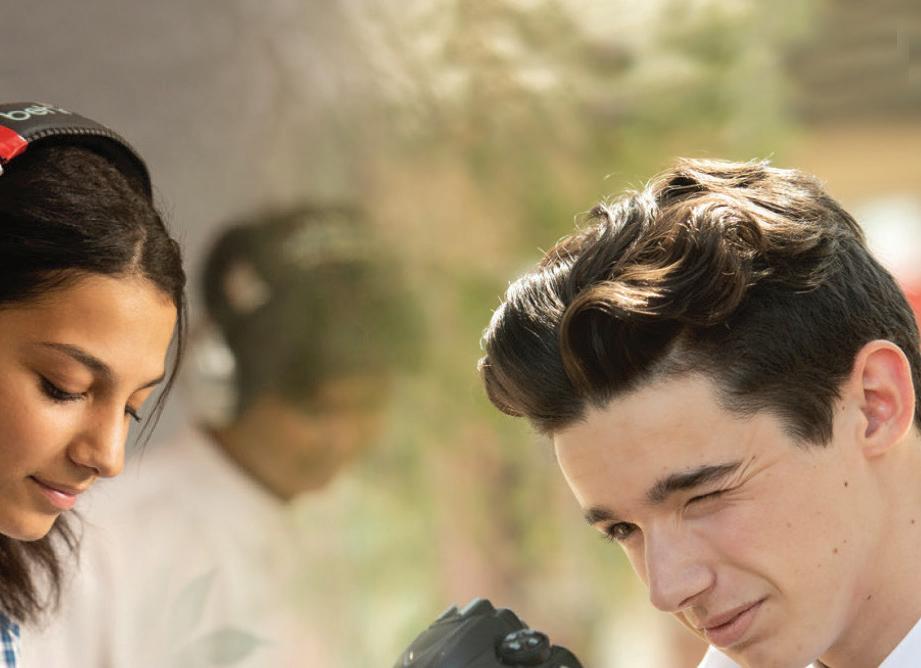





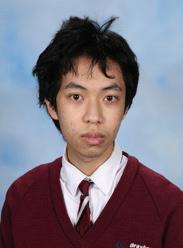
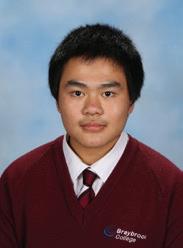
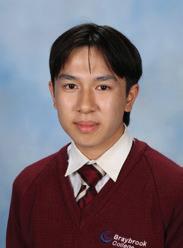
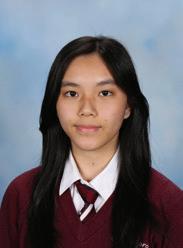
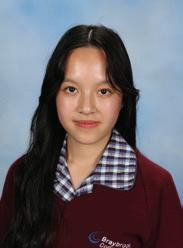
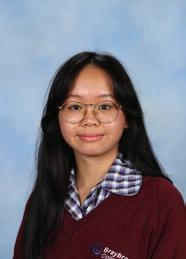
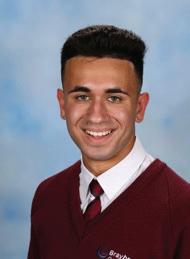
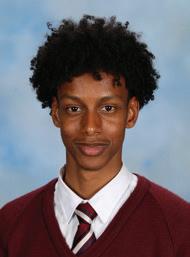
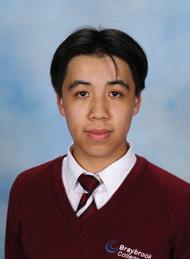
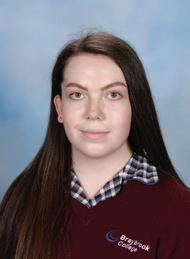
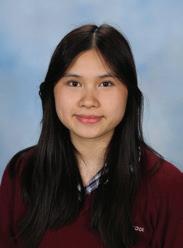
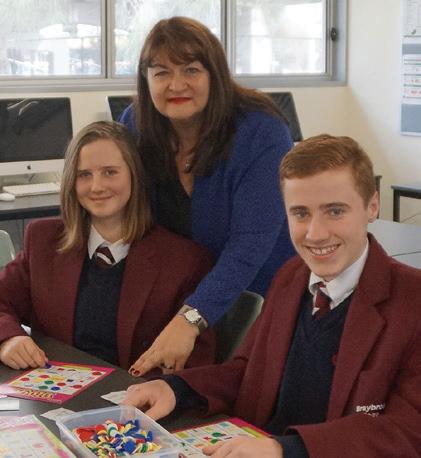
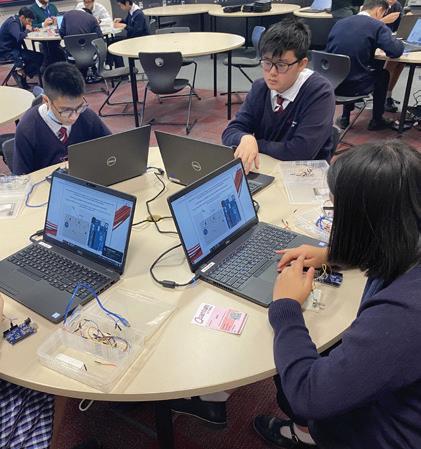
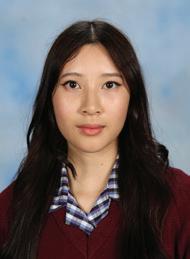
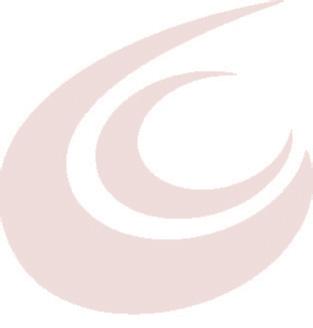
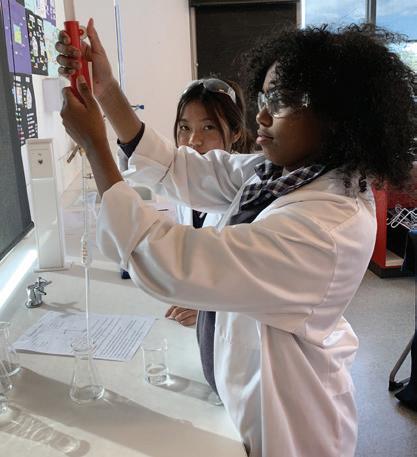
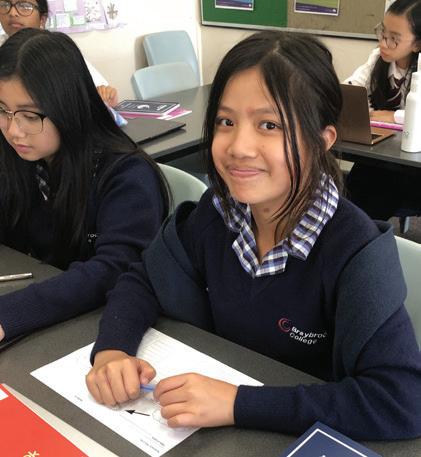
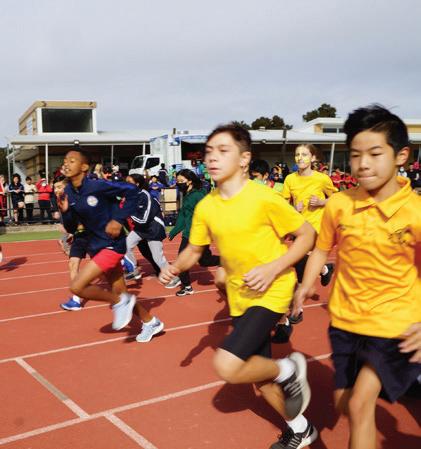
BRENTWOOD Secondary College is a vibrant learning community where all students are supported and encouraged to achieve success and to pursue excellence. Students are supported in their intellectual, emotional, social and physical development by a highly professional group of staff. The belief that happy, healthy, resilient students learn best and are therefore able to achieve their best is a guiding philosophy.
A Brentwood education will provide every student with the opportunity to develop their talents, to nurture a passion and to grow in confidence about their future. The values that underpin a Brentwood education reflect the concept of a genuine learning community. They include Values for Learning (creativity, curiosity, discipline, reflection and resilience) and Values for Community (compassion, empathy, integrity, respect and responsibility).
The academic program is supported by a strong commitment to pastoral care and a cocurricular program that promotes high levels of student leadership and participation. An innovative junior school curriculum includes the Year 7 Thinking, Learning and Creativity (TLC) program, which integrates English and Humanities. Students entering Brentwood Secondary College at Year 7 have the opportunity to apply for a place in the Curriculum Enrichment
They include Values for Learning (creativity, curiosity, discipline, reflection and resilience) and Values for Community (compassion, empathy, integrity, respect and responsibility).
Program. The program is offered to students who demonstrate academic skills above those of their peer group. At Years 8 and 9 students undertake a comprehensive curriculum, with opportunities for support and individualised learning pathways.
The senior school curriculum, which includes Years 10, 11 and 12, promotes personalised pathways along with opportunities for advanced placement and university enhancement studies. A secure education and/or training pathway beyond Brentwood is a priority for all senior students.
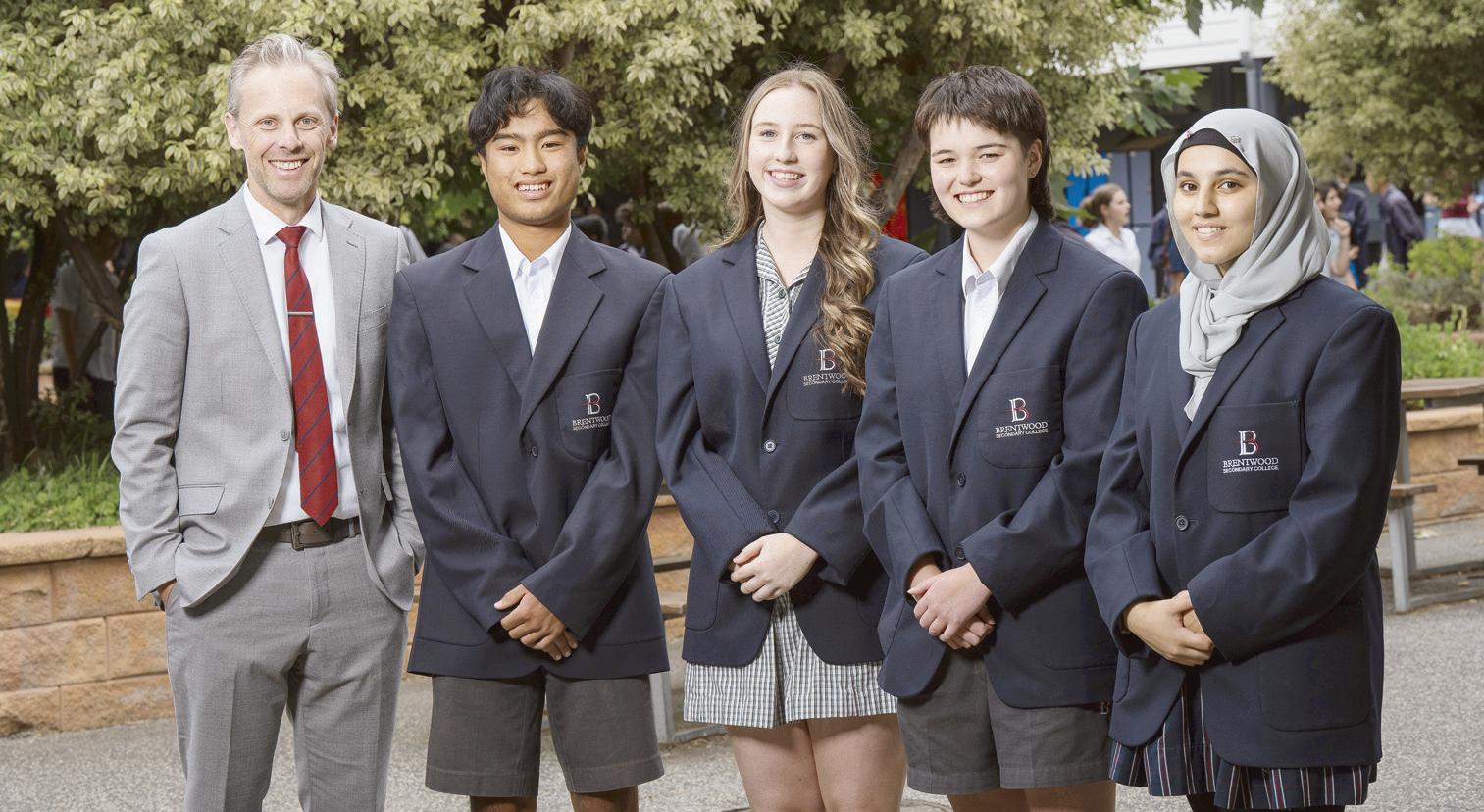
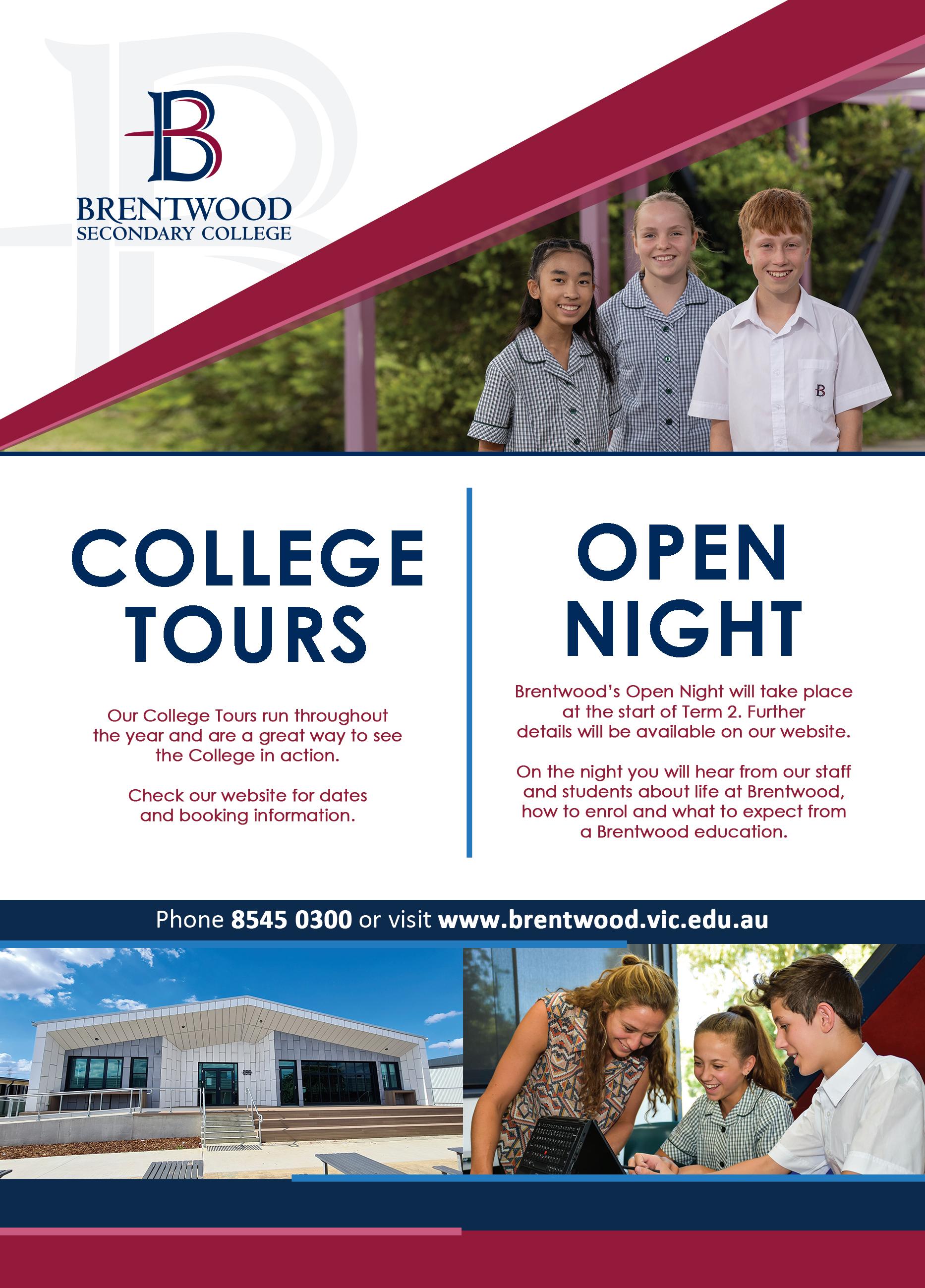
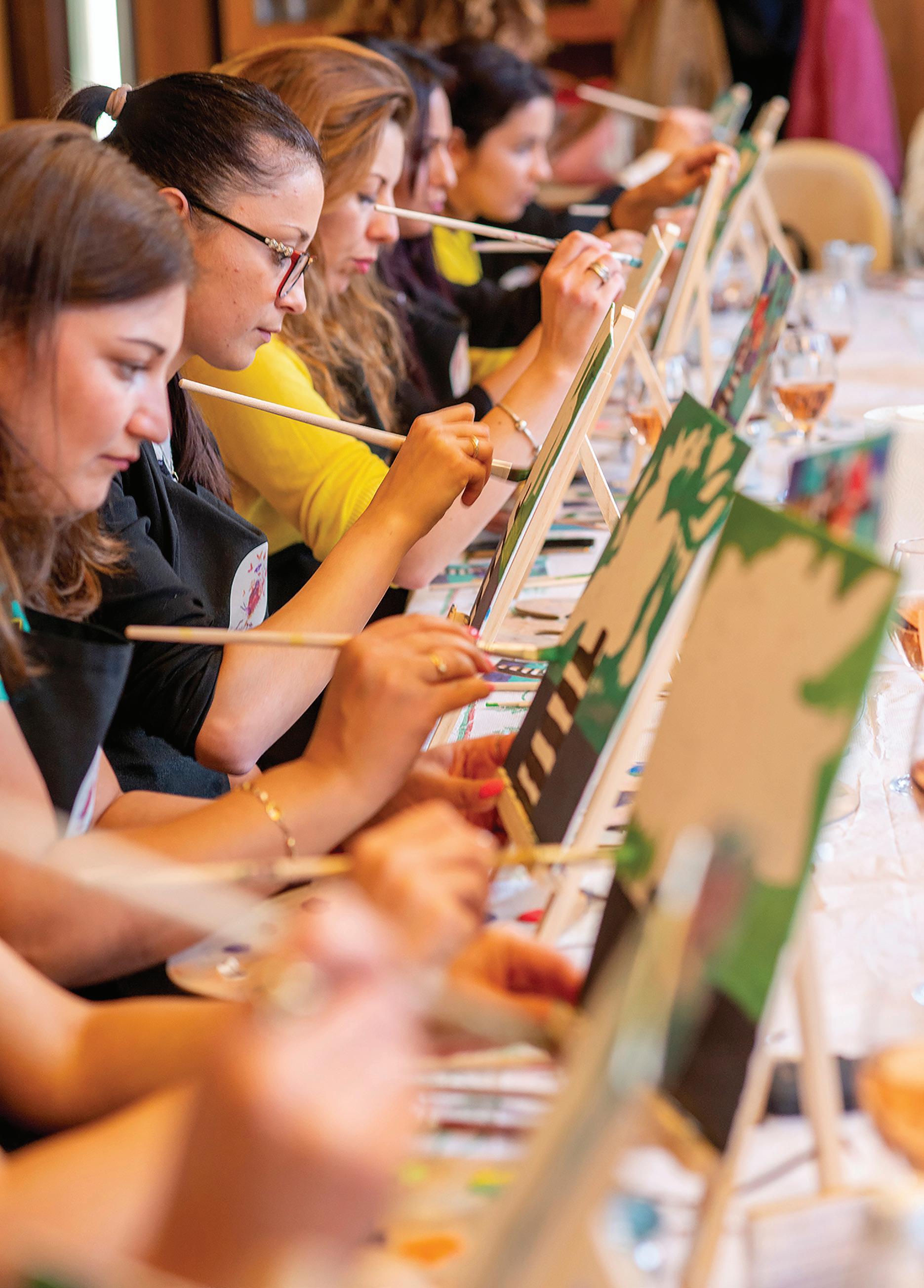

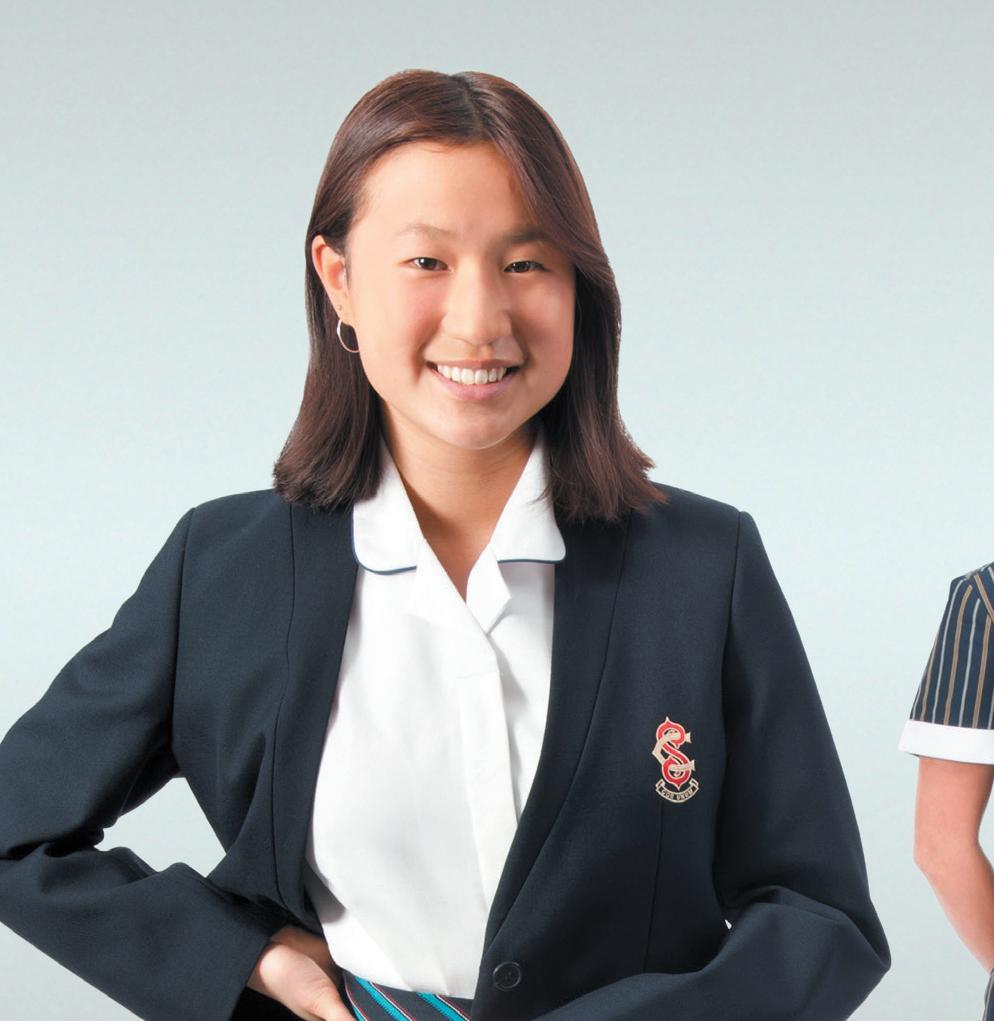
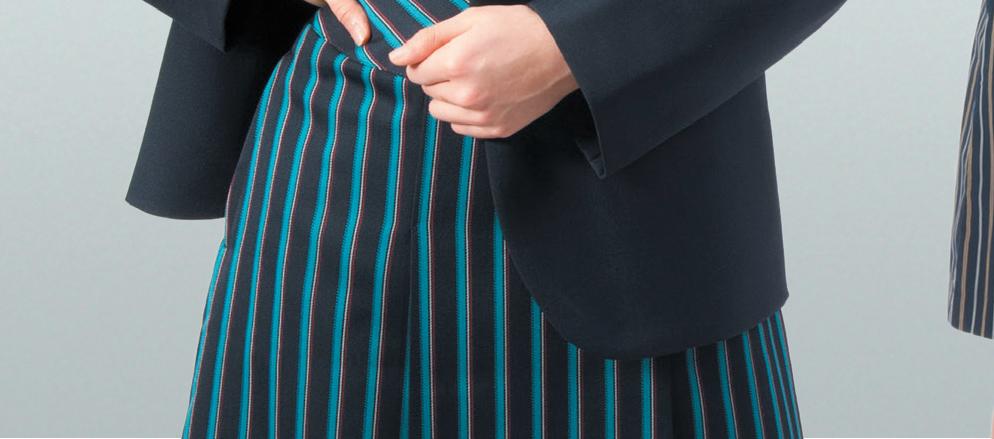
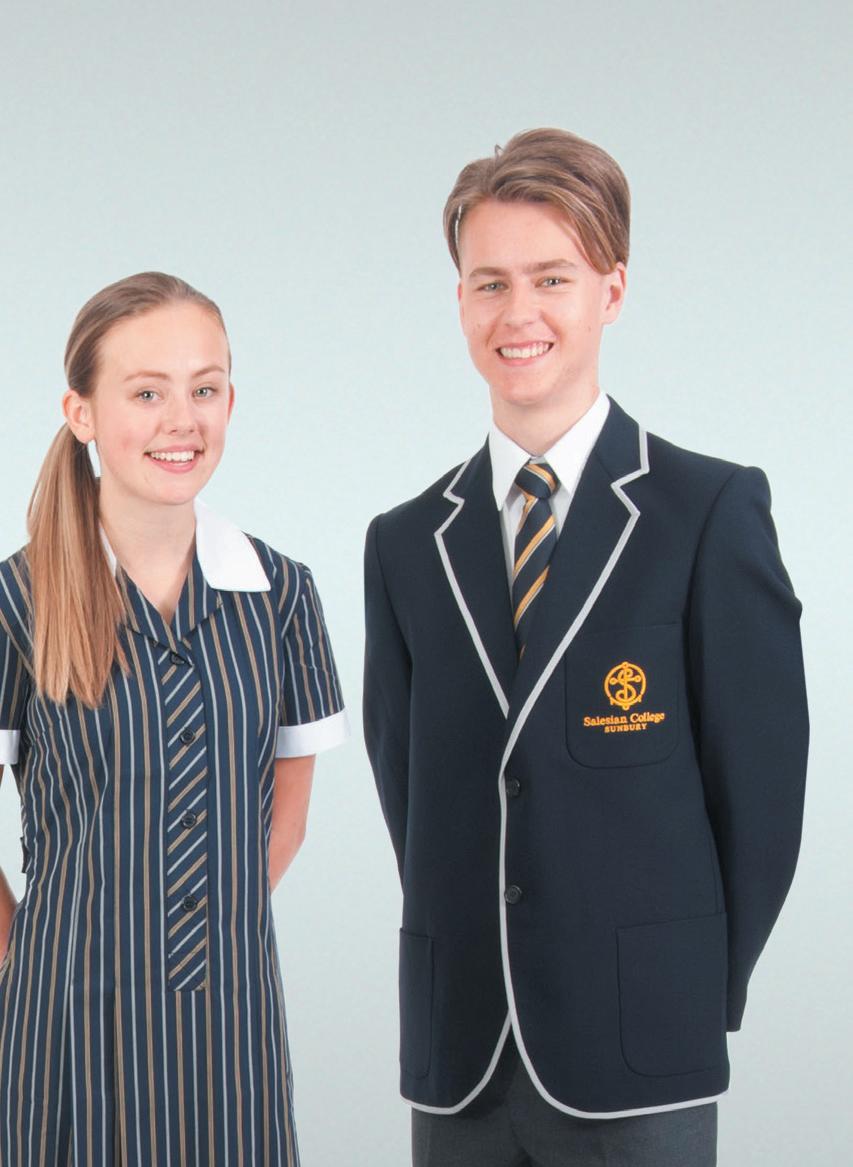
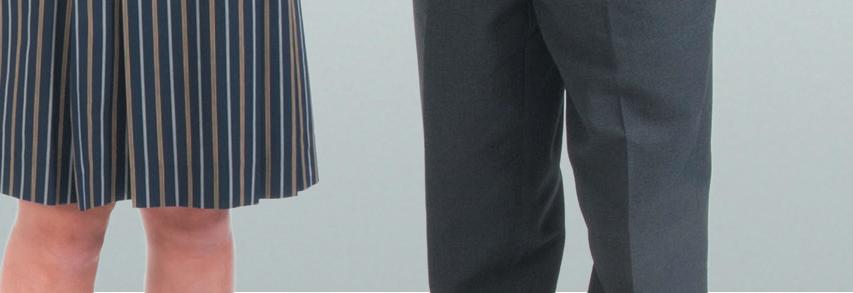
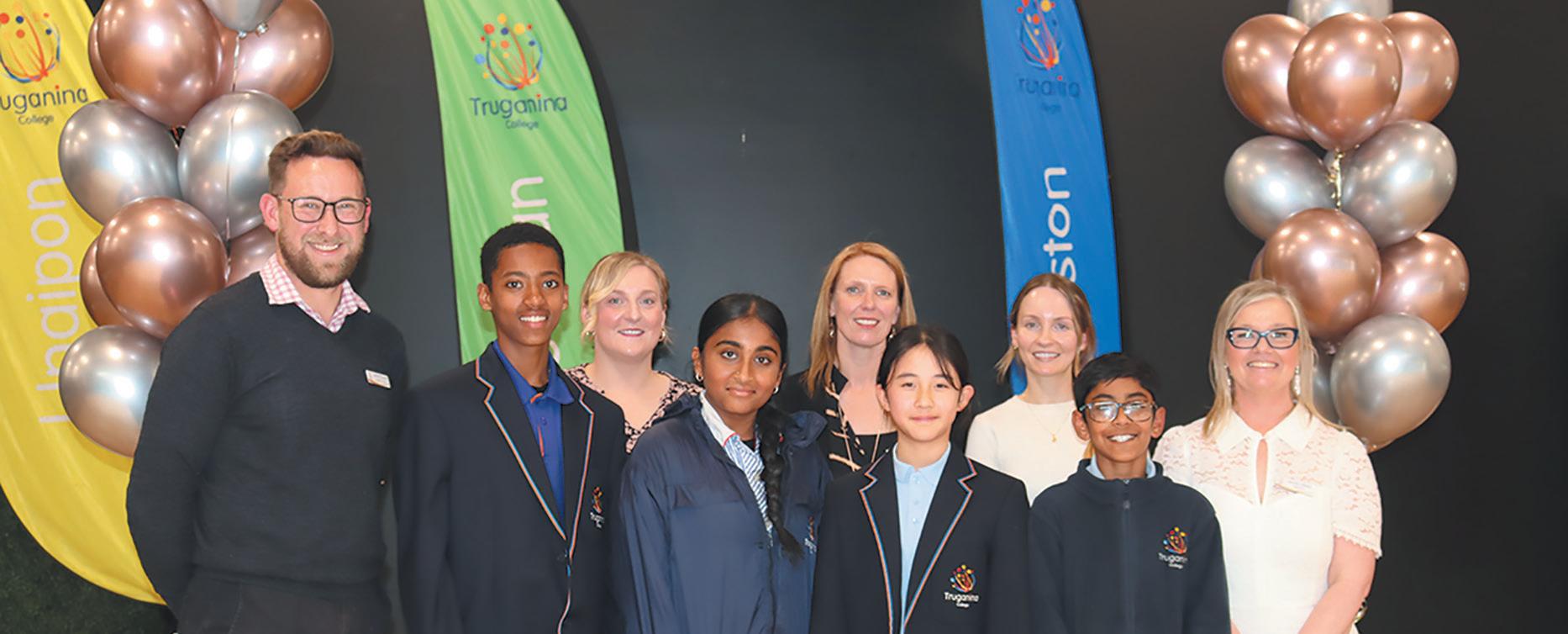
Truganina College, located on the land of the Bunurong people of the Kulin Nation, is a Prep to Year 9 government school. Opened in 2015, Truganina College is very proud to provide a 21st century guaranteed and viable curriculum that results in outstanding student achievement and producing good humans. At Truganina College, we believe Literacy is everybody’s business! Literacy development is in all Curriculum areas. Inclusive of all, our school community has high expectations and is committed to the values of Learn, Respect, Resilience and Responsibility.
Learn - we actively learn through persistence and having a growth mindset
Respect - we are respectful by being kind to ourselves, others and the environment
Resilient - we are resilient by noticing our emotions, problem solving and knowing when to ask for help. Responsible - we are respectful by being safe, honest and following instructions
These values are exemplified throughout the College daily and are celebrated termly through Excellence Assemblies. Strong values allows the College to sustain an unrelenting focus on student growth in the areas of literacy and numeracy in all subjects. Teachers collaborate in Professional Learning Communities (PLCs) to cater for the educational needs of each learner. Professional Learning Communities draw on their comprehensive knowledge of the curriculum, their students’ and data to plan for explicit teaching. Using small group instruction in each lesson each day, teachers are able to differentiate and provide 1:1 feedback to your child. The College also provides enrichment opportunities included, but are not limited to; Victorian High Ability Program, Maths Extension,
Tutor Learning Initiative, MacqLit, Multi Lit, Leveled Literacy and Numeracy Intervention Program.
Spanish, Stem and Art is taught across the College and in Year 8 and 9, additional elective choices are offered to reflect student voice, agency and leadership opportunities. These include Basketball, Outdoor Education, Model United Nations, and School Projects. Soundgarage music school and Victorian School of Languages are also provided at the Campus..
Recognising that wellbeing is central to our ability to learn, Truganina College has a dedicated and comprehensive wellbeing team. Consisting of a psychologist, social workers, school counselors, mental health practitioners, students are able to access support, strategies and resilience. Community Liaison Officers and student wellbeing officers further connect students, families and the school community together to guide students’ to reach their goals and be their best selves.
Mrs. Nicole O’Brien, the College Principal and staff welcomes all students and families to visit our campus and website to explore our positive learning environment, excellence in teaching and learning, and good humans. We look forward to hearing from you soon.
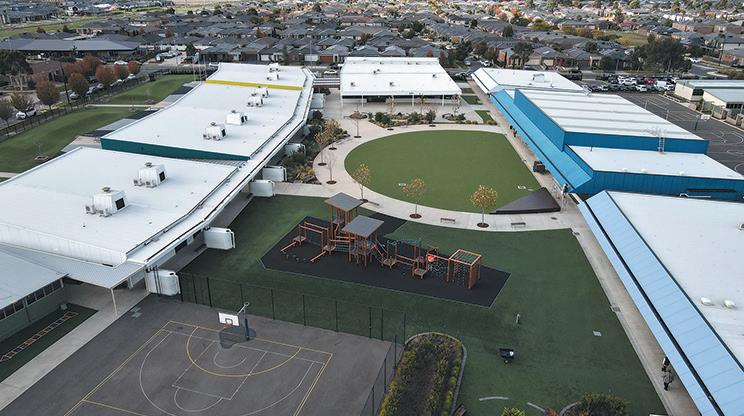
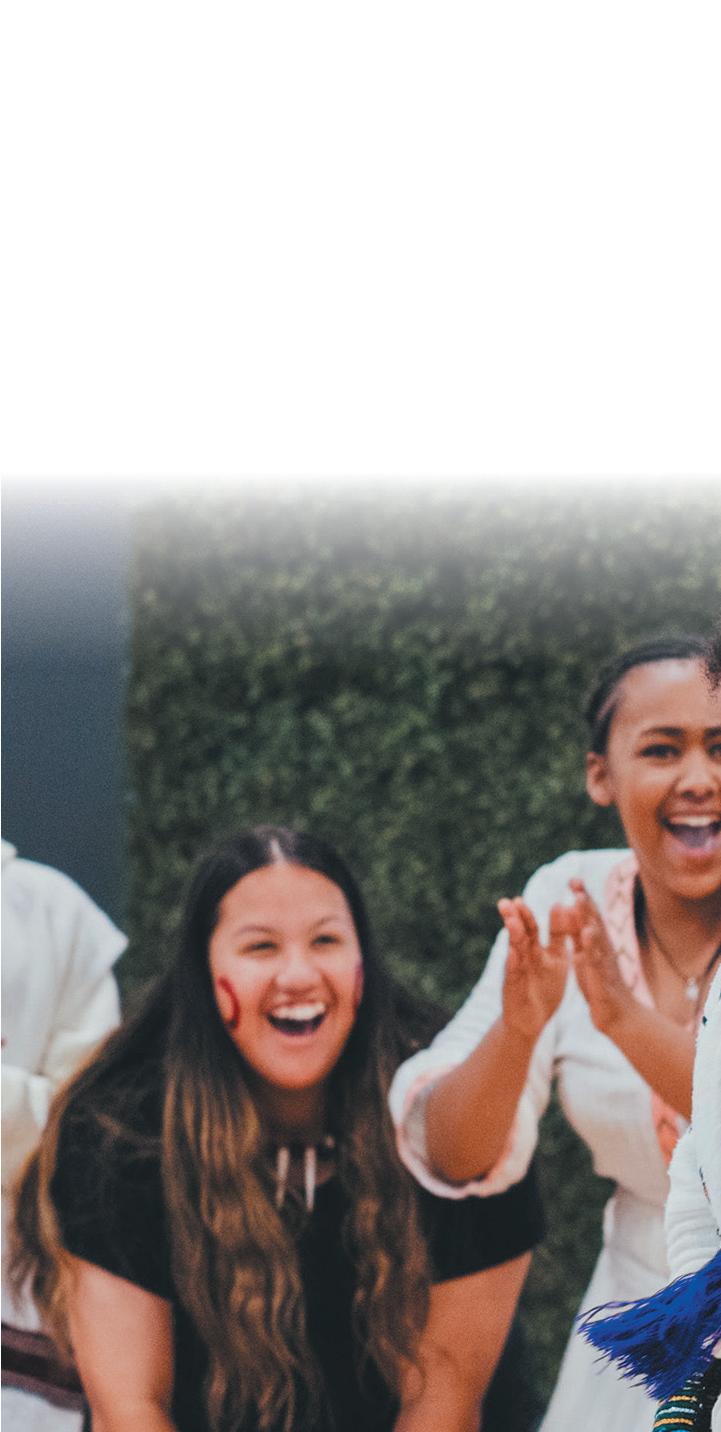

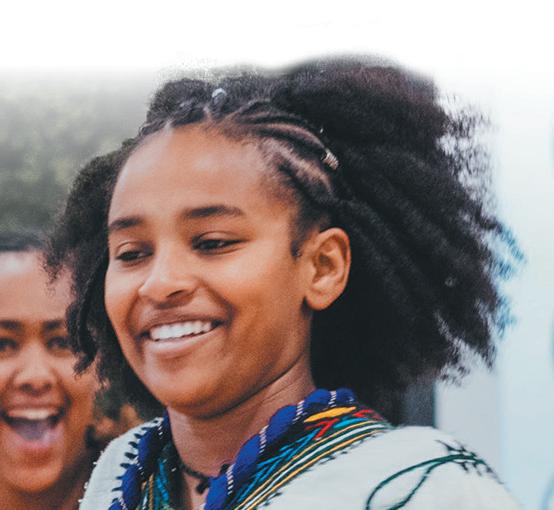

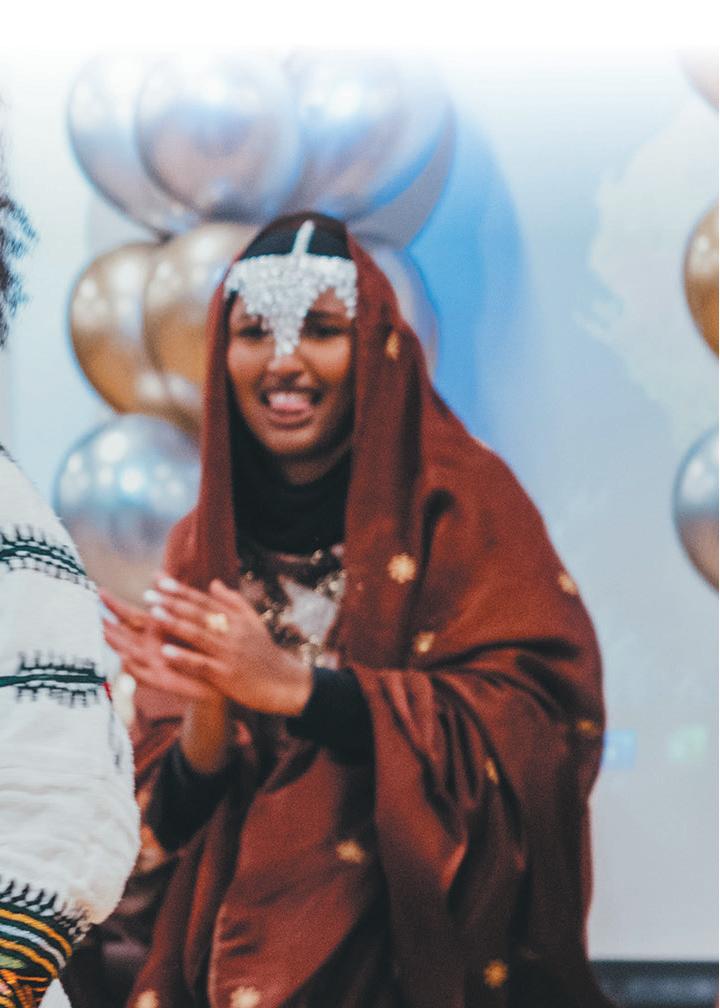

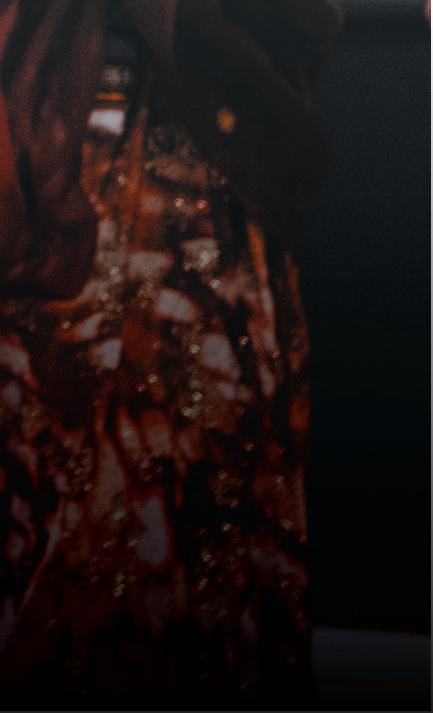
IN our increasingly globalised and interconnected world, the ability to communicate in multiple languages is becoming more valuable than ever. Teaching students a second language alongside their native tongue offers a multitude of benefits that extend beyond linguistic proficiency. Here we explore the advantages of learning another language and how it enriches students’ cognitive, cultural, and personal development.
■ Cognitive Development: Learning a second language enhances cognitive abilities and promotes brain development. Studies have shown that bilingual individuals exhibit improved problem-solving skills, enhanced memory, and heightened creativity. The process of acquiring another language stimulates the brain, strengthens neural connections, and boosts cognitive flexibility. Bilingual students often demonstrate better multitasking abilities and increased mental agility, skills that are advantageous in academic and professional settings.
■ Cultural Understanding and Empathy: Language is a gateway to understanding different cultures and perspectives. Learning another language exposes students to new ways of thinking, customs, and traditions. It fosters cultural empathy, as students gain insights into the beliefs, values, and worldviews of others. By engaging with different languages, students develop a greater appreciation for diversity, tolerance, and respect, contributing to a more inclusive and interconnected global community.
■ Improved Communication Skills: Learning another language enhances overall communication skills, even in one’s native tongue. The process of mastering grammar, vocabulary, and pronunciation in a foreign language deepens linguistic awareness and sharpens verbal and written expression. Bilingual individuals often have greater fluency, clarity, and accuracy in their communication, enabling them to express ideas with precision and eloquence.
■ Expanded Career Opportunities: In an increasingly global job market, proficiency in multiple languages is highly valued by employers. Learning another language opens doors to a wide range of career opportunities,
both domestically and internationally. Bilingual employees possess a competitive edge, as they can effectively communicate and connect with individuals from different cultural backgrounds. Multilingualism is particularly advantageous in sectors such as tourism, international relations, business, diplomacy, and translation.
■ Enhanced Problem-Solving and DecisionMaking: The cognitive benefits of learning another language extend to problem-solving and decision-making skills. Bilingual individuals often demonstrate a heightened ability to think critically, analyse situations from different perspectives, and find innovative solutions. The exposure to different linguistic structures and cultural nuances expands one’s mental flexibility, enabling students to approach challenges with adaptability and resourcefulness.
■ Personal Growth and Self-Confidence: Learning another language is a journey of personal growth and self-discovery. It challenges students to step out of their comfort zones, embrace new experiences, and overcome linguistic and cultural barriers. Acquiring a new language boosts self-confidence, resilience, and a sense of accomplishment. Bilingual individuals often have a broader worldview and a deeper appreciation for their own cultural identity, fostering a stronger sense of self and belonging.
The benefits of learning another language are far-reaching and extend beyond mere linguistic competence. From cognitive development and cultural understanding to improved communication skills and expanded career opportunities, learning a second language enriches students’ lives in numerous ways. It broadens horizons, nurtures empathy, and equips individuals with essential skills for success in our globalised world. By embracing multilingualism, we empower students to become globally competent citizens, capable of building bridges between cultures and fostering a more interconnected and harmonious society.







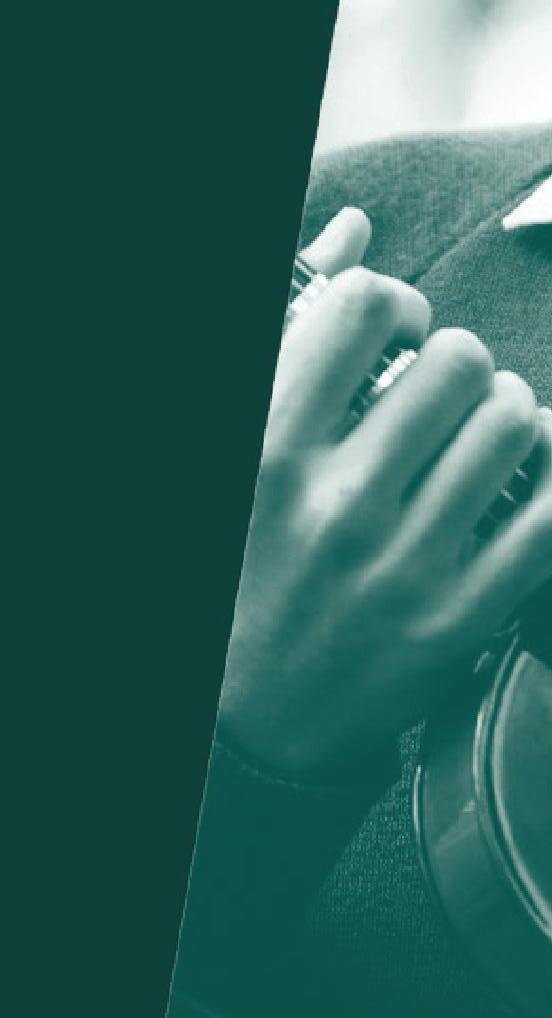
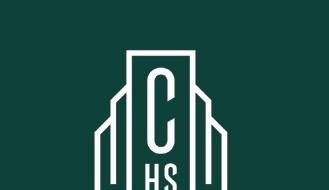
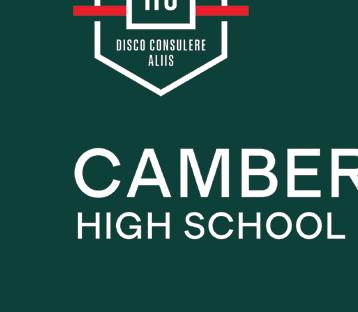
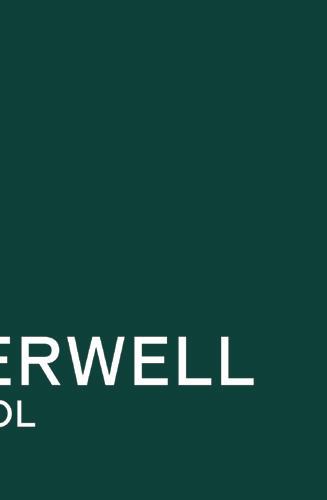


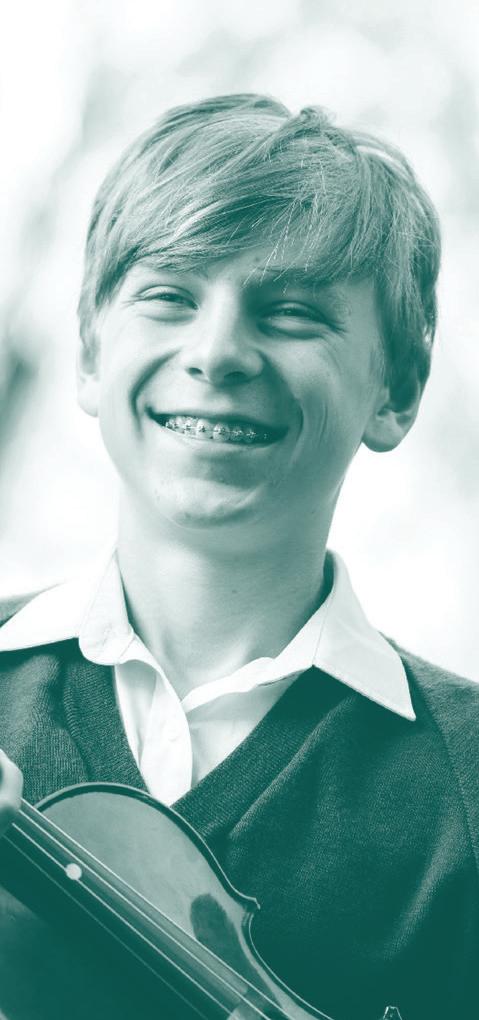

CANTERBURY Girls’ Secondary College is a dynamic learning community based on the principles of partnership, support and responsibility and fosters high levels of achievement and satisfaction.
Students are constantly challenged in their learning and the emphasis is on problem solving.
Valued College traditions develop a sense of continuity and identity for students and teachers. Both individual achievement and contribution to group activities are encouraged and valued.
The recognition of achievements occurs in a number of ways including Presentation Night (Canterbury Celebrates), House Chorals and House Dance Drama Festivals and at General, Subschool and Year Level Assemblies.
Canterbury Girls’ Secondary College actively promotes the safety and wellbeing of all students, and all school staff are committed to ensuring a safe learning environment, in accordance with their legal obligations including child safe standards.
Canterbury Girls’ Secondary College achieves outstanding VCE results. The students’ ATAR scores in 2023 showed that:
■ 39 students (28% achieved ATAR scores above 90 placing them in the top 10% of students across the State
■ 73 students (52%) achieved ATAR scores above 80 placing them in the top 20% of students across the State
Canterbury Girls’ Secondary College encourages students to undertake leadership roles and provides a structure and program for developing student skills in leadership. The development of these skills is strongly supported through participation in leadership programs within the College and through our links with the local community.
The music program at Canterbury Girls’ Secondary College is a vibrant one offering a wide range of learning and performance opportunities to all students. The program boasts three large concert bands, two string orchestras, a symphony orchestra, stage band, rock bands, guitar ensemble, Klezmer ensemble and many
Canterbury Girls’ Secondary College has an extensive sporting program, including Physical Education as a curriculum program, Sport Education in Years 7 and 8, and involvement in a wide range of interschool sporting competitions.
smaller chamber groups. The College has a strong tradition in choral work ranging from whole school events such as the House Choral Festival to the choirs including the award-winning Canterbury Cantabella. All of our ensembles perform regularly at school events and also in the broader community. Our annual Music Night showcases the talents of our young musicians.
Instrumental tuition is available in all woodwind, brass, string and percussion and also vocal and guitar. Students who learn away from the College are welcome to participate in our ensemble performance program.
Sport
Canterbury Girls’ Secondary College has an extensive sporting program, including Physical Education as a curriculum program, Sport Education in Years 7 and 8, and involvement in a wide range of inter-school sporting competitions.
Canterbury Girls’ Secondary College has continued its dominance in many sports in the inter-school competitions by adopting a healthy participation rate and dominating many team sports. Our growing reputation as a strong sporting school has been enhanced with excellent team and individual performances. The Sport program is supported by specialist coaches and training sessions to enable students to develop further their sporting skills.
Canterbury Girls’ Secondary College is the best school to educate girls.
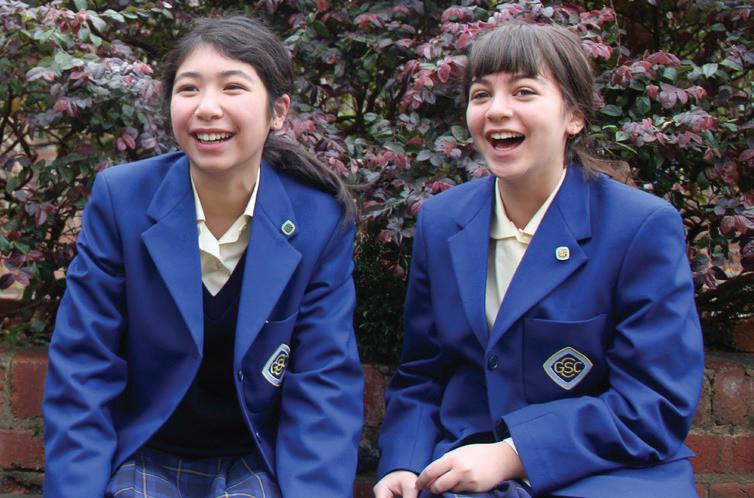
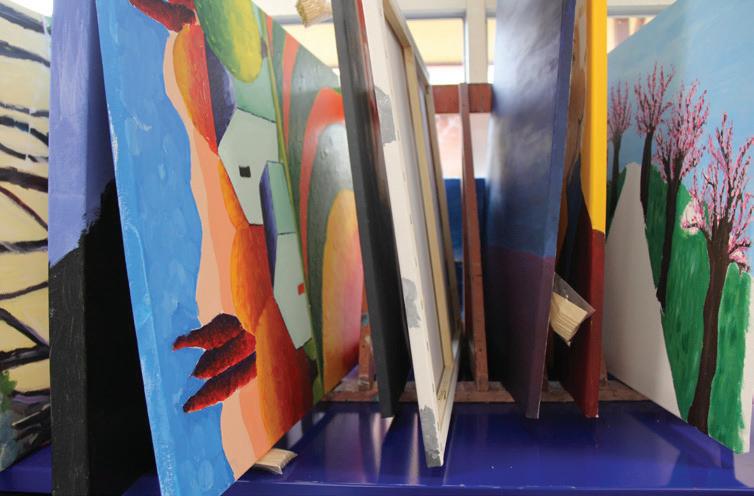
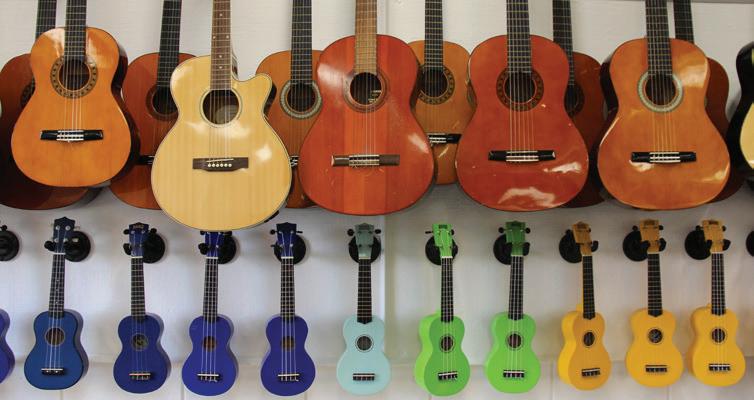

CARRUM Downs Secondary College is a vibrant learning community of approximately 900 students across Years 7-12. We empower our students to build a successful future based on respect, personal growth and social inclusiveness.
We strive to create and maintain an inclusive, positive and safe learning environment, with the opportunity for every student to achieve success. We deliver a challenging, inspiring and comprehensive curriculum and an extensive cocurricular program, which allows our students to pursue their passions as they prepare for success in their future pathway.
At Carrum Downs Secondary College we are passionate that every student grows. We understand that our students have diverse ways of learning and a variety of strengths and interests. We aim to enhance the intellectual, physical, social and emotional development of all students and to develop all students’ abilities.
Our College runs in a House System where students are allocated to a specific House and remain in for their schooling at the College. We believe that this supports student development and further connectedness to the College as well as building stronger relationships with staff and students across all year levels.
Students and staff are supported and
encouraged through our School Wide Positive Behaviour Support program, to demonstrate our College Values of Respect, Integrity and Effort and are acknowledged for their positive behaviour both within our school and community.
Student voice, agency and leadership is a very important part of our college, evidenced by the large number of sought after student leadership positions and our highly regarded leadership development program that we use to support our student leaders. Additionally, we provide extracurricular programs including music, sports, debating, visual and performing arts, camps, excursions, academic competitions and community service.
We have a brand new STEAM (Science, Technology, Engineering, Arts and Maths) Centre, which will support our students to pursue their pathways choices in one of the highest growing industries in the country.
At Carrum Downs Secondary College we embrace a culture of excellence for all our staff and students. We are proud of the achievements we have made over the past 20 years and welcome you to come and take a tour of the college and talk with our leadership team.
College tours available, please phone to make an appointment.
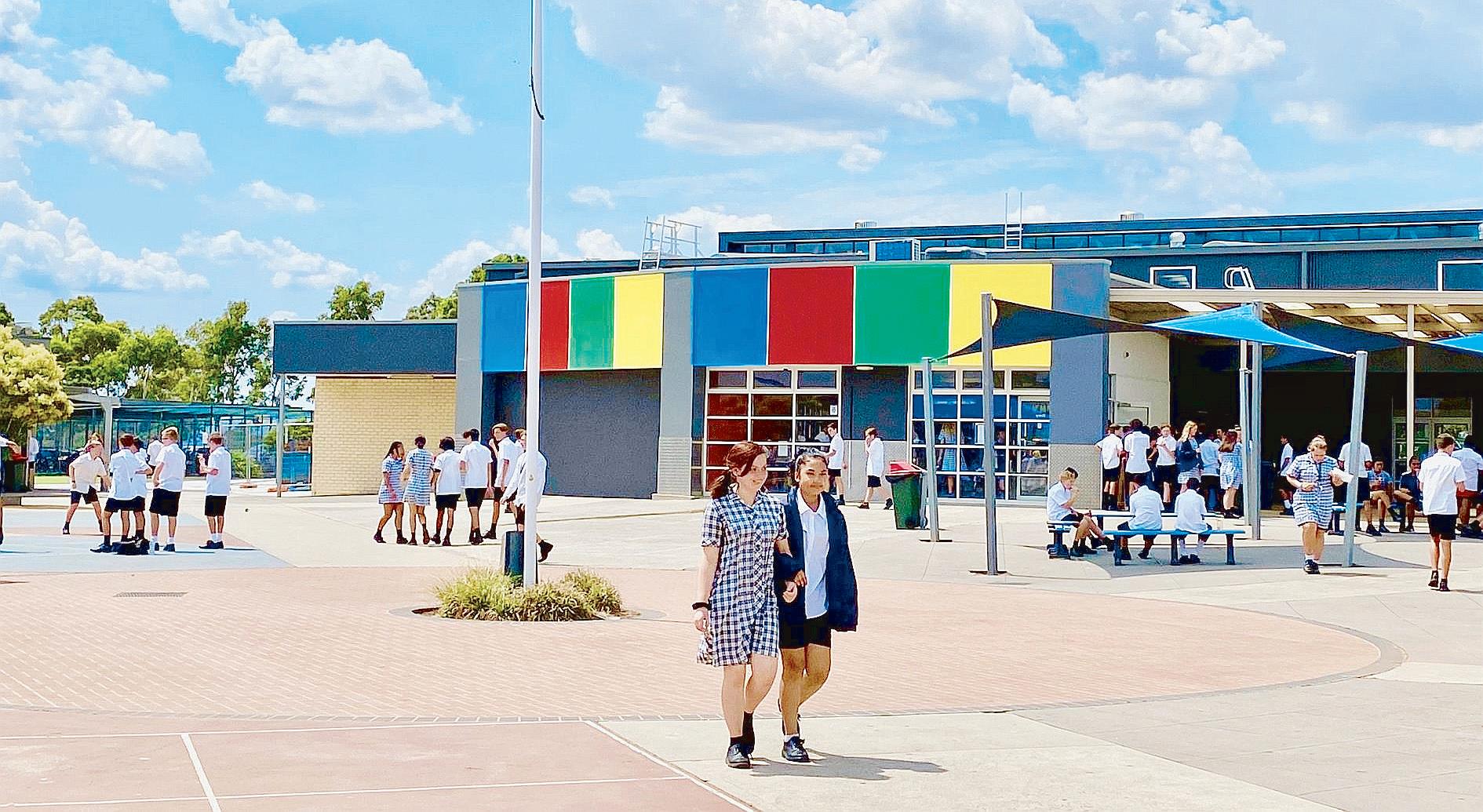
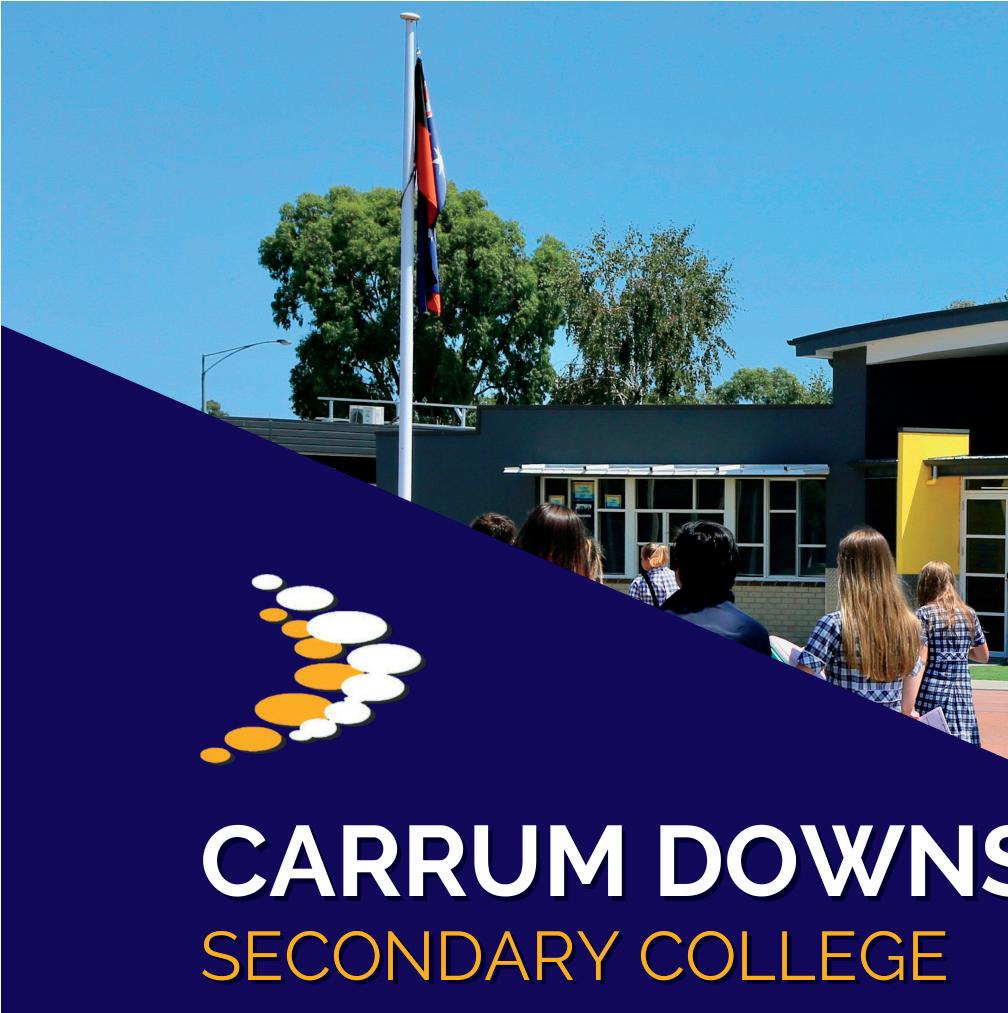
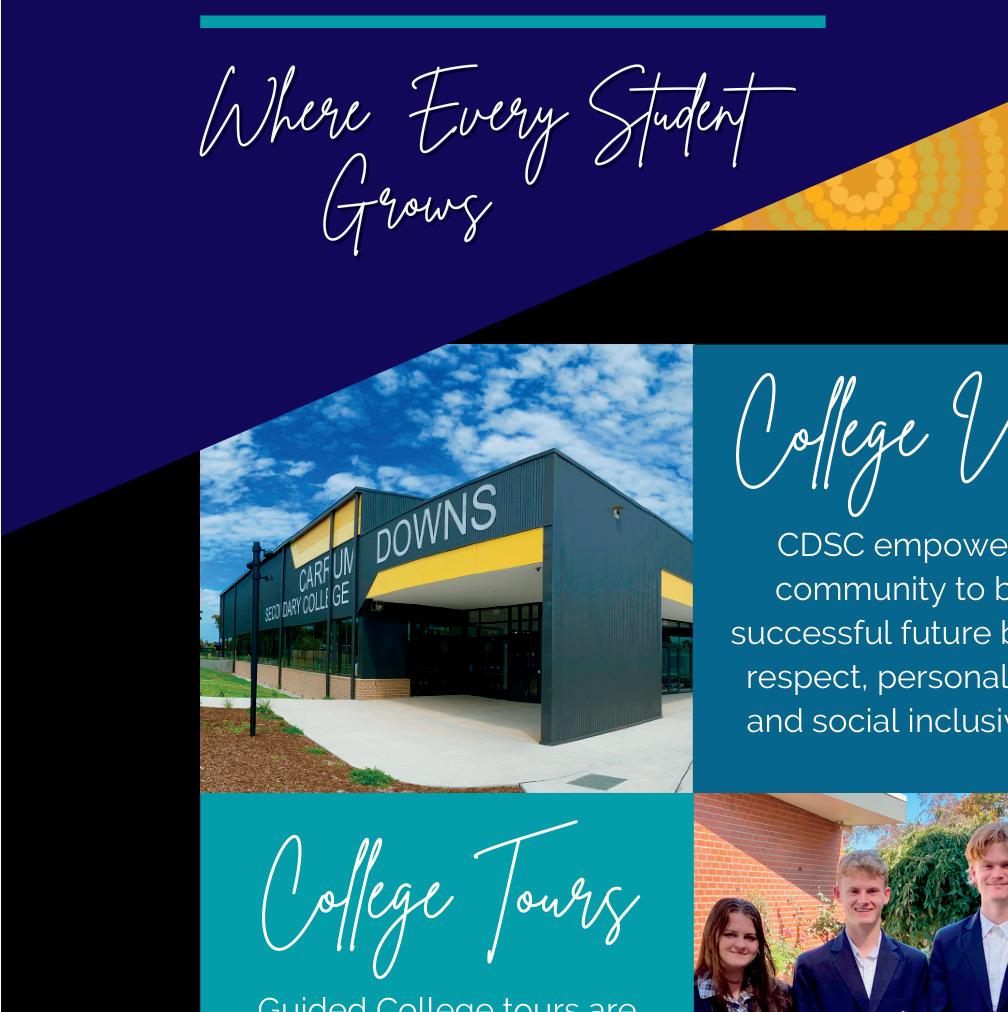
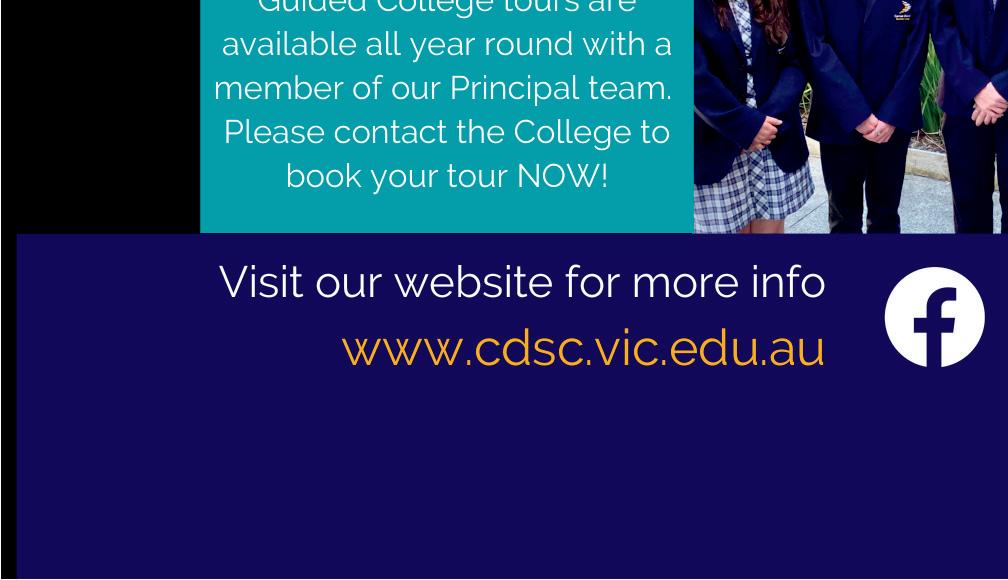
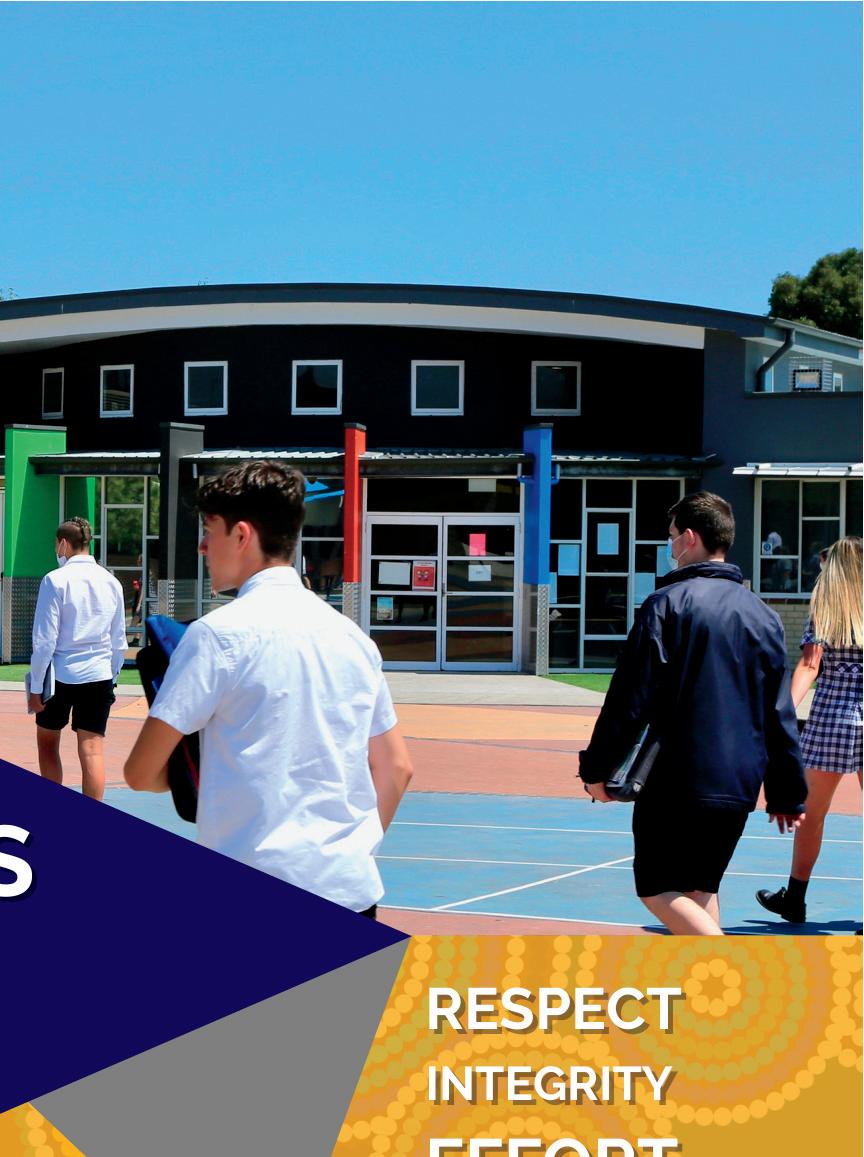
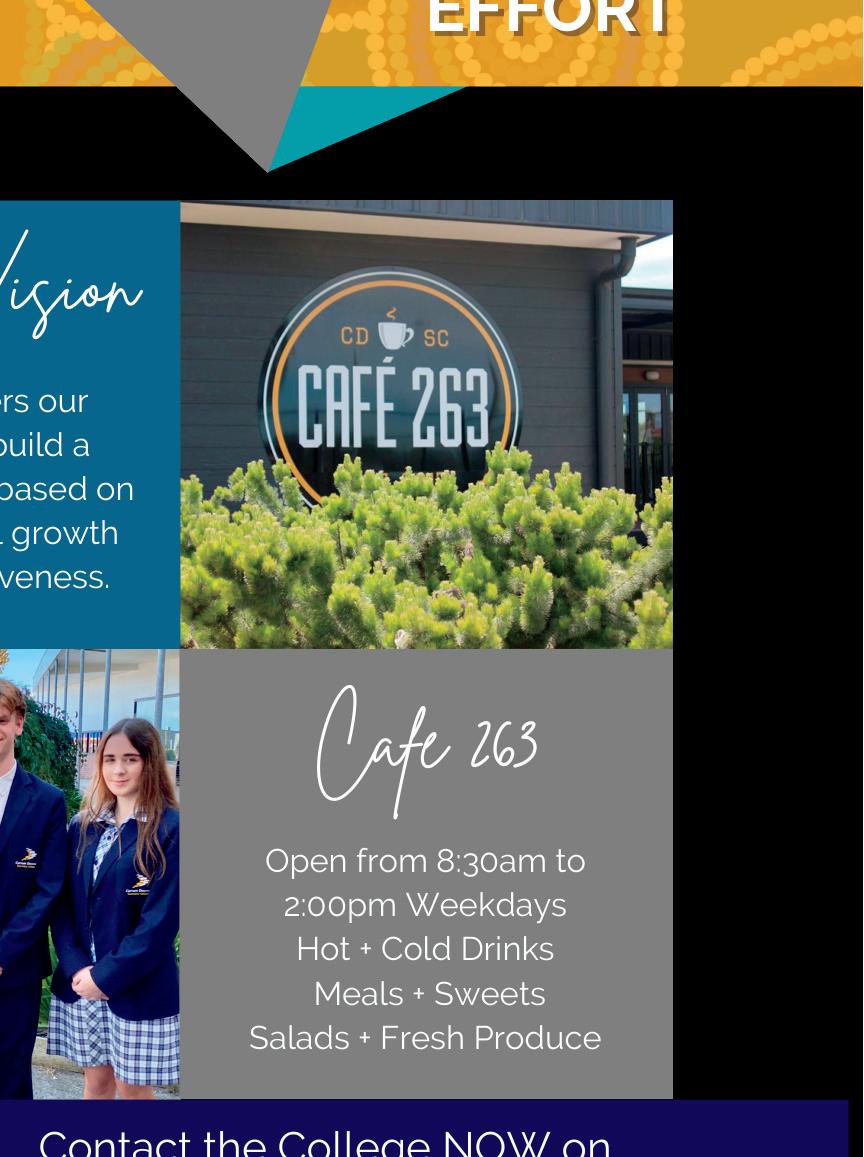
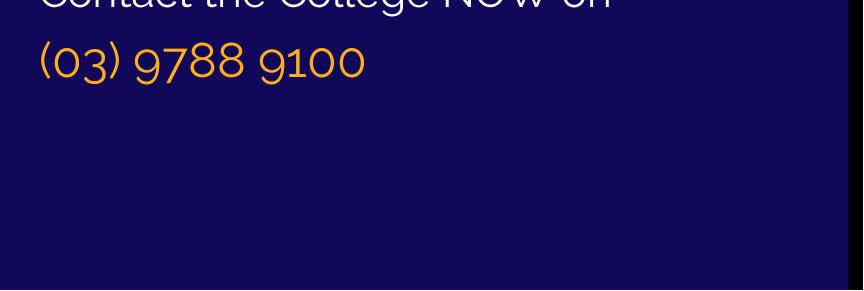
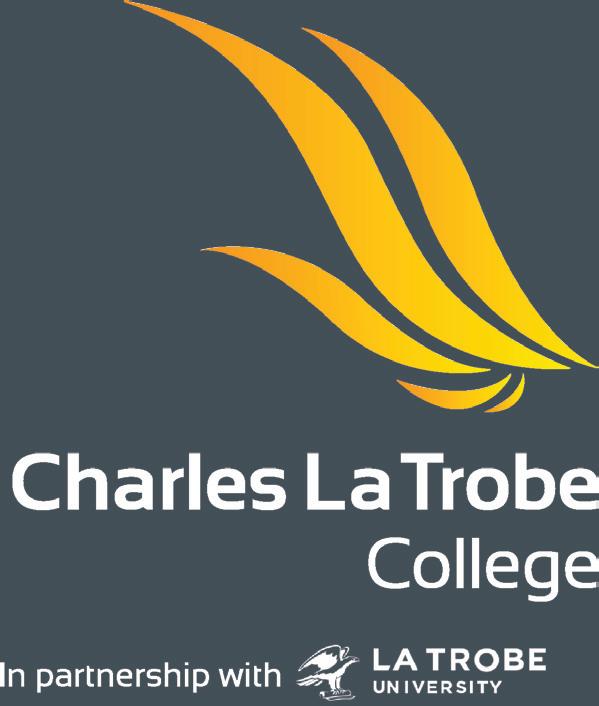
Our vision is that young people feel connected to our school and take pride in being a student here. They develop into inquisitive, literate and numerate life-long learners with a strong sense of community.
We deliver a rich curriculum that motivates students to be engaged in their academic learning. Student data is used to inform and support both academic and wellbeing needs. We provide a nurturing learning environment that inspires high academic expectations and prioritises health and wellbeing to ensure each student feels safe, valued and respected as an equal member of our school community.
We put significant efforts into Year 7 transition because we know how important it is. The transition programs we conduct as students move from Grade 6 to Year 7 provide us with a general overview of each student’s learning abilities, strengths, interests and challenges. We utilise this data to offer additional supports in Literacy and Numeracy, and to ensure that each student is extended to their fullest ability. Students are supported with multiple visits, additional small group afternoons, primary school visits by school leaders and the support of our professional well-being team.
Student leaders across the College are formally trained to lead their peers and the community. Students from all year levels are provided with leadership opportunities.
At Charles La Trobe P-12 College we provide access to education for all students. Our Deaf Facility, established in 1984, provides highly individualised programs for students with a bilateral, sensory-neural moderate to profound hearing loss.
Students at our College excel by embracing opportunities provided through our official partnership with La Trobe University. Students have access to university facilities and participate in university programs.
Quantum Victoria
Quantum Victoria is a specialist Science and Maths centre that is an integral part of Charles La Trobe College delivering programs in the areas of Science, Technology, Engineering and Maths (STEM).
We know that the events that young people remember when they look back on their time at school are often those moments that were life-changing, or brought them into contact with a new life-time friend. These moments frequently fall outside of normal class. We are proud of our Extra-curricular program.
In 2023 we established our Boys & Girls Soccer Academy. Intended for Year 7 & 8 students, the academy is designed to support positive behaviour, academic effort, strong school engagement, improved attendance and powerful adult-student relationships.


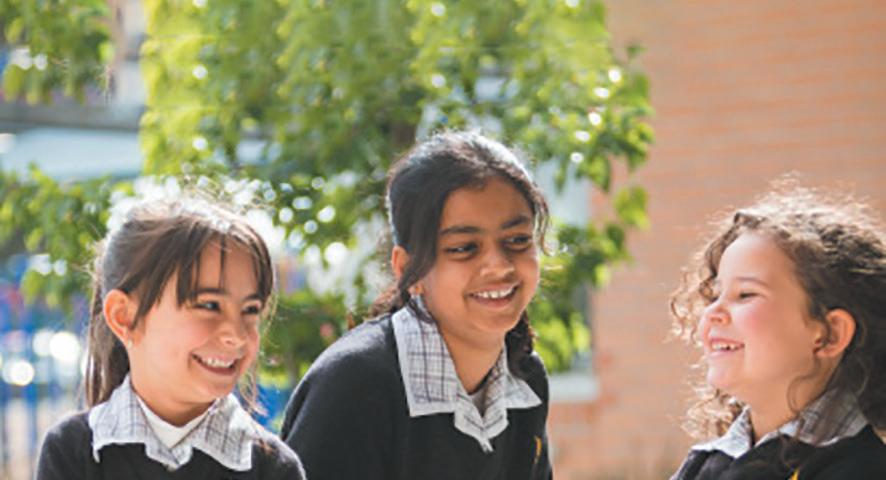

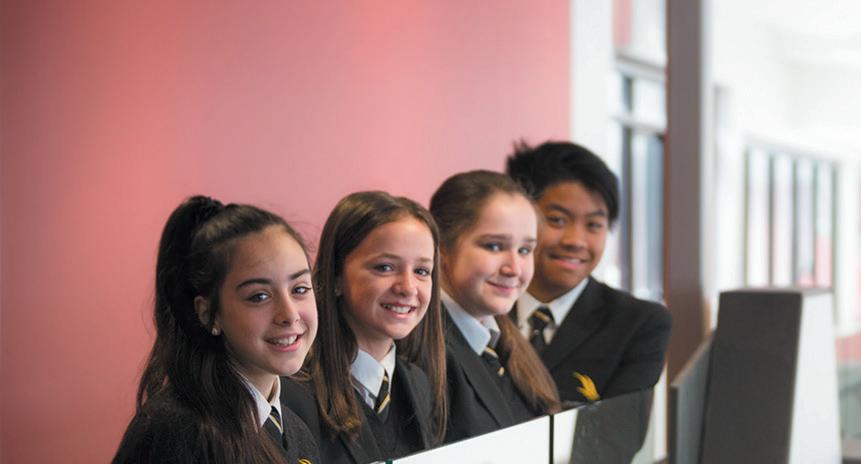
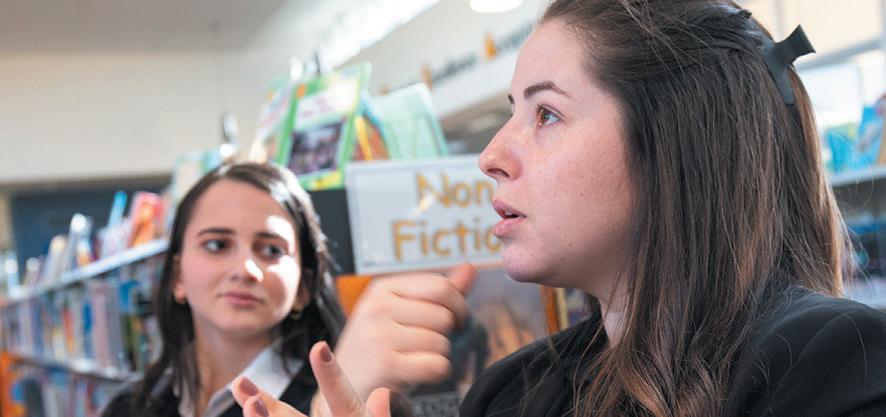
Our college is a diverse and vibrant organisation, where we ensure each part of the organisation thrives as a unique setting, while building powerful connections to each other.
Regardless of the setting, we are committed to providing enrichment education experiences for all our students.
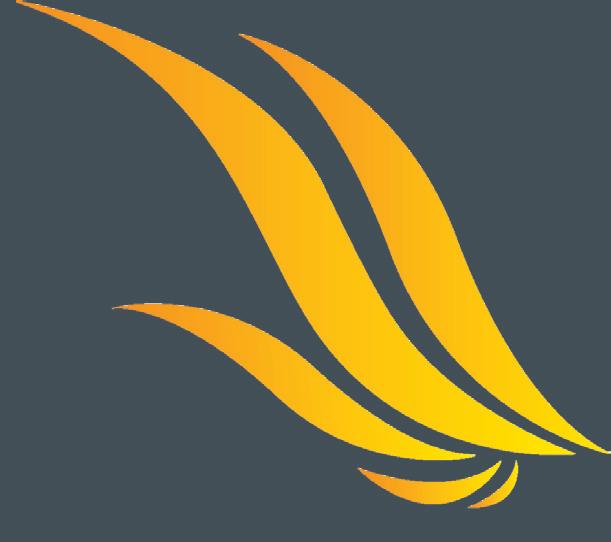
We pride ourselves on being a community that welcomes all students and families.
We support students to develop strong interpersonal and social capabilities as well as to strive to attain academic achievement.
The education programs on offer across the College enable each student to achieve to their full potential as teachers personalise learning to meet the individual needs, interests and abilities of all students. Our goal is for all students to become self-directed learners who are able to take responsibility for their learning, both at and beyond school.
Copperfield’s New Principal
IT is with a sense of pride and excitement that I assume the College Principal position at Copperfield College. I am discovering this is a vibrant and diverse College community which provides an outstanding Teaching & Learning environment, an innovative curriculum, and a myriad of extracurricular activities for all our students.
Copperfield College is ‘One College – Three sites – One Family’, providing engaging learning, in an extensive range of programs meeting the needs of:
■ Kings Park Junior Campus Years 7 – 10 students
■ Sydenham Junior Campus Years 7 – 10 students
■ Delahey Senior Campus Years 11 – 12 students
At Copperfield College we are committed to ensuring best possible student outcomes within a safe and supportive teaching environment. Our mission is: Empowering Every Student to Aspire and Achieve.
I am passionate about public education. Anyone that knows me as a principal, knows I enjoy talking to students, getting to know them and taking an interest in their lives. Knowing our students is the priority of all our staff.
I am a strong believer in student voice, and I acknowledge that students have unique perspectives on learning and their schooling. Every student can learn, progress, and achieve their goals. It does not matter where our students come from, what ethnic background, religion, colour, socioeconomic background. What matters to me, and our staff is the student, the young person, and their ability to learn not to fear anything, to question and problem solve.
As Principal, I bring to this position a lifetime of experience, working in government schools, as a Teacher, Leading Teacher, Assistant Principal, and for many years College Principal in various settings.
Working in public education as Principal, my reward is the knowledge that I, together with the school community make a difference to the lives of our young people.
I am looking forward to leading this school and meeting students, families, and friends of Copperfield College. I invite parents, guardians and friends of the school to take up the many opportunities offered to participate in the College activities.
Nick Adamou, College Principal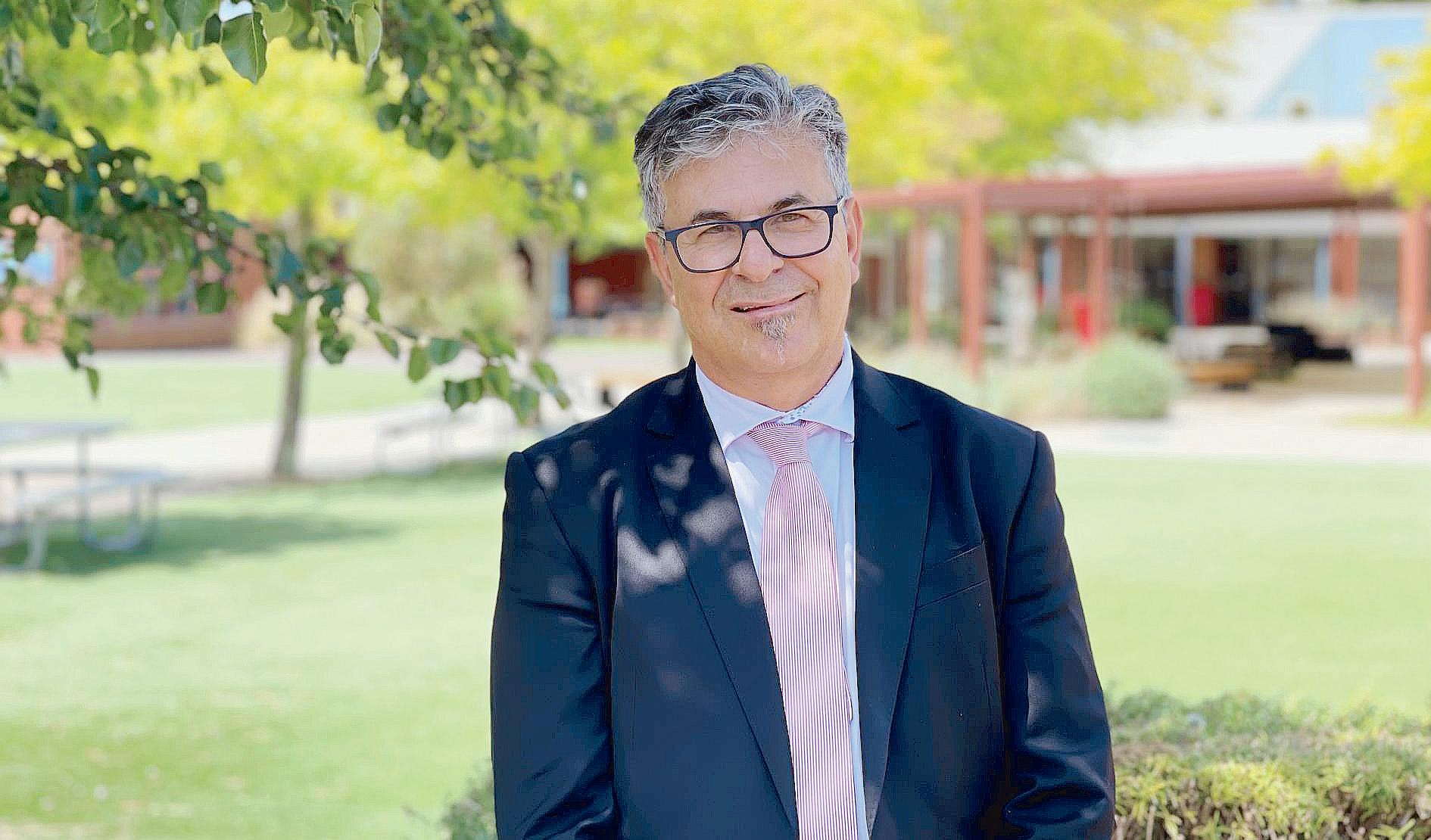




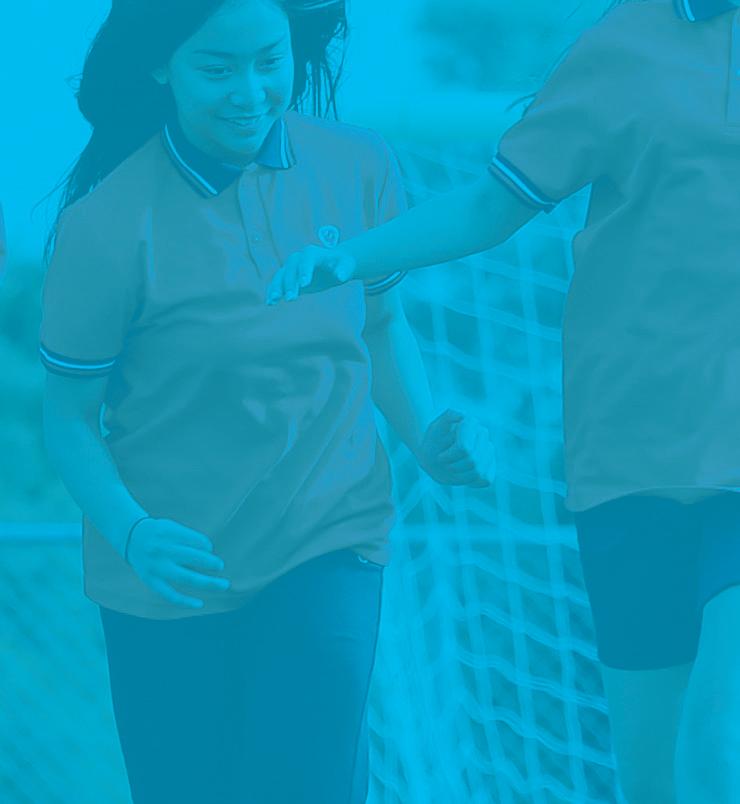

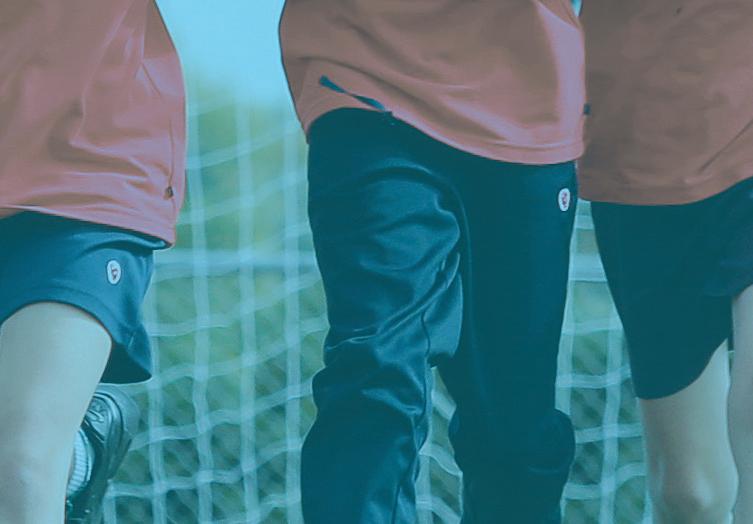
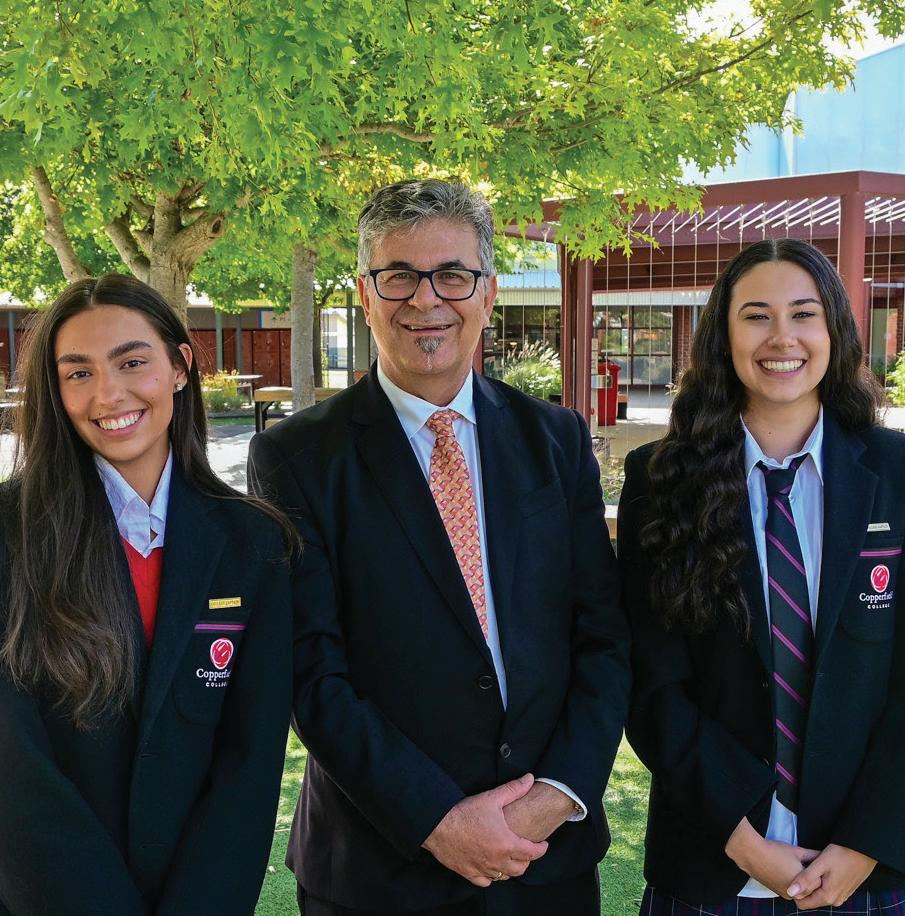
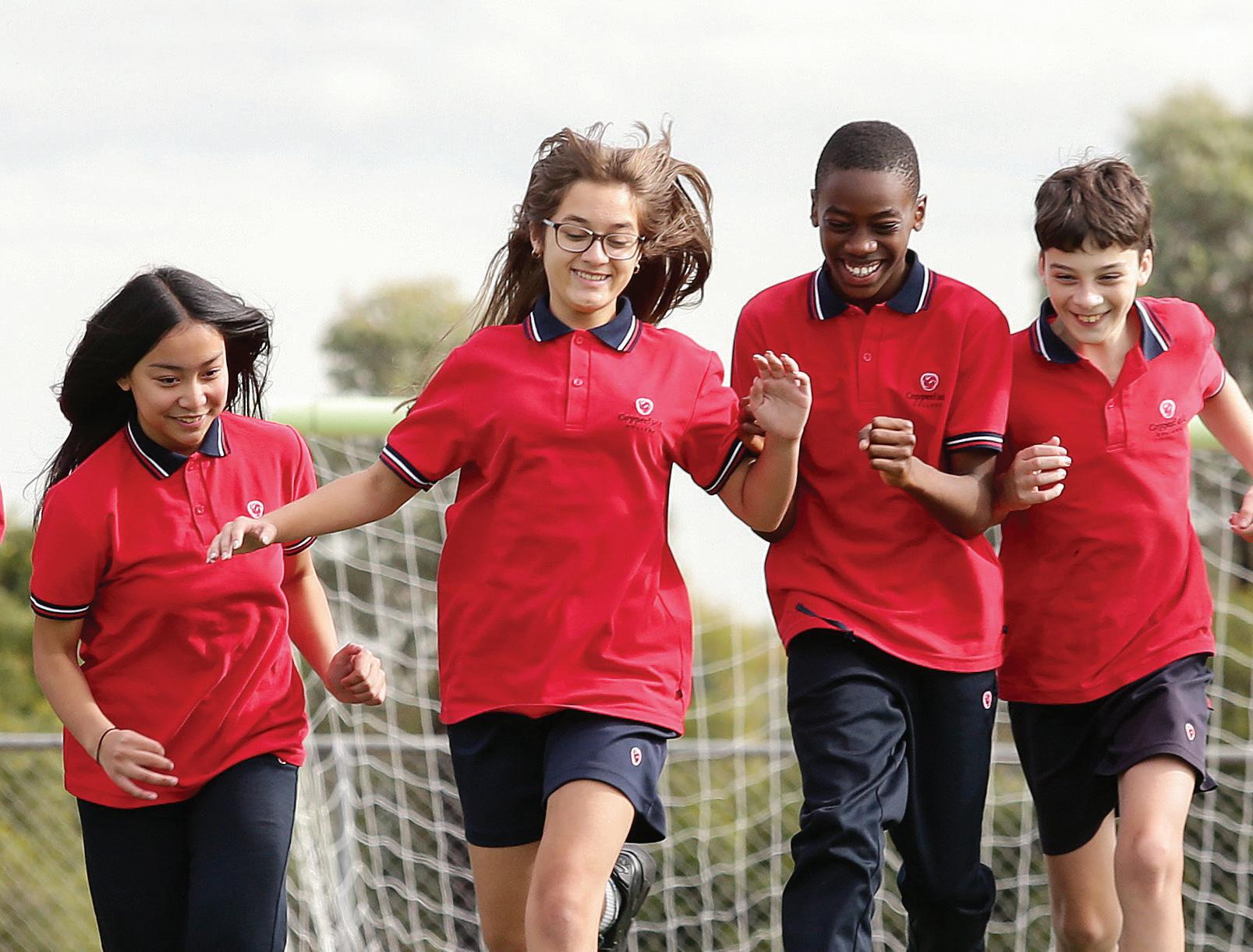

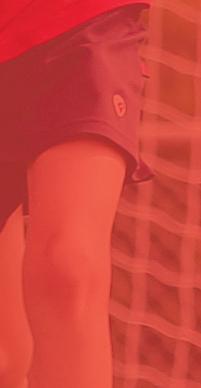
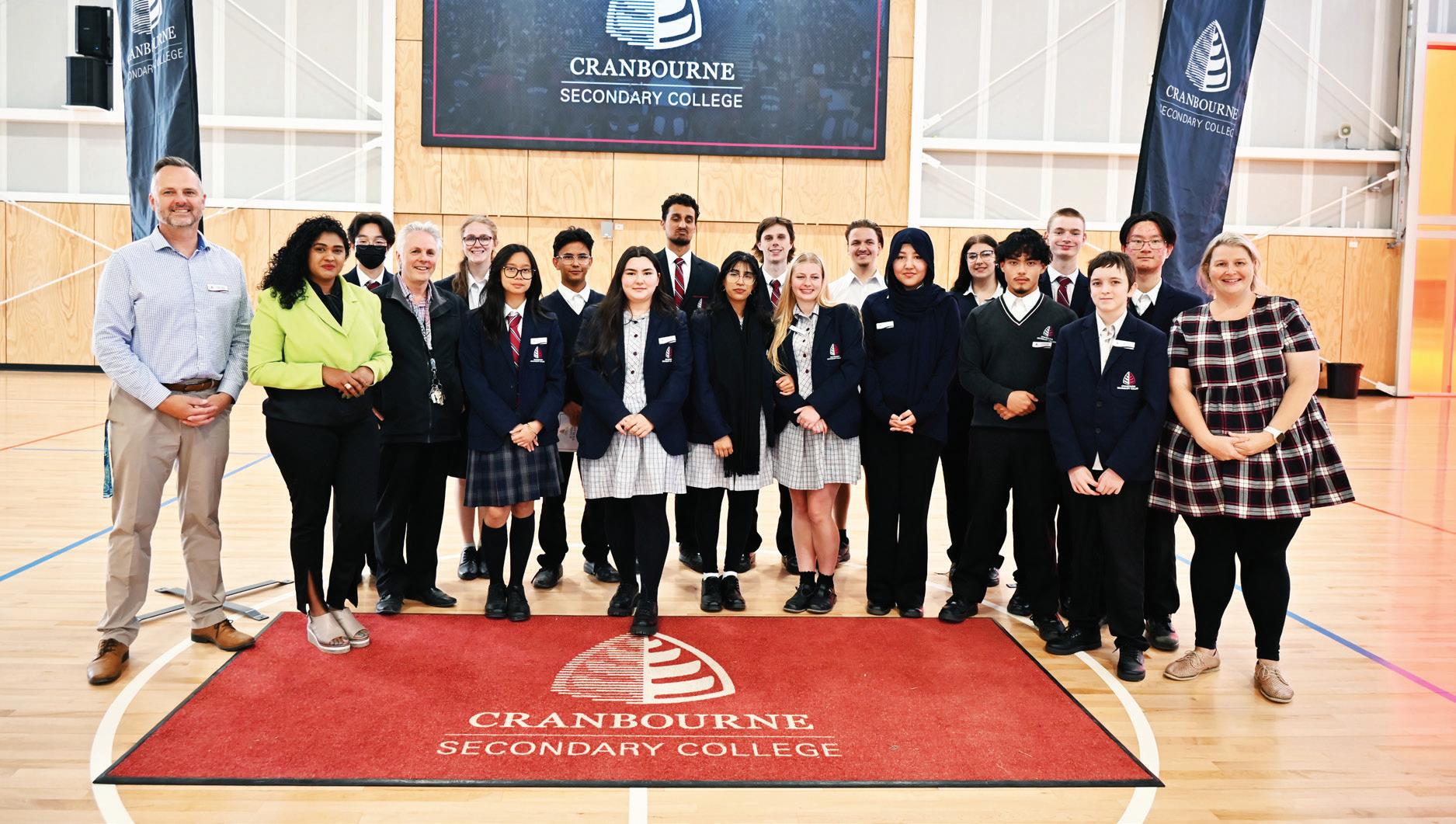
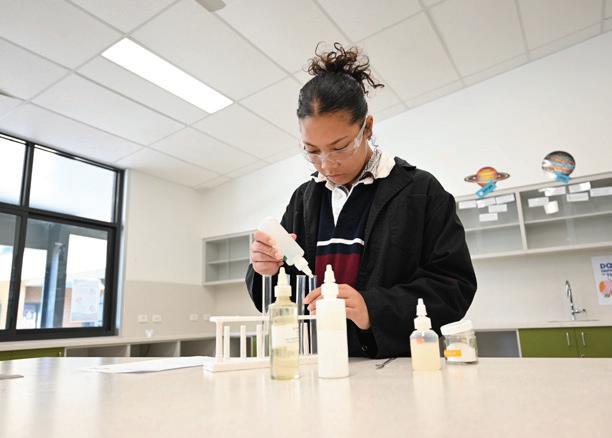
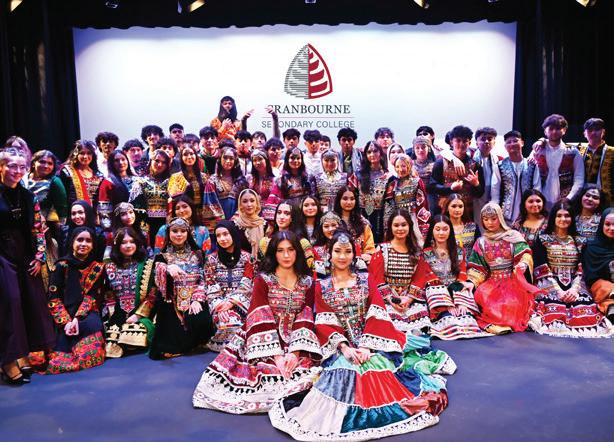
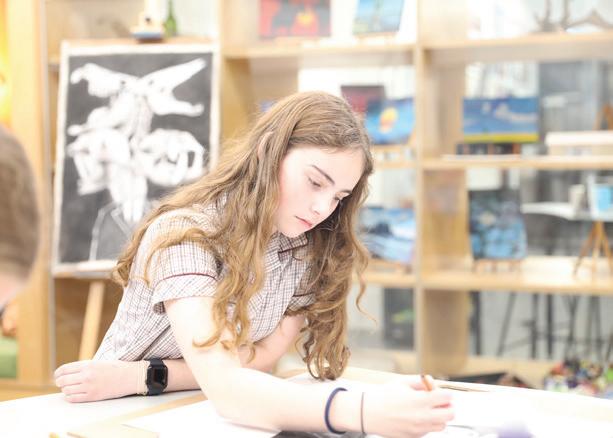
College Tours are held on Tuesday & Thursday at 9.30 am or we can organise a private tour time to suit you and your family. Throughout the guided tour, you will have the opportunity to see our students and staff in action and learn about everything Cranbourne Secondary College has to offer. Register for your tour today!
www.cranbournesc.vic.edu.au
Stawell Street, Cranbourne 3977
cranbourne.sc@education.vic.gov.au | 03 5996 3544
At Cranbourne Secondary College we are a respectful, responsible, learning community.
We provide a dynamic learning environment that emphasises the importance of community and relationships.
We strongly believe in the provision of a positive environment with high expectations. We encourage a holistic education of students through academic and experienced based learning and we aim to provide our students with a broad array of academic and personal skills with which to launch into adult life.
A comprehensive transition program to support a positive start to secondary school
An Academic Excellence Program
High expectations for all students to experience success
A highly supportive and orderly learning environment
Excellent facilities across all learning areas
Experienced, enthusiastic, and caring staff
A Wellbeing Team that adopts a holistic model of health and wellbeing that focuses on the physical, mental, emotional and social functioning of students
A broad range of subjects and learning experiences for all year levels
An outstanding range of VCE subjects and VET certificates
Strong Academic Results
At Cranbourne Secondary College we are Leaders in School Wide Positive Behaviour Support and Respectful Relationships.
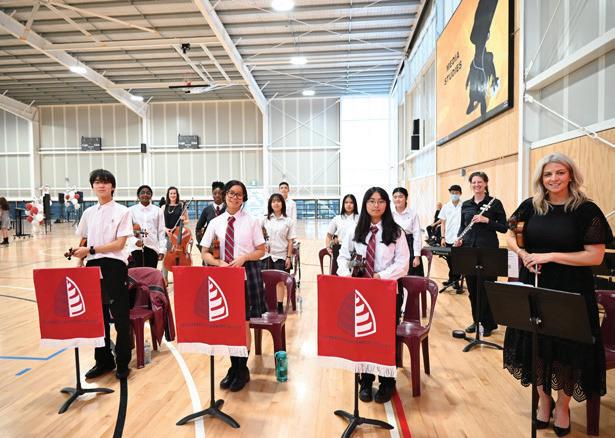
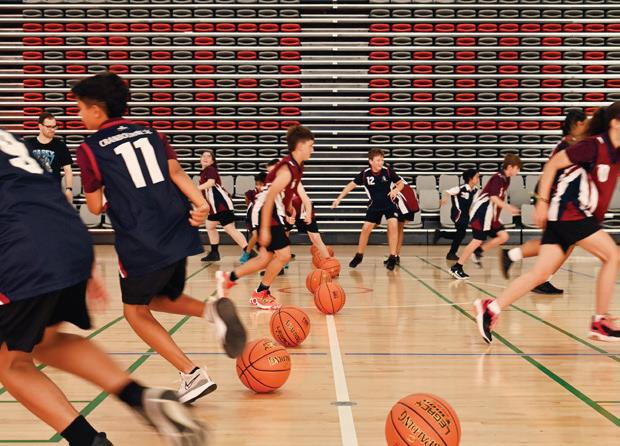
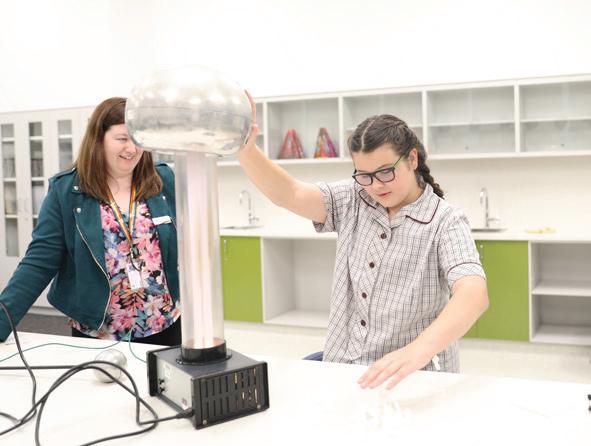
WE'RE HERE FOR YOUR FUTURE.
EXTRACURRICULAR activities play a crucial role in the holistic development of school students. These activities, which encompass a wide range of interests and passions beyond the traditional academic curriculum, offer students numerous benefits that extend far beyond the classroom walls.
From boosting academic performance and fostering social skills to nurturing personal growth and building character, participation in extracurricular activities equips students with essential life skills and helps shape them into well-rounded individuals.
This article explores the transformative power of extracurricular activities and highlights the manifold advantages they provide to school students.
Contrary to popular belief, engaging in extracurricular activities can have a positive impact on academic performance.
Research indicates that students involved in extracurriculars often exhibit higher levels of motivation, better time management skills, and improved organisational abilities.
Participation in activities such as debate clubs, science fairs, or mathematic competitions stimulates intellectual curiosity and enhances critical thinking and problem-solving skills. Students who engage in extracurriculars are more likely to develop discipline and perseverance, attributes that contribute to academic success.
These activities provide a practical application of concepts learned in the classroom, reinforcing academic knowledge and deepening understanding.
Extracurricular activities can also offer opportunities for mentorship and access to resources that extend beyond the school environment, further enriching the learning experience.
Extracurricular activities provide an ideal platform for students to develop crucial social skills that are essential for their personal and professional lives.
Through teamwork, collaboration, and interaction with peers who share similar
From boosting academic performance and fostering social skills to nurturing personal growth and building character, participation in extracurricular activities equips students with essential life skills and helps shape them into well-rounded individuals.
interests, students learn to communicate effectively, resolve conflicts, and build relationships. Whether it’s participating in team sports, joining a music ensemble, or working on a community service project, students gain exposure to diverse perspectives, fostering empathy and cultural sensitivity.
These activities also promote leadership skills, as students often assume roles of responsibility, such as team captains, club presidents, or project coordinators. By engaging in extracurricular activities, students develop self-confidence, assertiveness, and the ability to adapt to different social contexts, qualities that are vital for success in the future.
Extracurricular activities serve as fertile ground for personal growth and character building. These activities encourage students to explore their interests, discover their passions, and develop a sense of identity. Whether it’s pursuing a hobby like painting or learning a musical instrument, extracurriculars provide a creative outlet for self-expression, fostering a sense of fulfillment and purpose. Furthermore, these activities teach students resilience and perseverance, as they often face challenges and setbacks along the way.
Through practice, dedication, and the pursuit of excellence, students develop a growth mindset, embracing failure as an opportunity to learn and grow. Extracurricular activities also instil important values and virtues such as discipline, integrity, and teamwork. In sports, for example, students learn the value of fair play, respect for opponents, and the importance of teamwork to achieve common goals. In clubs and organisations, they learn to navigate responsibilities, manage time effectively, and develop organisational skills. These activities provide a platform for students to learn from mentors and role models, who impart valuable life lessons and guide them towards ethical decision-making.
Beyond the school years, the skills and values gained through extracurricular activities contribute to college admissions and career success. Participation in these activities demonstrates a commitment to personal growth, a willingness to step outside one’s comfort zone, and the ability to manage multiple responsibilities simultaneously.
Extracurricular activities offer students a myriad of benefits that extend far beyond the academic realm. From enhancing academic performance to fostering social skills and nurturing personal growth, these activities play a
Participation in these activities demonstrates a commitment to personal growth, a willingness to step outside one’s comfort zone, and the ability to manage multiple responsibilities simultaneously.
pivotal role in shaping well-rounded individuals. By participating in extracurriculars, students develop skills and qualities that prepare them for the challenges of the future, both academically and personally. It is imperative for educational institutions and parents alike to recognise and encourage the power of extracurricular activities, ensuring that students have ample opportunities to explore their interests, pursue their passions, and grow into confident and capable individuals.

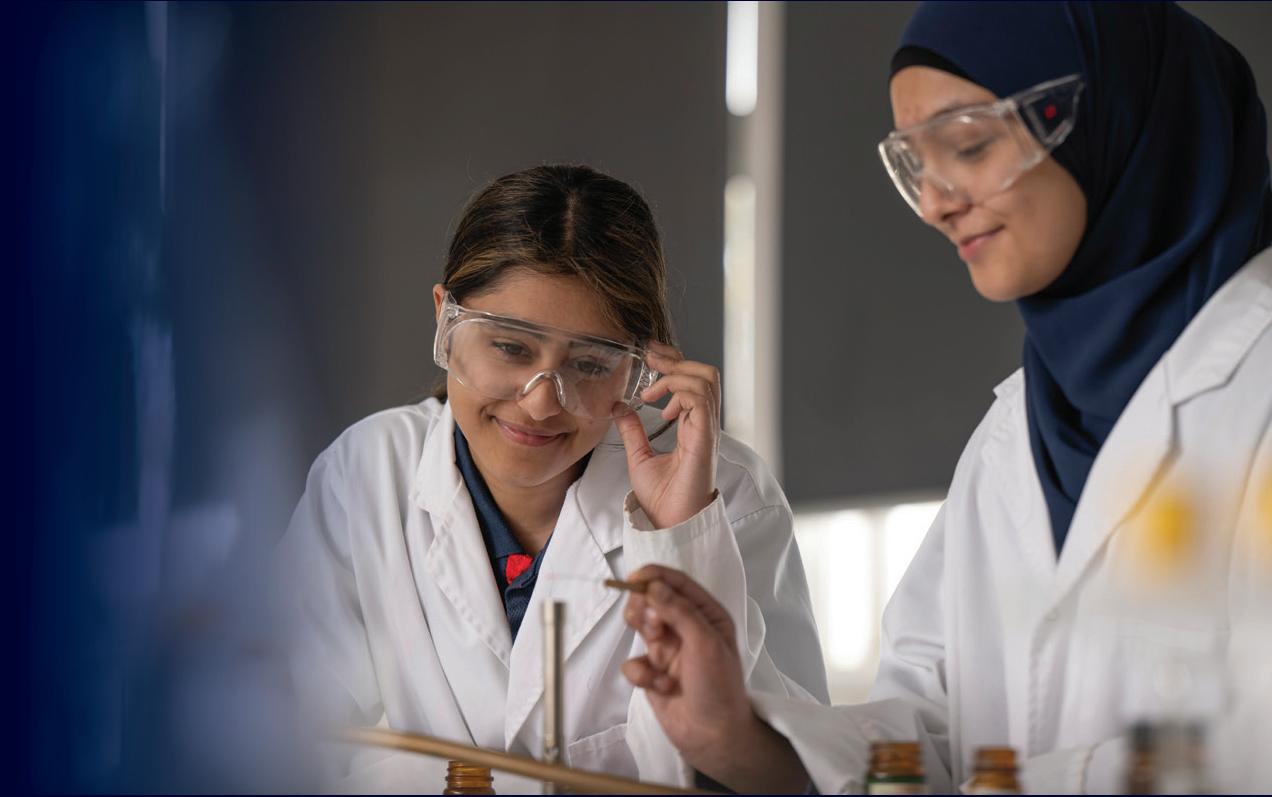









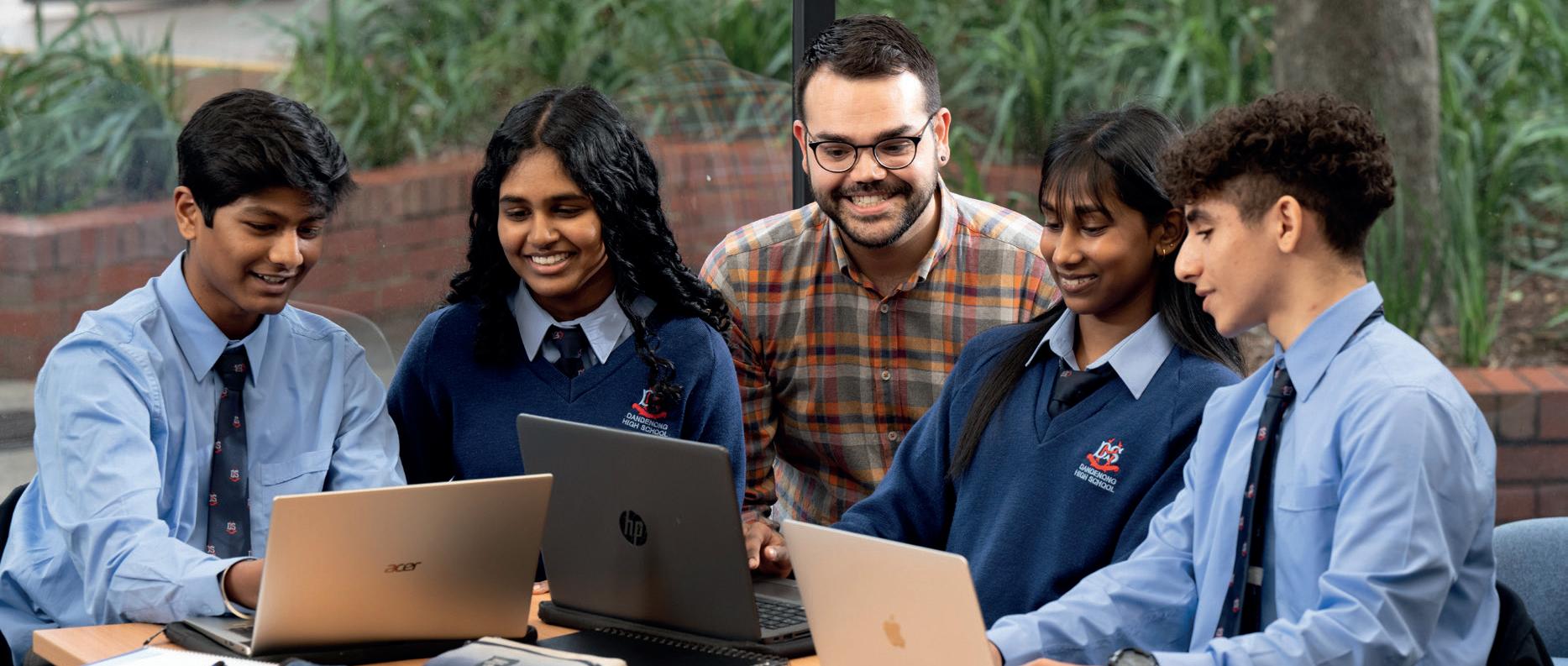
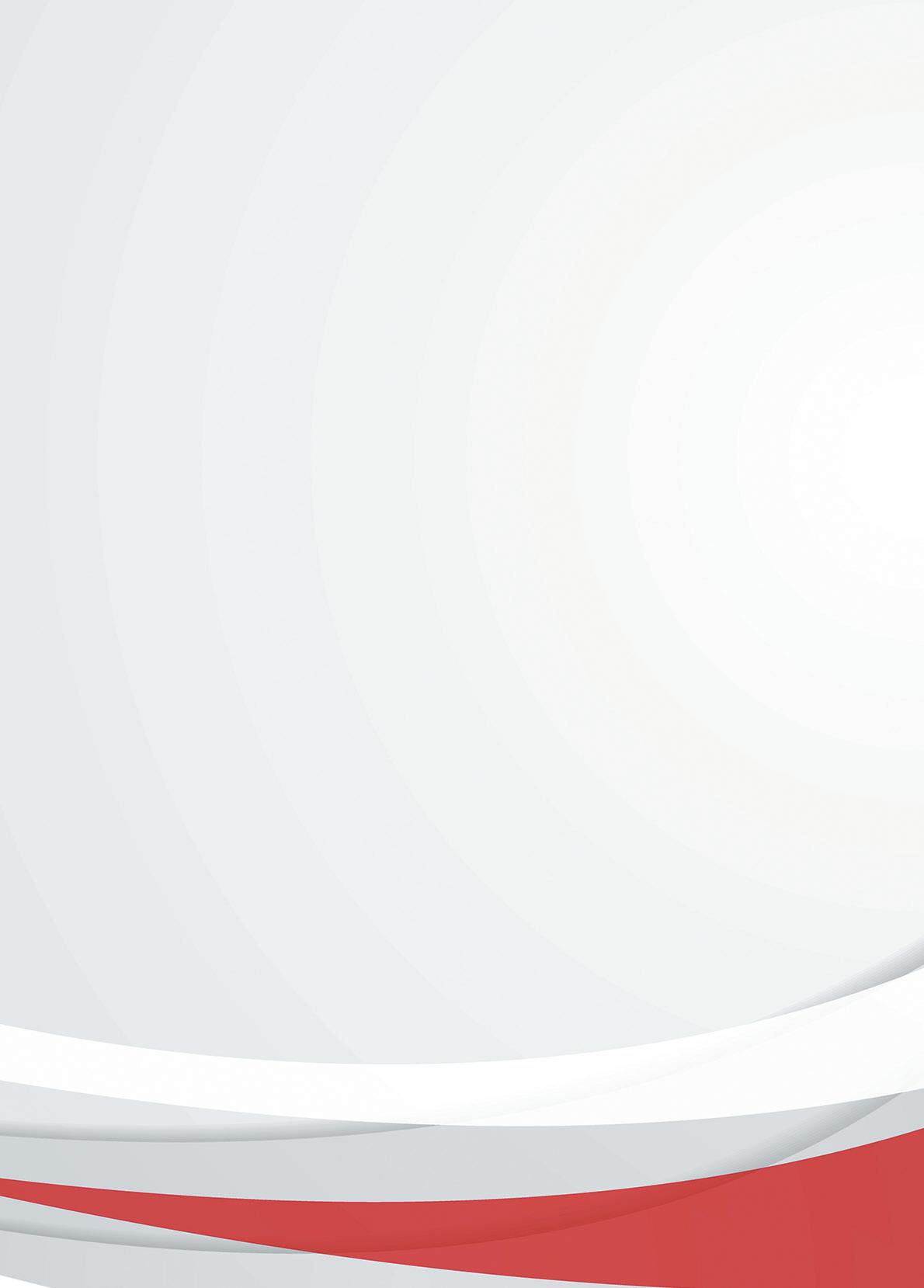
In 2024 EKC has re-launched our Elite Football Program. The new program will be overseen and in alignment with Essendon Football Club & Calder Cannons Coates Talent League Program Student athletes will have access to
Entry into the School Sport Victoria Premier competition
use of the 'Hanger' facilities & support from academy coaches to develop our program
Education sessions on game analysis, game plan, vision, physical performance, nutrition and individual performance run by Essendon Football Academy coaches and Calder Cannons coaches.
YEAR 7 to 9
Academy program including Year 9 AFL elective
YEAR 10
Football Program (1 year program)
YEAR 11 & 12
VCE & VCEVM - VET Sport & Recreation Football 12675386-KG16-24
APPLICATIONS FOR 2025
NOW OPEN

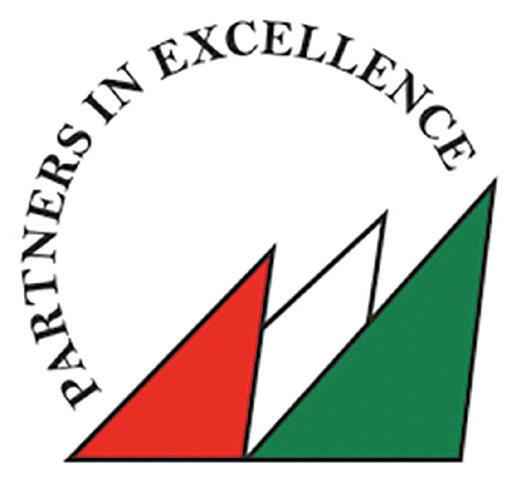

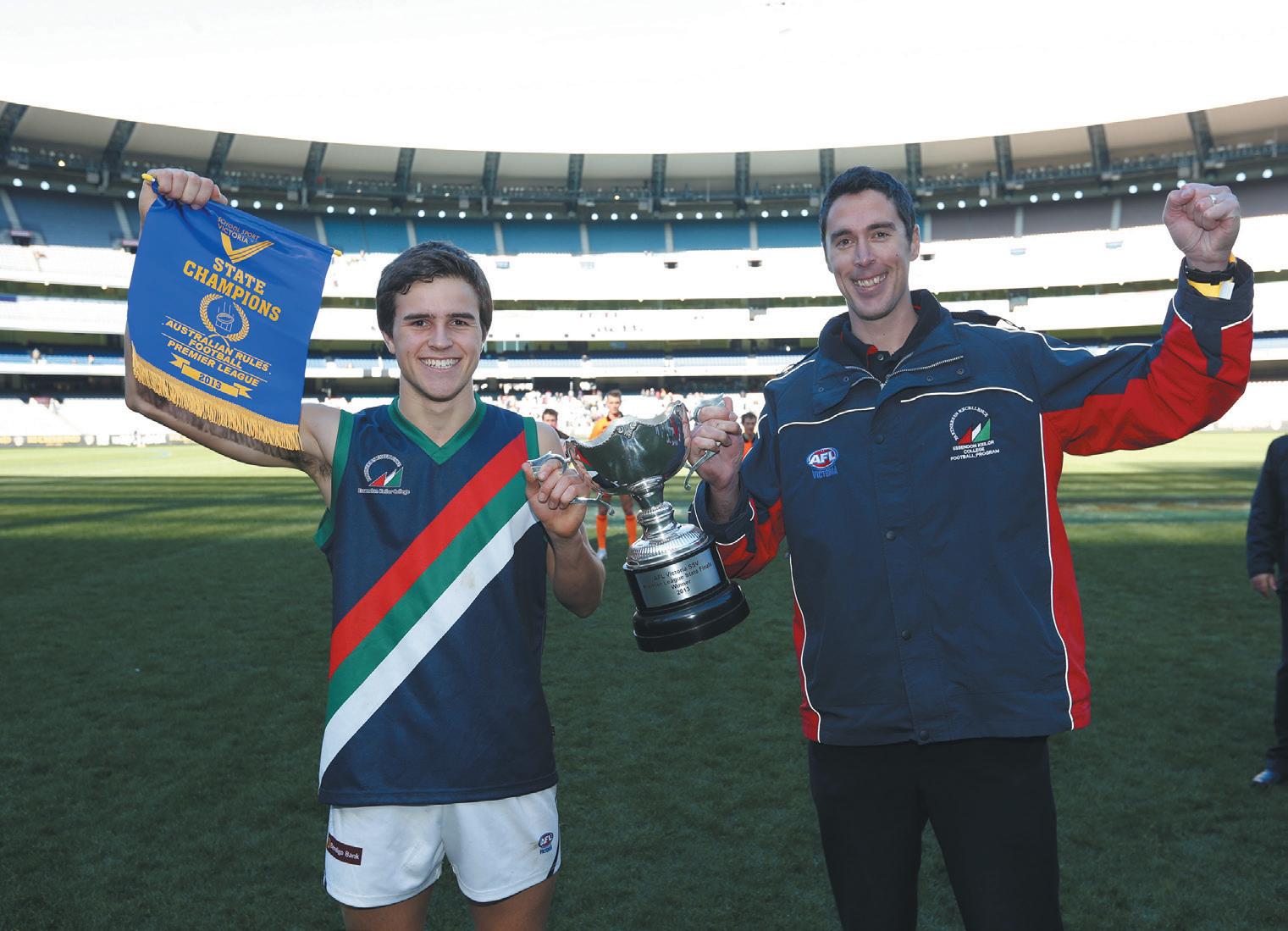
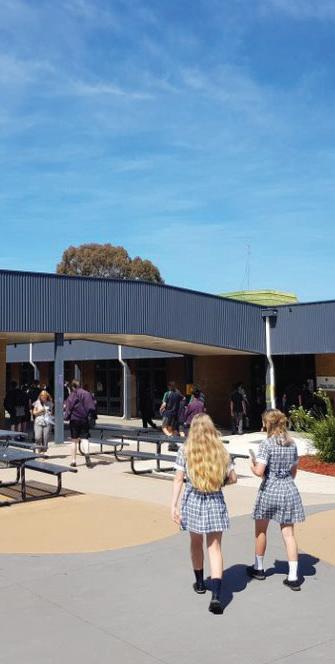
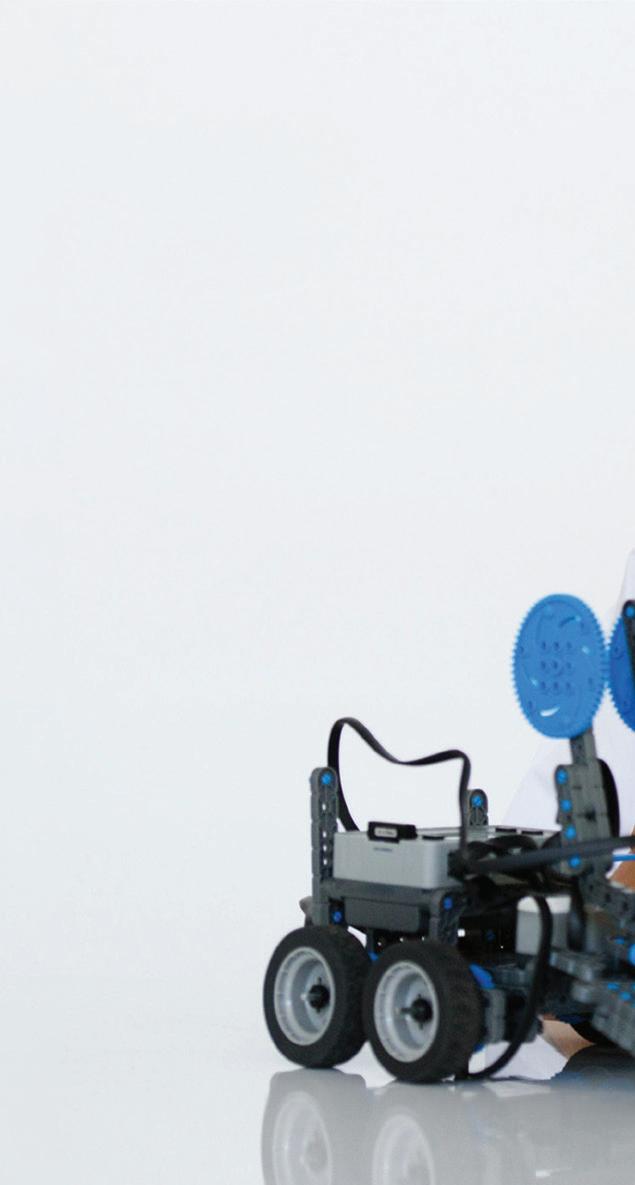
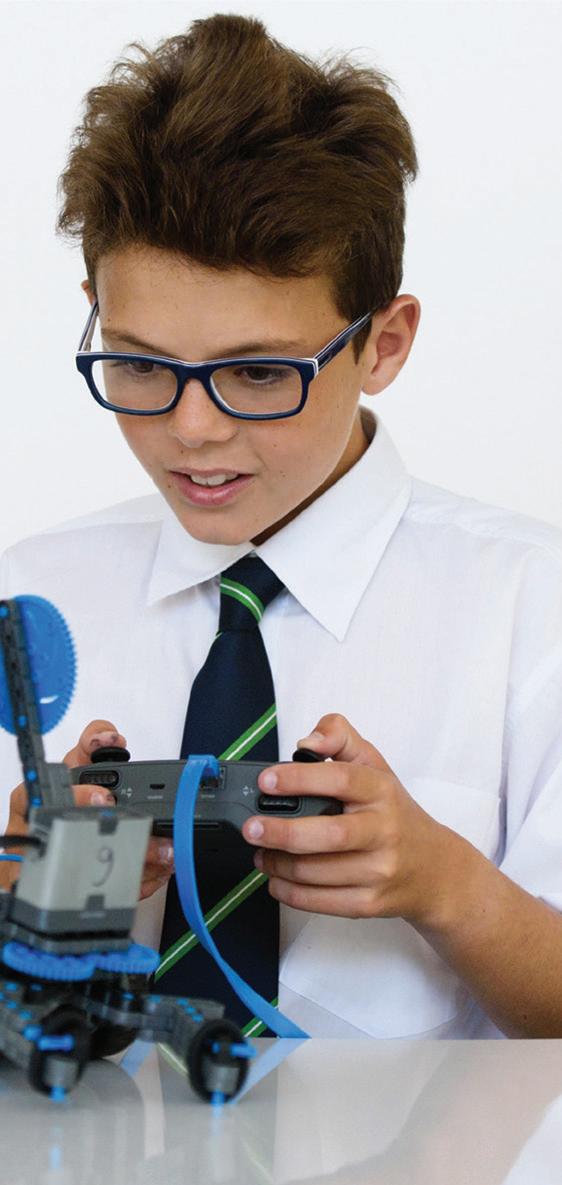
GLADSTONE Park is founded on a culture of respect: respect for the school, our peers and ourselves. From this, all aspects of school life follow.
Our highly dedicated staff work hard to bring out the best in students in everything they do. We provide conditions in which students thrive - high expectations, clear boundaries and the opportunity for students to be involved in all aspects of school life. Our facilities and grounds are maintained at the highest standard.
Our Curriculum
At Gladstone Park, our major purpose is to support students in achieving academic success, by giving them the best possible chance of gaining entrance into a course at a University/ Tertiary Institution or employment in their chosen pathway.
The school provides a core curriculum program in Years 7-9. Year 10 is predominantly elective based from a broad selection of subjects.
In addition, we offer two specialist programs - a Select Entry Accelerated Learning Program (SEAL) and an Italian Immersion Program.
Select Entry Programs
SEAL - Select Entry Accelerated Learning
Gladstone Park is a proud member of The Association of Accredited SEAL Schools, and has run a highly successful SEAL program for sixteen years. Students in the SEAL program experience the full curriculum offered at the college, however, they move through their learning at a faster pace. Years 7, 8, 9 and 10 are completed in three, rather than four years. In this way, the needs of gifted and high potential students are met by eliminating repetition and considerably increasing the pace and the depth of instruction. This gives these students the option of completing their VCE over three years.
Gladstone Park has had an Italian Immersion program for 11 years and is a flagship school for utilising the CLIL (Content and Language Integrated Learning) methodology. Immersion students learn language through content, and students in this program develop great concentration skills and mental agility.
Immersion students experience the full curriculum offered at our college while studying
Gladstone Park is the school of choice for many families and places in Year 7 are highly sought after.
Mathematics and Humanities in Italian from Year 7 to Year 9. During the Italian language classes students learn new vocabulary and grammar that will facilitate their content learning.
Gladstone Park students participate and excel in the arts, performing arts and sport. Our annual school musical, Art Show and music performances are acknowledged for their high production standard and students’ performance skills. We offer a wide range of sporting opportunities and many of our sports teams make it to Regional and State finals.
Gladstone Park is the school of choice for many families and places in Year 7 are highly sought after. We are keen for our local families to have access to our select entry programs and to offer programs that cater for our students’ learning needs. We have very limited places available in these programs and we are proud to prioritise our local high achieving students.
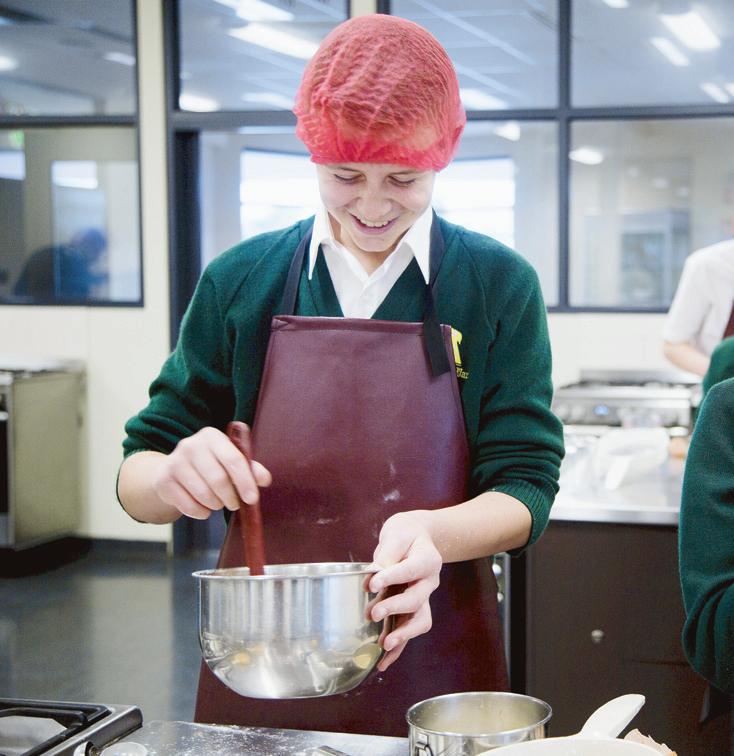



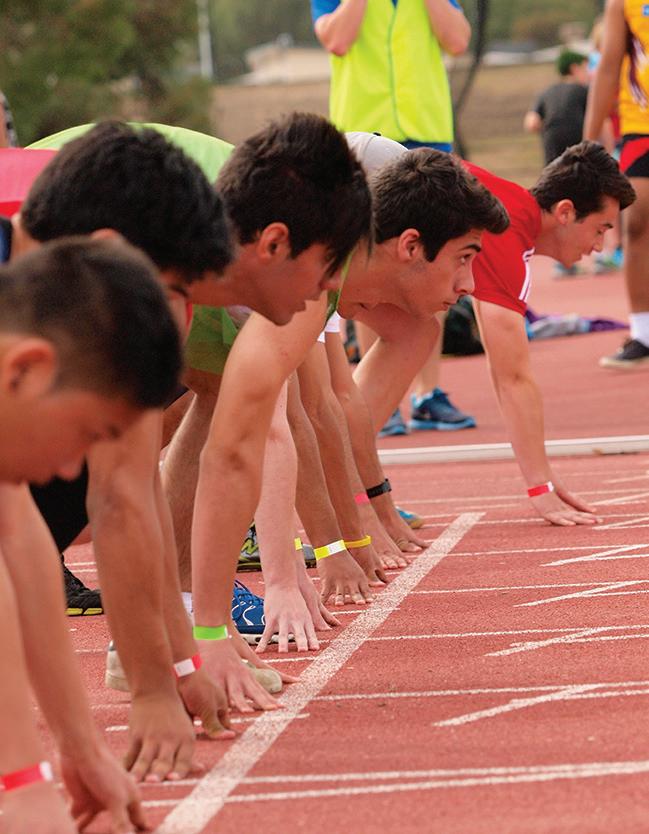
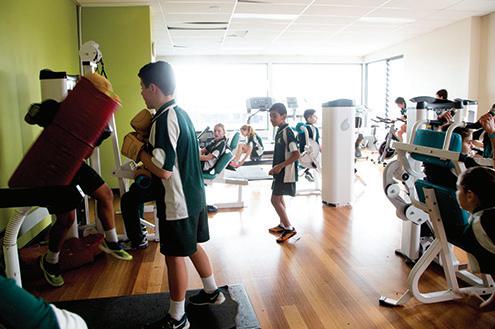
Wednesday 24th April 2024
• Culture of respect with firm, fair discipline
• Academic focus
• Vast extra-curricular program
• Excellent facilities
• Highly skilled and dedicated teachers
• Select Entry programs (SEAL & Italian Immersion)
• Broad selection of VCE and Vocational major subjects
Weekly school-in-action tours from March to May – see website for details

Gladstone Park Secondary College
14-36 Taylor Drive
GLADSTONE PARK VIC 3043
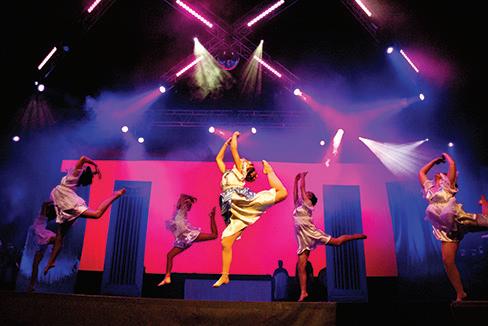
Phone: (03) 9933 0500
www.gladstoneparksc.vic.edu.au
Email: gladstone.park.sc@education.vic.gov.au
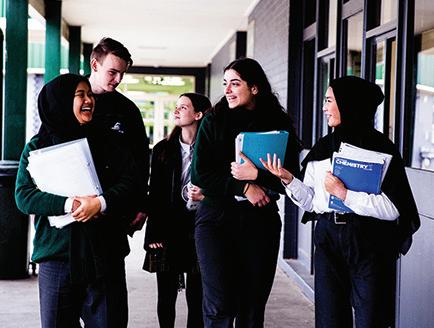


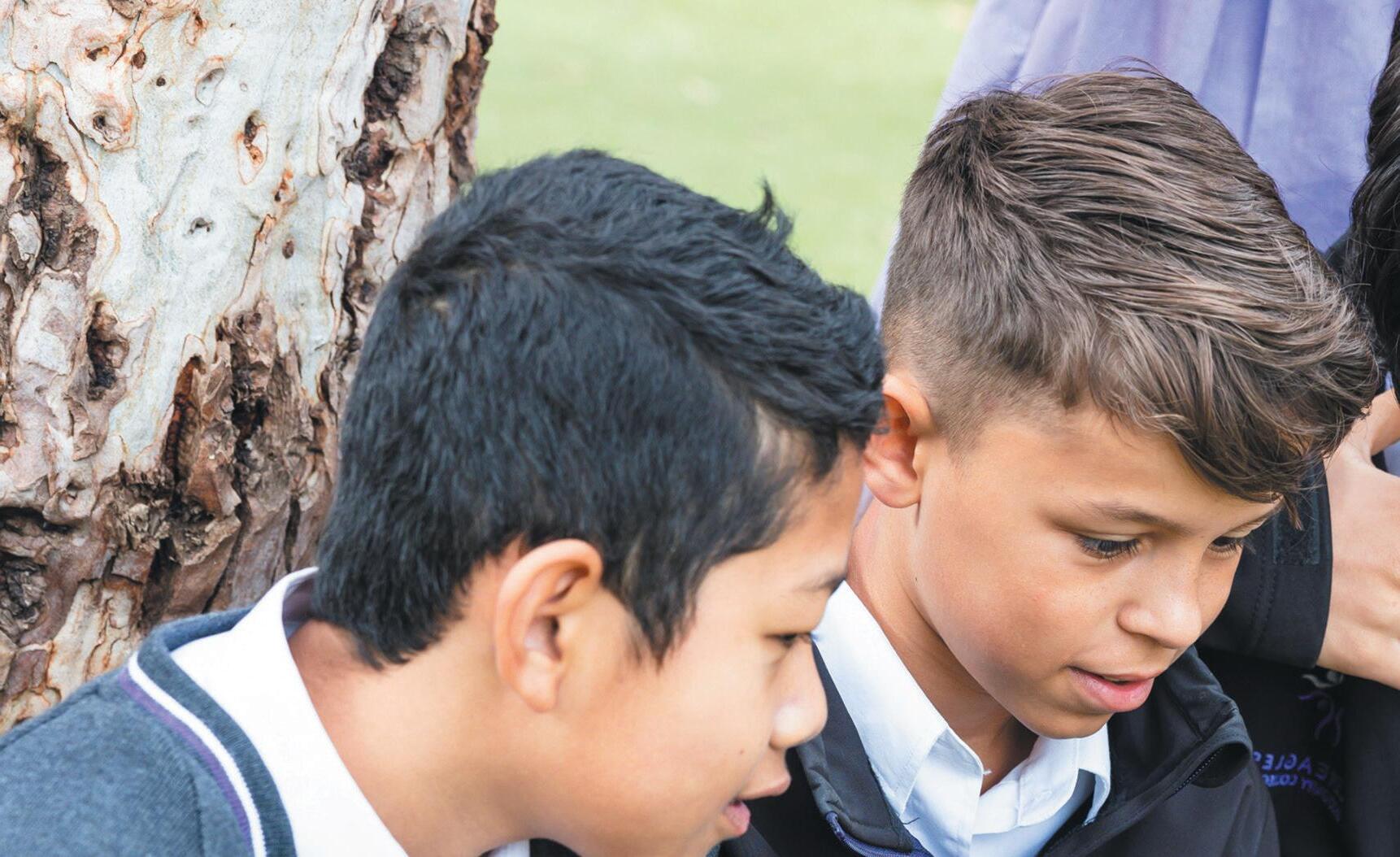
GLENEAGLES
Secondary College is committed to ‘empowering learners to be confident, resilient and successful’
This commitment is underpinned by our outstanding student outcomes, including VCE results above the state school average, and through our continued investment in supporting each and every student to achieve their personal best.
Our teaching approach aims to provide consistency for our students, as well as space for our teaching staff to be innovative, responsive and adaptable. The focus of learning is to support learning growth, particularly around Literacy and Numeracy, so that students are able to pursue their chosen pathways and to achieve their personal best.
We offer a broad VCE program that includes accelerated VCE options from Year 10, University Enrichment courses and access to vocational courses. Students can also elect to participate in our: Select Entry Academic Learning (SEAL) Program, Sport Academies, Performing Art Programs and Extension Programs across all learning areas. The SEAL Program is specifically designed for high ability students who have exhibited a passion for academic learning. In 2023 we introduced Enhancement Programs for Basketball and Soccer, forming strong affiliations with Melbourne Phoenix Basketball and Melbourne City Football Club. Whilst the college’s
Performing Arts offerings include our renowned Instrumental Music Program, annual productions and a thriving array of cultural performances.
We have strong partnerships with local primary schools and we support transition to secondary school with a dedicated Year 7 space, a mentoring program with senior students and access to scholarships across the college.
We are continuing to develop and modernise our facilities with the recent completion of our new state of the art senior centre and we are currently planning to develop an Art and Technology Gallery and additional Performing Arts spaces.
Gleneagles Secondary College is committed to developing happy, healthy and resilient children, with dedicated staff, that work to support students in and out of the classroom, and wellbeing support, including the Doctors in Secondary School Program. Our commitment is to develop partnerships with families to support our students to achieve their very best.
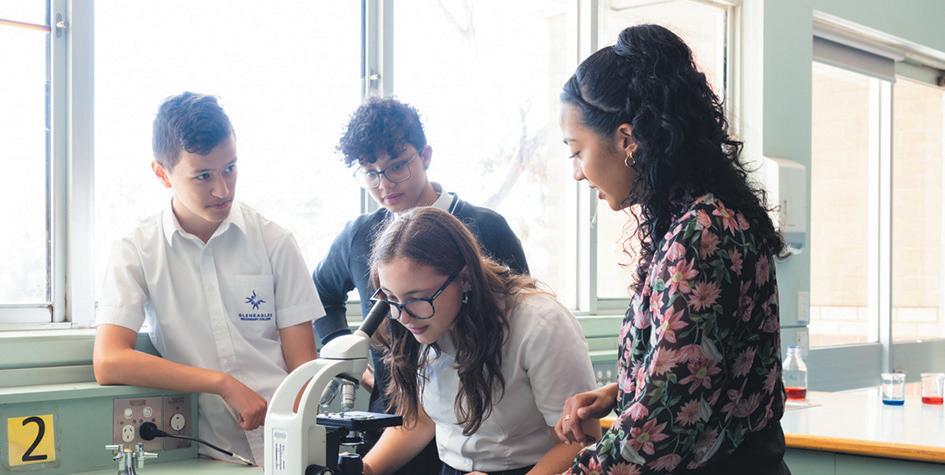
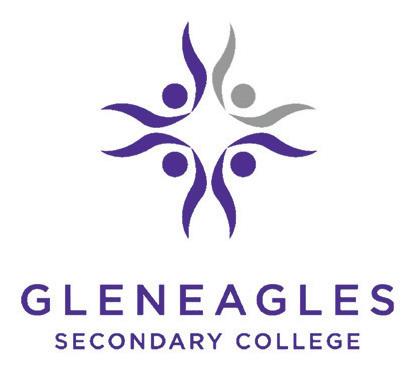

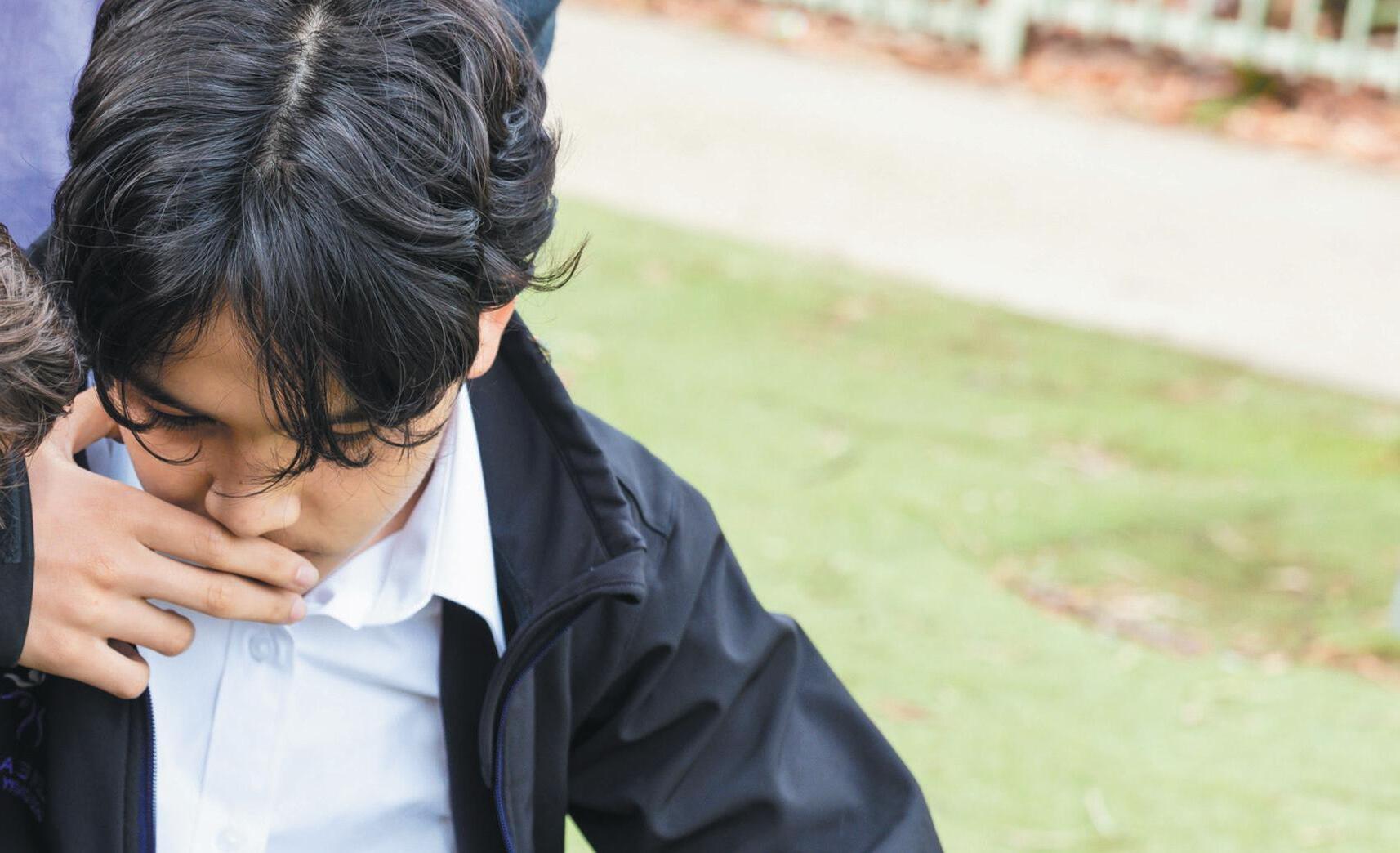





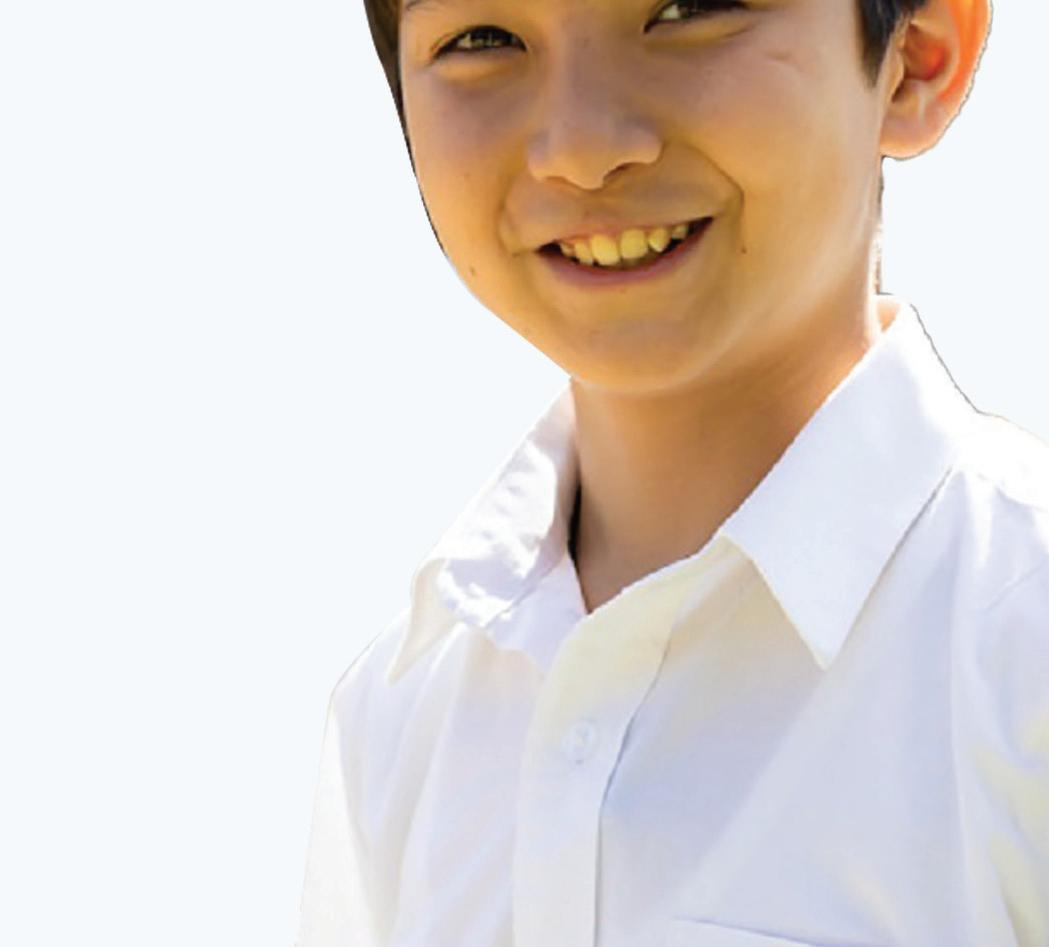

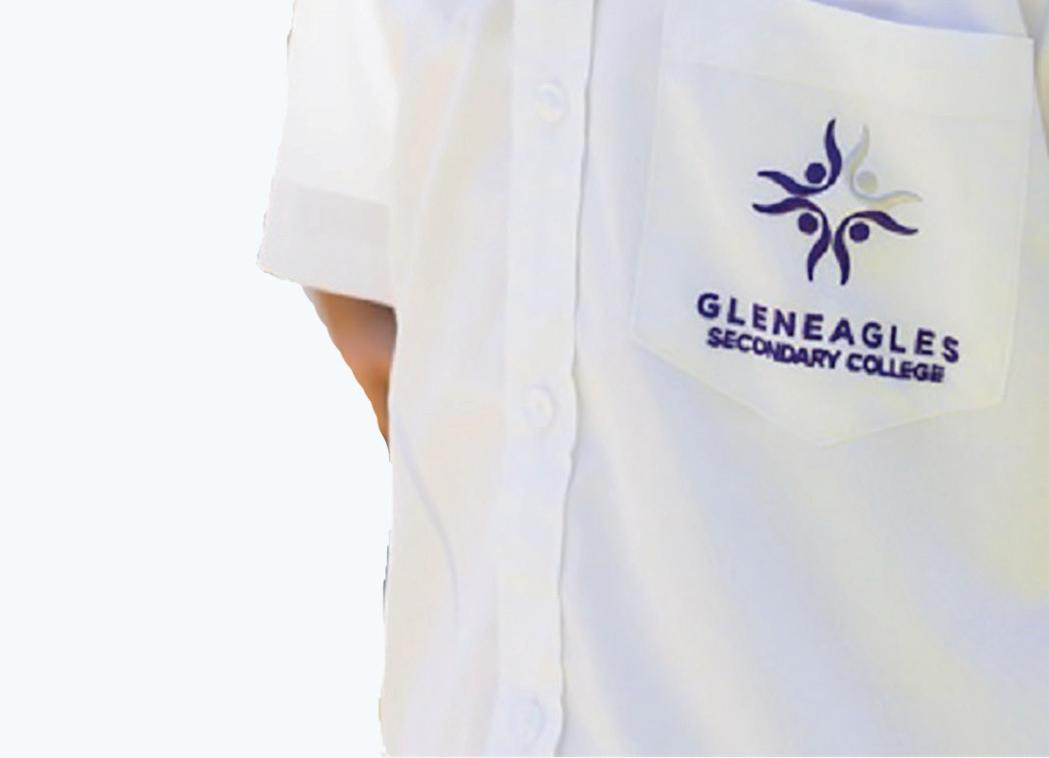
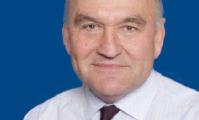
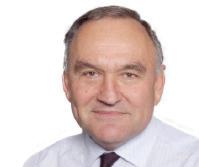
IT is a fair question given the coverage of a wide variety of important and even contentious topics and issues that have been canvassed widely in the mainstream media recently, all of which impact in some way or another on schools. Let’s start with a summary of the major ones.
Vaping – an increasing and disturbing trend has been identified, with children as young as 10 years identified as taking to vaping. The problem escalates alarmingly as children enter their teenage years, with already one in seven 14 to 17-year-olds vaping regularly. Health authorities warn that this is ‘putting their brain development and future health at risk’. Federal Health Minister Mark Butler has identified vaping by children as ‘the number one behavioural issue now confronting our schools’.
Then there was the report generated by the Australian Bureau of Statistics (ABS) from their National Health Survey showing that an increasing number of children are skipping fruit and vegetables. Accompanying this drop in eating of fruit and vegetables by children is an increase in children whose weight falls outside their normal range. Disturbingly, an increasing body of research is demonstrating a link between poor diet and a growing number of adolescent children experiencing long-term conditions such as depression, anxiety and allergies. Worryingly, Australia has one of the highest rates of allergies in the world, with food allergies affecting 10 per cent of 12-month-olds and 5 per cent of school children aged 10 to 10 years – these findings focused on Melbourne alone. Of course, other factors, such as environment and heredity contribute too.
Professor Adrienne O’Neill of Deakin University’s Food & Mood Centre cites an interesting study from 2023 which showed that children who ate a dietary pattern with whole grains and dairy during school years had larger brain volumes two years later, while those consuming Western-style pattern (more snacks, processed food and sugar) in infancy and school age was associated with lower global brain volume.
In terms of academic achievement by children, controversy reigns. With regard to VCE results, co-ed schools narrowly pip single-sex schools, an interesting finding and one which drew guarded opinions from different academics. Dr Kate Lafferty from la Trobe University’s School of Education agreed with Centre for Independent Studies research fellow, Trisha Jha that definitive conclusions could not be drawn on the raw data alone. Other factors must be taken into account before definitive conclusions can be drawn as to whether students performed better in a single-sex or co-ed environment.
For example, girls consistently outperform boys in reading and writing in NAPLAN exams, so that would naturally translate to success in VCE tests. The fact that boys so clearly perform less well in reading and writing tests than girls is, of itself, an issue worthy of deep consideration.
The forever debate regarding reading approaches in schools erupted spectacularly, with Dr Jordana Hunter, Grattan Institute Education Program Director calling for into question the ‘whole language’ approach to teaching reading and in doing so, strongly recommending a strengthening of the phonics approach to the teaching of reading. A Landmark study by the Grattan Institute had shown that one in three Australian and one in four Victorian children can’t read properly. The report concluded that current teaching methods emphasis on whole language approaches, be ‘banished’ and replaced by phonics. It is worth remembering many schools adopt a blended approach to the teaching of reading for reasons based on research that show a phonics only approach does not suit all children. Nonetheless, the debate rages.
The issue of crippling HECS debts for tertiary students was also in the limelight in recent times, with cross bench federal politicians calling on the federal government to halt the yearly rise to student debt set to hit almost three million Australians amid a cost-of-living crisis. The current average student debt of $26,000 could increase by more than $1,000 later this year, unless changes are made. HECS fees as they stand are hardly an incentive in these tough economic times for students to embark on a tertiary education at our universities.
As if all this was not enough, the Victorian public was informed that private school enrolments are currently growing at record levels. Most growth in in independent schools (65 per cent) came at low-fee schools, those charging $8,125 or less per year, according to ABS Schools Data. The Grattan’s Institute’s Nick Parkinson said this trend in enrolment growth in independent schools in Victoria was part of a fiveyear trend with their growth of 13 per cent outstripping that of the enrolment growth of 4 per cent in public schools. Unsurprisingly, spokespeople from the independent school sector proffered the view that this was related to the quality of education that they provided.
Contradicting this argument was the evidence, which came to light, from an international study by the Organisation for Economic Development & Cooperation (OECD) that private schools offer little educational benefit despite fees hitting almost $50,000 a year at the top end. The higher grades attained by private schools are mainly due to the socio-economic status of the students, not the education offered the report indicated. In fact, 15-year-old students from public schools internationally do better in maths once the social disadvantage of the cohort is taken into account. This concurs with results from most other countries included in the Programme for International Student Assessment (PISA) tests.
Furthermore, analysis from Trevor Cobbold, from Save Our Schools (SOS) in 2022 shows that Catholic and independent schools had the biggest declines in their international results since 2009 with students losing nearly two years of learning in maths, science and reading. This was nearly three time that in public schools.
Most significant of all, I would argue, is the attention that has been given in recent times to the cruelly unfair state of funding by state and federal governments of our public schools compared with the funding provided to nongovernment schools. Almost all non-government schools are funded at 100 per cent of their defined School Resource Standard (SRS) with a significant minority receiving above the 100 per cent. By contrast, there are precious few public schools receiving 100 per cent of their notional SRS entitlement, with most receiving significantly less and this situation, at the moment, is set to
continue for up to 5 more years.
By the way, the SRS funding determined that each school should receive, is defined as the minimum amount schools should receive so as to provide an adequate education for each student.
Everyone knows that the teaching profession is currently in a crisis situation and competition for staff and students between public and private schools is at a premium. Let’s not forget that two thirds of all students still attend public schools and within that amount the vast majority of students from disadvantaged backgrounds and special needs attend our public schools.
Furthermore, analysis from Trevor Cobbold, from Save Our Schools (SOS) in 2022 shows that Catholic and independent schools had the biggest declines in their international results since 2009 with students losing nearly two years of learning in maths, science and reading. This was nearly three time that in public schools.
With this in mind, it is worth contemplating the fact that taxpayers, the majority of whose children attend public schools, support this iniquitous state of funding to independent schools via their taxes. It certainly galls professionals in the public system that taxpayers’ money contributes to the bleeding of staff and students from our public schools. All the more so, when the evidence in terms of learning outcomes favours our public schools.
Henry Grossek, Principal, BerwickLodge Primary School Host: The Viewpoints Podcast Host, Viewpoints, Casey Radio 97.7FM www.caseyradio.com.au
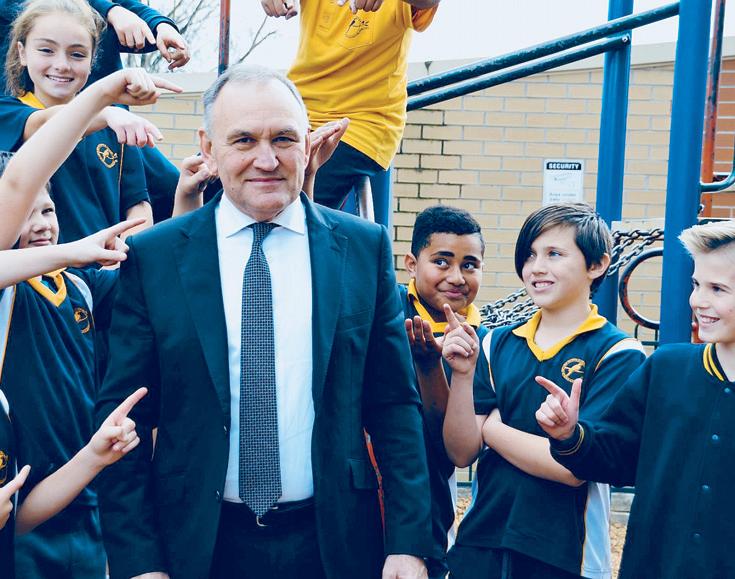
AN exciting change is happening at Hallam Senior College. The College has begun the process of being reorganised and expanded to cater for the growing demand in Melbourne’s south-east and provide families with a quality local school for their entire secondary schooling journey. The school has been renamed Hallam Secondary College and will progressively move to a Year 7-12 school over the next three years.
Through our Values (Achievement, Care and Equity) we will ensure every student learns and achieves with the knowledge, skills and dispositions for lifelong learning while assisting them to be ready to take their place as positive contributors to their local and global community.
Everything we do is focused on identifying and maximising individual potential, through the use of the very best tried and tested teaching and learning practice within a supportive and caring environment.
Our mission is to provide a comprehensive and guaranteed high quality education program that ensures ‘Success for All’.
Our aim is to create a school which is:
■ a true learning community
■ a place students wish to attend, staff want to work and parents feel welcome
■ fulfilling student potential and,
■ preparing students for life beyond school
As a small to medium size secondary school we have the advantage of being able to know every learner as an individual.
Despite being a smaller secondary the new school will have an extensive range of Senior Pathways available to our students including VCE (both traditional Academic and the new Vocational Major), the highly regarded Sports Academy in Years 10 to 12 and access to the largest VET provision of any school in the Region.
A multiple pathway approach provides opportunities for all students. Whatever the next step, students finishing at Hallam Secondary College will have formed a clear sense of what they want to achieve and the pathway to this outcome.
Our College has a reputation for challenging students to be involved in a range of activities which help shape them as a learner and active community member. We expect our students to work hard, be involved in the wide range of extra curricula activities and be active members of the local community.
Students work closely with the staff, professional course advisors and experts from industry to shape their choices.
Staff are committed to student success. The quality of our teaching and support staff is excellent, making a significant difference to student outcomes. Targeted enhancement programs across the Academy structure assists students to reach their potential.
Appreciating and embracing different backgrounds, cultures and identities is built into our school curriculum and celebrated through specific community events.
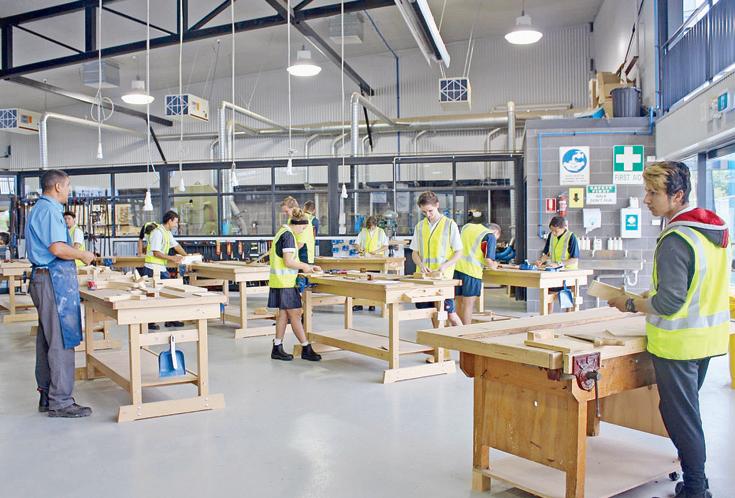
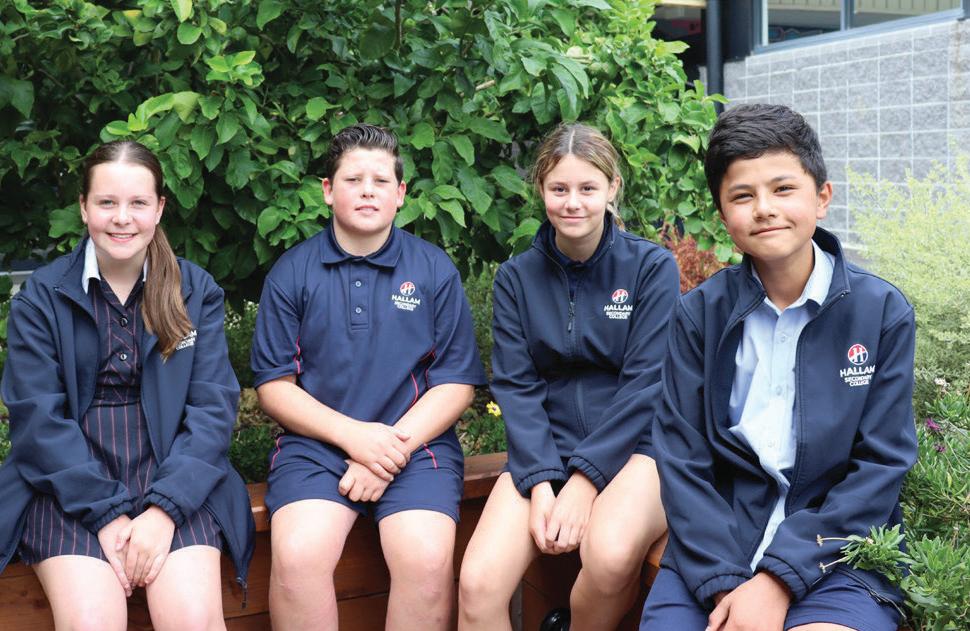
HEALESVILLE High School is a school with a long and proud history of servicing the local community. Since its inception, the school has established an excellent reputation as an inclusive and caring educational community with a strong focus on academic performance and personal development. As a school community we understand and know our students, their strengths and areas for improvement. We work to develop students into well rounded individuals, ready to be successful on a local, national and global scale.
Healesville High School has outstanding specialist facilities including a fully equipped performing arts centre, Mac and PC computer laboratories, a purpose-built art exhibition space, a permanent examination centre, modern science laboratories and library and extensive sporting facilities. The state-of-the art Trade Training Centre complements extensive senior school facilities and allows the delivery of on-site vocational courses in Building and Construction and Automotive. The school grounds are modern, expansive and take advantage of our beautiful setting.
We provide students with an abundance of varied experiences. These include an outstanding instrumental music program, an annual production, a yearly interactive art and technology exhibition, interstate and international camps and leadership programs to develop students. In addition, students have access to an exceptional Outdoor Education program and the opportunity to compete in a range of sports at a district level. Our focus remains firmly on providing students with consistent and authentic opportunities for development. We know each student and provide
personalised experiences for each of them.
We offer a number of individual pathways at the senior level. Small class sizes allow for individual attention in a supportive and inclusive environment. Students also have access to a broad range of Vocational Education and Training subjects, enabling engagement in industry-based learning and a further expansion of the educational experience.
Students have access to additional educational supports to ensure their continued academic growth. These include individual and small group tutoring for students requiring extra support in literacy and numeracy and also students who benefit from being extended and challenged. Staff are generous with their time and after school classes and support occur regularly. This extra support, coupled with our intimate understanding of our students, allows us to meet their needs and get the best out of every student.
Community is important to us and we are not only proud of our school community, but also the wider community we are part of. We support local businesses, have many valuable partnerships with local charities and organisations and we have strong connections with local primary schools.
All students entering Healesville High School are given every opportunity to improve and develop into well-rounded adults. Our staff are caring, dedicated and committed to supporting students to be their best.
We welcome prospective students and parents to attend our Open Night and to arrange a personalised tour.
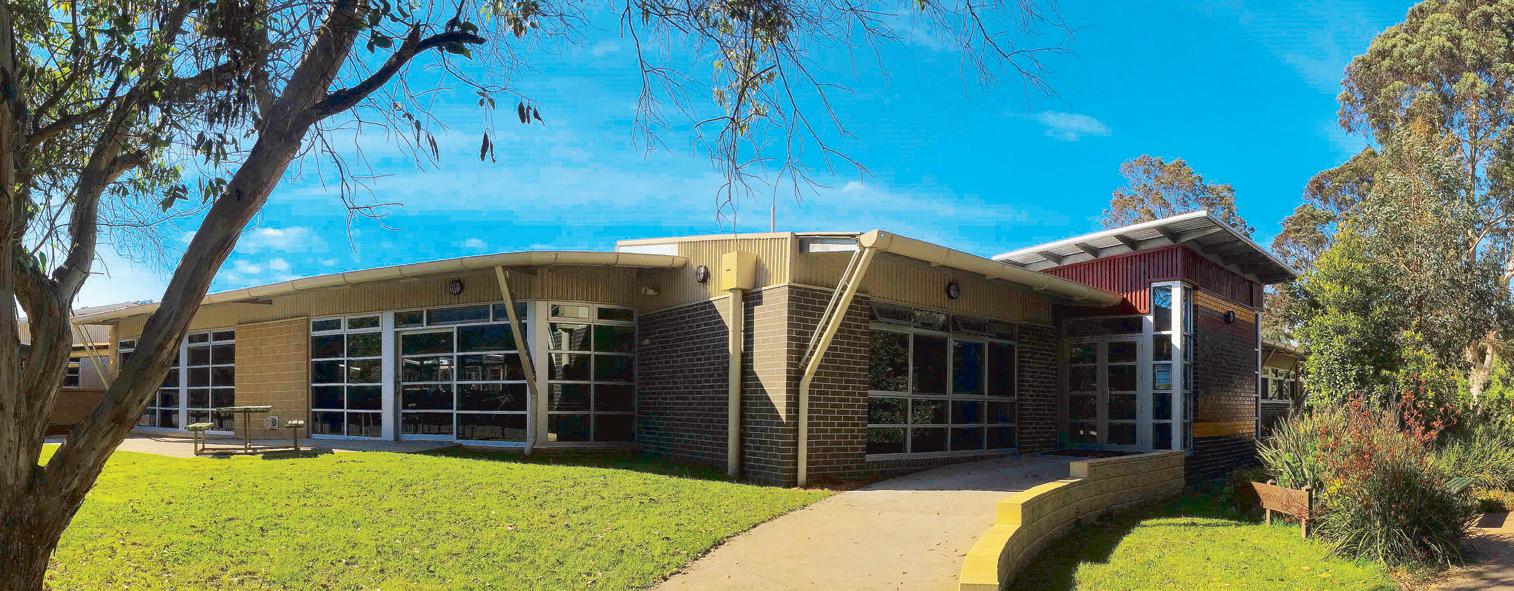
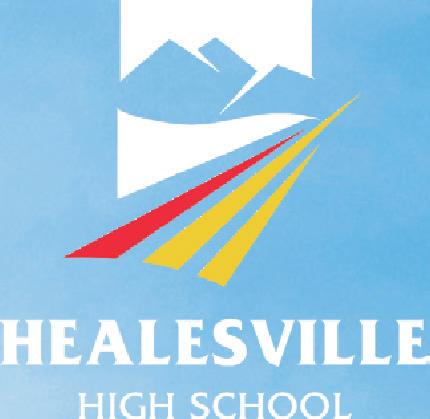
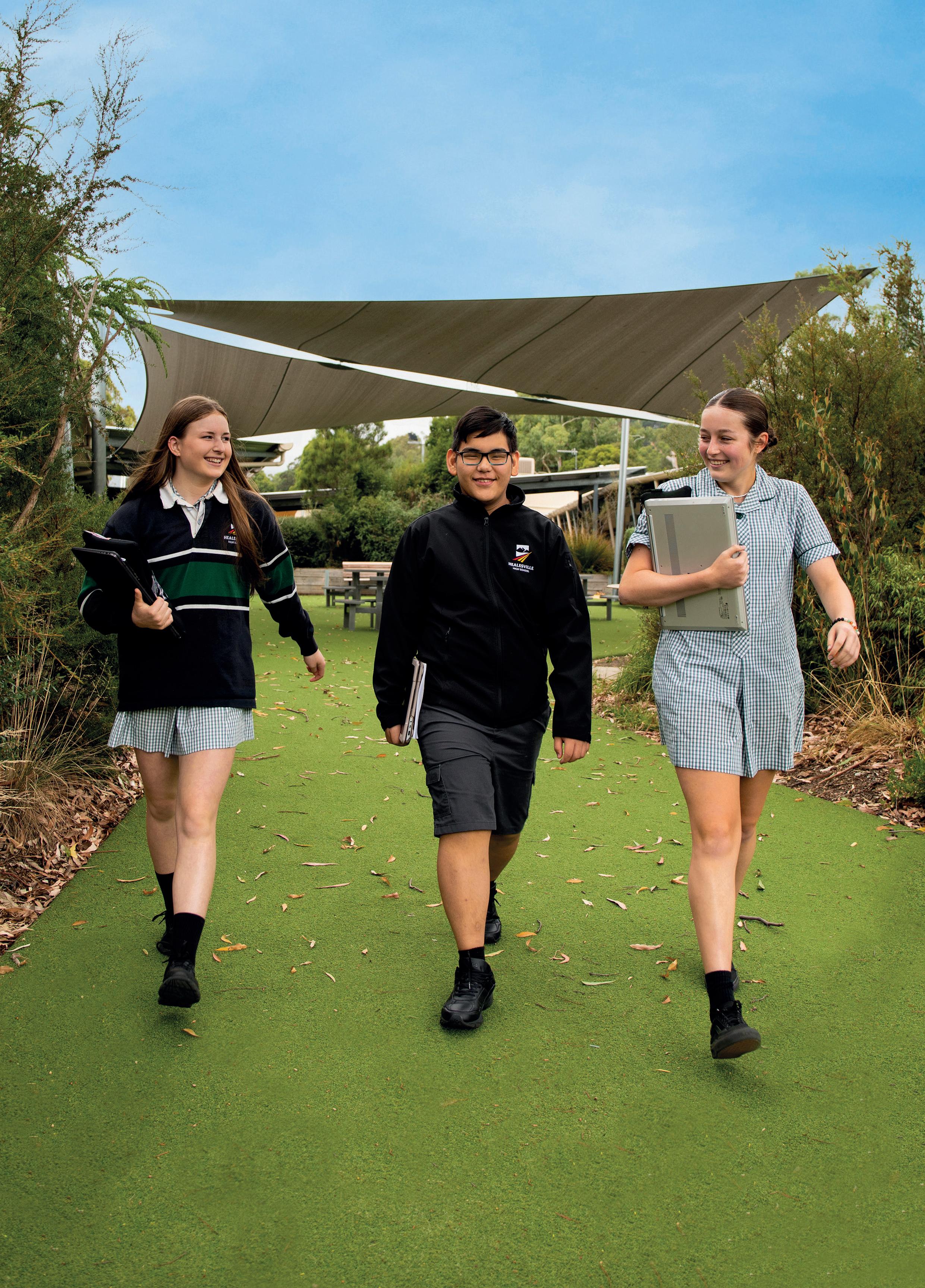


AT Highvale Secondary College, students achieve academic and personal excellence. Students are empowered to take responsibility for their learning and encouraged to contribute positively to their community. We see every student as being unique, guiding them to reflect, set and to achieve their goals. Our students succeed in their applications to tertiary education after targeted support through the secondary school years.
Highvale students have been very successful in their VCE.
■ In 2023, 100% of Year 12 students completed their VCE with the highest ATAR of 99.15.
■ Many of our Year 12 students receive first preference offers from Melbourne’s top universities. 94% of students accepted offers from the University of Melbourne, Monash University and Deakin University reflecting the high academic standards of teaching and learning at the College.
Our School Wide Positive Behaviour Support (SWPBS) framework aims to create and maintain a positive and safe learning environment, and student voice is encouraged through the SRC. Our values are:
■ Respect – consider the feelings of others and me.
■ Responsibility – support learning by managing time and resources effectively.
■ Resilience - persist when things are difficult.
■ Excellence in our achievements and ambitions.
■ Integrity in our actions and relationships.
Our Learning and Teaching programs are designed to cater for the learning needs of all students through differentiation to ensure that they are challenged. We have a vertical structured curriculum program that offers a broad range of subjects as students make choices based on interest and ability, not just on their year level.
The highly recognised Instrumental Music Program enables students to develop skills and expertise, providing a valuable co-curricular experience. Students can learn and play a variety of instruments, including strings, brass woodwind, percussion, and voice.
Our music students have the opportunity of
We see every student as being unique, guiding them to reflect, set and to achieve their goals. Our students succeed in their applications to tertiary education after targeted support through the secondary school years.
performing in several bands and ensembles within the school and throughout the wider community.
The Robotics and 3D Printing Program allows students across year levels to exercise their creative thinking, problem-solving, and teamwork skills. Students are taken through an engineering process to design and test their robots and our team has been successful in both Regional and Local Robotics Competitions.
Highvale’s grounds, buildings and facilities are modern and well-maintained including specialist spaces for all learning domains, a purpose-built Theatre, a well resourced Library, Careers Centre and Wellbeing Centre providing a welcoming and safe space.
Our Senior Study Centre provides a collaborative study space and is supervised to ensure students maximise this area. We also offer free VCE Tutoring and Homework Club.
Students can access numerous recreational spaces, including our gymnasium and hardcourt surface basketball courts, large oval, and outdoor table tennis tables. They are encouraged to explore a wide range of physical activities such as Swimming, Cross Country and Athletics Carnivals and Interschool sports. We also have established gardens and large shaded spaces that provide tranquil areas for students to relax and catch up with friends during recess and lunchtimes.
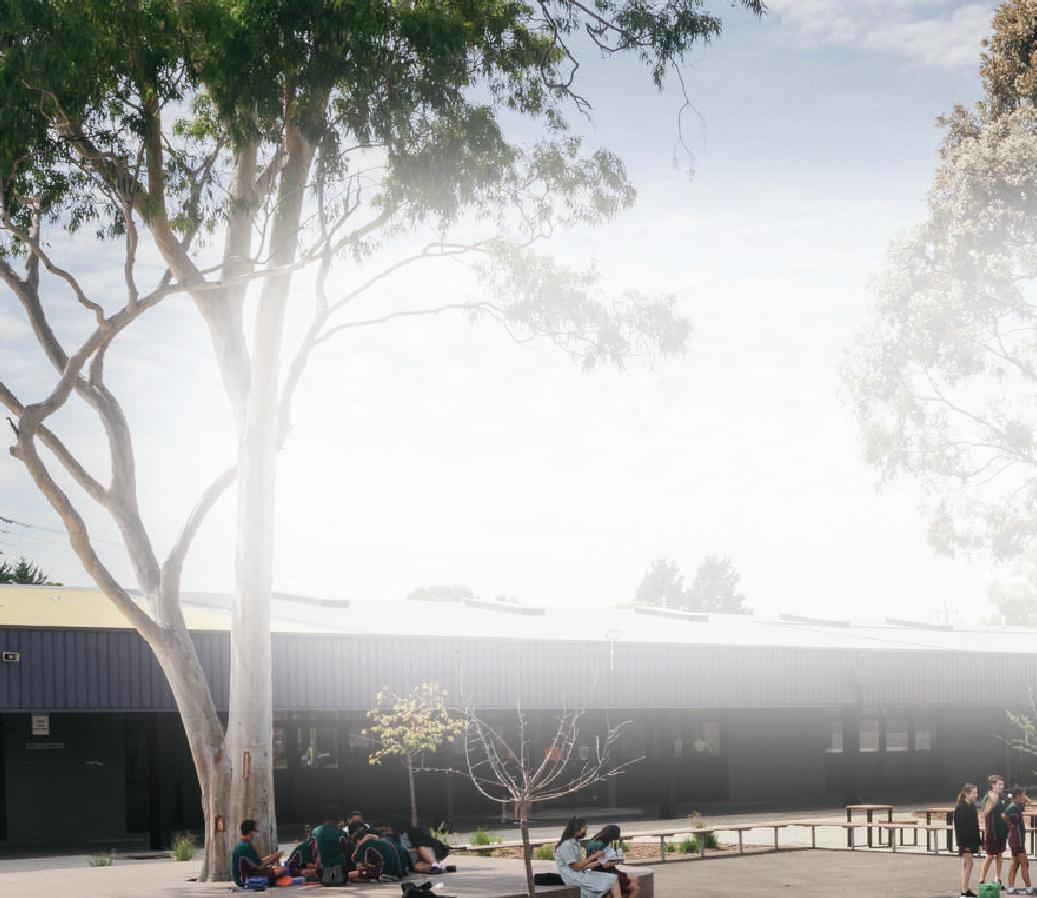
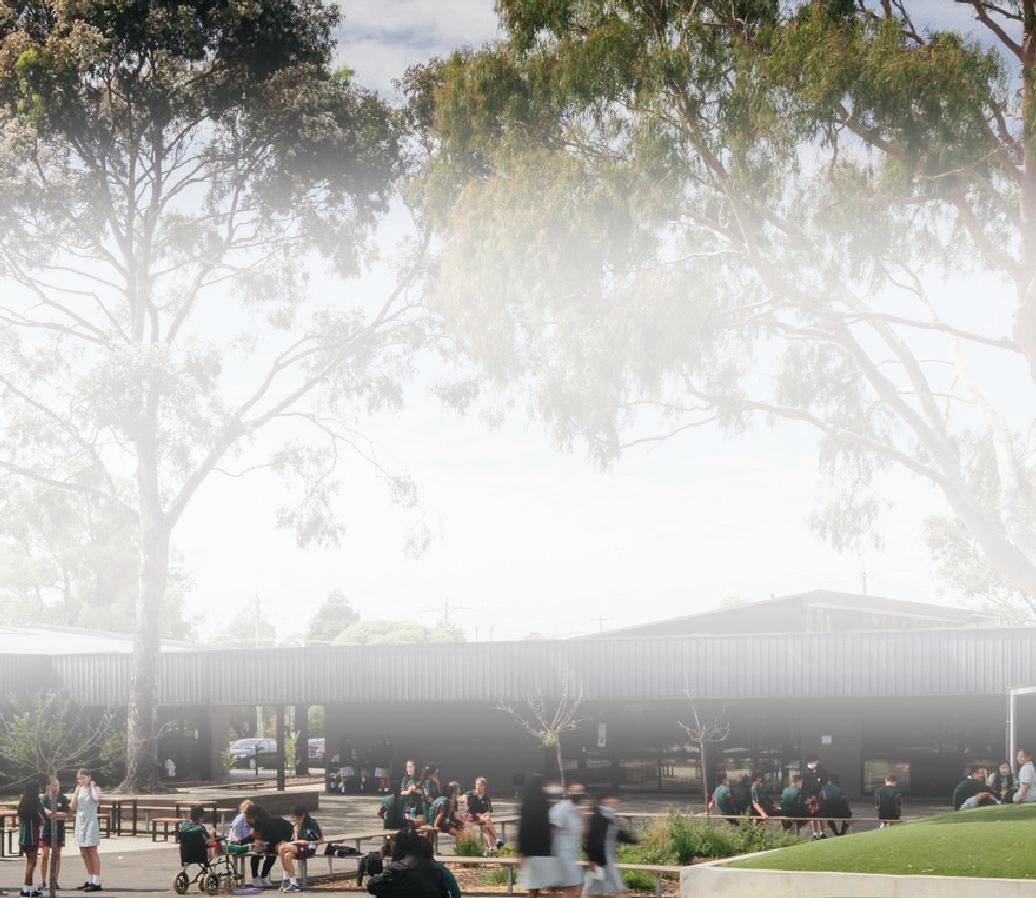
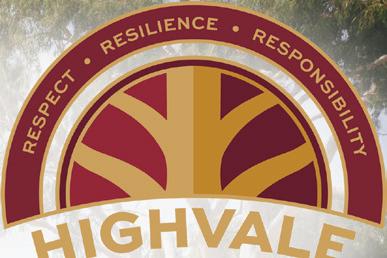
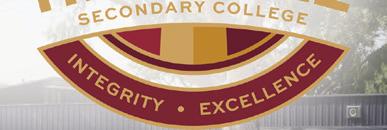
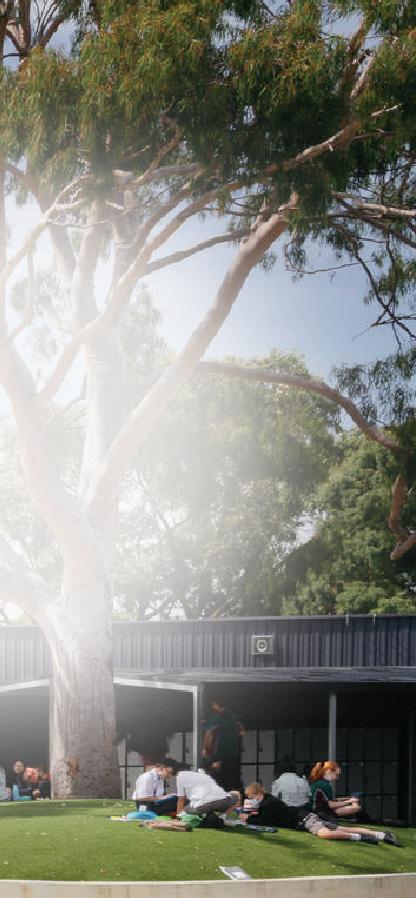
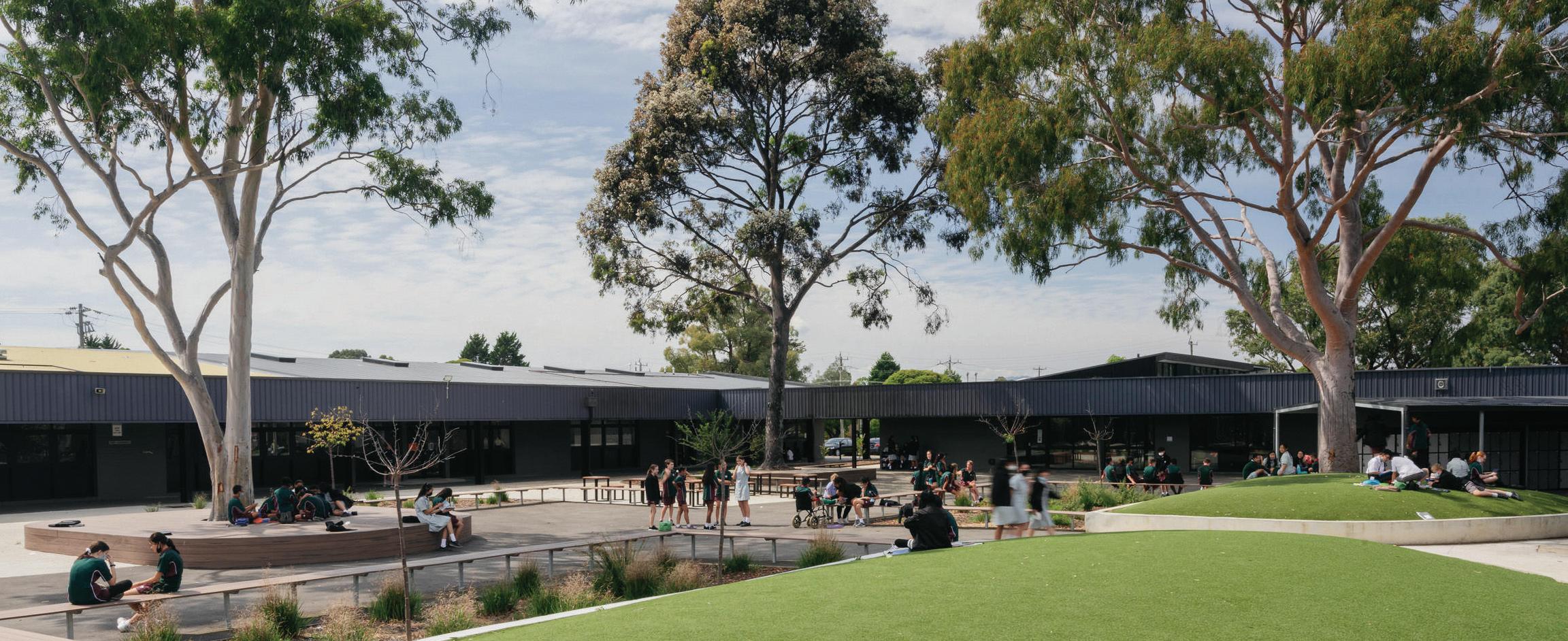
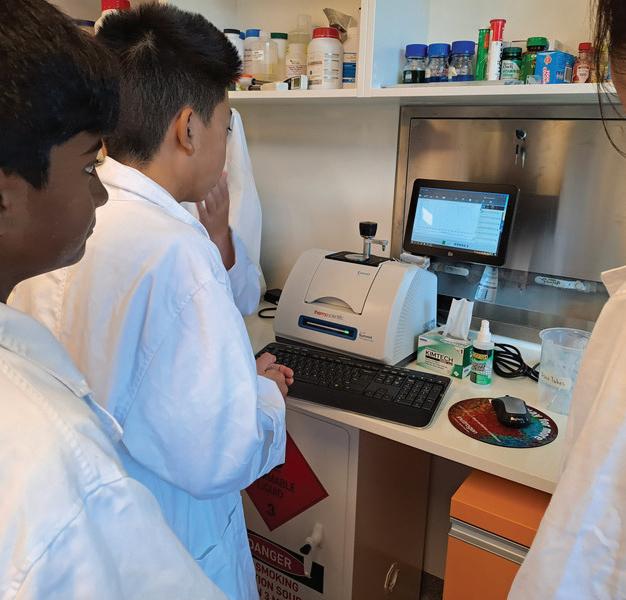
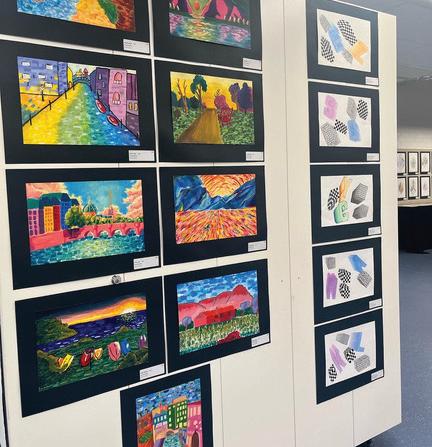
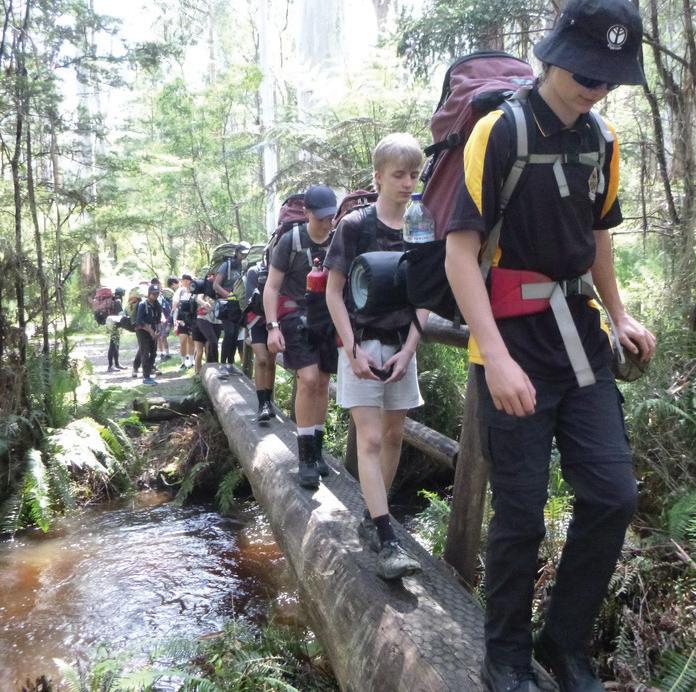
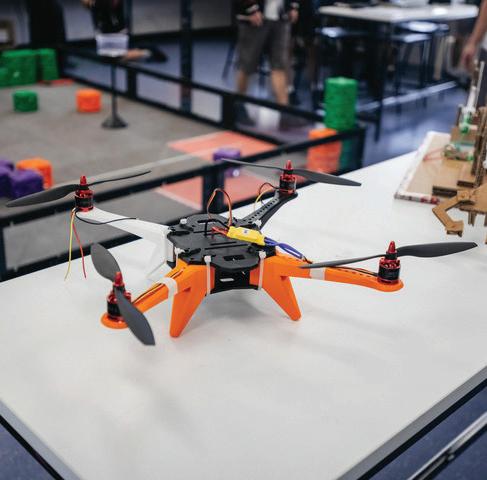


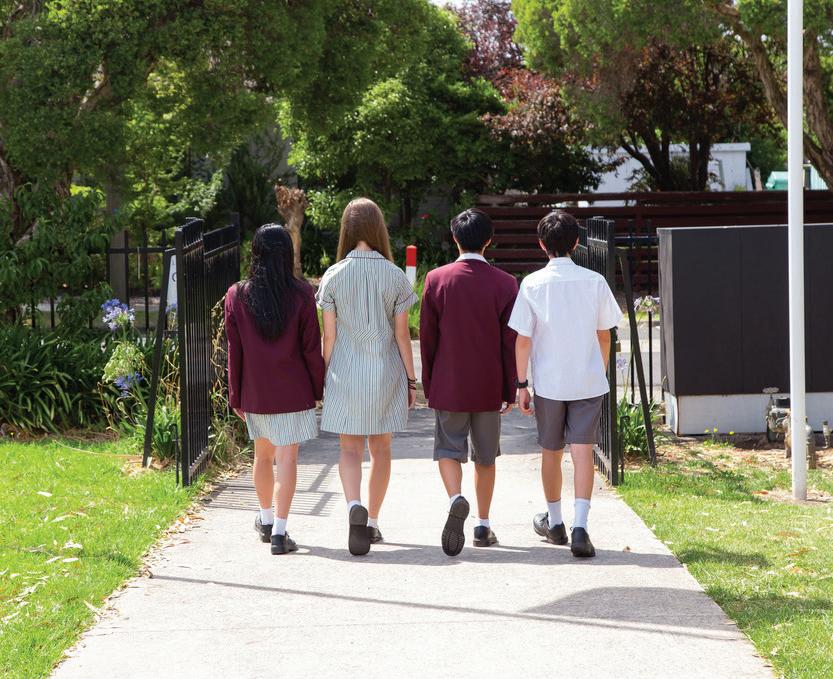
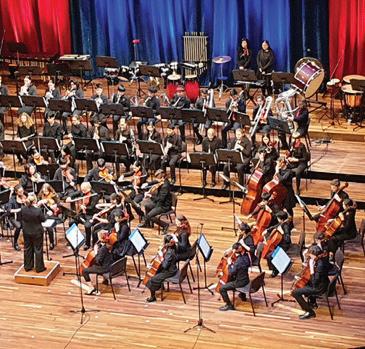
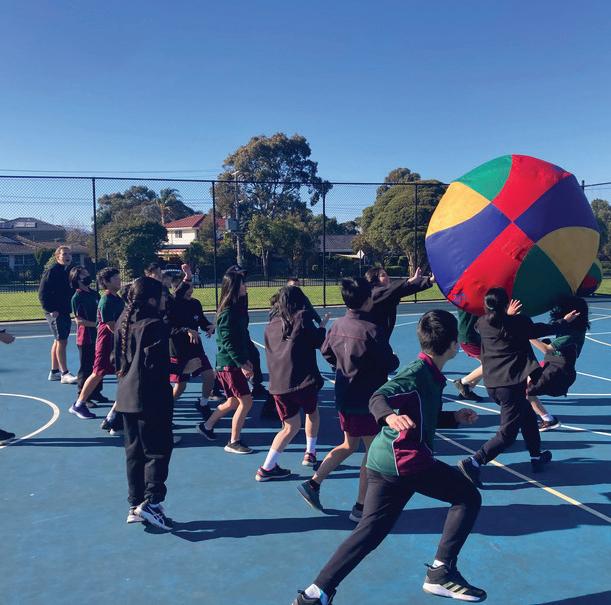
HOPPERS Crossing Secondary College is a dynamic school, where students are presented with boundless opportunities throughout their schooling journey. We place great emphasis on developing innovative and challenging educational programs for students of all abilities and we are totally committed to continuing to improve the life and education of each student enrolled at Hoppers Crossing Secondary College. Our goal is to see each student become a happy, self-confident, and knowledgeable lifelong learner who can demonstrate independence and a sense of career direction. Ultimately we want to see each growing as a worthy, contributing member of our community. At the college we develop students who are competing at the highest levels possible in the state across a range of areas. We offer a range of programs catering to students looking to excel academically and foster a growth mindset focused on continuous improvement. We are proud to acknowledge our year 12 graduates, who consistently achieve study scores of 40-plus and ATAR scores over 90, giving them access to a range of career pathways and tertiary education options. In addition to this, each year the college has a number of students who choose to access a university course while completing their year 12 studies. Outside the classroom, students are offered a range of opportunities including, but not limited to, performing arts where our students have been nationally praised for their skill and
professionalism. Winning countless awards at the Wakakirri Performing Arts event is testament to the dedication and talent of our staff and students. Leadership qualities evident in Hoppers Crossing Secondary College students are cultivated with successful contributions to many events, from local youth forums and public speaking programs to interschool debating and State Youth Parliament events. The vibrant sporting program offers the chance for students to compete in a wide range of sports, with individuals and teams representing the college and achieving success at regional and state levels. In November 2020, we received confirmation from Sarah Connolly, then state member for Tarneit, that the school would be receiving $10 million in funding in the state budget to assist with the re-modernisation of the college. We have developed a school master plan and stage one of those works – a new competition-grade gymnasium with retractable seating for 300 as well as a retractable stage – this will be completed this year. This wonderful news is recognition of the great work that has been achieved at the college over the past few years and we are so pleased that our students will benefit from this injection of funding. To find out more about our college, I invite you to attend one of our open days or view our virtual open day tour on our website.
Rod Kendall, Acting Principal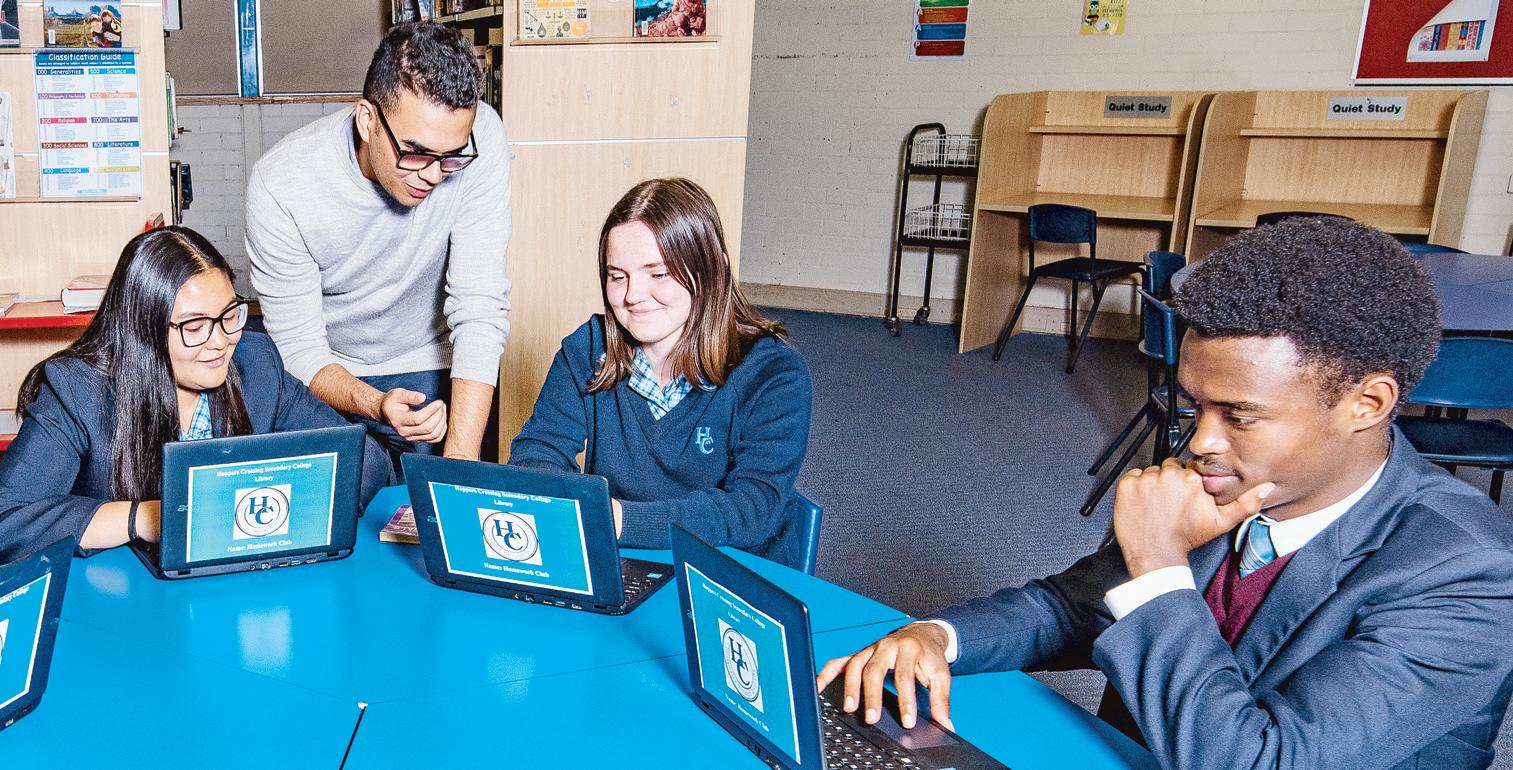
Sunday, 5th May
To attend, follow the link www.trybooking.com/CLAFT visit www.hopcross.vic.edu.au, or scan the QR code
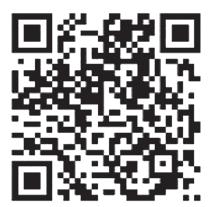
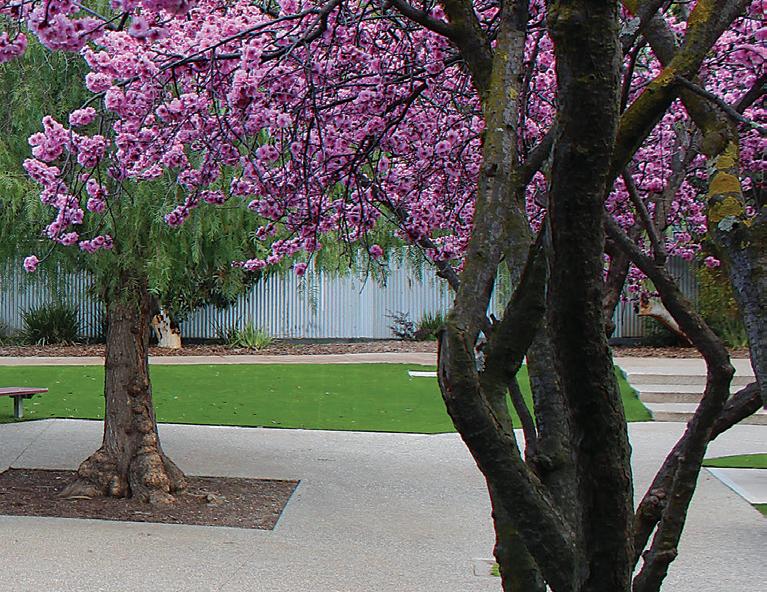
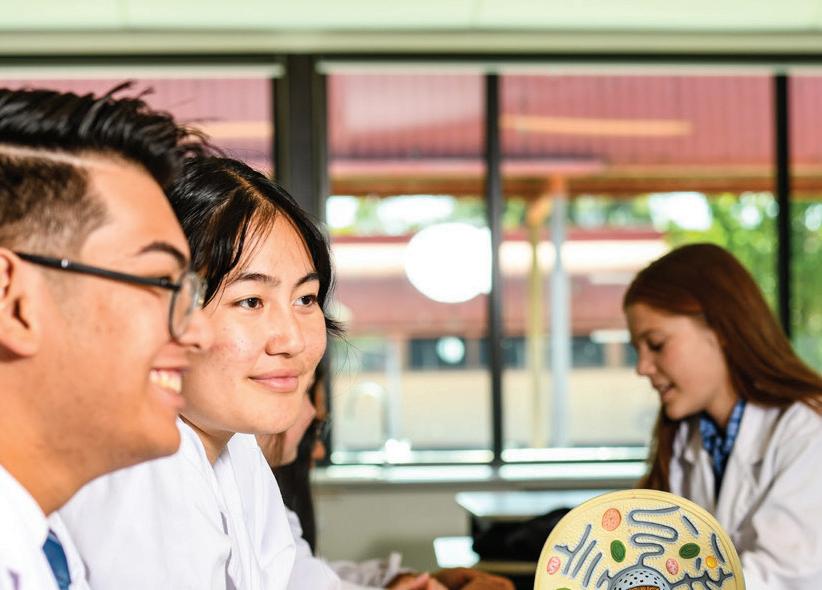

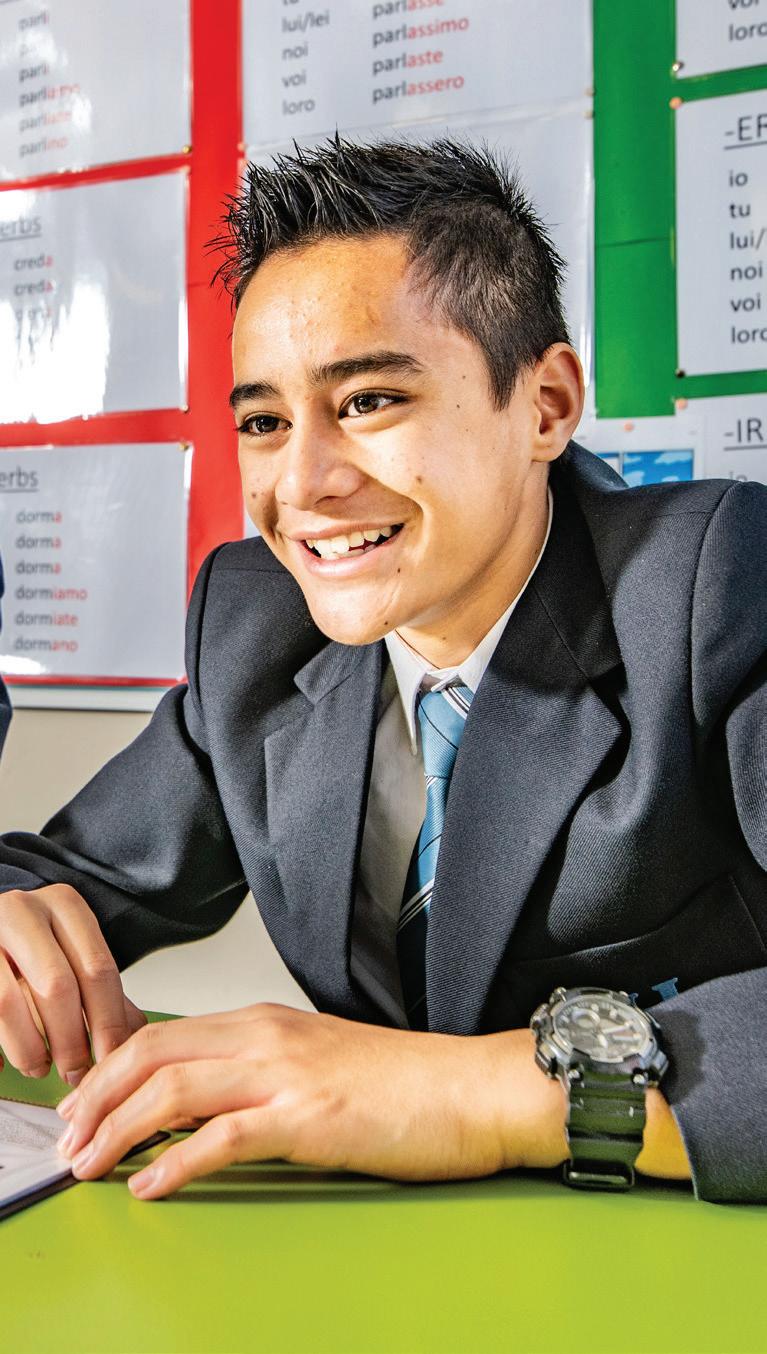

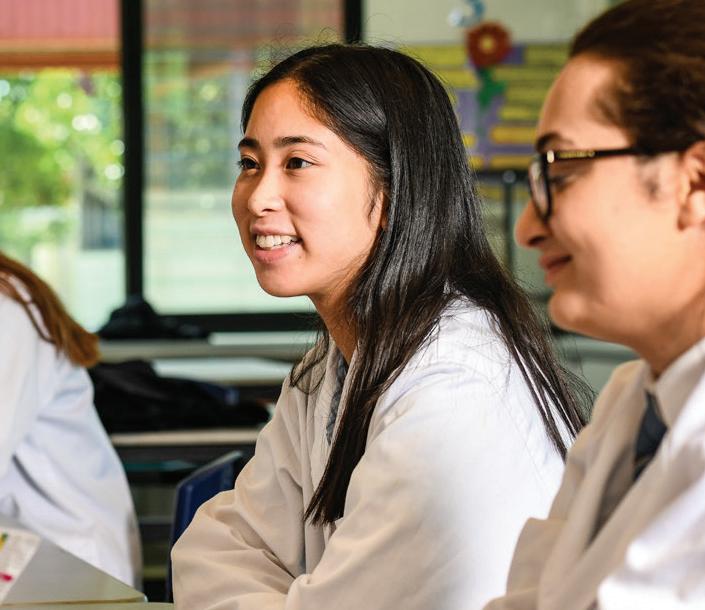

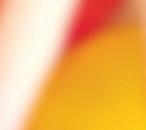




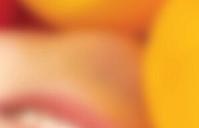









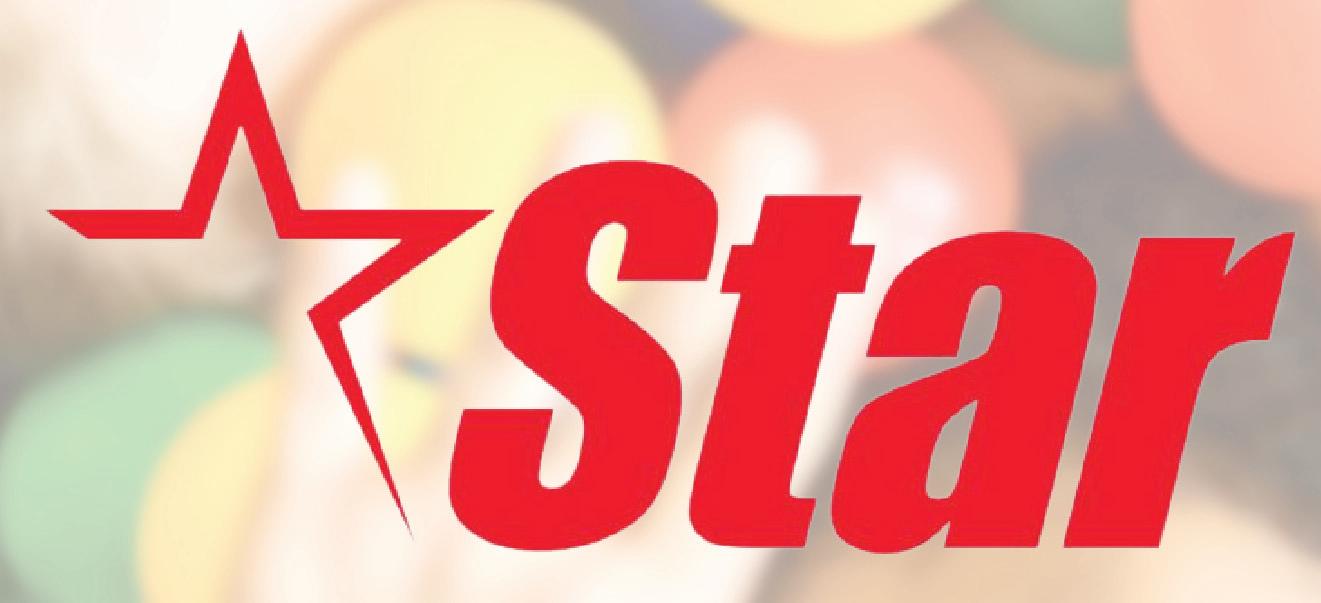






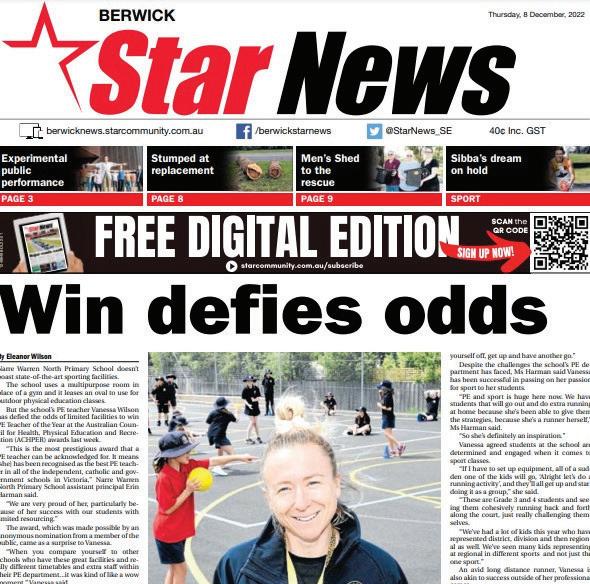
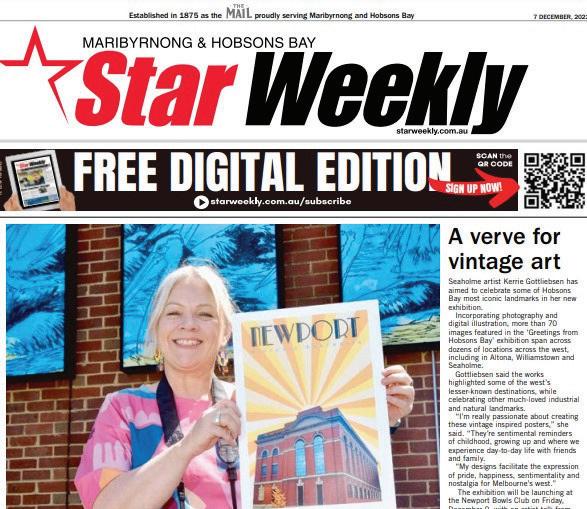
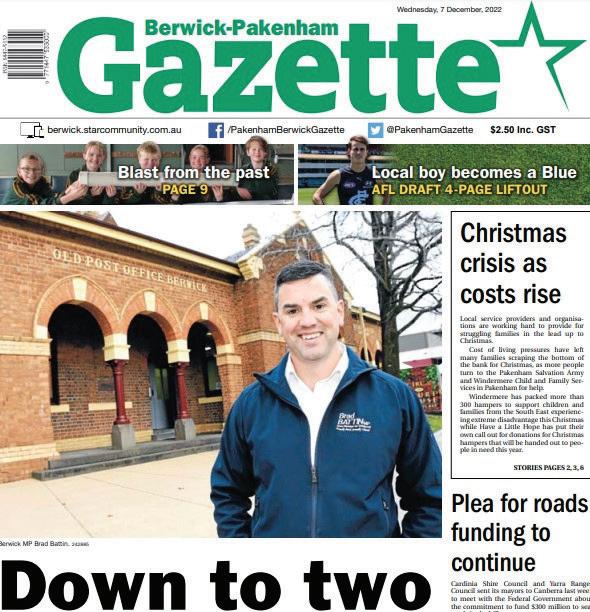
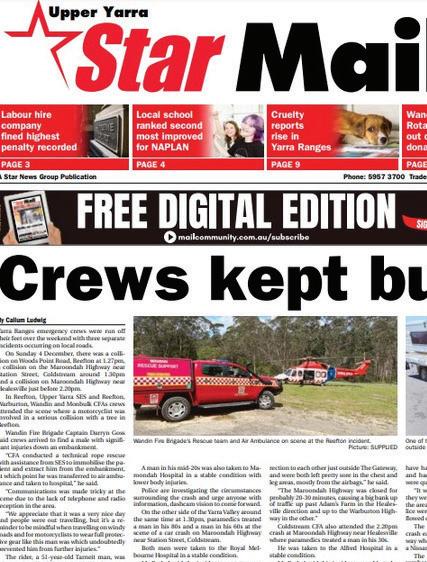
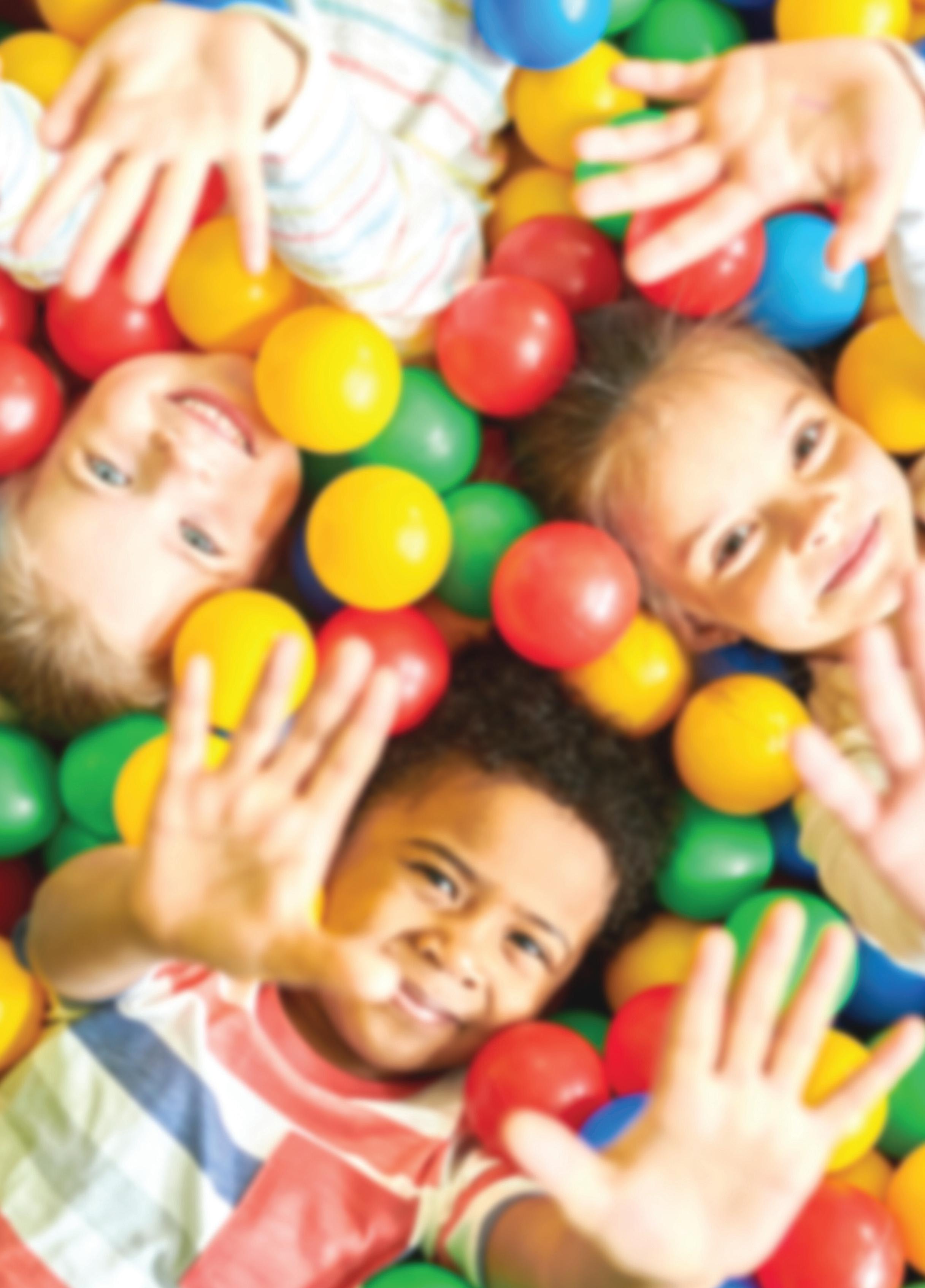



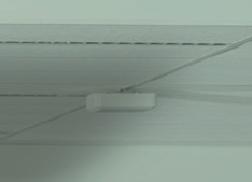
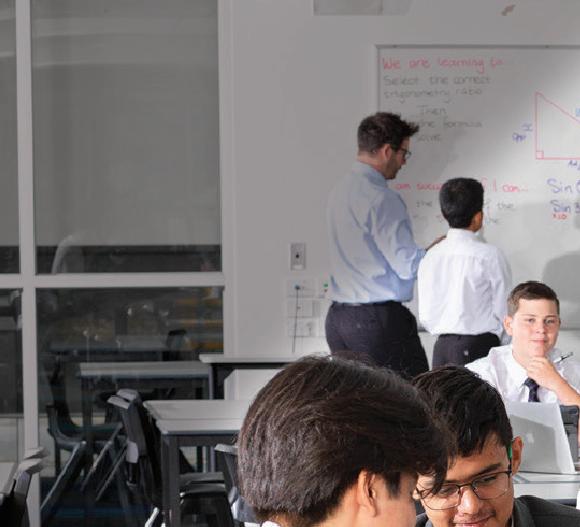

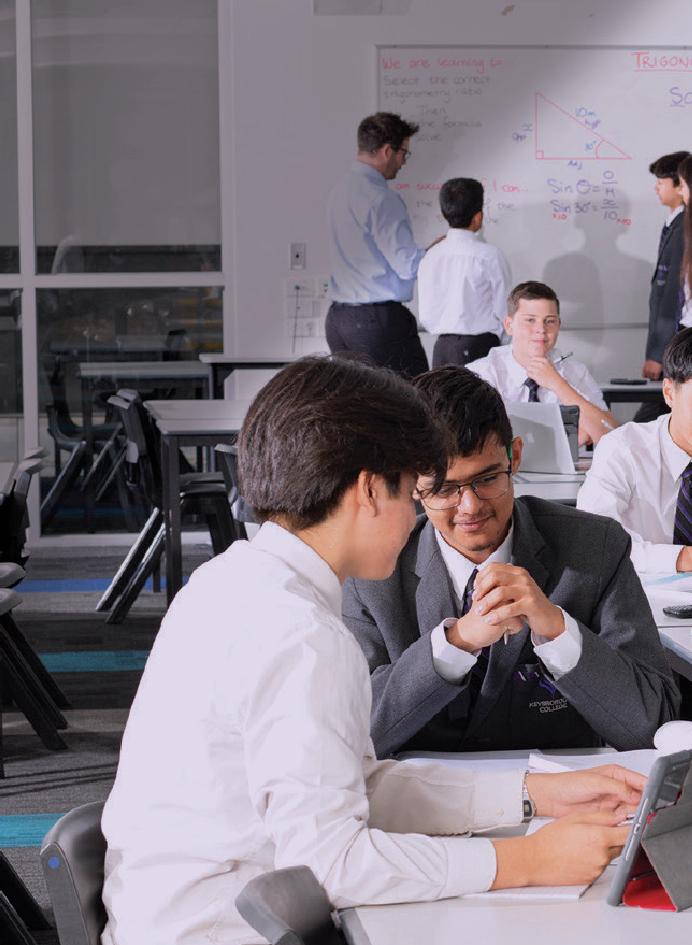
18th March
Acacia Campus 28 Isaac Road, Keysborough (03) 9798 1877
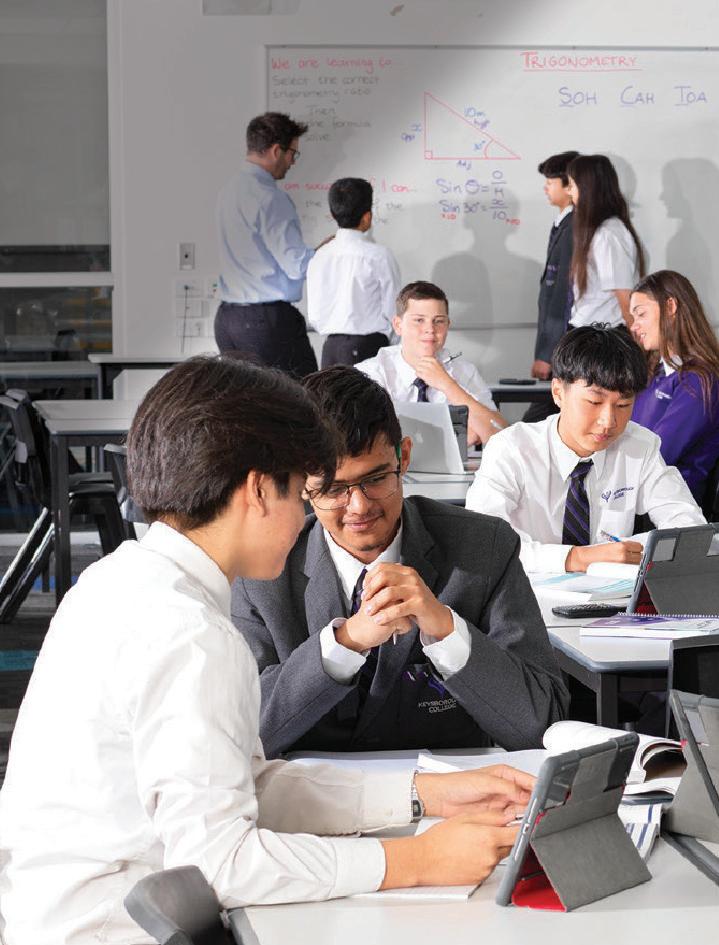
20th March
Bankasia Campus 8-20 Janine Road, Springvale South (03) 9546 4144 2025


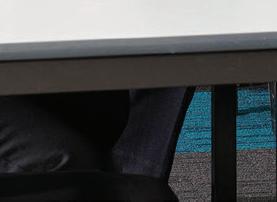
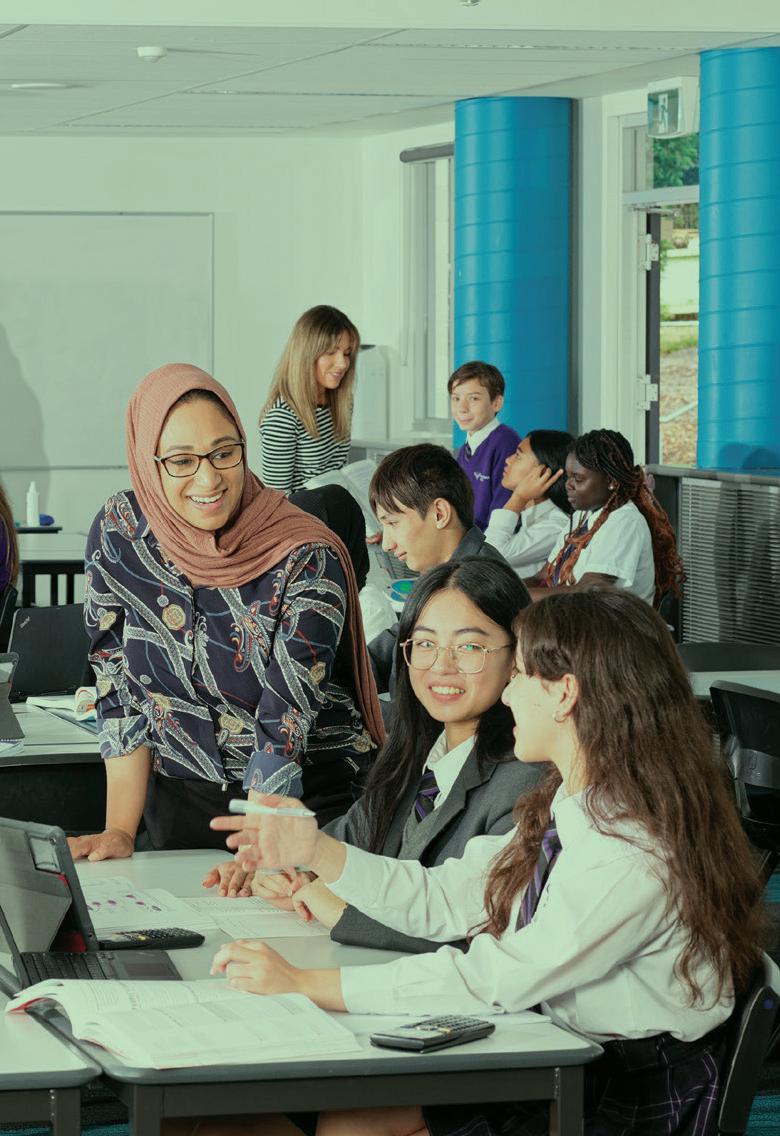

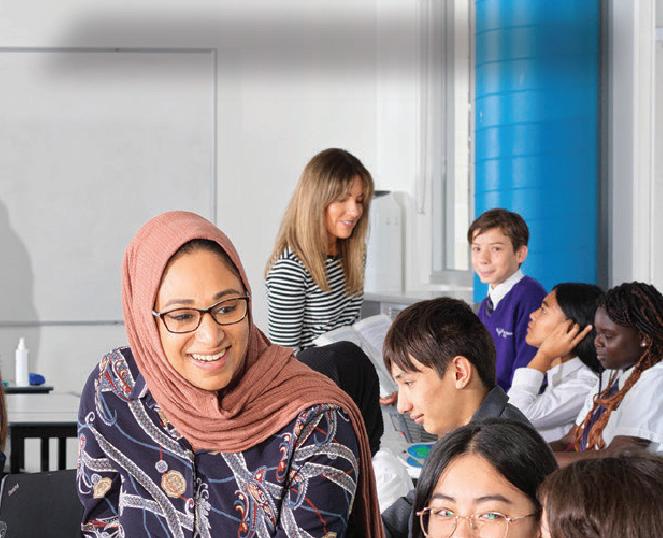
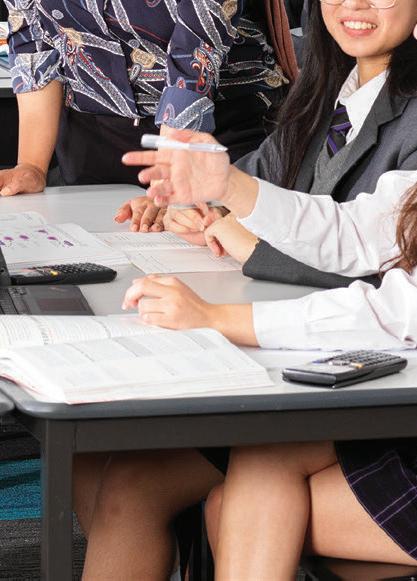

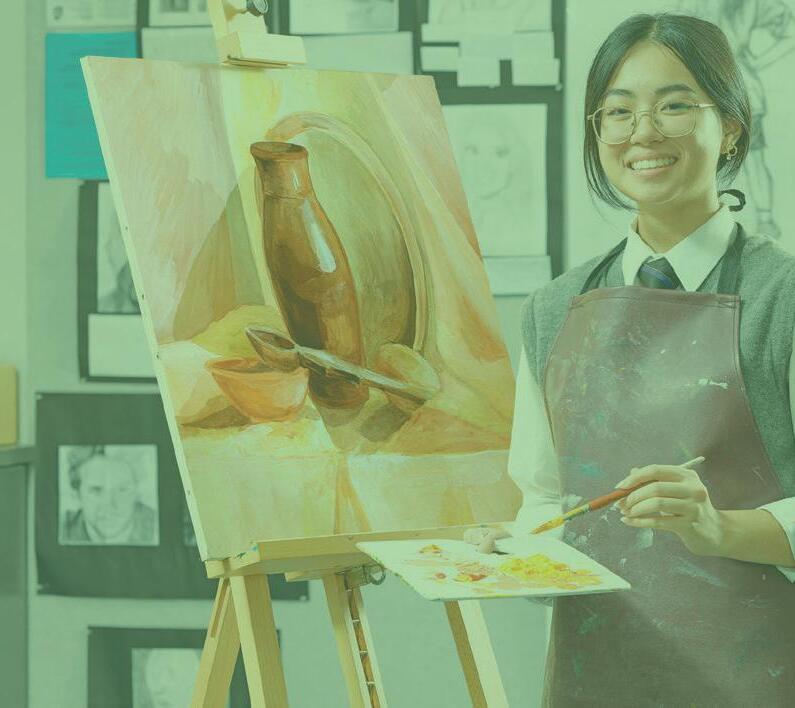
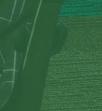
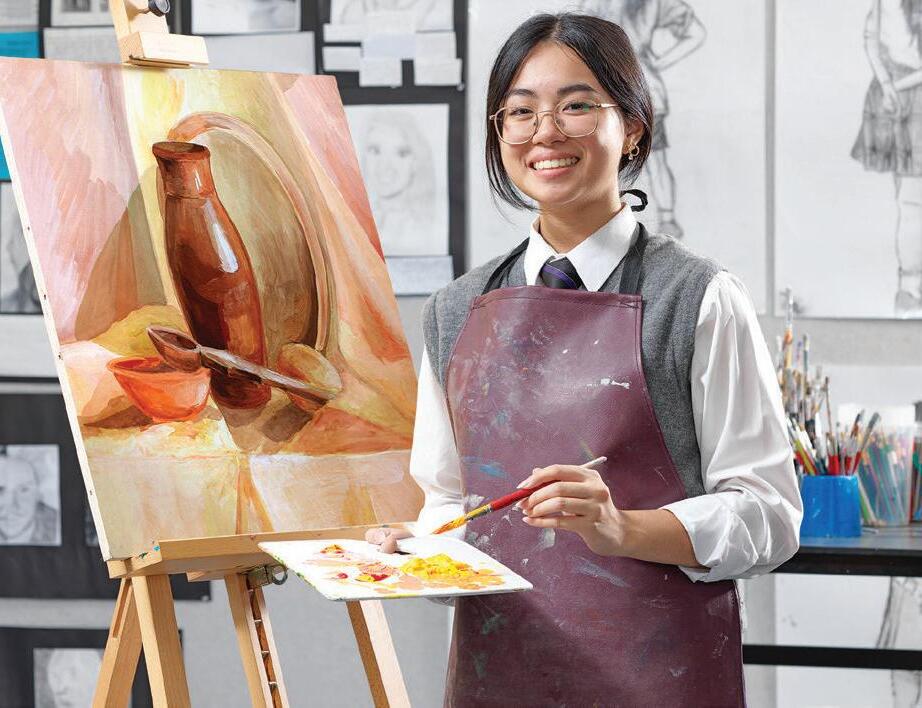

We are no ordinary learning environment. Our rapidly growing school continues to emerge as a highly innovative school focused relentlessly upon the special needs of every individual. We promote students’ ability to flourish in learning, wellbeing, and community participation. We are uncompromising in pursuit of this goal that permeates our activities and programs.
A stimulating, intimate, and inclusive setting, committed to small student teacher-ratios, we are passionate about academic rigor, positive student outcomes and a confident self-image for every young person.
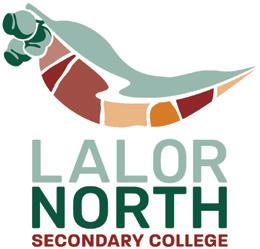
Secondary education is an adventure that should flow seamlessly from the primary years providing excitement, growth, and joy into adolescence and beyond. Therefore, positive student engagement, careful guidance, and genuine, authentic relationships in learning is our priority.
Our young people come to us as children, and we wave them off as young adults who continue to lead in their communities. We take this awesome privilege very seriously. Our families are our partners, and we join with you closely throughout your child’s learning experience. We provide great care, reassurance, and close communication every step of the way.


Our educators are highly experienced professionals, dedicated to excellence and continuous improvement for their students and for themselves. Every year 12 student (bar none) discovers a highly positive pathway, be it academic or vocational, and we congratulate them all - for they are our future. These fine people will always be members of our proud community. Our students have the opportunity for early University studies during their year 12 program. This is achieved through our partnership with the Centre for Higher Education Studies.
With continued infrastructure enhancement at the college and in our local area, and our proximity to the wonderful natural heritage of Darebin Creek, we are blessed with surely one of the most beautiful campuses in Melbourne. We offer very substantial and inclusive student scholarships in every area of achievement, and these are designed to encourage academic, social, and emotional growth for our young people.

It would give me great pleasure to meet with you and your children to share the wonderful educational environment that is Lalor North Secondary College.
Timothy Cottrell PRINCIPAL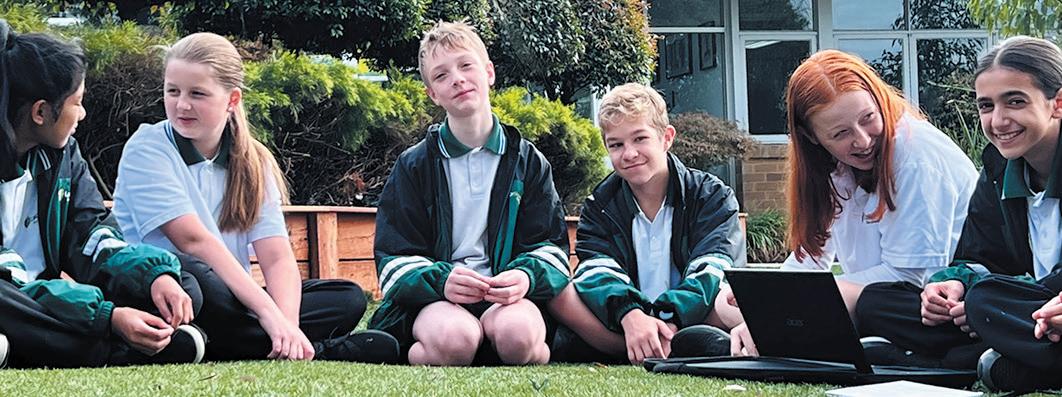

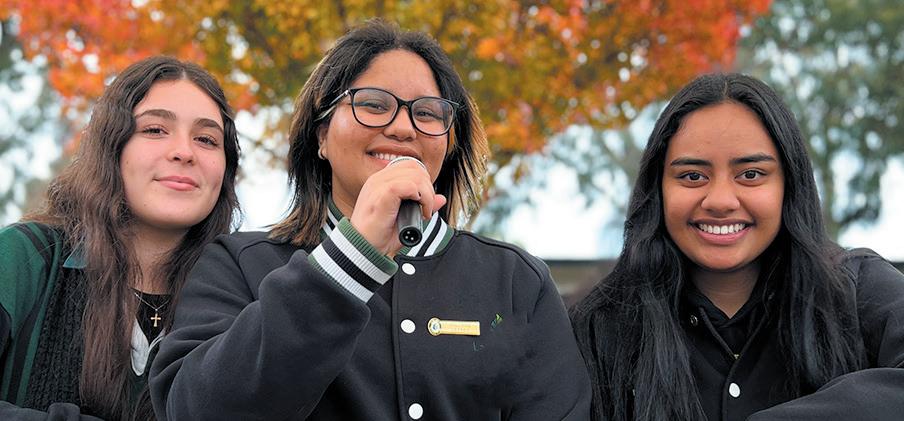


A

Safe, peaceful and friendly atmosphere

Personalised learning growth across the curriculum

Small class sizes



Inclusive Student Leadership approach
Real-world career development program
Broad VCE / VM offerings in senior years
Extensivescholarship Extensive scholarship gram




114 Childs Road, Epping 9401 3888
lalornthsc.vic.edu.au/ lalor.north.sc@education.vic.gov.au










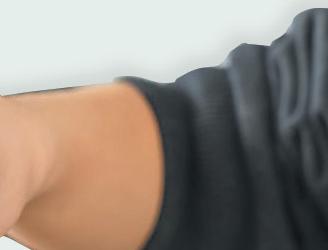

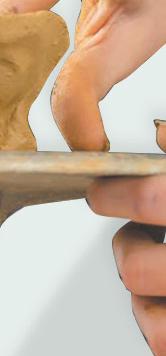
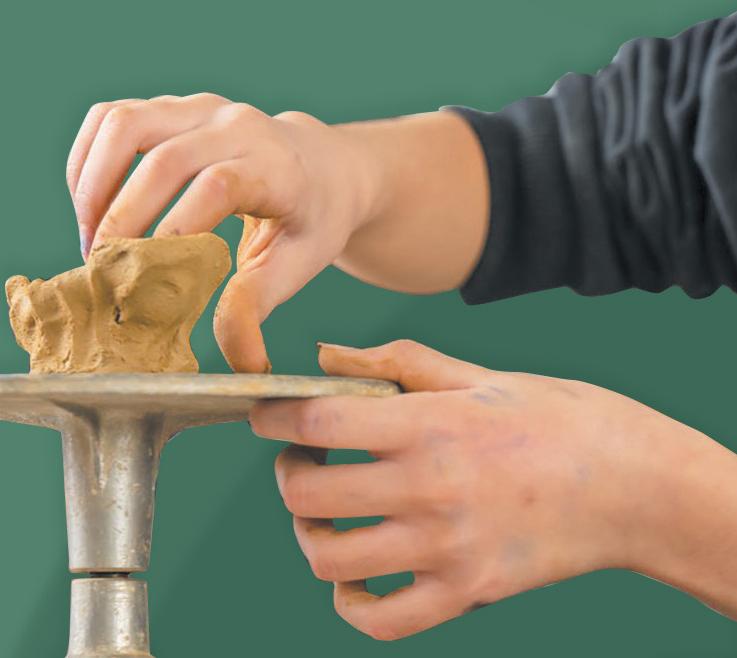

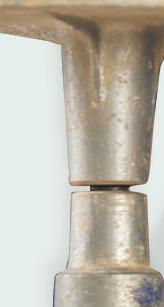
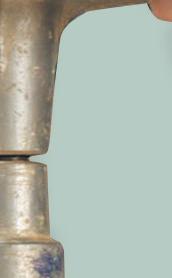
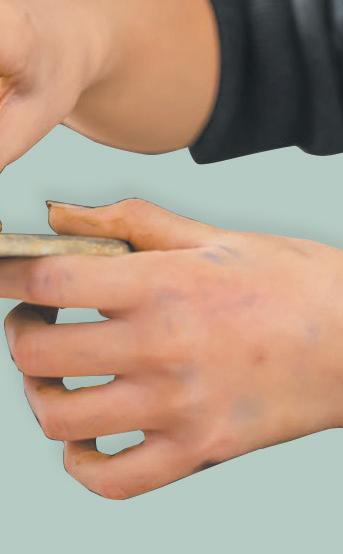
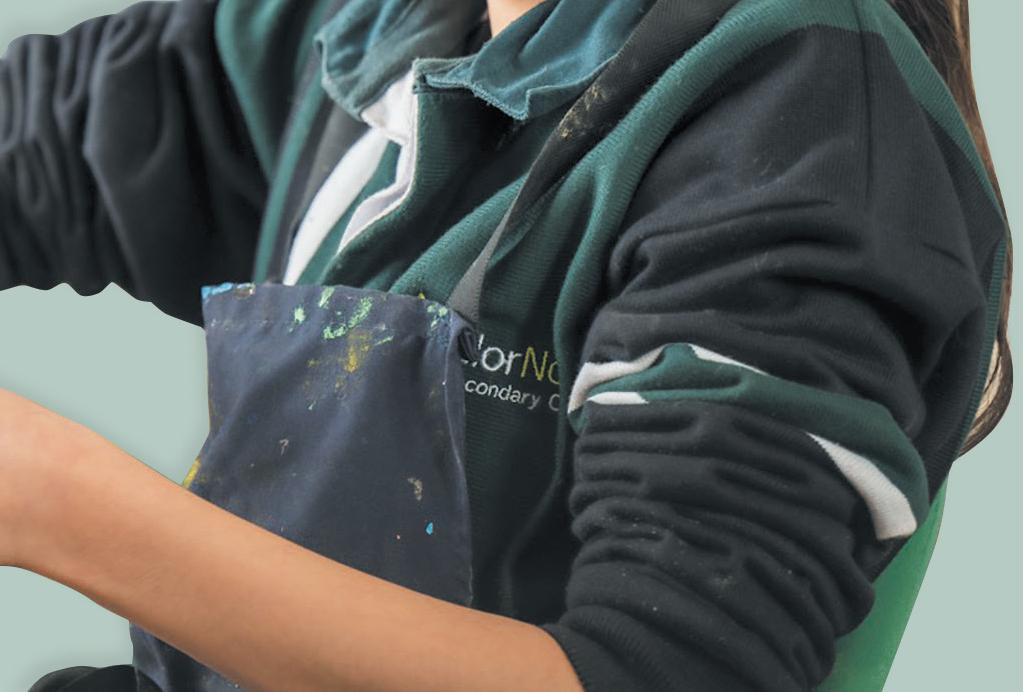




LYNDALE Secondary College, situated in Dandenong North, Melbourne, is a distinguished and forward-thinking secondary college with a proud history since its founding in 1961. Over the years, the college has remained steadfast in providing high-quality education to a diverse student body. Our commitment extends to cultivating a vibrant community that actively champions inclusion and celebrates diversity, fostering collaboration between educators and learners to instil essential 21st-century skills.
Our school takes pride in its forward-thinking approach, boasting state-of-the-art facilities, including the only Victorian Government School Augmented Reality Immersive Technology Laboratory. This innovative space is where inspiration meets cutting-edge technology, shaping the promising futures of our students.
At Lyndale Secondary College, our mission is to inspire and equip the next generation with the skills and knowledge essential for thriving in an ever-changing world. We’ve adapted our classrooms to cater to digital learners, featuring an Augmented Immersive Technology Classroom seamlessly integrating advanced technology into traditional learning environments. Aligned with the Victorian Curriculum and Senior Certificate, this immersive experience transforms abstract ideas into tangible learning, nurturing a profound understanding and passion for knowledge.
Our school takes pride in its forward-thinking approach, boasting stateof-the-art facilities, including the only Victorian Government School Augmented Reality
Immersive Technology Laboratory.
Investing in both learning and well-being, we empower students with the tools to navigate current challenges and cultivate the innovation and leadership needed for tomorrow. Our Select Entry Accelerated Learning (SEAL) program offers high-achieving students a rigorous curriculum, individualized support, and guidance from experienced teachers, fostering a love for learning and positive environments. By joining the SEAL program, students unlock their potential, gaining a valuable education for future success. We extend a warm invitation for you to explore Lyndale Secondary College by contacting us at 9795 2366 to book a tour. Join us in shaping a future of excellence for your child.
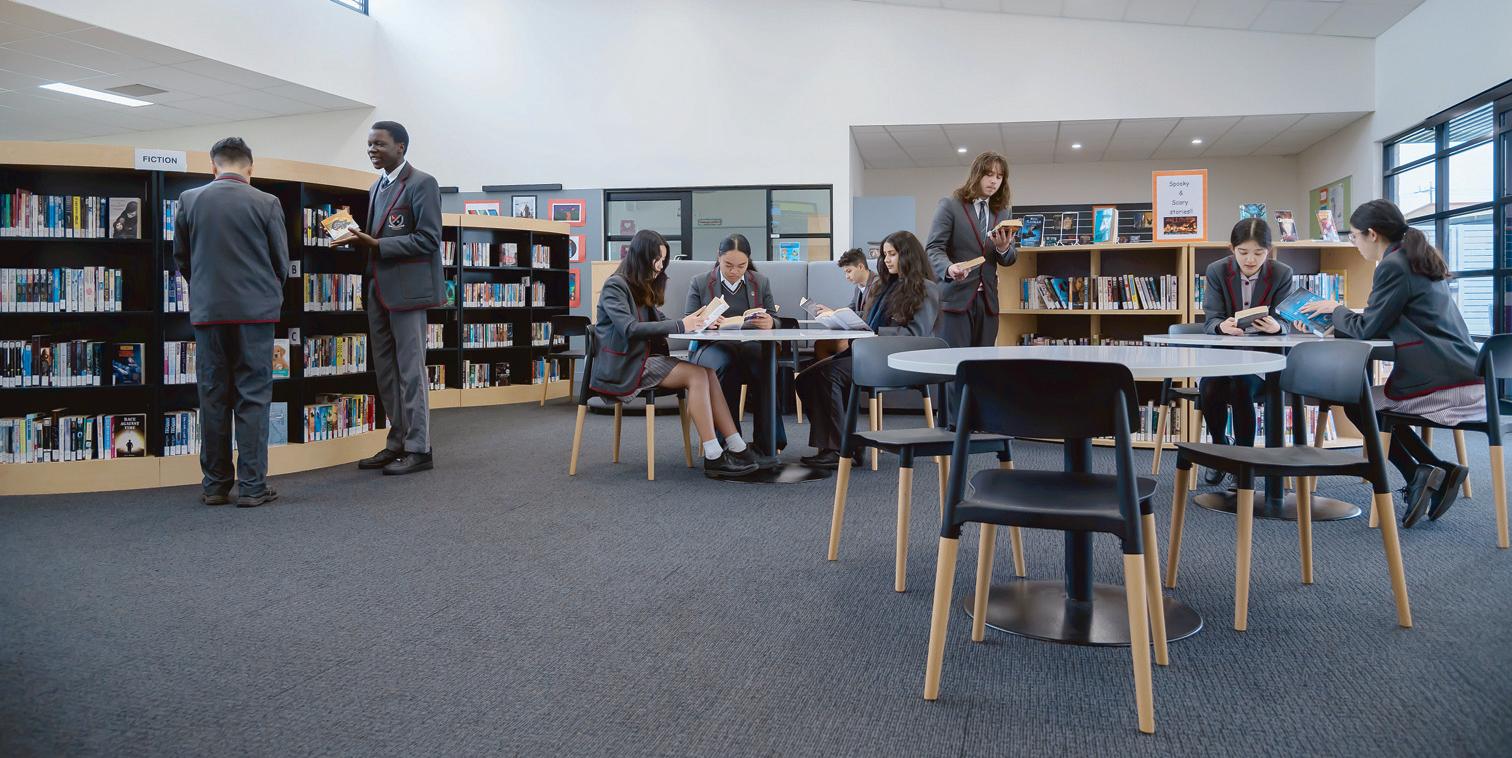
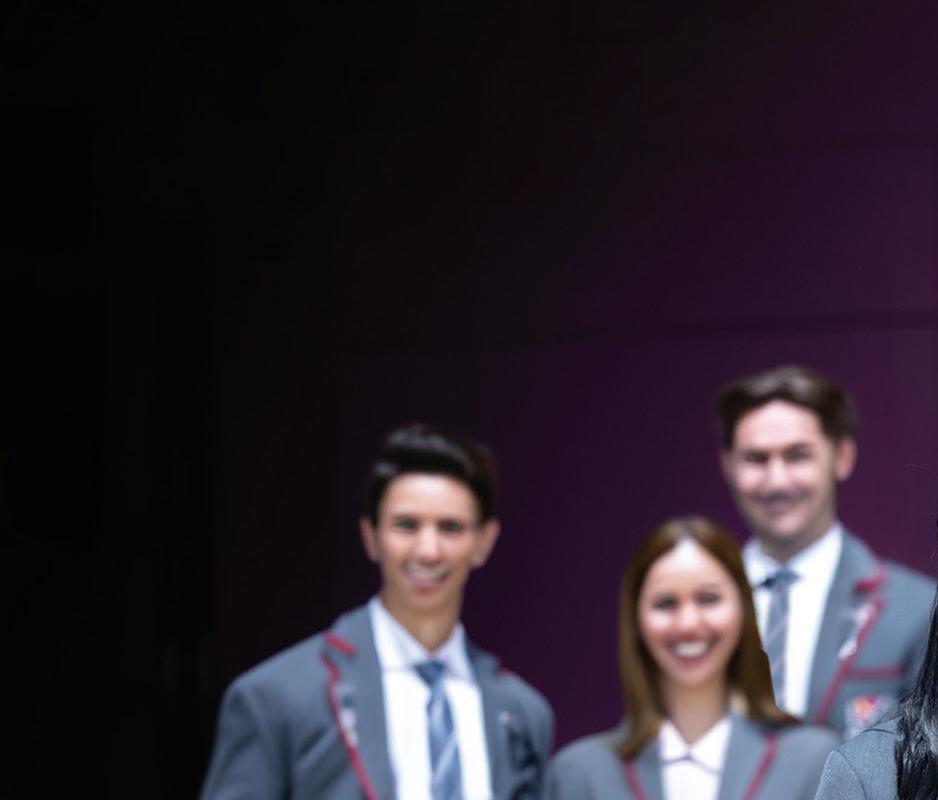

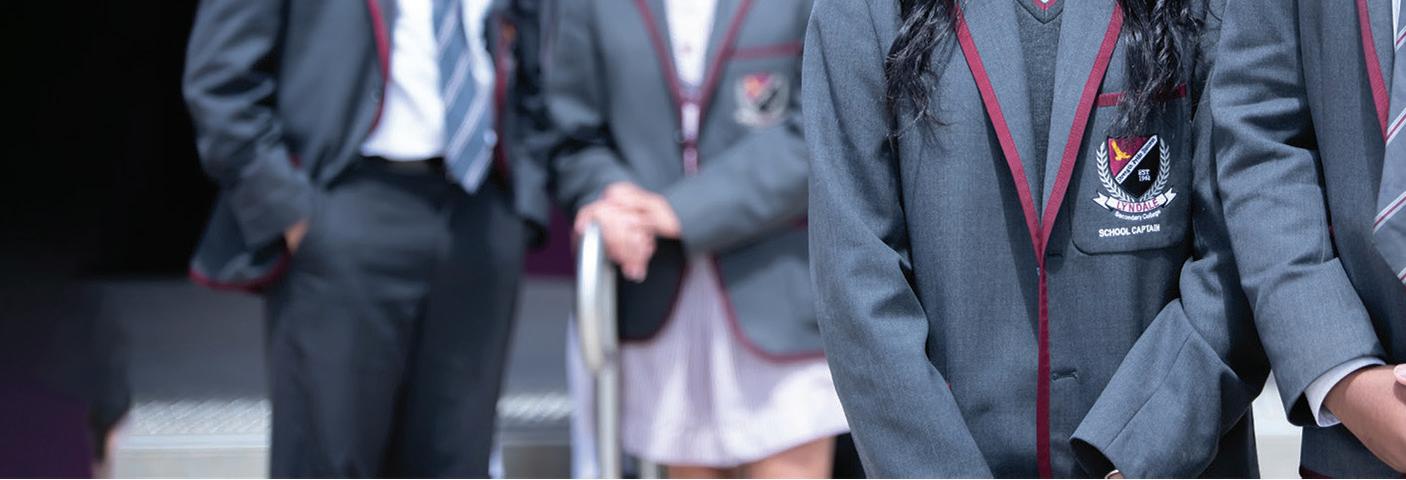

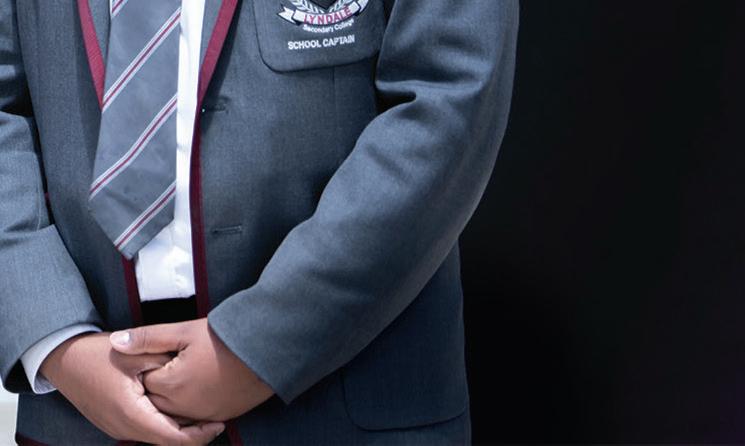

MENTORING programs in schools play a pivotal role in shaping the academic, social, and emotional development of students. Recognising the significance of positive role models and personalised guidance, schools around the world are increasingly implementing mentoring initiatives. Here we explore the importance of mentoring programs in schools, examining how they contribute to student success, foster a sense of belonging, and empower individuals to navigate the complexities of academic and personal growth.
Academic Success and Goal Achievement:
One of the key advantages of mentoring programs is the provision of personalised support. Mentors work closely with students to understand their unique strengths, challenges, and learning styles. This personalised attention enhances academic performance by tailoring strategies to meet individual needs, fostering a sense of confidence and competence in students.
Mentoring programs empower students to set and pursue academic and personal goals. Through regular discussions with their mentors, students can identify their aspirations, create action plans, and receive guidance on overcoming obstacles. This goal-setting process not only enhances academic achievement but also instills valuable life skills such as time management and perseverance.
Social and Emotional Well-Being:
Positive mentor-student relationships contribute significantly to the development of confidence and self-esteem. Mentors serve as supportive figures that encourage students to recognise and embrace their strengths, fostering a positive self-image that extends beyond the academic realm.
The school environment can be socially challenging, especially for students facing issues such as peer pressure, bullying, or a sense of isolation. Mentors provide a reliable and empathetic ear, guiding students through these challenges, offering coping strategies, and helping them develop interpersonal skills crucial for healthy relationships.
Career Exploration and Skill Development:
Mentoring programs often include components focused on career exploration. Mentors can introduce students to a variety of career paths,
share insights about their own professional journeys, and provide guidance on educational pathways that align with students’ interests and goals.
Mentors play a vital role in nurturing the development of essential life skills, including communication, problem-solving, and critical thinking. Through real-world discussions and hands-on experiences, students gain practical insights that extend beyond the classroom, preparing them for future academic and professional endeavours.
Sense of Belonging and Community:
Mentoring programs contribute to the creation of a supportive community within the school. The mentor-student relationship fosters a sense of belonging, as students feel valued and understood. This support network can be particularly crucial for students who may face challenges at home or in their personal lives.
Promoting Inclusivity:
Mentoring programs have the potential to promote inclusivity by pairing students with mentors who may share similar backgrounds or experiences. This connection helps bridge gaps and creates a more inclusive school environment where diversity is celebrated, and students feel acknowledged and accepted.
Resilience and Coping Skills:
Life is filled with challenges, and mentoring programs equip students with the resilience and coping skills necessary to navigate adversity. By fostering a growth mindset and providing strategies for overcoming setbacks, mentors empower students to face challenges with determination and a positive attitude.
The impact of positive mentor-student relationships extends far beyond the classroom, influencing students’ lifelong learning journeys and personal growth. By recognising the importance of mentorship and investing in these programs, schools create environments where students not only thrive academically but also develop the skills, resilience, and sense of community needed to navigate the complexities of life beyond the educational setting. As we continue to prioritise the holistic development of students, mentoring programs stand as invaluable tools for guiding the future leaders, thinkers, and contributors of our society.


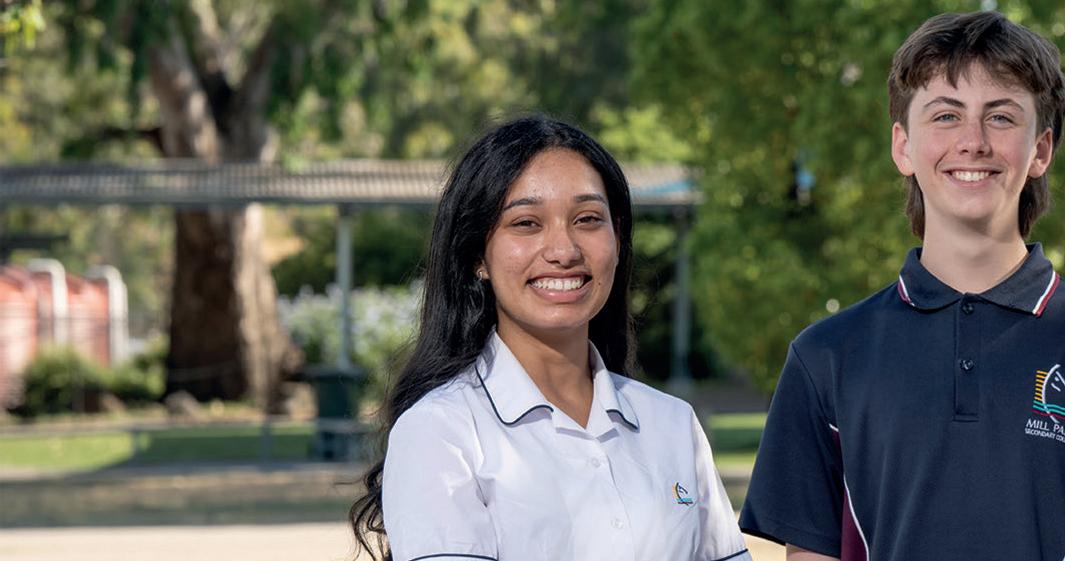
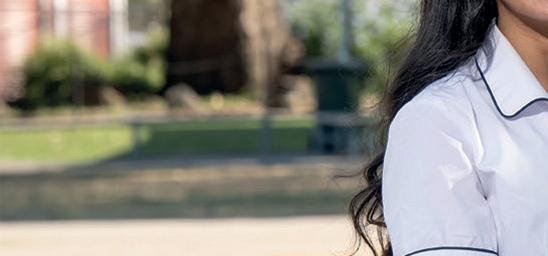

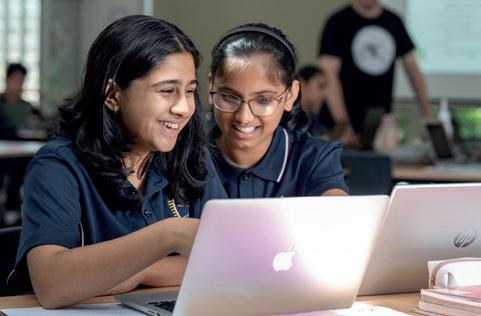
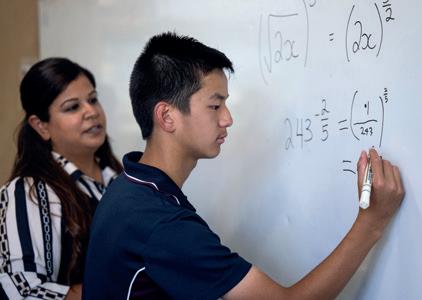
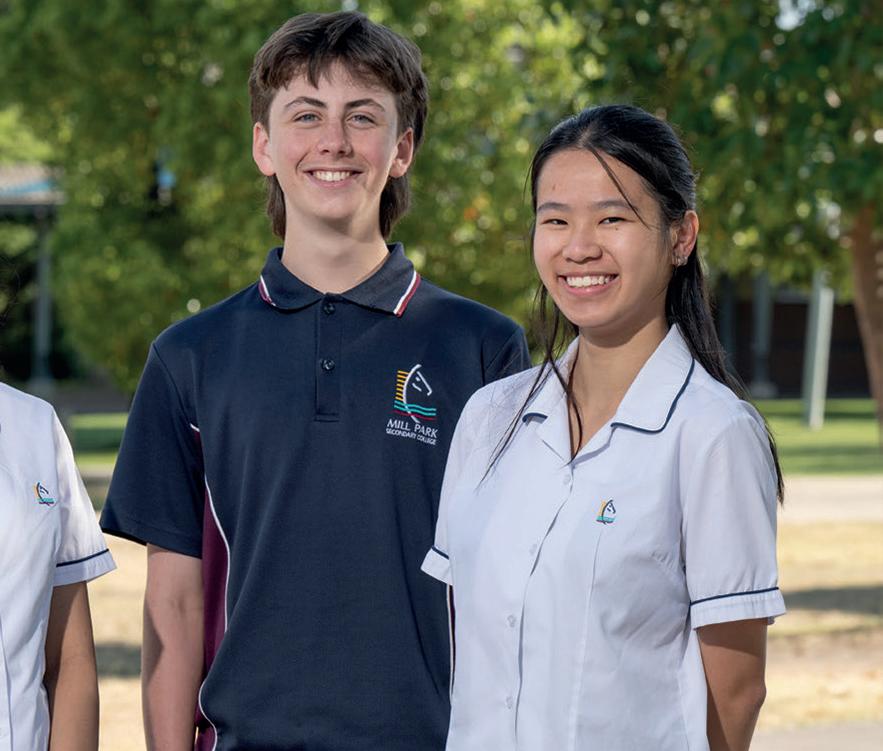
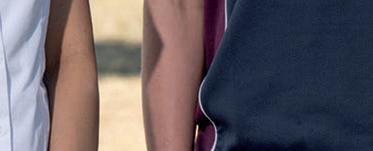
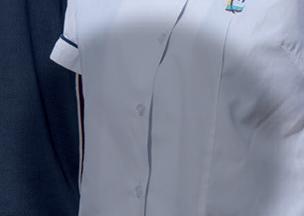
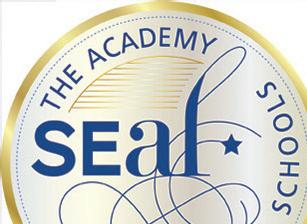
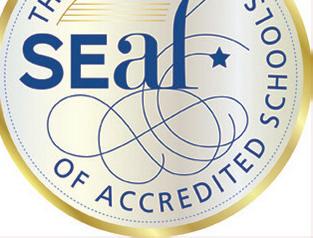
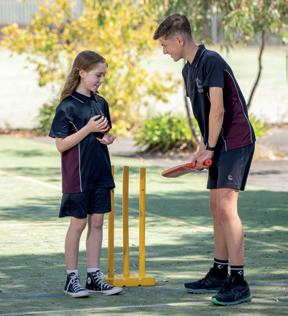
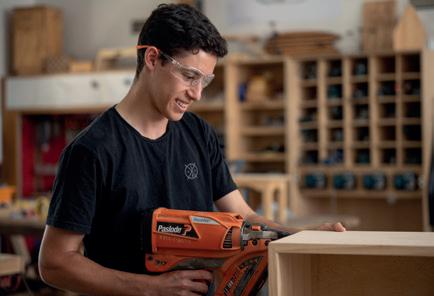

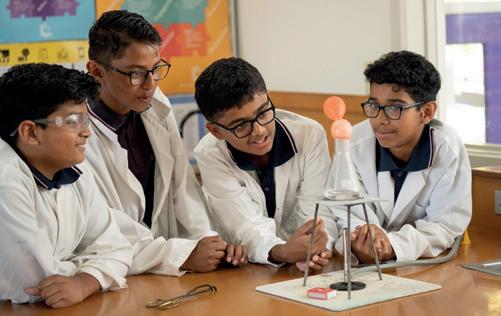
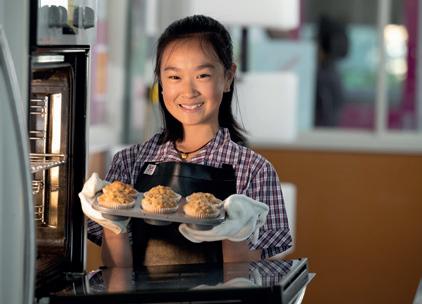
IN today’s interconnected and rapidly changing world, teamwork has become an essential skill that children need to learn from an early age. Teaching children about teamwork fosters a collaborative spirit, enhances social skills, promotes effective communication, and prepares them for success in both their personal and professional lives. The following explores the significance of instilling teamwork values in children and the benefits it brings to their overall development.
Collaboration and shared responsibility: Teaching children about teamwork instils in them the value of collaboration and shared responsibility. In a team, individuals learn to work together towards a common goal, pooling their strengths, skills, and ideas. By encouraging children to participate in team activities, they learn the importance of cooperating, compromising, and supporting one another. This helps them develop a sense of belonging, build stronger relationships, and understand that success is achieved collectively.
Enhanced social skills: Teamwork provides an ideal platform for children to enhance their social skills. It exposes them to diverse perspectives, enabling them to understand and appreciate different viewpoints. When working with others, children learn to respect and value their teammates’ opinions, practice empathy, and resolve conflicts constructively. These interpersonal skills are vital for building positive relationships throughout their lives, both personally and professionally.
Effective communication: Teamwork facilitates the development of effective communication skills in children. They learn to articulate their thoughts, listen actively to others, and express their ideas clearly and respectfully. By engaging in team discussions and collaborating on projects, children become proficient in communicating their viewpoints, leading to better understanding and cooperation within the team. Effective communication skills are essential for success in all aspects of life, from personal relationships to future careers.
Problem-solving and critical thinking: Teamwork exposes children to various problemsolving situations, encouraging them to think critically and find innovative solutions. Through
brainstorming sessions and collaborative decision-making processes, children learn to evaluate multiple options, analyse different perspectives, and arrive at well-informed conclusions. This nurtures their ability to think critically, adapt to different situations, and solve complex problems collectively, skills that are vital in a rapidly evolving world.
Preparation for future success: Teaching children about teamwork prepares them for success in their future endeavours. In today’s professional landscape, the ability to work effectively in teams is highly valued. Employers seek individuals who can collaborate, communicate, and cooperate with others to achieve organisational goals. By learning teamwork skills at an early age, children develop a competitive edge and a strong foundation for their future careers.
Teaching children about teamwork is of paramount importance. It equips them with vital skills such as collaboration, enhanced social skills, effective communication, problem-solving, and critical thinking abilities. These skills not only contribute to their personal development but also lay the groundwork for their future success in various aspects of life. By fostering a teamoriented mindset from a young age, we empower children to become responsible, empathetic, and effective contributors to their communities and the world at large.

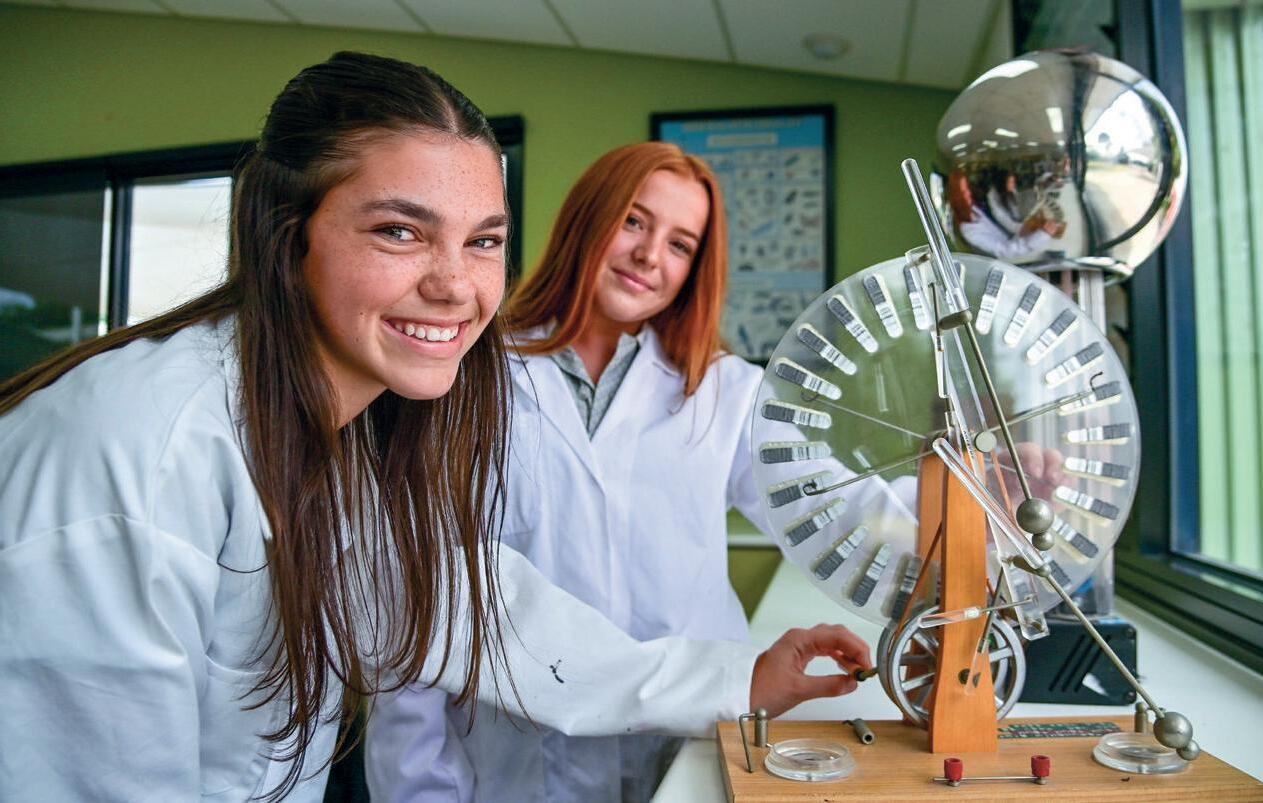
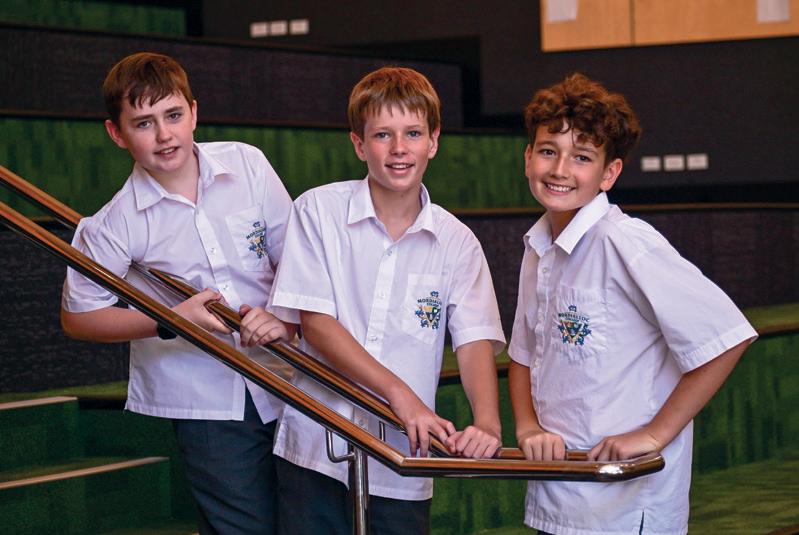
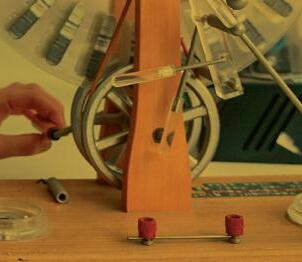
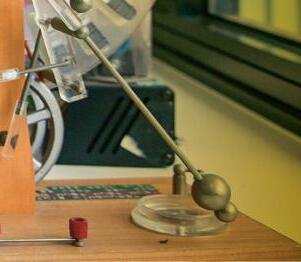
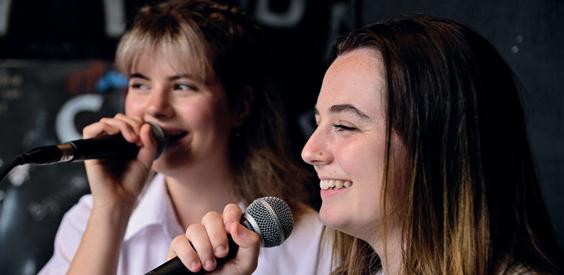
This invaluable opportunity is highly recommended for prospective parents and students. Meet the Principal and hear firsthand the continuing success of our students:
• Consistently achieving a median study score of 30
• 100% of eligible students gain VCE and receive tertiary offers in the primary rounds
• Above the state average on all measures of NAPLAN, performing well in Reading, Writing and Numeracy
• Tertiary placements include courses in Science, Engineering Architecture, Medicine, Arts, Law and Commerce
• 2022 College DUX achieving an ATAR of 99.45 and 2023 DUX achieving an ATAR of 97.4
• An average of over 10% of students achieving a 90+ ATAR, placing them in the top 10% of Australia
• 50% of the 2022 VCE cohort and 42% of the 2023 VCE cohort ATAR’s placed them in the top 30% of the state
• $12.6 million in State funding for a new Arts and Technology Centre
• New outdoor courts opened in 2023
• New Year 7 and Year 8 Learning Centre opened in 2022
• New Wellbeing Centre opened in 2022
• Recognition as a state leader in teaching and learning, student relationships and wellbeing
• Winner of the prestigious 2019 and 2020 “Victorian Excellence in Education” Lindsay Thompson award
• Winner of the 2019 “Most Outstanding Principal” award in secondary education
College tours by parents and students approaching Year 7 is recommended. Please book via the General Office.
College tours by parents and students approaching Year 7 is recommended. Please book via the General Office.
PERSONAL BEST • INTEGRITY • RESPECT • RESPONSIBILITY
1 Station Street Mordialloc 3195 P. (61) 3 9580 1184 W. www.mcsc.vic.edu.au
E. mordialloc.co@education.vic.gov.au
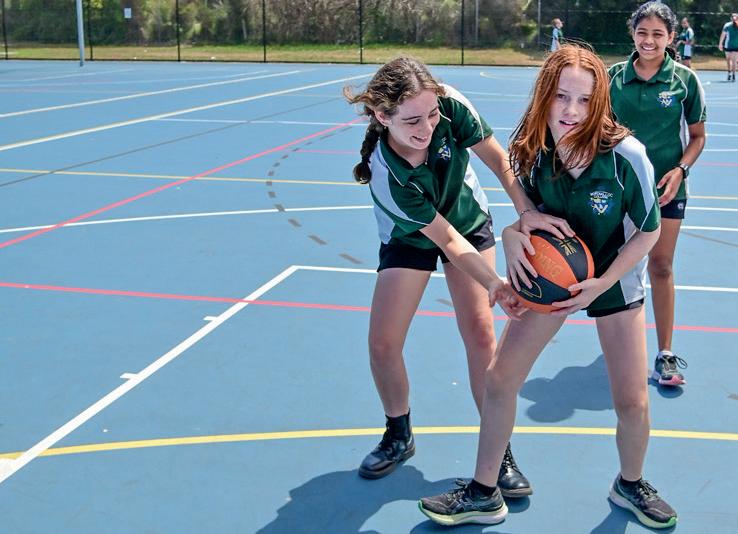
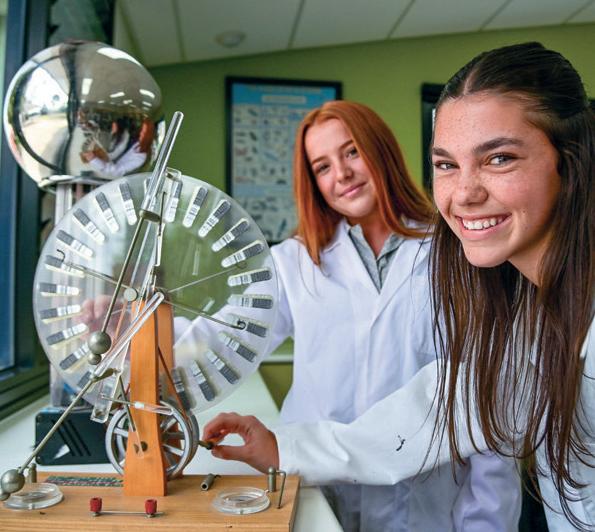

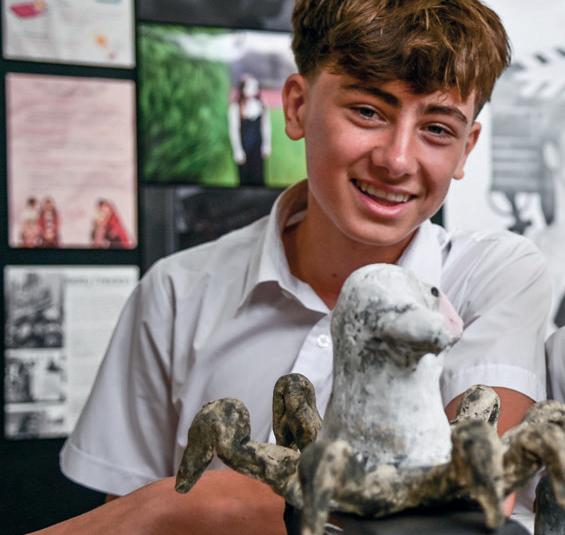
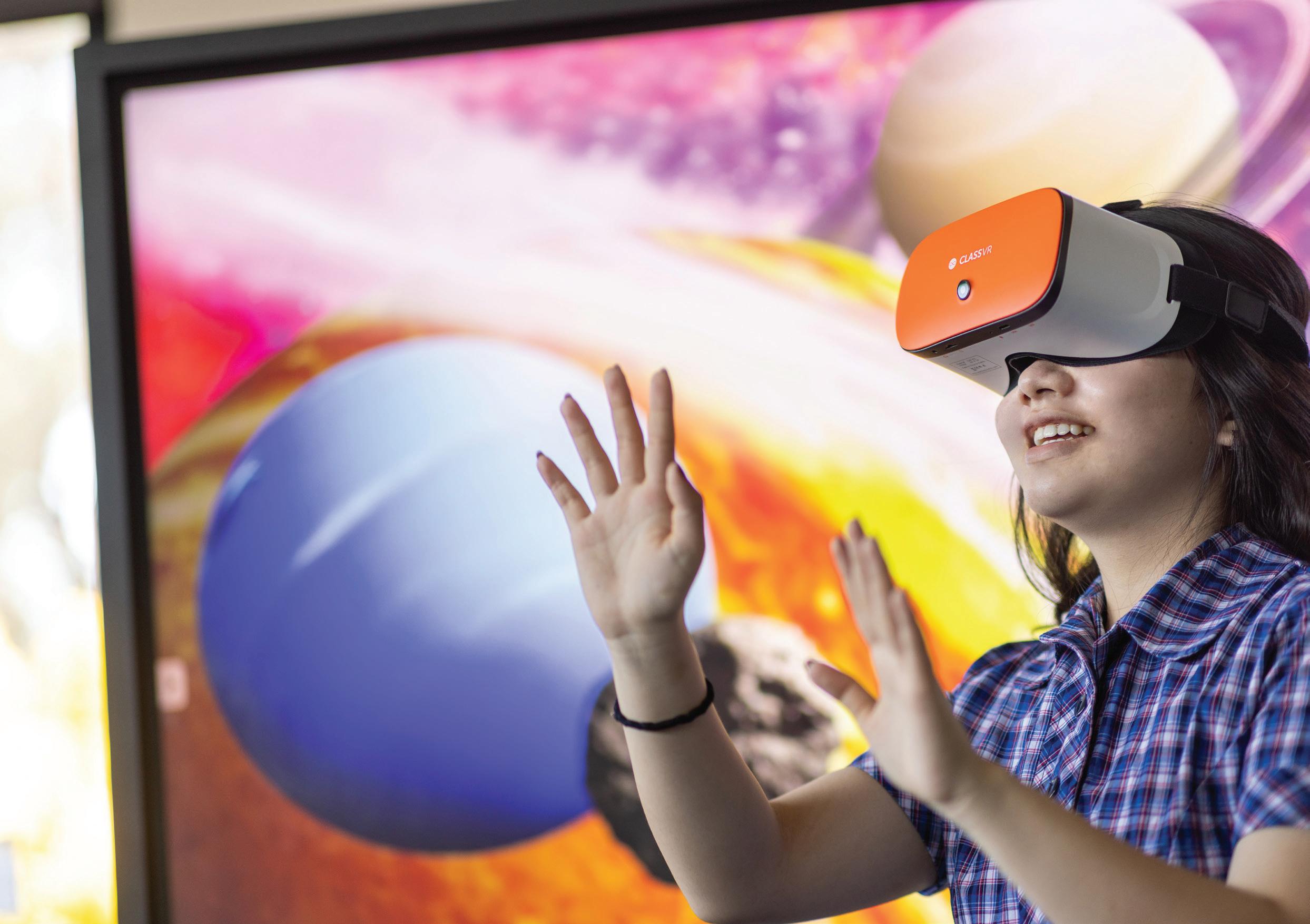

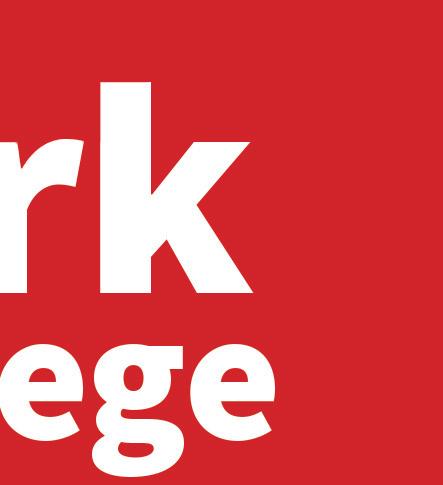
ESTABLISHED in 1958, Norwood Secondary College celebrates its 67th year of providing our community with an outstanding and broad range of educational experiences. Located in a beautiful setting overlooking the Mullum Mullum Creek Valley. Our bonds with the community are a significant feature in our feeder Primary Schools and the contributions of parents and friends are valued and encouraged across all aspects of our learning community.
Norwood Secondary College is committed to providing our students with an environment that is both inspiring and nurturing. The College has a proud tradition of ensuring our students are provided with an excellent educational experience and opportunities to grow intellectually, socially and ethically. It is our belief that our students will benefit from exposure to a broad range of learning experiences, in and out of the classroom, and our programs are developed with this as a core goal.
Our students leave the College equipped with the skills and self-belief to continue to learn as their lives progress. They also understand the importance of seeking to be the best they can be in all their endeavours.
Our Values:
Respect
All members of our community are expected to respect the College, others and themselves
Aspiration
Students are encouraged to be the best they can be, in all endeavours
Responsibility
All members of our community are expected to take responsibility for their actions
Resilience
The College will support and assist our community members to develop both a strong sense of worth and the capacity to overcome negative experiences or disappointments
Staff interactions with students are guided by these principles and we seek to develop all our students’ understanding of these values, as expressed both at school and in their daily lives. To support personal development, a staff - student Mentoring Program operates from Years 7 to 12.
With the aim of developing successful learners, confident and creative individuals and active and informed citizens, a comprehensive 7 to 10 curriculum is offered covering all Learning Areas. The College also offers an Enrichment Program (EP) from Year 7 to 9 and a core and elective program within the Year 9 and 10 Curriculum. Year 9 students enjoy a range of off-campus activities including a City Experience. There are opportunities for Year 10 students to access a VCE subject. Year 11 and 12 students can undertake the VCE or the VCE Vocational Major. A variety of VET courses can also be accessed. The College runs a Homework Club after school, two days a week. Staff from various Learning Areas attend Homework Club and students are encouraged to attend to seek extra assistance or to complete work in an environment that is conducive to effective study.
Co-curricular and enrichment programs are offered to engage students in areas such as leadership, peer support, debating, school productions and an extensive music program. A full range of sports is offered and students are encouraged to participate in interschool competitions. The College has a very strong history in interschool sport, with many state titles having been won over past years.
Student leadership is encouraged through a significant range of opportunities including College Captains and Prefects (each with specific portfolios), Year Level Leaders, Student Representative Council, House Leaders (leading a program of events that involves both sport and the performing arts), interschool sports and a Peer Support Program.
Student wellbeing is given a strong emphasis at Norwood, with formal structures including Heads of Year Level and Year Level Coordinators, Junior and Senior School Principals overseeing our two sub-schools, Careers and Pathways Counsellor, Student Wellbeing Counsellors and a Health Centre Coordinator. Every student is supported by a Mentor teacher who takes an interest in their wellbeing and assists them in setting learning goals. Student contributions and achievements are valued and acknowledged, as is parent involvement.
Andrew Sloane, Principal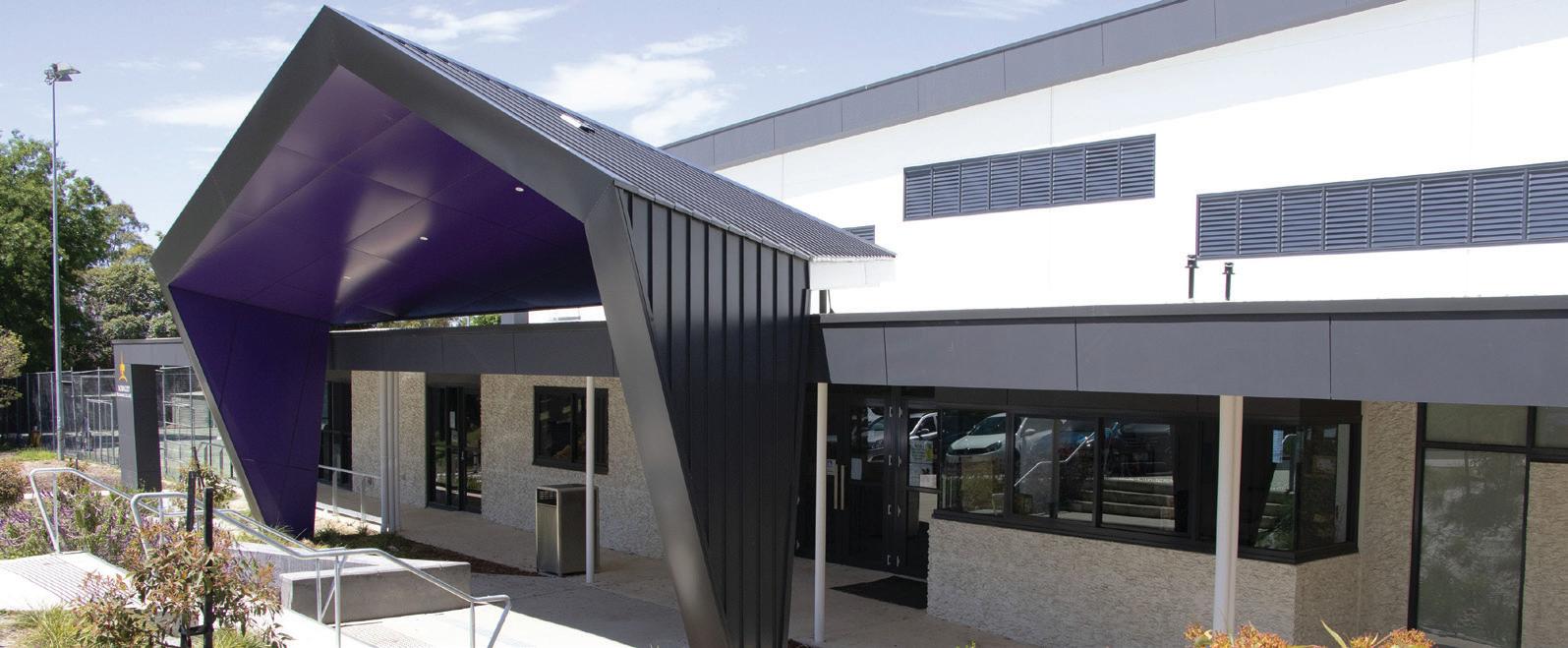
For over 60 years, Norwood Secondary College has been proud to serve the needs of the local community and beyond. During this time the College has developed an outstanding reputation as a provider of educational excellence and a broad range of programs. We are also known for the quality of the young people who graduate from our school. We are proud of all our students. Our goal is to foster the belief that programs, to show compassion for others and to value making a positive contribution in society.
We are committed to building on our rich tradition with innovative programs and the creation of a dynamic learning environment which fosters individuals’ abilities.
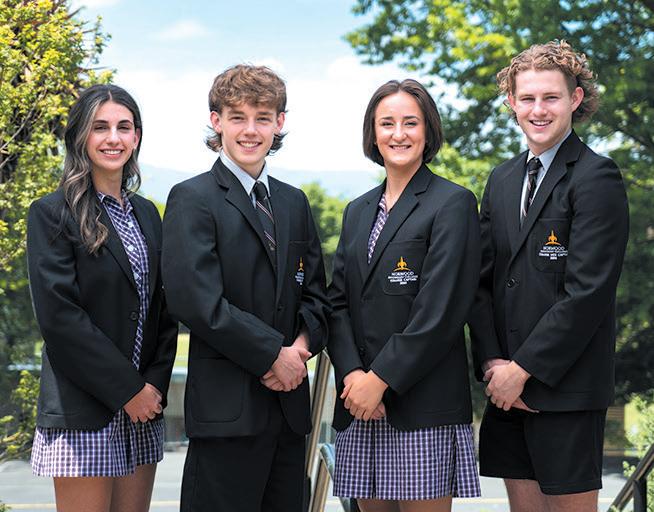
VICTORIA’S first fully academically selective coeducational Government High School, and one of only four academically selective high schools in the state, Nossal High School has been purpose designed to suit an adult, academically focused and highly aspirational cohort of students. The buildings are high tech. and ICT rich, mirroring features and approaches usually found in universities.
Nossal High School is committed to providing an innovative, inclusive and dynamic educational environment. We aim to challenge our students to be creative and critical thinkers with good communication skills and the resilience necessary to succeed in an ever-changing world. We aim to build their skills, self-confidence, leadership abilities and community spirit through a rigorous but rich and varied, curricular and co-curricular program. We want our graduates to be aspirational, ethical and responsible citizens who conduct themselves with humility and compassion.
For further information regarding Nossal High School we invite you to visit nossalhs.vic.edu.au or book a place in one of our Principal run tours or at our upcoming Information Night.
When you choose a Victorian Selective Entry High School, you are ensuring your child has the opportunity for an exceptional education at one of only four schools exclusively designed for academically talented students.
We want our graduates to be aspirational, ethical and responsible citizens who conduct themselves with humility and compassion.
As proud government schools, each school has a unique approach and a shared purpose in nurturing excellence in young adults from Years 9-12. For further information about Nossal and the other Victorian Selective Entry High Schools visit www.vic.gov.au/selective-entry-high-schools
Applications for 2026 enrolment open in early 2025. If you wish to be notified when applications open, register your email address at selectiveentry.acer.org/vic/apply..
Principal tours run from 9.30am on specific dates throughout the year. Bookings for these tours are available at www.trybooking.com/ CFYUJ. Visit our website at www.nossalhs.vic.edu.au/ enrolment-information/ for more information.
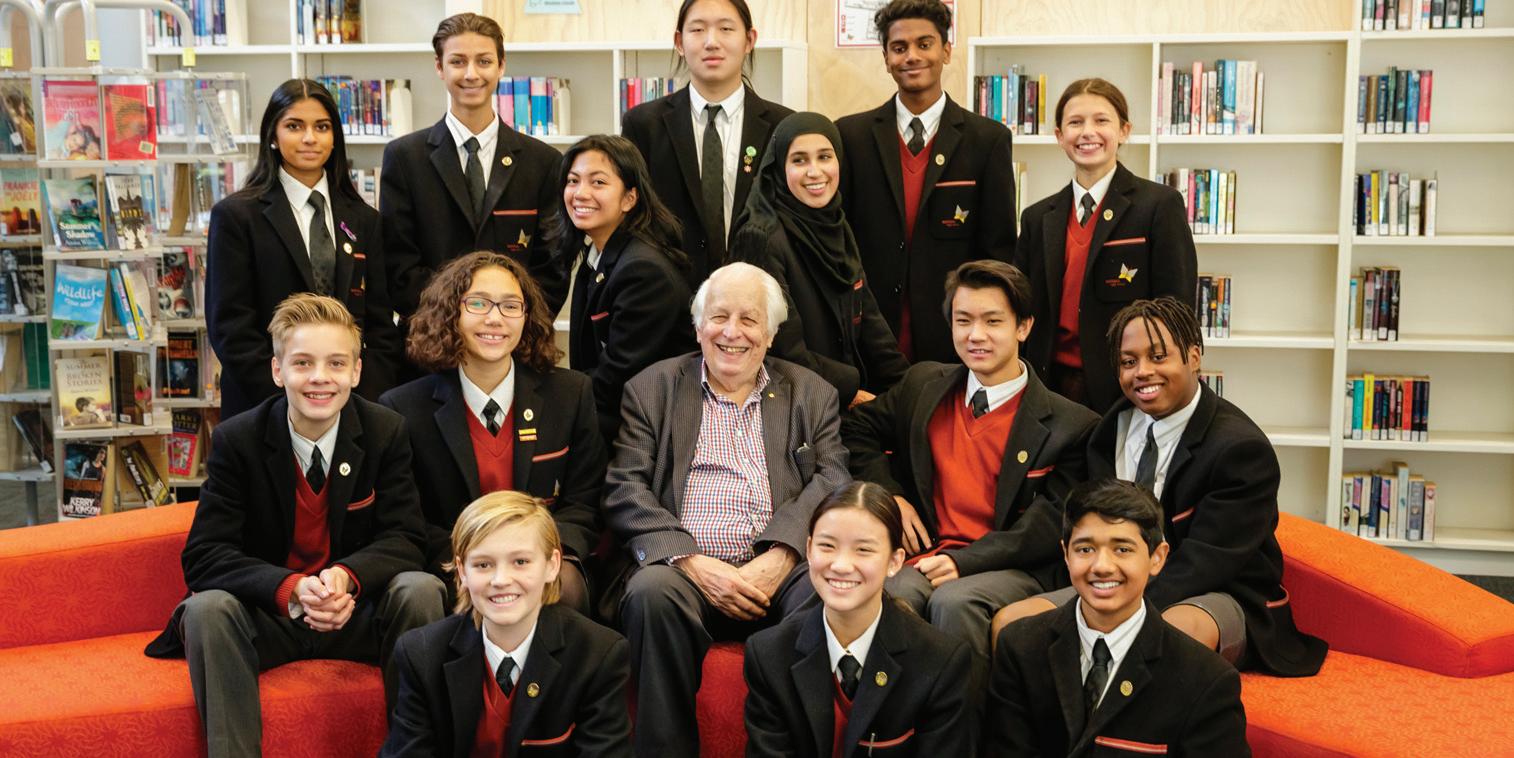
A co-educational, academically selective government school for highly able students in Years 9-12
As one of only four Victorian Selective Entry High Schools, we offer a broad range of curricular and co-curricular experiences and programs, strongly influenced by the students themselves who have an active and authentic voice in the running of the school. We offer significant sporting, creative, performing, musical, community, cultural, social, and leadership opportunities to our students alongside a comprehensive academic study program.
Visitors are welcome to attend school tours with the Principal, and information evenings are available throughout the year. We invite you to visit us.
Learn more about our school or book a tour at http://nossalhs.vic.edu.au/ Unique Opportunities. Exceptional Futures.
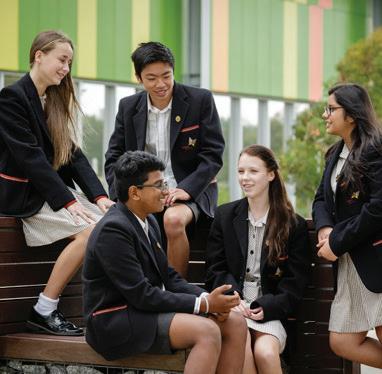
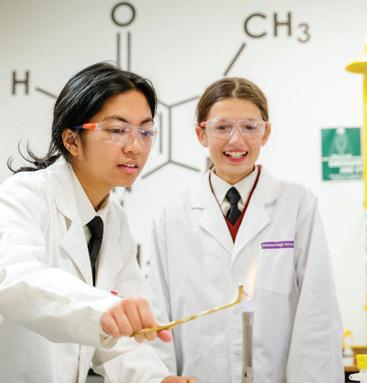
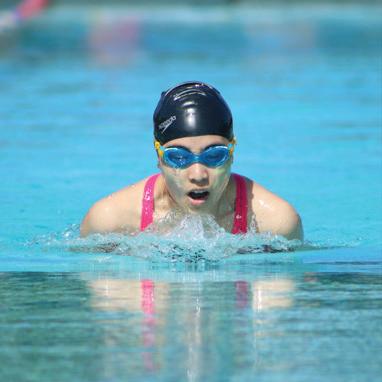
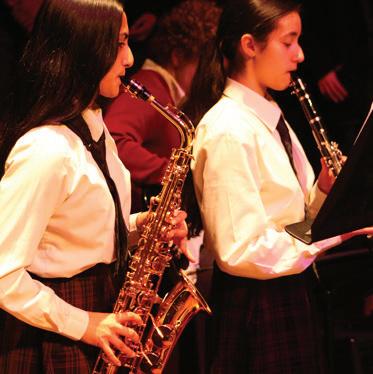
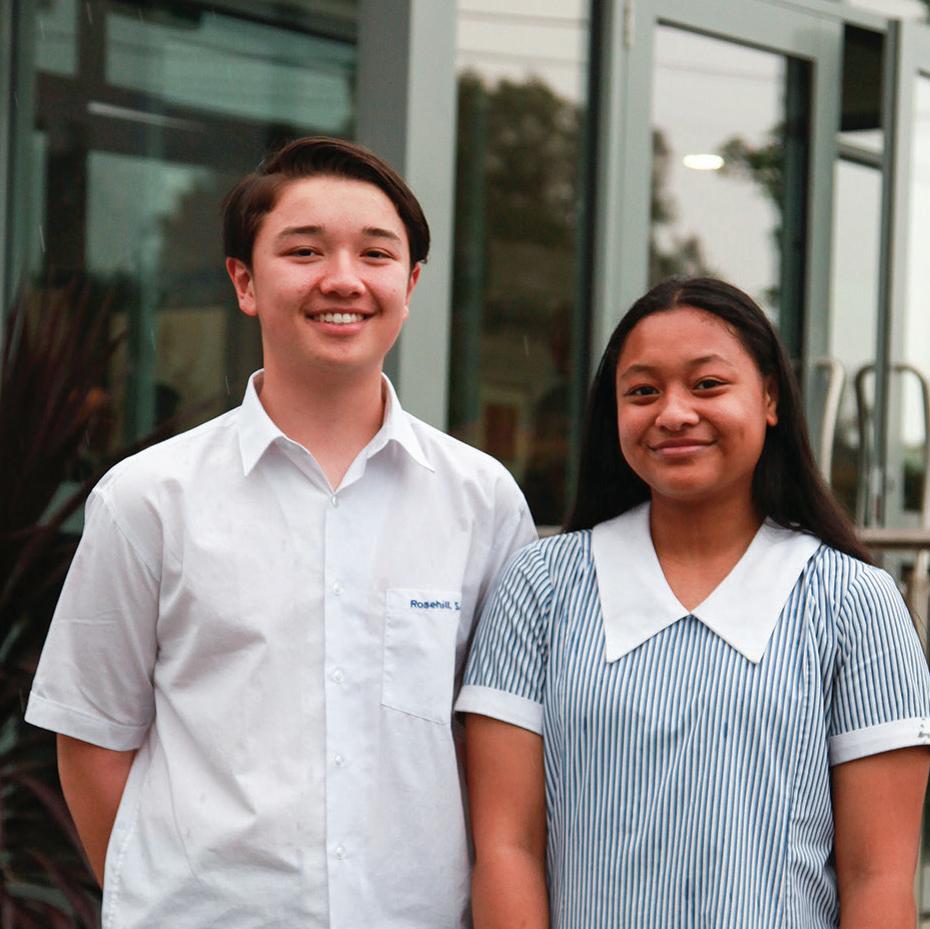
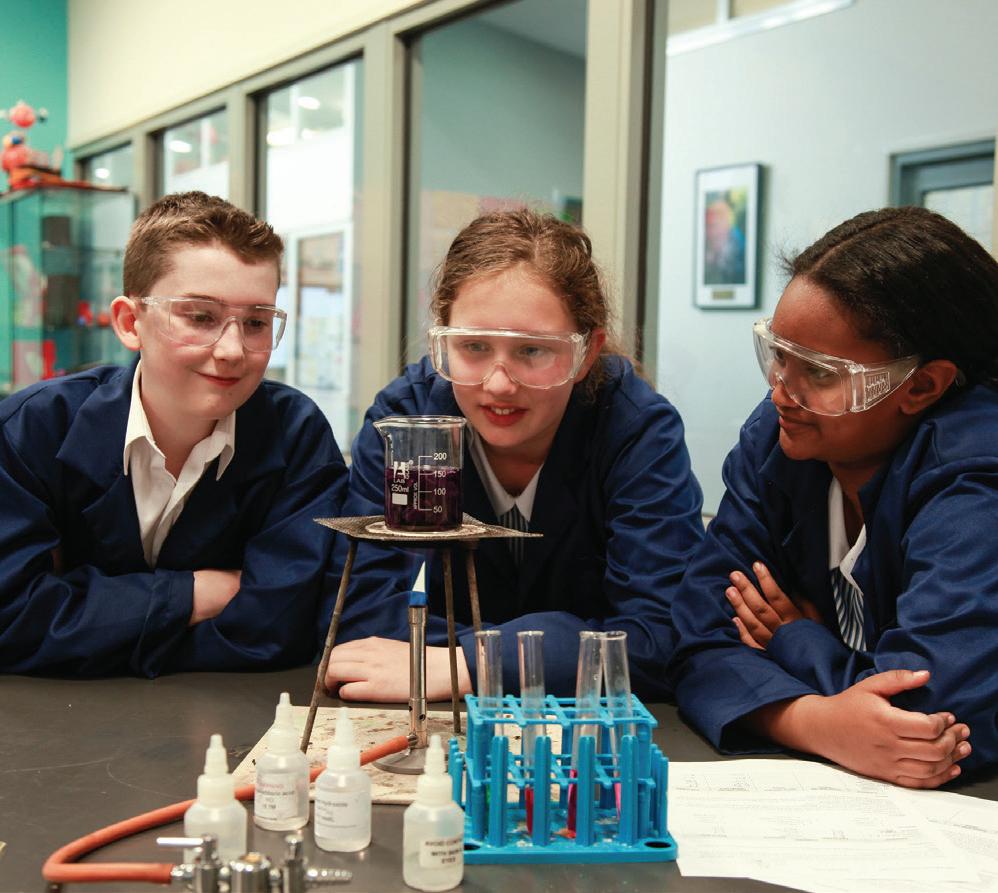
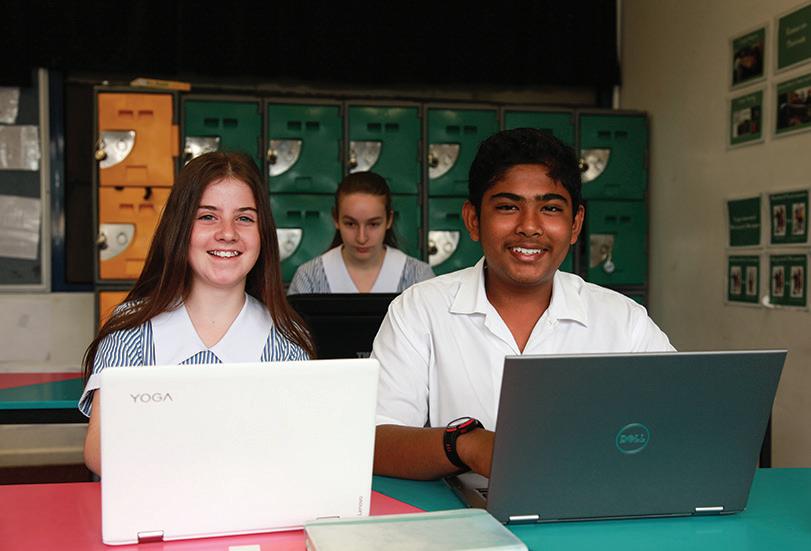
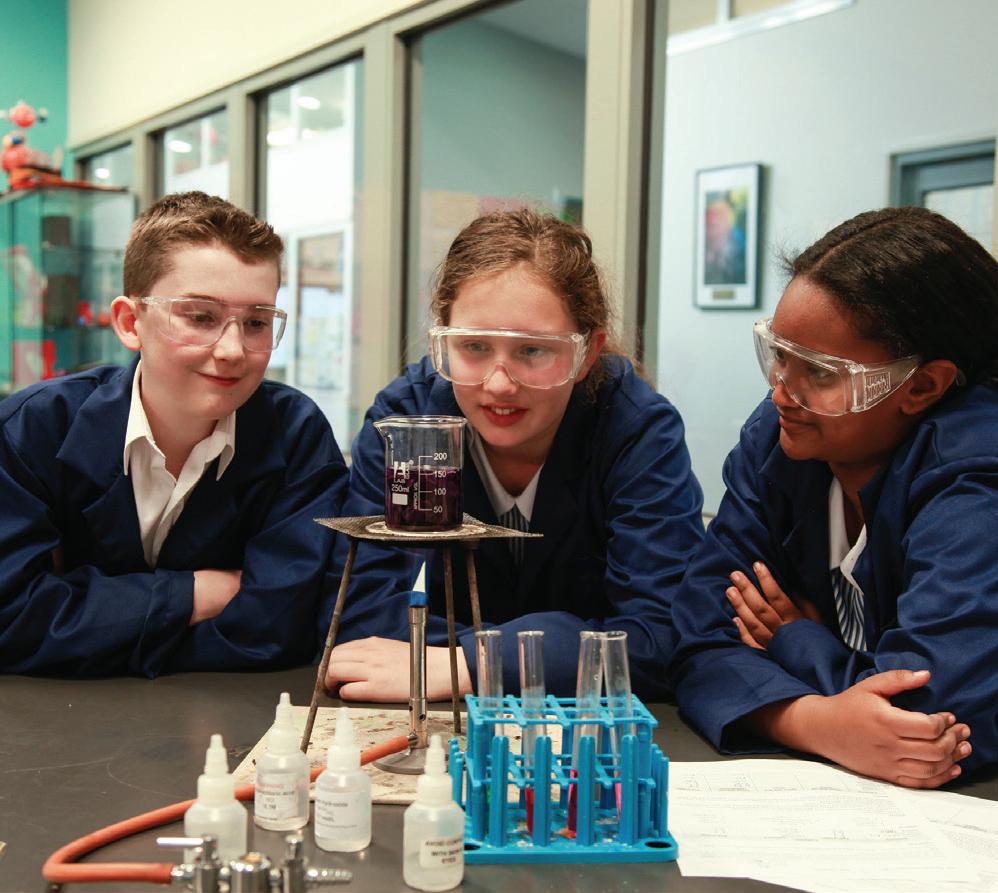
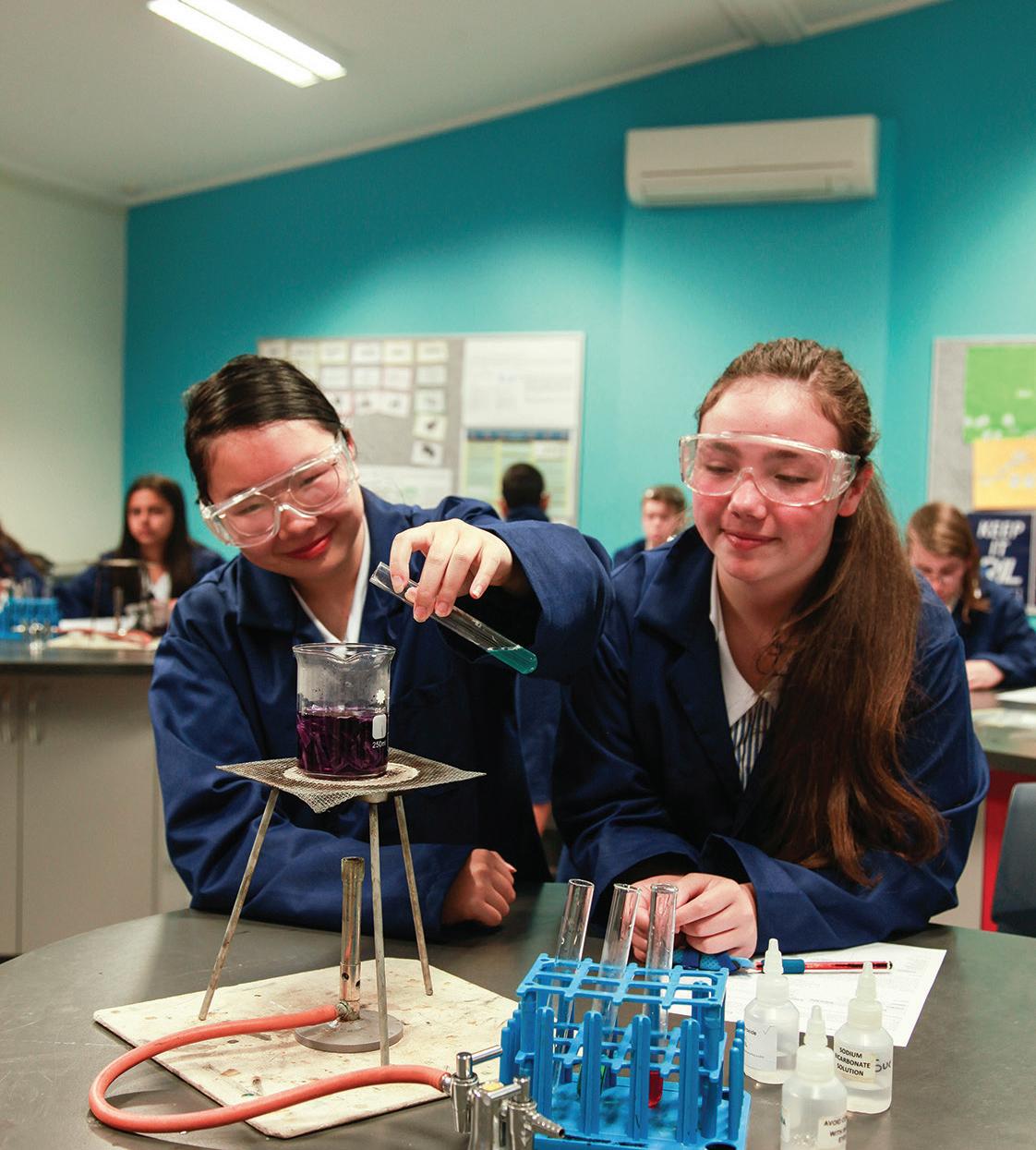
At Rosehill Secondary College, the Science Department is equipped with state-of-the-art technology. This allows teachers to provide a unique experience in STEM education.
To further enhance our outstanding work in STEM, we have a 4.5 million Architecturally designed state of the art STEM centre which you are welcome to visit. Students have and will continue to participate in the following STEM experiences:
• Girls in Physics - Promoting female involvement in physics through conferences and workshops with other females in physics.
• VR room - computer generated learning environment where students can explore the structure of cells as well as historical sites without leaving school property.
• In2Science – Science and Maths peer mentoring in the classroom by current University Science Students.
• Robotics Program – High tech coding and programming digital technologies with the use of robotic models including: Sphero, Ozobots, Lego Mindstorm and Microbits.
• Use of multiple 3D printers- incorporating fusion 360 CAD software to design and develop real products.
• Gene Technology Access Centre (GTAC) – participating in various workshops such as the Biomechanics and design workshop which is part of the Victorian Challenge Enrichment Program
STEM students from Rosehill Secondary College will have the opportunity to embark on the ultimate STEM educational experience of their lives visiting the National Astronautics and Space Administration (NASA) Centre in Orlando, Florida, USA.
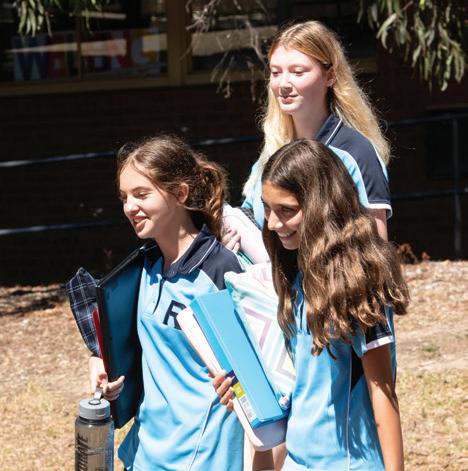
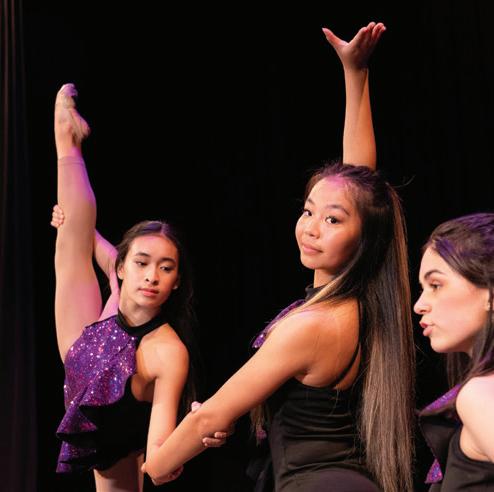
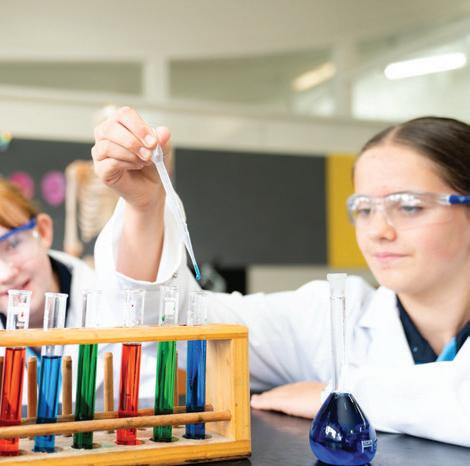
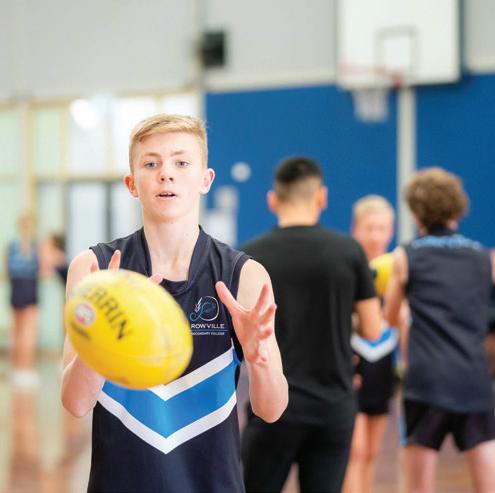


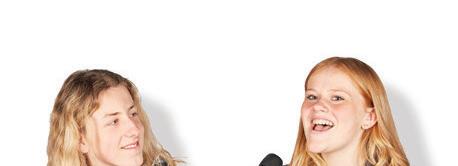



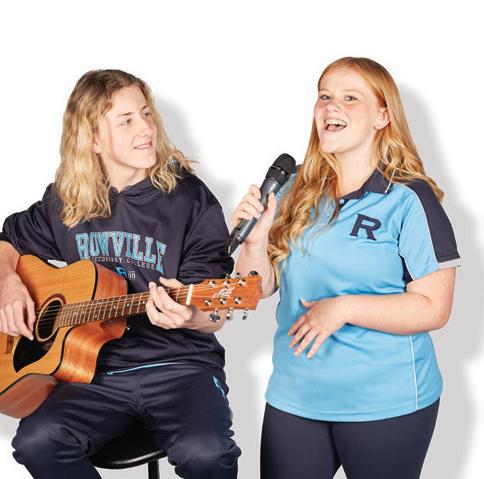




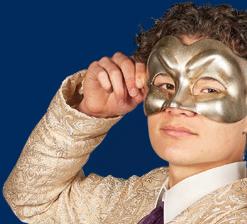
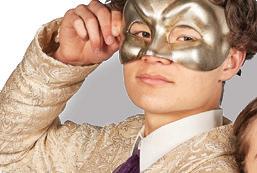

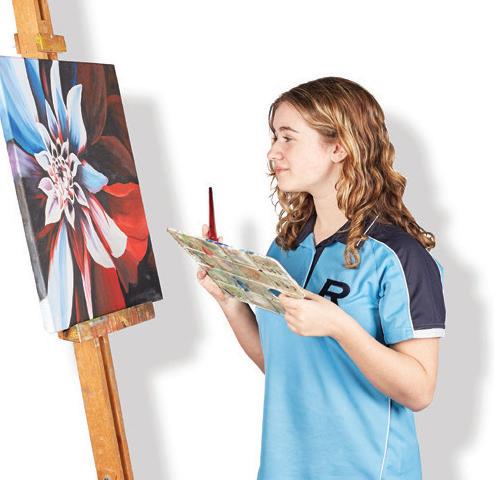


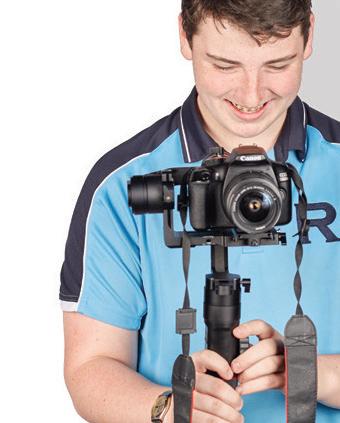
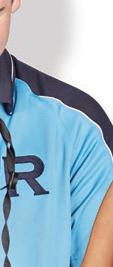

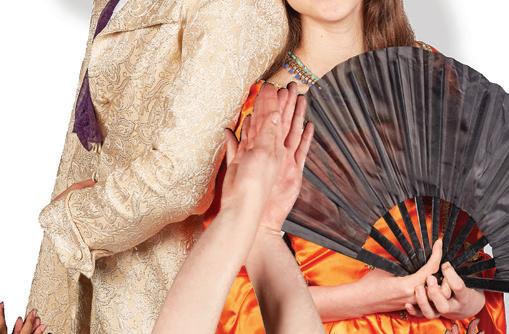






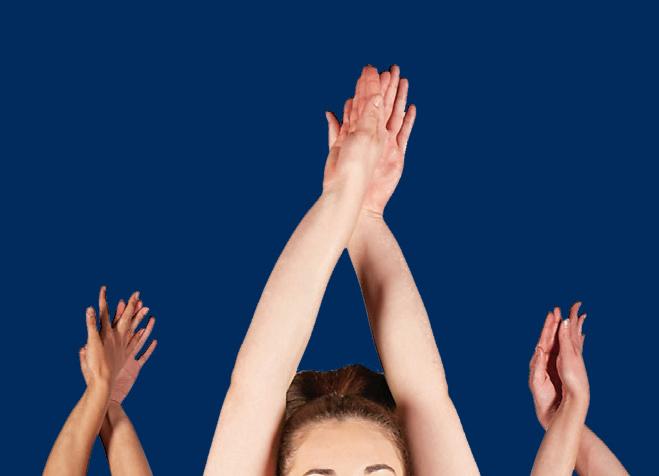

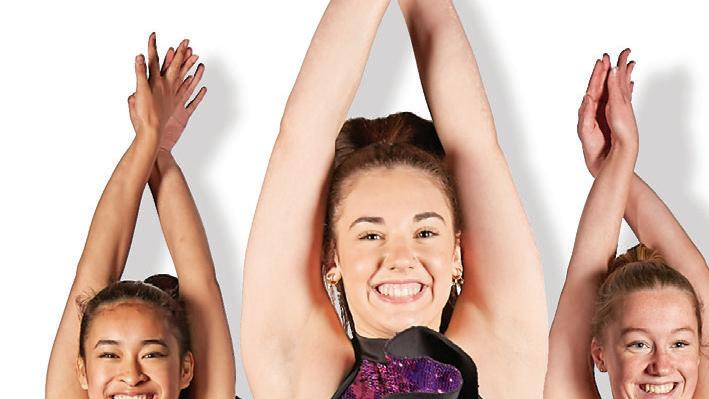

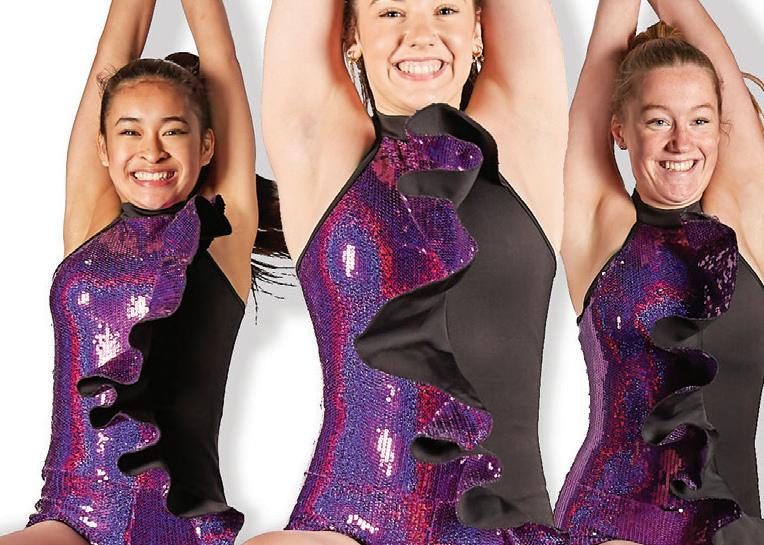
IN recent decades, a noticeable trend has emerged within the education system: girls consistently outperform boys in numerous academic subjects. This phenomenon has raised questions about the underlying factors contributing to this gender disparity and their implications for the educational landscape. While it’s important to note that generalisations do not apply to every individual, various factors shed light on why girls are frequently achieving higher academic success than boys.
One potential explanation for the gender gap in academic performance is related to differences in learning styles and study habits. Studies suggest that girls often excel in skills that are enhanced by meticulous planning, organisation, and attention to detail. They tend to be more disciplined in their study routines, diligently completing assignments and reviewing material in a systematic manner. On the other hand, boys may be more inclined towards active, hands-on learning and may struggle with tasks that require extended periods of focused reading or writing.
Classroom behavior and participation patterns can significantly influence academic outcomes. Girls are often characterised by their attentiveness, willingness to ask questions, and participation in classroom discussions. These behaviors contribute to a positive learning environment and facilitate deeper understanding of subjects. Conversely, boys may sometimes exhibit more disruptive behaviors, which can hinder their ability to absorb information effectively. This divergence in classroom behavior can lead to divergent academic outcomes.
Societal and cultural norms can also play a role in shaping academic performance. Traditional gender roles and expectations might discourage boys from engaging in activities that are perceived as “feminine,” including excelling in certain academic subjects. Similarly, girls may receive more encouragement and support for academic achievement, leading them to invest more time and effort into their studies. These societal pressures and expectations can impact students’ self-perception and motivation to excel in school.
With computers and calculators readily available to perform complex calculations, some argue that traditional math skills are becoming obsolete.
Emotional intelligence and communication skills are crucial for success in many academic disciplines. Girls often exhibit greater emotional intelligence, empathy, and interpersonal skills, which can enhance their ability to collaborate, communicate, and excel in subjects that emphasise teamwork and effective communication. These skills are increasingly valued in various fields, contributing to girls’ academic achievements and their ability to adapt to evolving workplace demands.
The modern education system increasingly values a range of skills beyond academic prowess, often referred to as “soft skills.” Girls are more likely to excel in areas such as empathy, teamwork, and adaptability. These skills are nurtured through activities that encourage cooperative learning and emotional engagement, which are prevalent in many subjects. As the job market evolves, the prominence of these skills gives girls an advantage in their future careers.
Teacher bias and classroom environment can inadvertently influence academic outcomes. Research suggests that teachers might unknowingly hold different expectations for boys and girls, affecting their assessments and interactions with students. Girls may receive more constructive feedback and encouragement, while boys’ potential might be underestimated.
Additionally, classroom environments that cater to specific learning styles might favour girls’ approaches to learning, inadvertently disadvantaging boys.
The phenomenon of girls consistently outperforming boys in many academic subjects is a complex issue influenced by a multitude of factors. These factors encompass learning styles, study habits, classroom behavior, societal norms, emotional intelligence, and the evolving demands of the job market. It is crucial to recognize that gender disparities do not indicate an innate superiority of one gender over the other but rather highlight the diverse ways in which individuals approach learning and succeed in different contexts.
Addressing this gender disparity requires a multifaceted approach that considers both the needs of boys and girls. Educators should focus on promoting diverse learning styles and creating inclusive classroom environments that encourage active participation from all students.
Ultimately, recognising and celebrating the strengths and abilities of all students, regardless of gender, is paramount. By fostering an
It is crucial to recognize that gender disparities do not indicate an innate superiority of one gender over the other but rather highlight the diverse ways in which individuals approach learning and succeed in different contexts.
educational environment that values diverse learning styles, skills, and perspectives, schools can help bridge the gender gap and provide every student with the opportunity to reach their full potential.
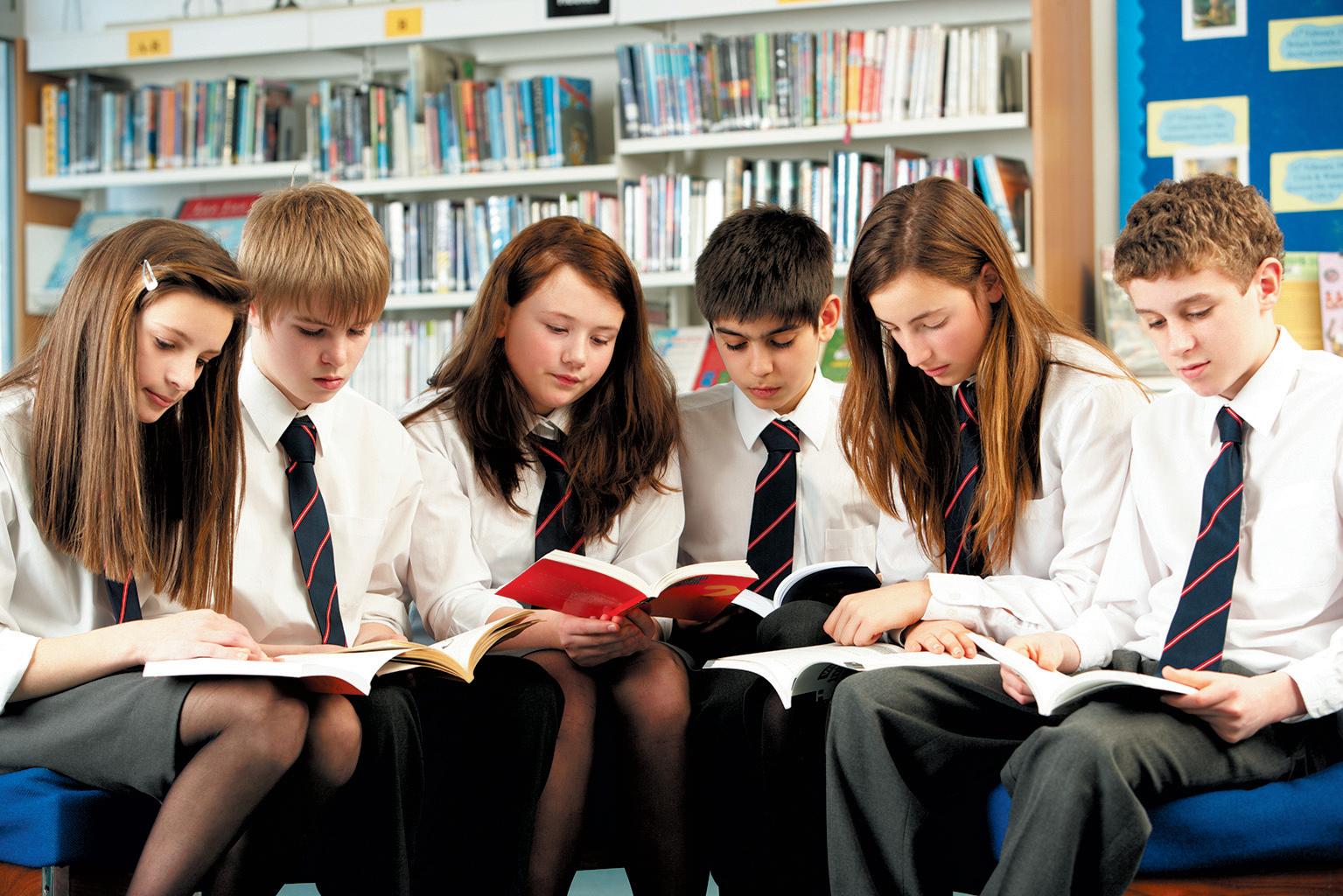
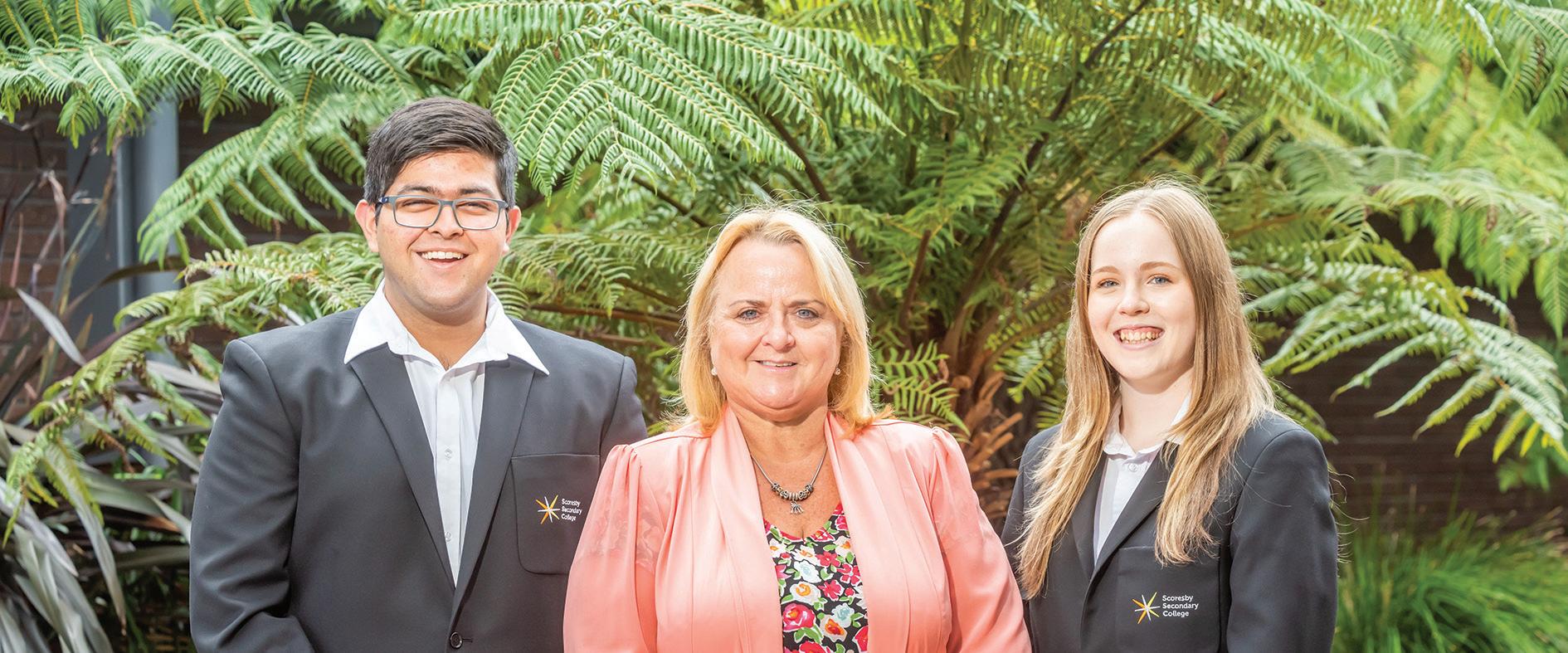
Scoresby Secondary College provides a safe, supportive and challenging learning environment that focusses on nurturing the whole person in order to develop active and self-aware contributors to our global community. Located in the city of Knox our growing community has gained national and international recognition for quality teaching and learning and high student learning growth with the College being listed in the top schools in Victoria for the highest growth in literacy and numeracy for the past four years.
There following are key areas upon which we base our student’s success:
• Personalising student learning by teachers knowing every students needs, interests and aspirations from the time of enrolment
• A strong academic curriculum that provides opportunities for student engagement, differentiation and breadth to prepare students for future studies and employment
• Co-curricular programs that foster self-confidence and positive impacts on academic development
• Exceptional partnerships between students and their teachers, parents, tertiary providers, business and industry
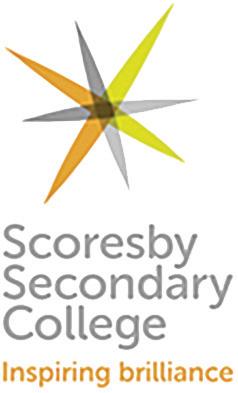
• Extensive range of enhancement and enrichment opportunities including Top achievers Program from Year 7, business, and industry mentoring programs
• Outstanding performing arts, music and media programs
• There is an assessment system in place that provides a picture at any moment in time of each student’s literacy and numeracy progress against targets and expectations
• Each student knows, understands and practices the values and behaviours that are expected of all students in the school and more broadly in society
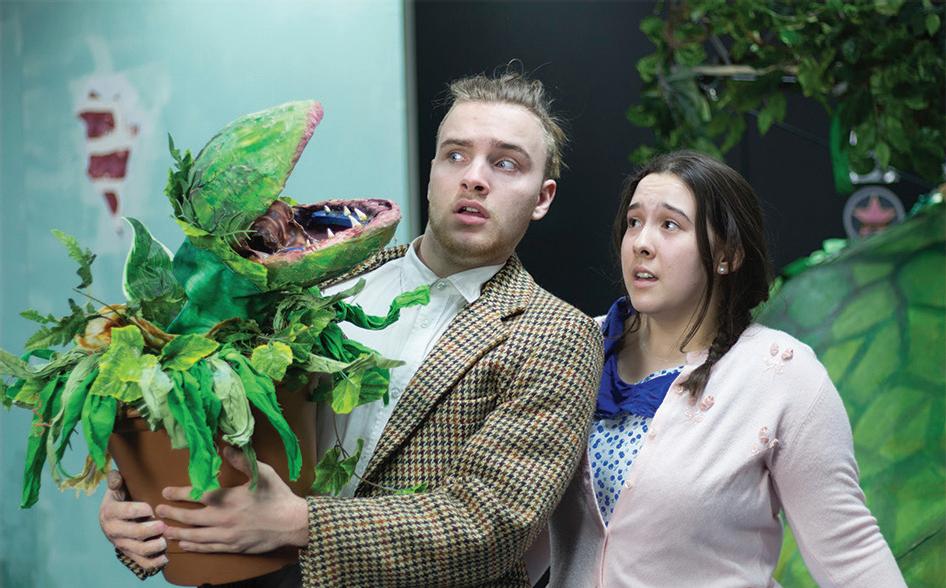

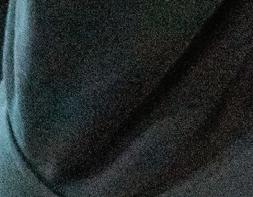
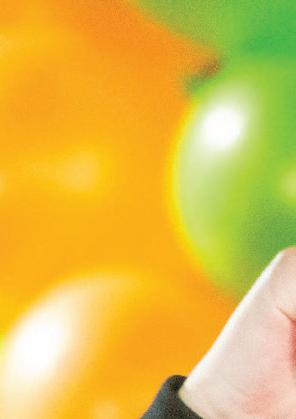







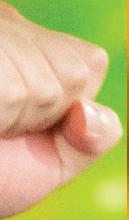
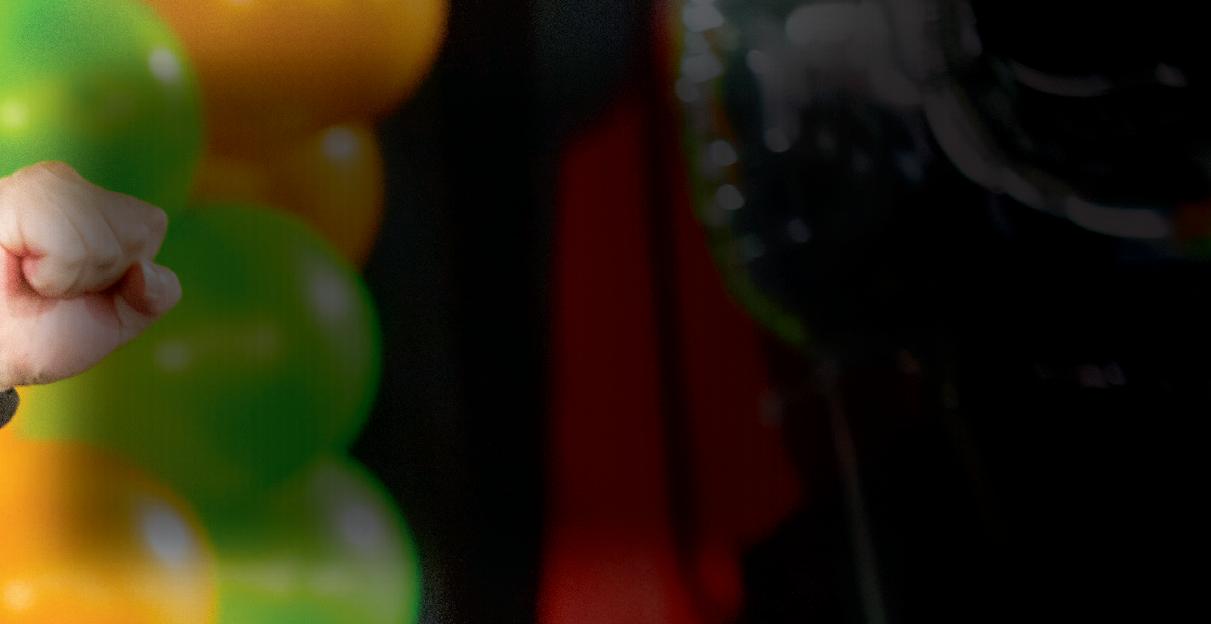




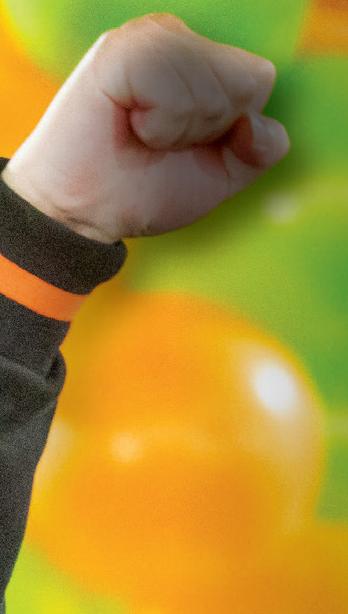
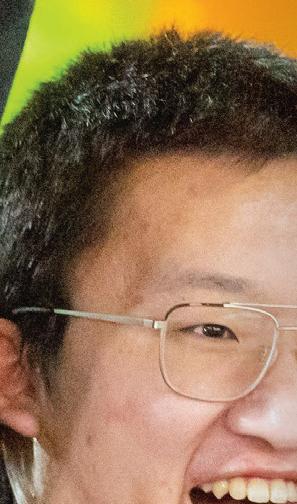

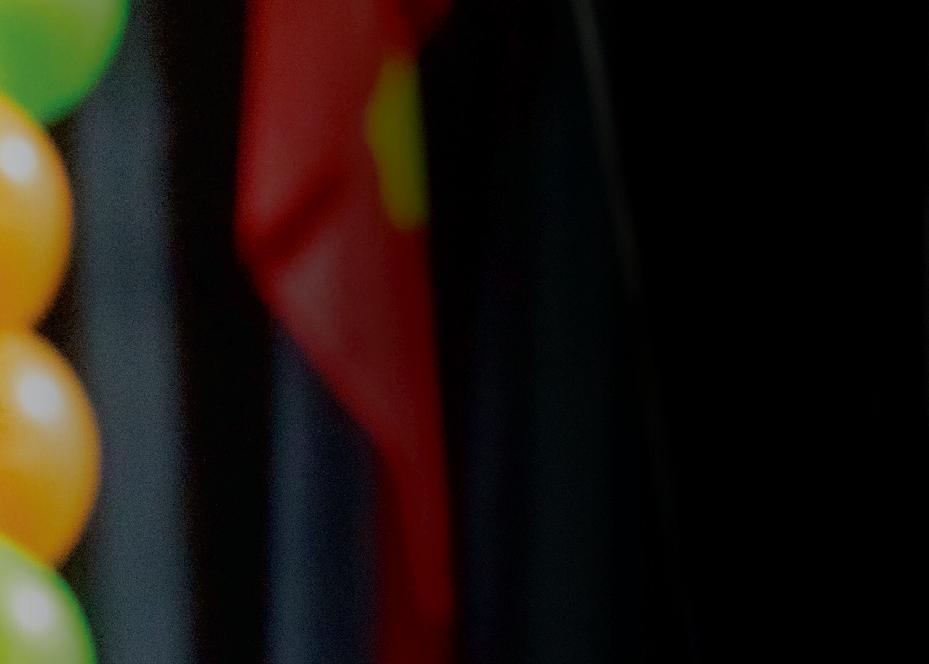
with 81% students in Year 9 exceeding or strong in reading (21% higher than the state average)

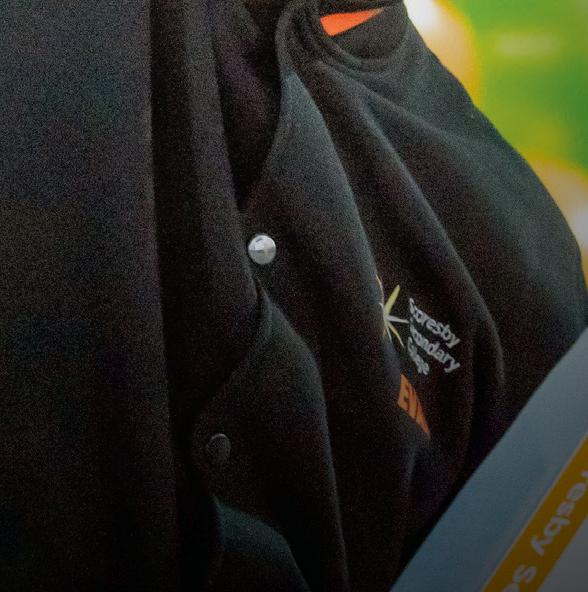
74% of students exceeding or strong in numeracy (14% higher than the state average) 67% of students exceeding or strong in punctuation and grammar (15% higher than the state average)

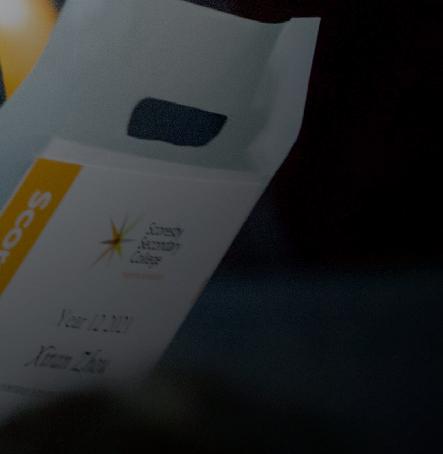


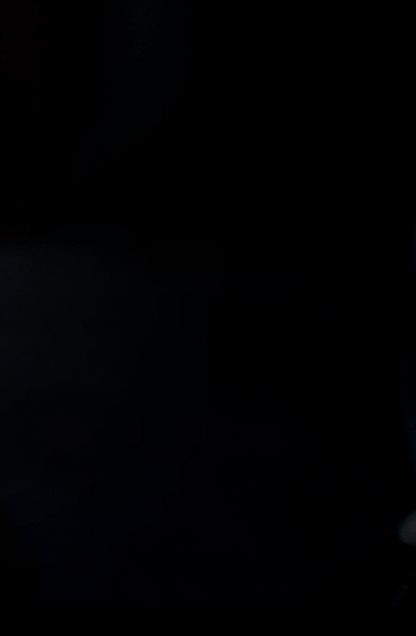




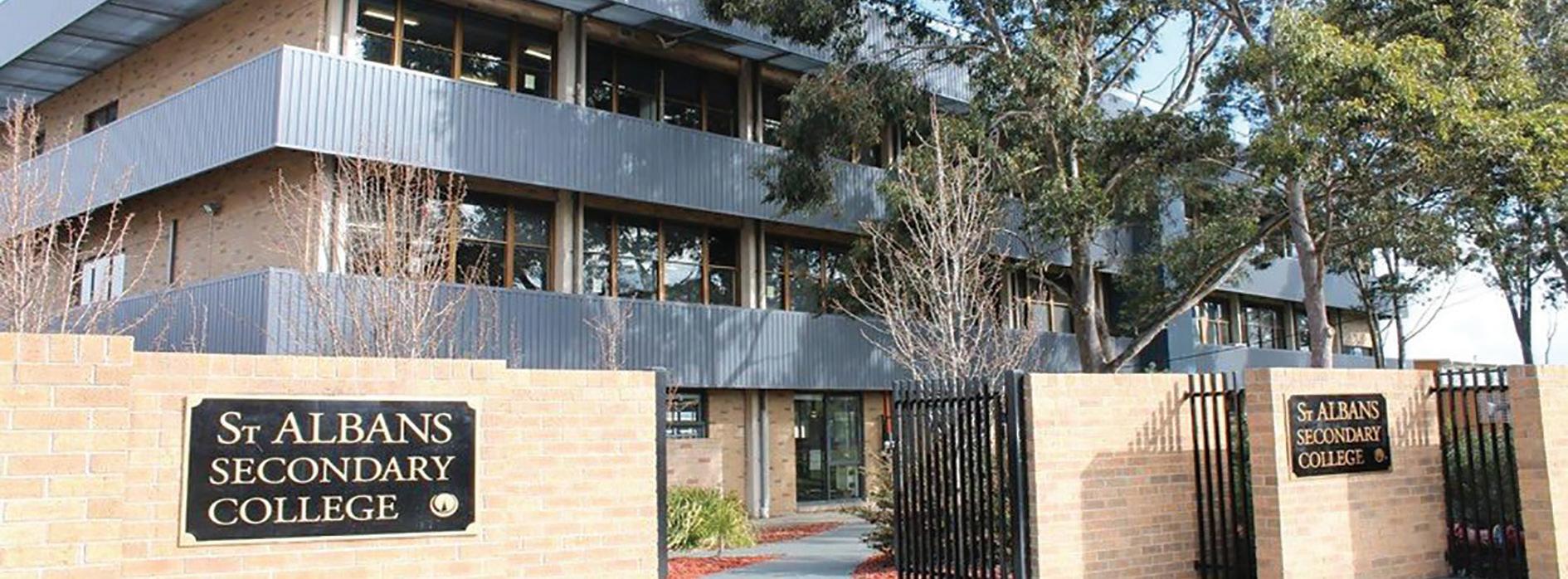
St Albans Secondary College’s vision, values and guiding principles combine to create a safe, supportive, and structured environment where every student is guided and inspired to achieve to the best of their ability. Our college community values respect, integrity, leadership, and the pursuit of excellence.
We are proud of our school community's achievements: our results in almost all areas are significantly higher than the average for the State, and for similar schools. St Albans Secondary College has regularly been recognised as a high performing school. In studies undertaken by the Department of Education and the University of Melbourne we were well above state benchmarks in all measures. These outcomes, together with excellent attendance rates, continued growth in students' literacy and numeracy skills, and significant improvement in students' sense of connectedness and safety, are a testament to the combined efforts of staff, families, and students.
Our commitment to foster the academic and personal development of each student, to provide a high-quality education, and to guarantee a broad range of programs to challenge and enrich all students, is a significant factor in these achievements. Our Attendance Policy of 90%, close monitoring of student absences, and effective communication with parents ensure that the importance of regular attendance for successful student learning is well embedded in the school culture.
The SEAL (Select Entry Accelerated Learning) program is offered to challenge and motivate gifted and talented students from Year 7 right
through to Year 12. Additionally, enrichment electives are offered from Year 9, and VCE subjects are available to selected students from Year 10. Our top achievers are supported with scholarships, as well as university mentoring programs including the Kwong Lee Dow Scholars’ program, and they consistently gain entry into top level tertiary courses.
A focus on positive, respectful relationships as an essential part of a safe, enjoyable learning environment is an essential aspect of the College's culture, as is our strategy of enhancing student voice and leadership across the school and providing a rich extracurricular program. Activities include a comprehensive instrumental music program, drama and music production, public speaking and debating, writers' workshops, a camps program, sports teams and carnivals, a House system, and a range of student clubs.
Our vision for wellbeing is to support all members of our school community to develop a resilient mindset by striving to ensure that everyone feels Connected, Protected and Respected. The development of a comprehensive allied health team approach to student wellbeing, recent work on resilient mindsets, and further strengthening student wellbeing programs have been important in fostering engagement, positive behaviour, and respectful relationships.
St Albans Secondary College is a community where staff and parents work together with, and for the benefit of, students. Staff are deeply committed to the academic progress, and personal development and wellbeing of each student.



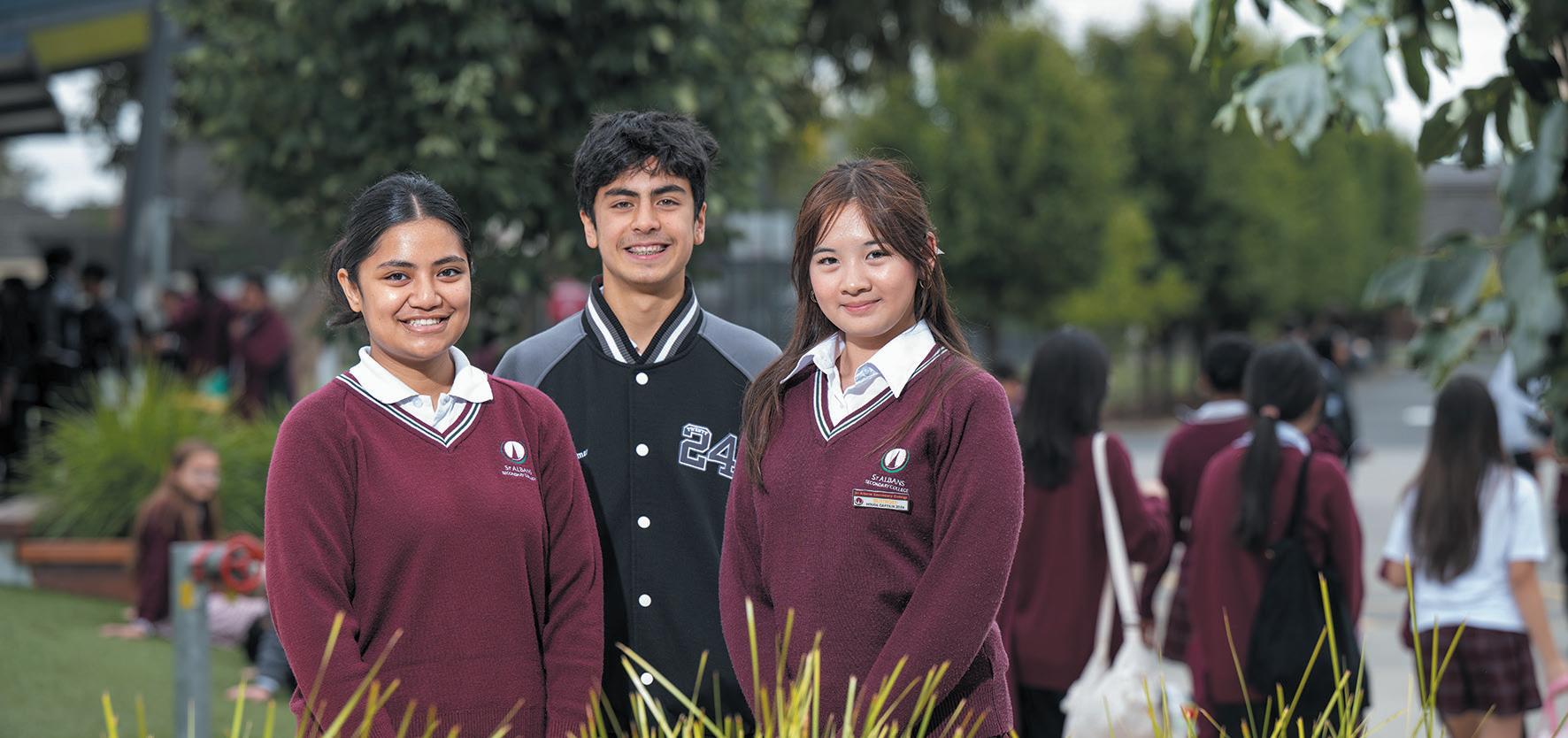



ST HELENA Secondary College, situated in Eltham North, prioritizes holistic child growth. With a rich educational history, we aim to nurture globally-minded citizens ready for the digital era. Our core values - Respect, Responsibility, and Personal Best - foster connection in a secure and enriching learning space.
St Helena Secondary College is a highdemand school and the school of choice for many families. We know the transition from Primary School to Secondary School can be as daunting as it is exciting. Our highly experienced Transition team partner with families, students and primary schools to facilitate a smooth transition to our stand-alone Year 7 Junior School, quickly establishing new students as an integral part of our community.
Our ‘Strive’ program underpins holistic development through Learning Skills, Positivity, and Pathways streams, nurturing academics, emotional skills, and individualized routes.
The ACE program caters to gifted students, providing an enriched curriculum and potential university subject study in their final year.
The acclaimed music program, with 220+ students, excels in competitions, while our Performing Arts team garners awards winning
The acclaimed music program, with 220+ students, excels in competitions, while our Performing Arts team garners awards winning several Victorian Music Theatre Guild Awards and Lyrebird Theatre Awards.
several Victorian Music Theatre Guild Awards and Lyrebird Theatre Awards.
The Sports Academy sharpens athletes in Football and Basketball, focusing on various aspects of skill and performance.
Diverse camps and tours enrich cultural and personal growth.
Our extensive subject range, including VCE, VM, and VET options, caters to diverse interests. Over 40 subjects are offered yearly, ensuring any and all pathway interest is catered for.
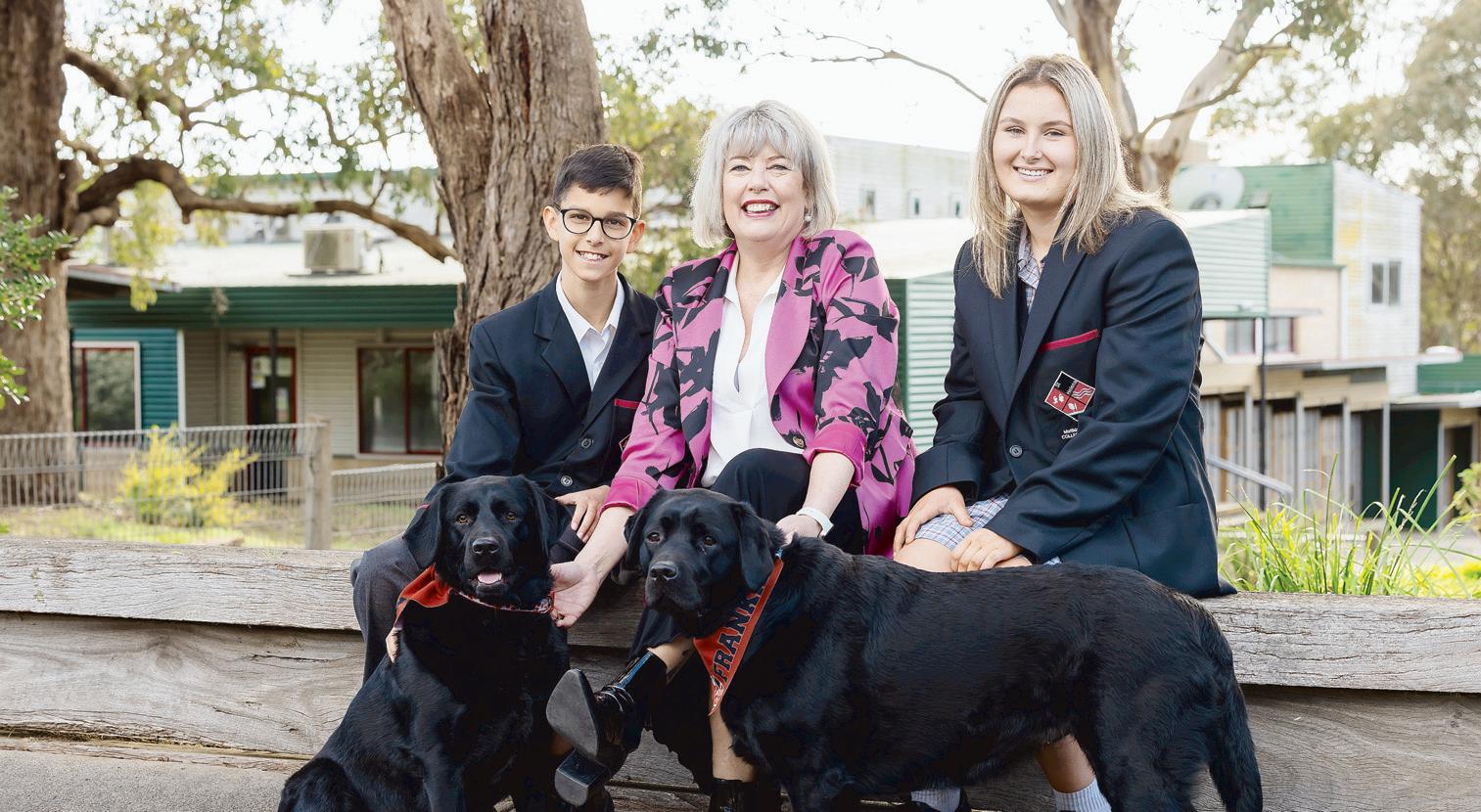
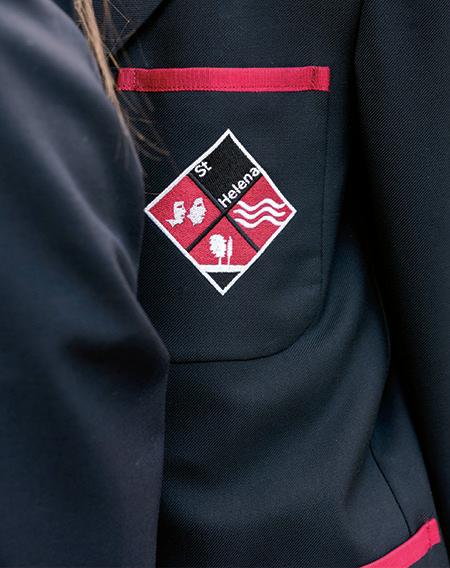

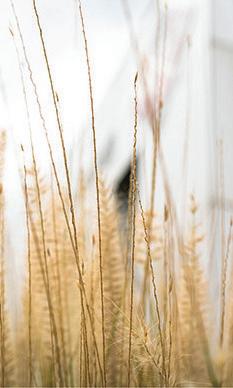




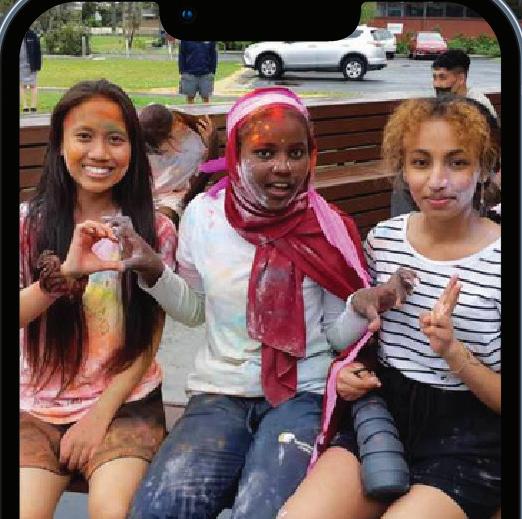
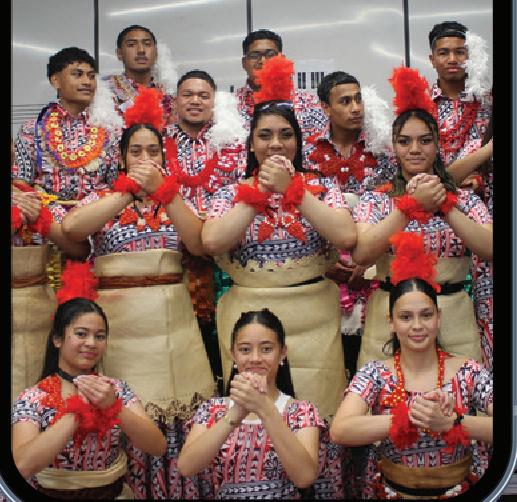
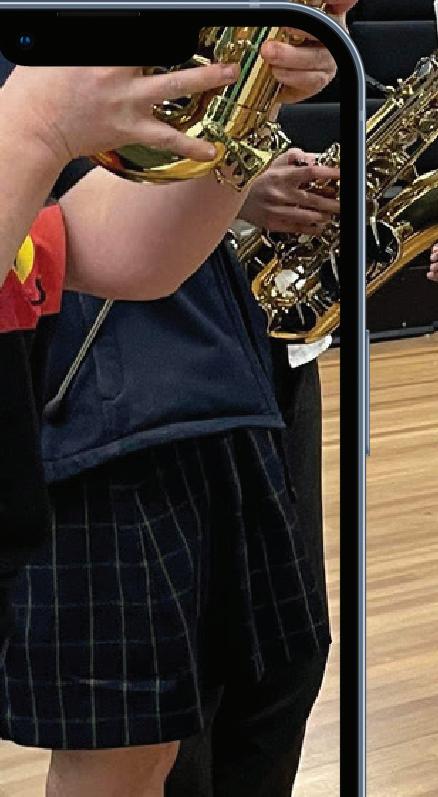
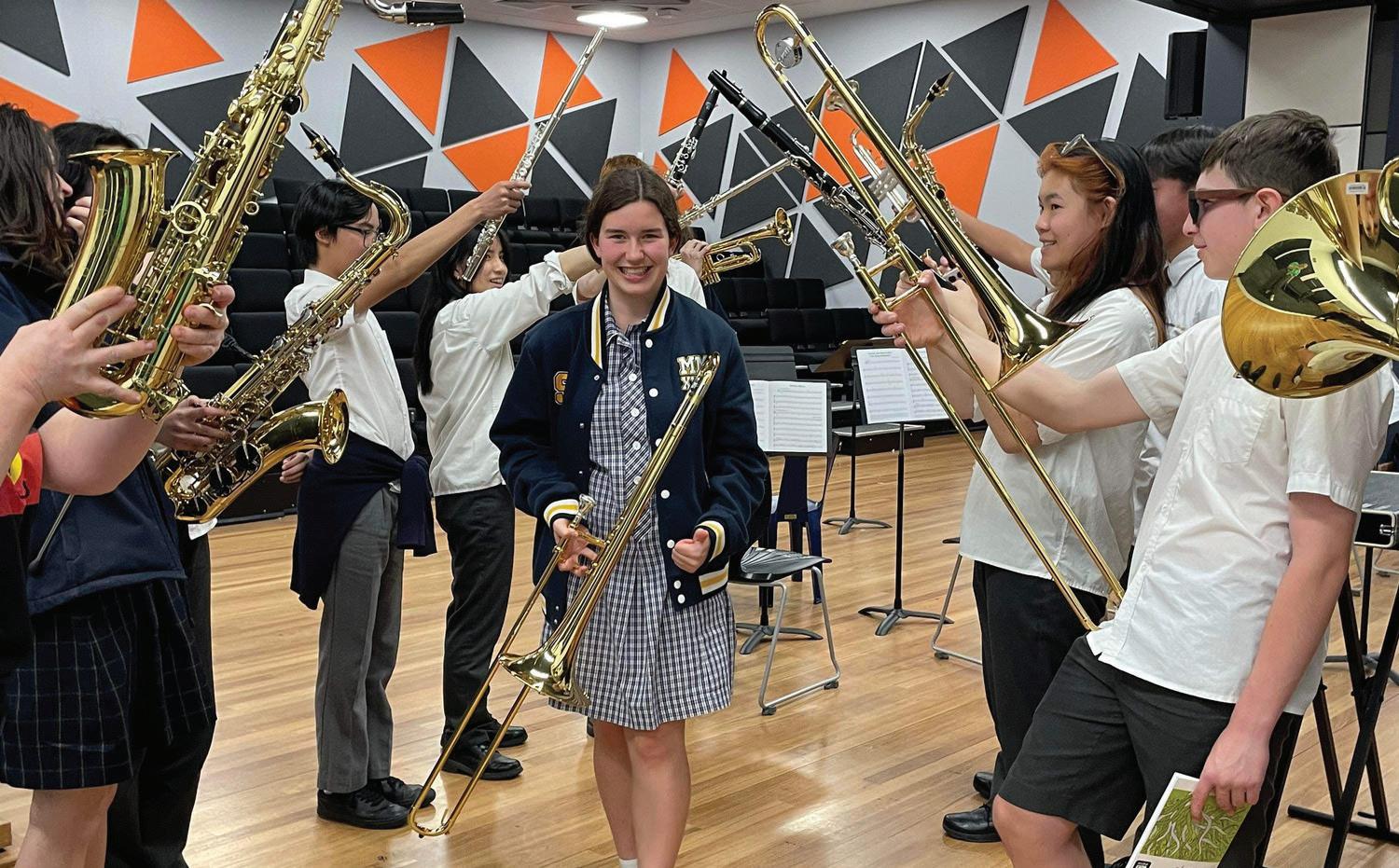
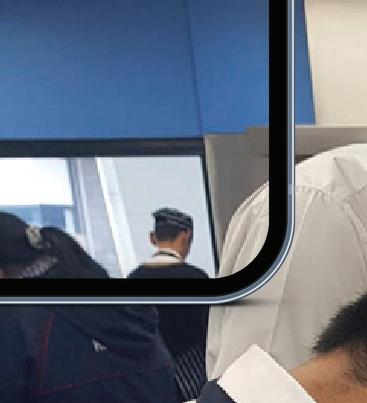
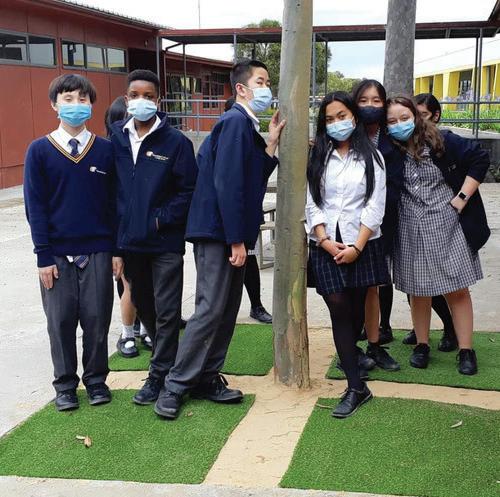
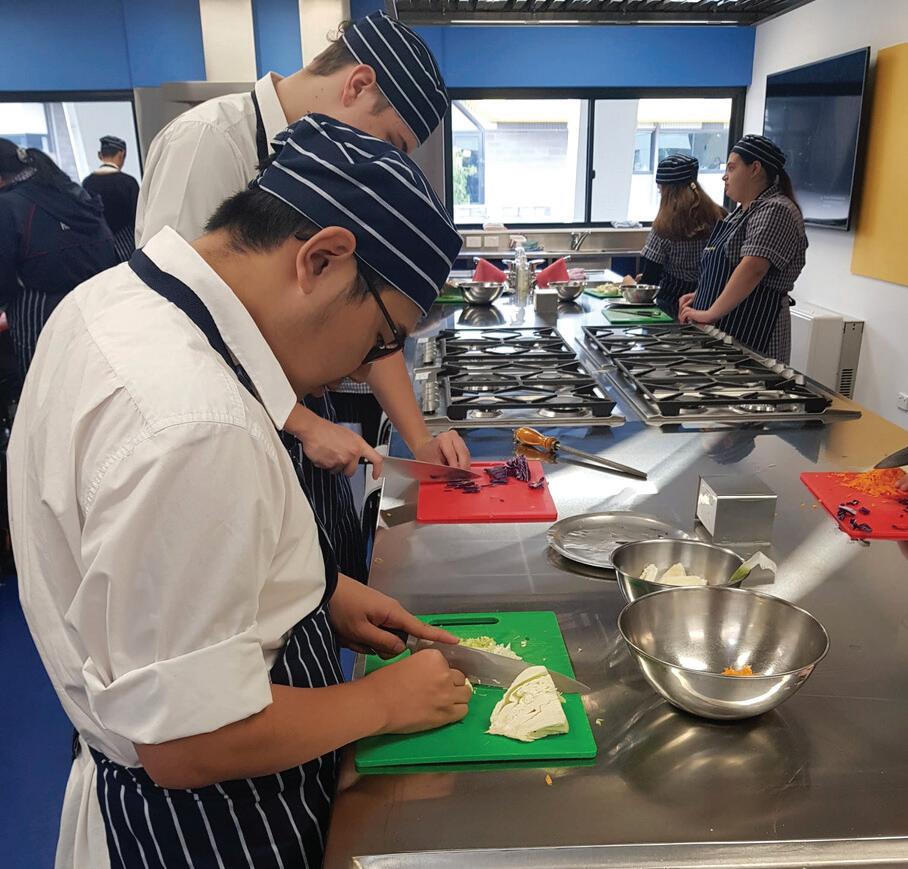
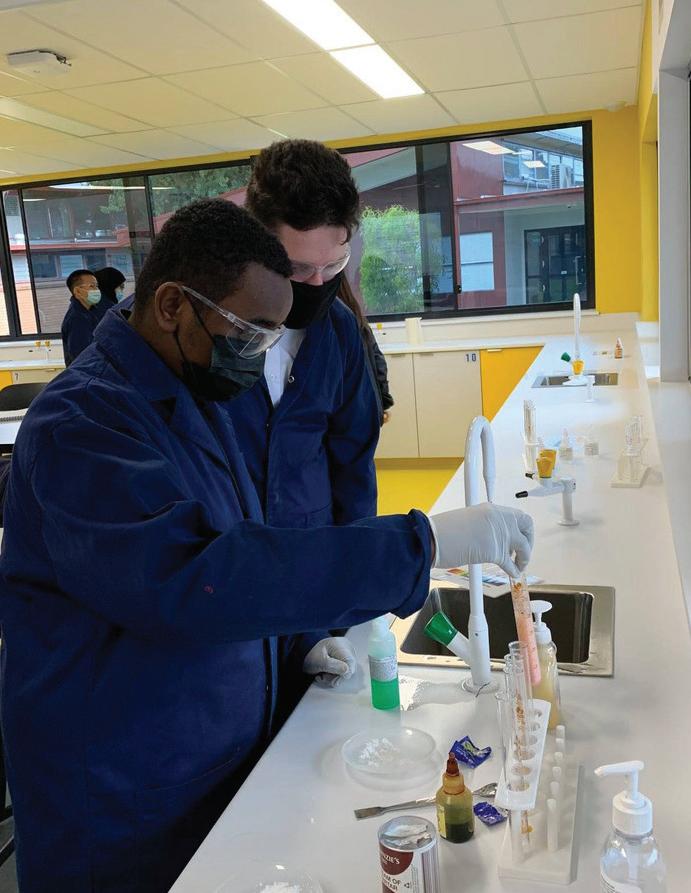
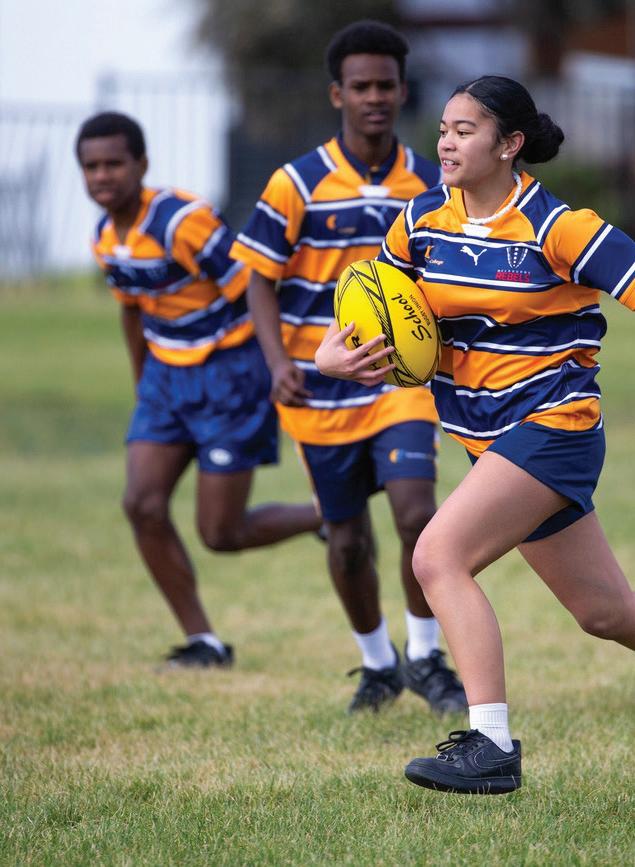
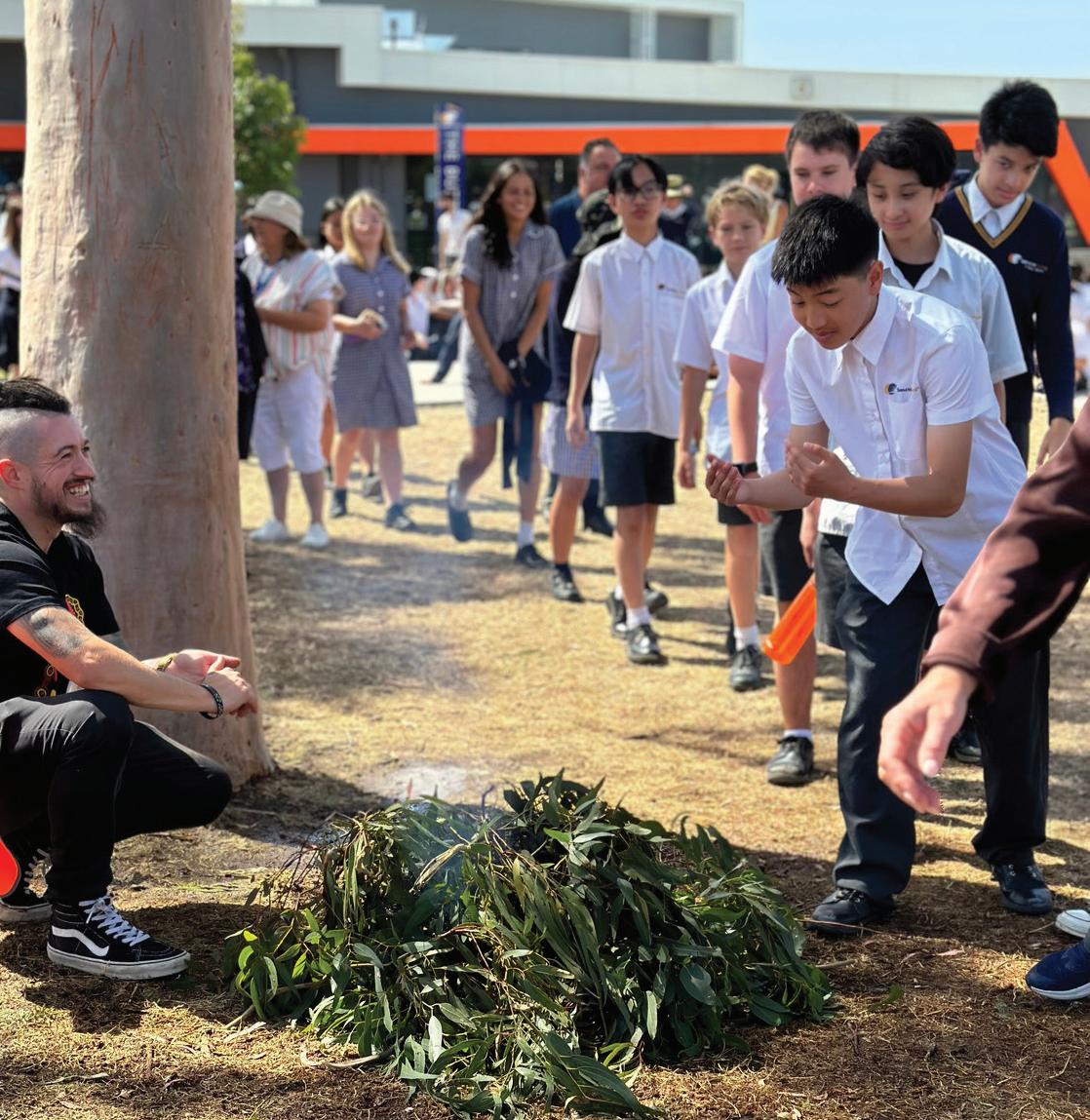
SUNBURY Downs College is a vibrant Year 7 to 12 co-educational secondary college situated in the semi-rural town of Sunbury. We offer a rich educational experience in an environment that encourages the acquisition of excellent educational outcomes for all students.
Our College is an inclusive school offering a wide range of programs that cater for all students.
We have a strong emphasis on developing individual student wellbeing and positive interpersonal relationships. Students are at the centre of our teaching and learning.
Our curriculum provides a comprehensive teaching and learning program for students in core subjects: English, Mathematics, Science, Humanities, Health and Physical Education, Arts, Technology and Languages (Italian). We offer a range of VCE subjects including the VCE Vocational Major program in Years 11-12 which caters for students with an interest and passion for applied learning. We have a reputation for helping students achieve outstanding VCE results, further reinforcing to our students the school motto ‘Confidence to Achieve’.
Sunbury Downs College is the only secondary school in the area that offers an Accelerated Curriculum and Enrichment (ACE) program, extending students through a challenging curriculum including early commencement of VCE. The ACE program is a select entry course with enrolment from the feeder primary schools for students in Years 7-9. New enrolments are welcome to make enquiries about the suitability of this program for their children. We also offer a Scholars program for students in Years 10 and 11 to provide students with a range of opportunities in the Later Years.
Our College is an accredited International Student Program provider. This program has enabled the College to work closely with the Department of Education and the local community to engage in cultural immersion and promote diversity. The College has students and families from 45 different nationalities enrolled at our school, supporting a culturally and linguistically diverse learning environment.
Sunbury Downs College offers a wide range of inclusive activities and programs which cater to all students. Some of these include Debating and
This program has enabled the College to work closely with the Department of Education and the local community to engage in cultural immersion and promote diversity.
Public Speaking, Maths Club, Drama Club and Choir. We have a well-established Student Voice program and passionate Captaincy team offering students the opportunity to develop leadership skills and contribute to our school in a positive and valuable way. Our College has a House and Sports program with whole school carnivals for Athletics and Swimming, and there are also Year Level and specialised camps and excursions. We offer instrumental music tuition and present a highly acclaimed musical production, enabling students to excel in the Performing Arts in an environment that fosters participation, responsibility and teamwork outside the classroom.
Sunbury Downs College is proud of the work and support provided to students and the wider Sunbury Downs College community by our wellbeing team, learning support team and Careers Coordinator. Wellbeing programs complement the teaching and learning and extracurricular program of the College as we work together to prepare young people to become lifelong learners. Learning Support focuses on assisting students with additional needs while the Careers Coordinator provides valuable advice as students successfully pathway into university, TAFE and the workforce.
Our College values of Respect, Resilience, Ambition and Community are embedded within our teaching and learning practice. These core values support a culture of participation and excellence based on the development of positive relationships and personal growth by all community members.
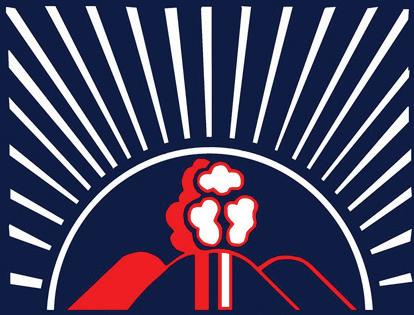
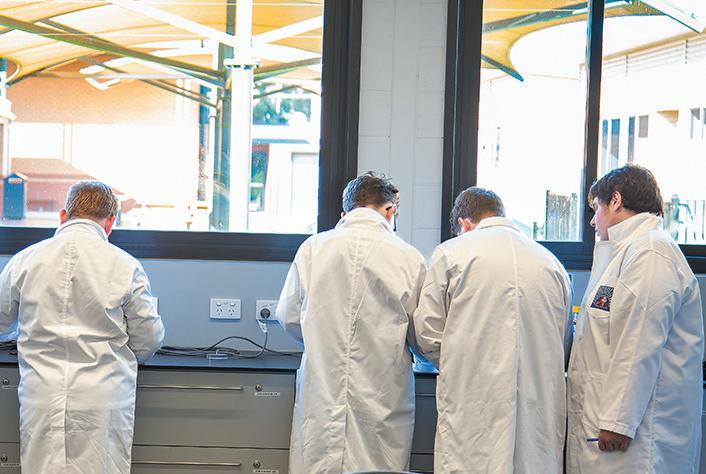
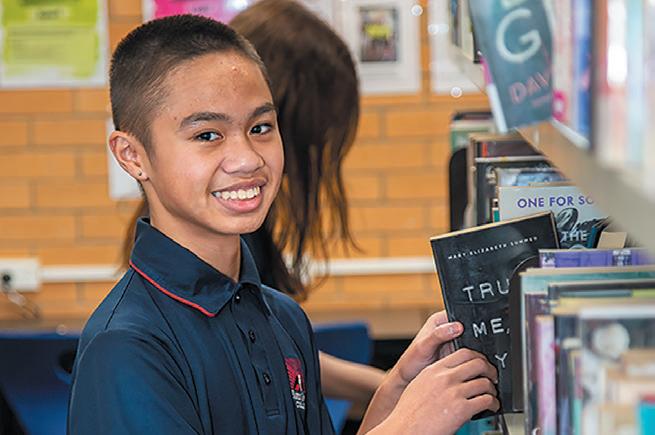
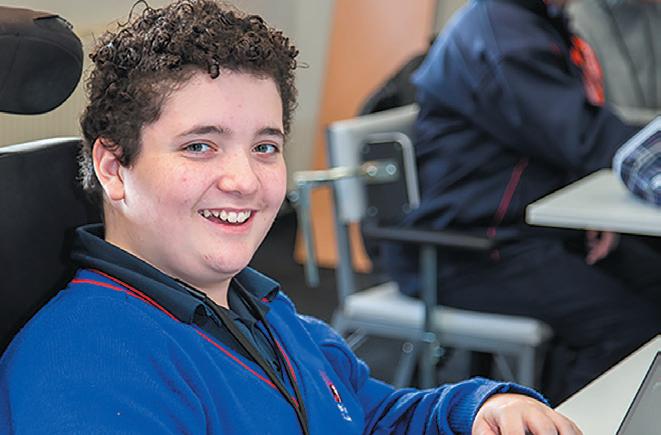
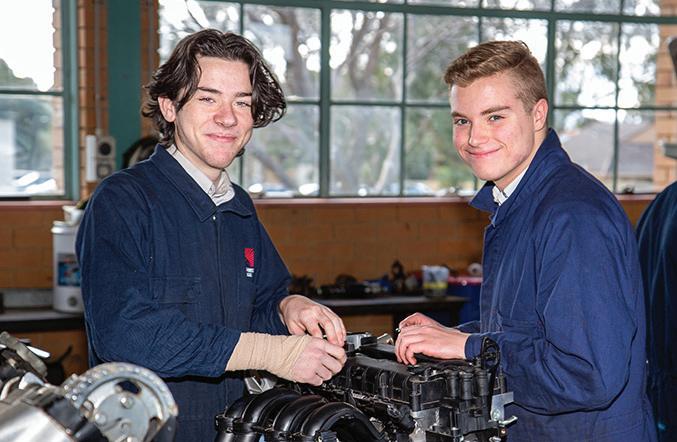
Our philosophy is based on the concept that all students have far greater skills and abilities than they are generally given credit for and with the support and guidance of parents and staff, they have the ability to manage their own education.
A stage, not age, based model with no reference to year levels. Students learn according to their passions and strengths, not their chronological age.
All students have their own ILP (Individual Learning Plan) ensuring that all students are learning at their point of need
Over 150 different subject choices covering all possible areas of learning
We have a ‘ONE PERSON POLICY’ where all people will be treated equally regardless of the position they hold and are entitled to be treated with respect and shown trust.
No uniform which leads to a more inclusive school environment
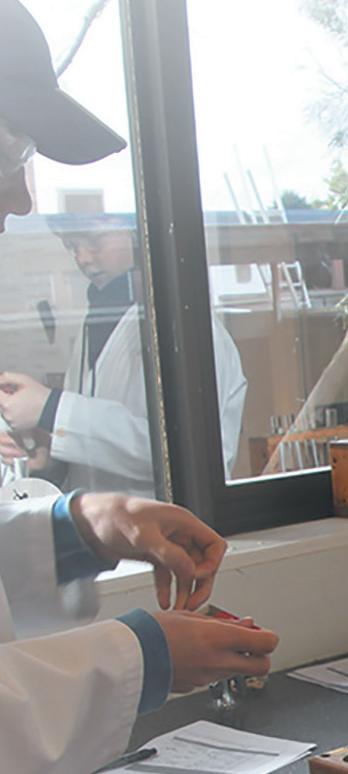
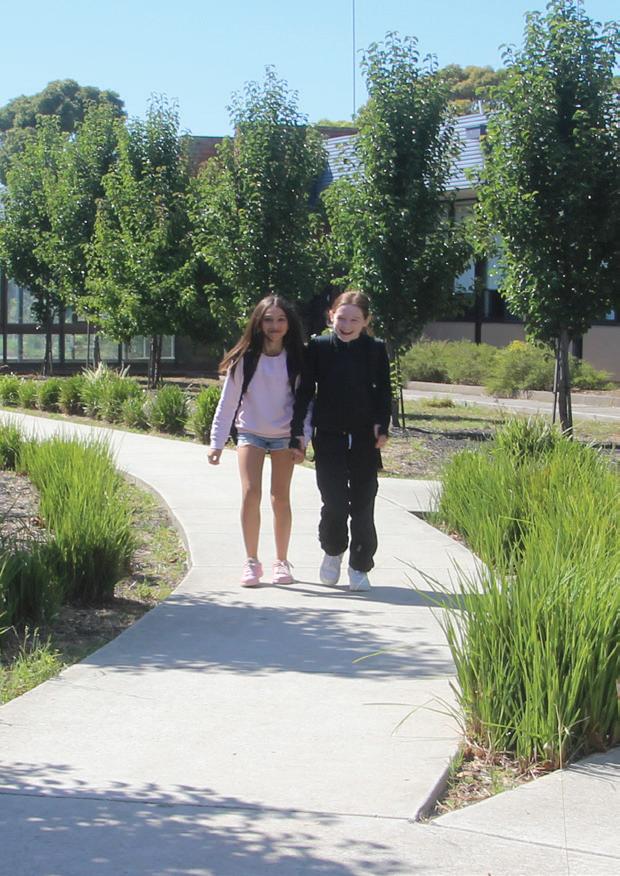
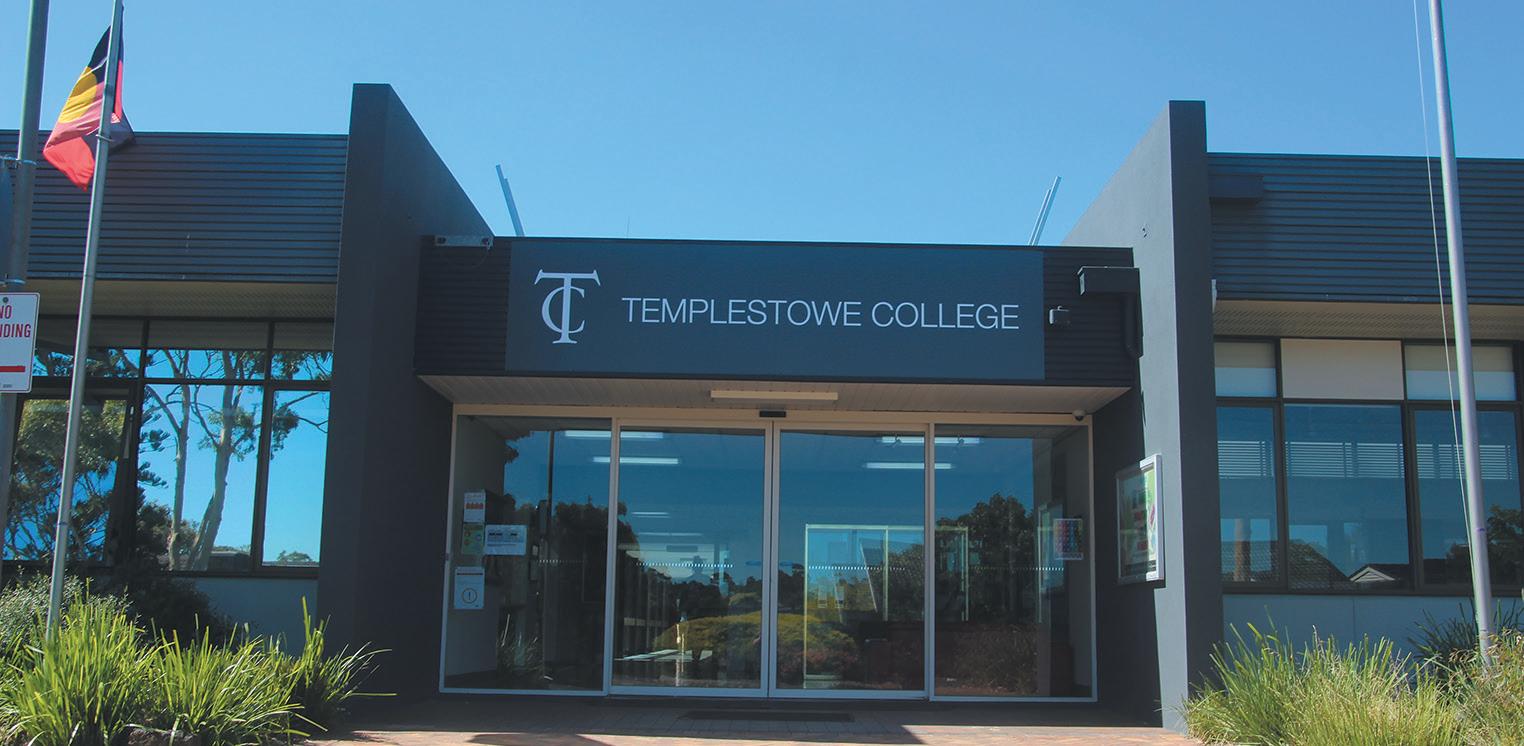
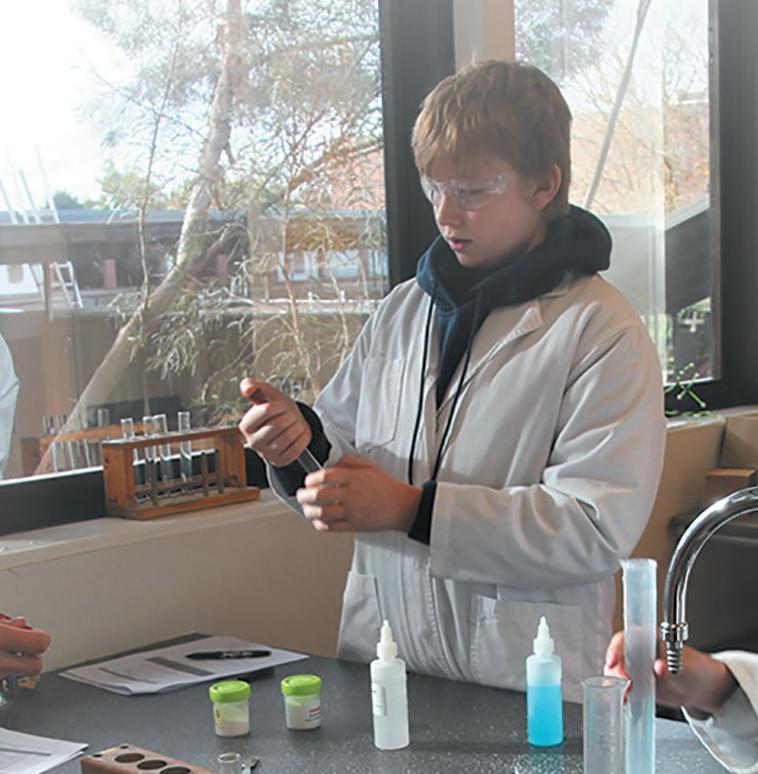
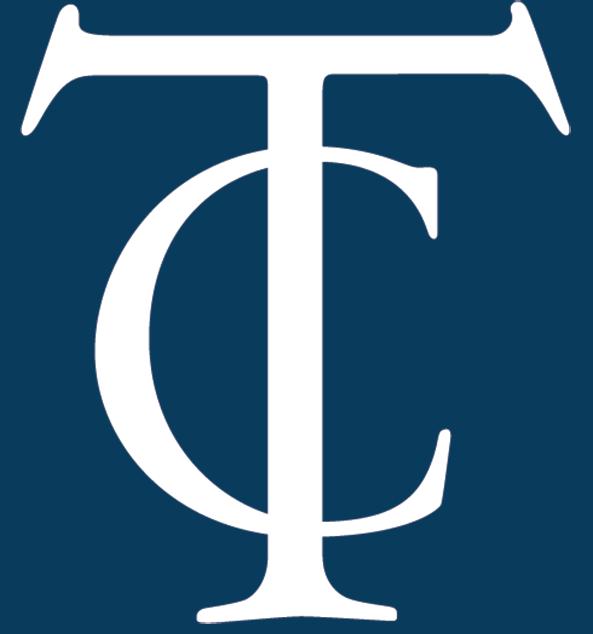
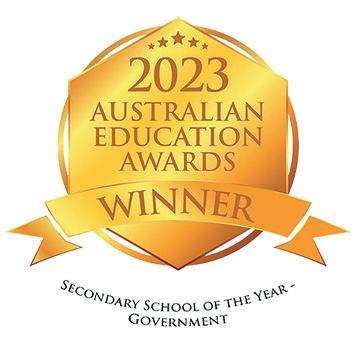

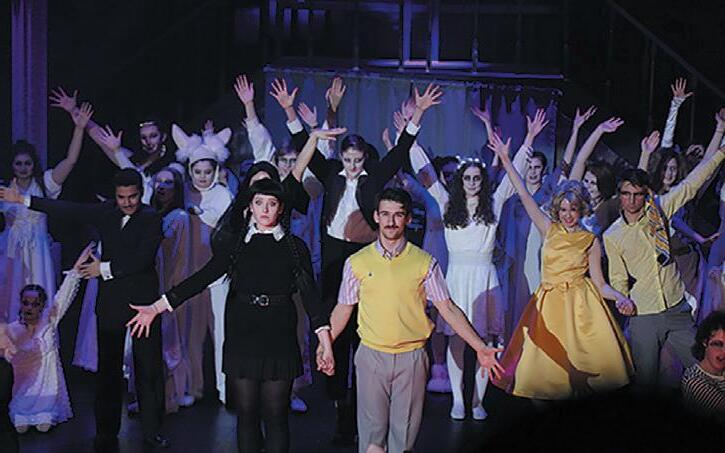
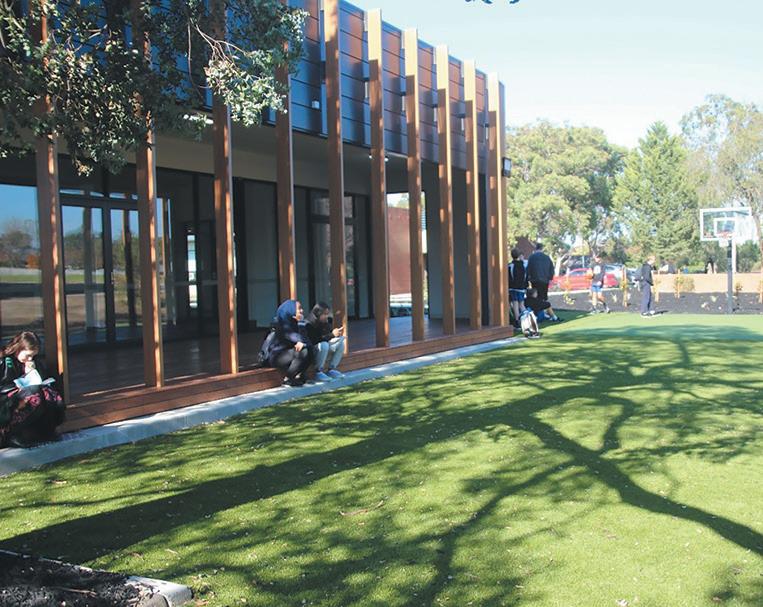
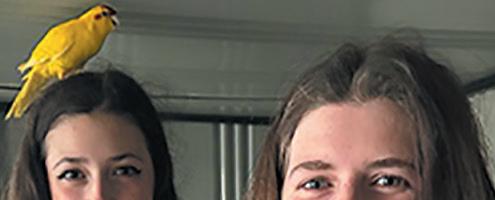
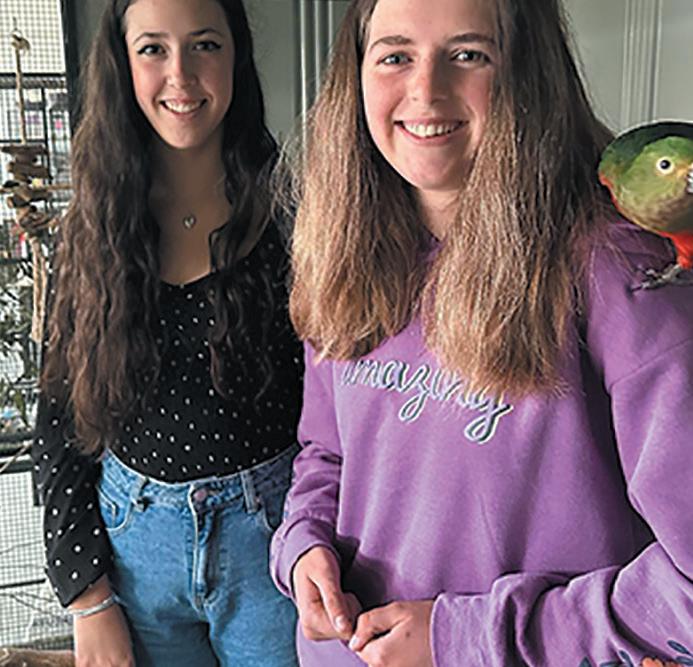
TAYLORS Lakes Secondary College is a single campus, co-educational 7 to 12 Leading School in the Western Suburbs of Melbourne.
From the day it opened its doors in 1992 to the Brimbank community, the college has delivered outstanding, vibrant and innovative education.
We believe the success of our students is a result of carefully developed educational programs delivered by a highly qualified and committed staff in a positive learning environment in which all students are challenged and supported.
This is underpinned by a strong code of conduct, compulsory uniform and high expectations.
A positive and responsible approach to education fosters values of trust, tolerance and respect for others.
The structure of the college is based on a Junior Subschool (Years 7 & 8), Middle Subschool (Years 9 & 10) and Senior Subschool ( Years 11 & 12).
All students in the junior and middle years of schooling undertake all subjects across all domains.
There is also literacy and numeracy support programs offered in the Junior and Middle years, enhancement programs, including the LEAP Program, and a Football Academy within Health and Physical Education.
From the day it opened its doors in 1992 to the Brimbank community, the college has delivered outstanding, vibrant and innovative education.
Taylors Lakes continues to create vibrant indoor and outdoor learning spaces. The college has built a new flexible learning centre, new inclusion centre, new library, study facilities, meetings, offices, additional IT classrooms, new performing arts centre, new futsal (soccer) courts and new canteen/eating shelter in the last few years to support the development of a challenging, innovative and enriched curriculum at each level.
Within every classroom, we provide every child, every opportunity to succeed.
With strong leadership, extensive guidance, counselling and tutoring, our students are inspired to aim high.
We are very proud of our students and their results.
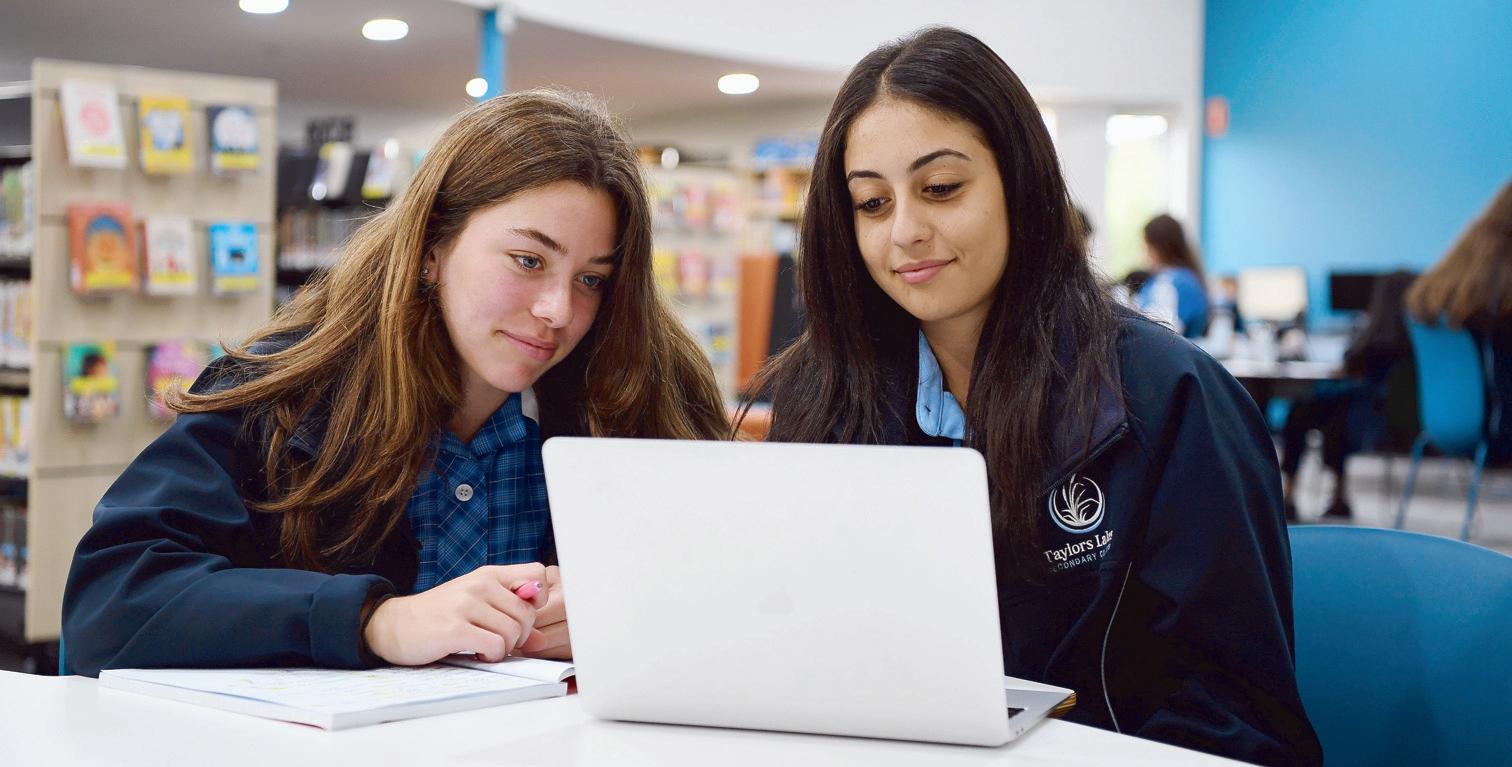

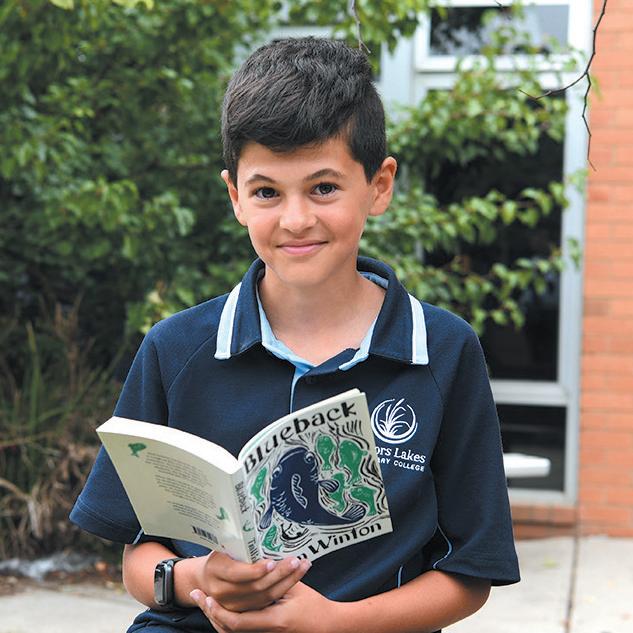


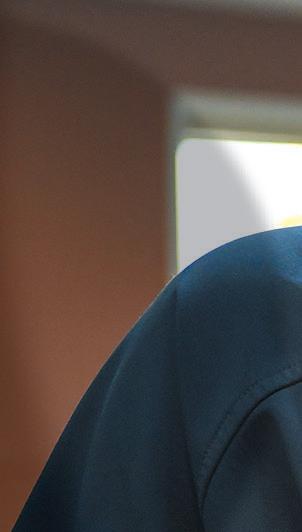

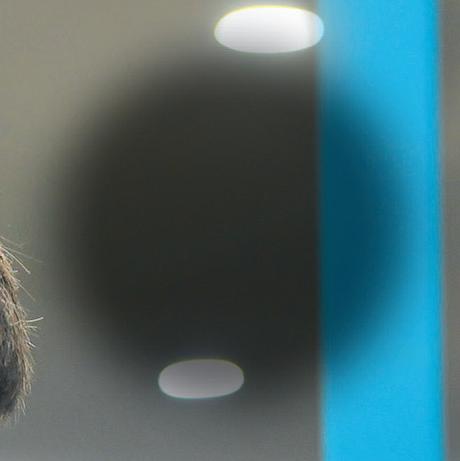

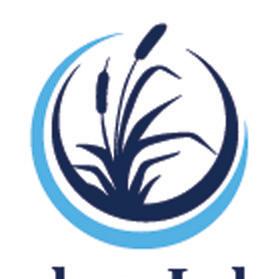
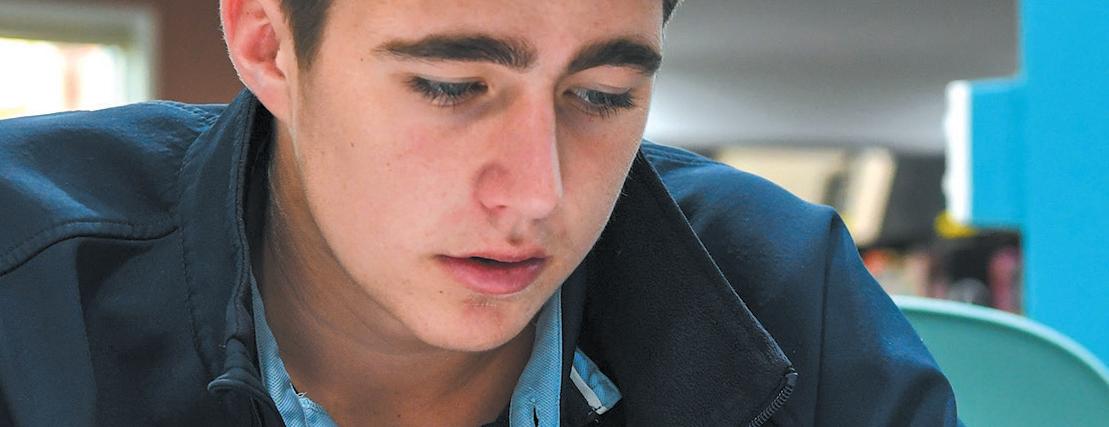
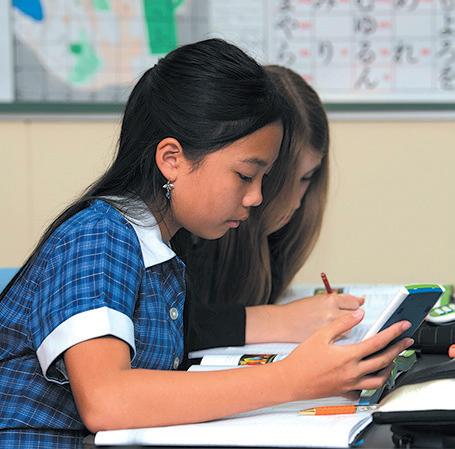




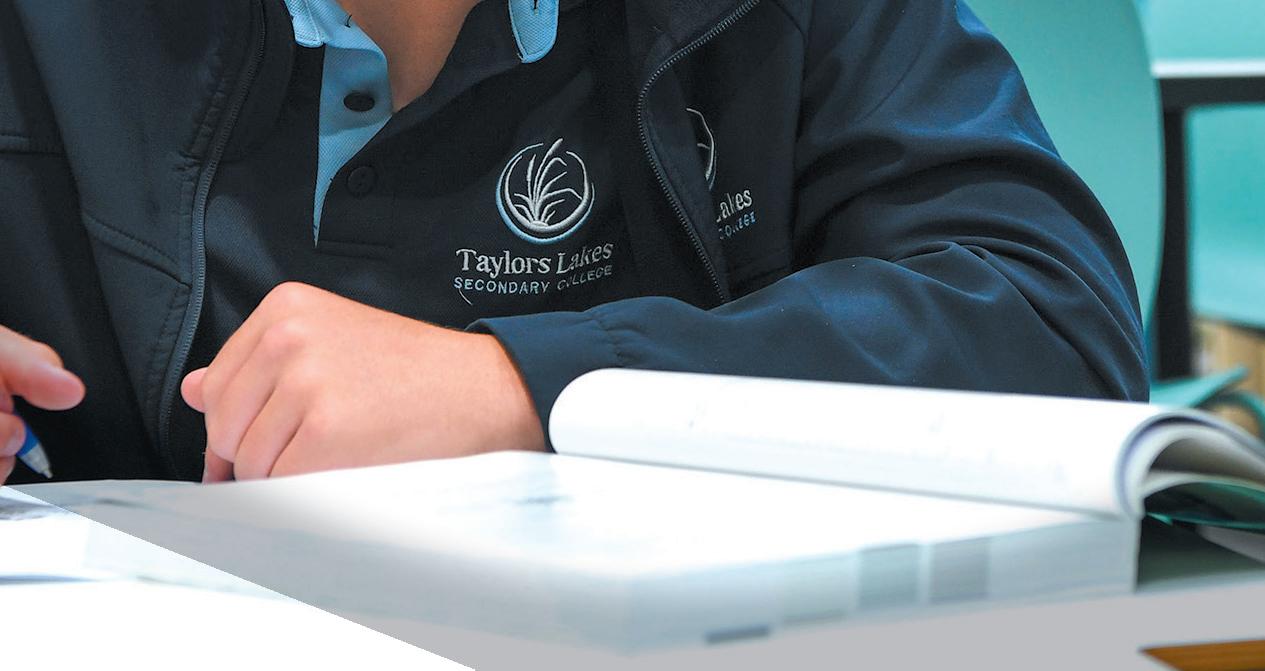





SEAL Program
AVID & Study Skills Program
Deep Learning Pathway
Leadership Programs
STEM, Coding and Robotics
Music & Performing Arts
Debating Program
Scholarships Program
Rugby League Academy
Trade Training Centre
Wellbeing Programs and Support
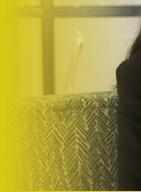



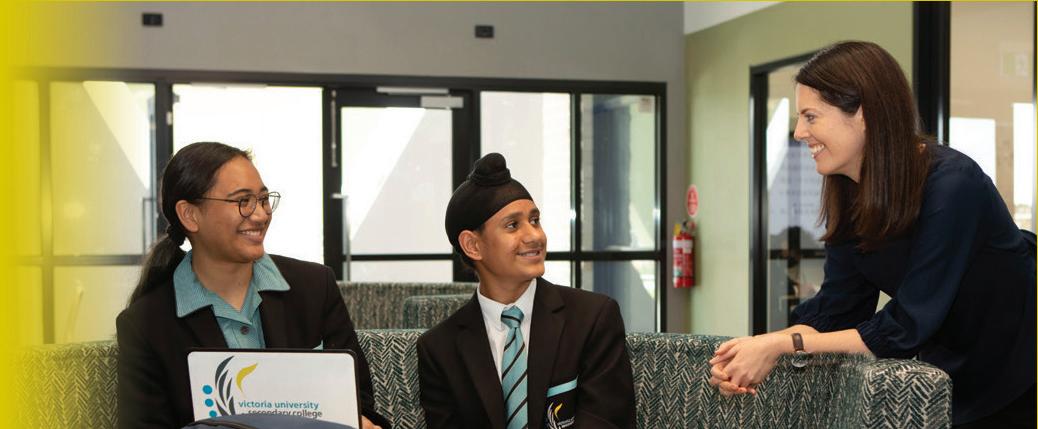
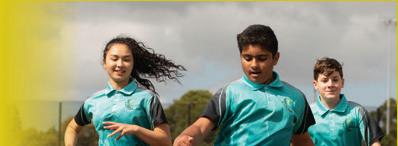
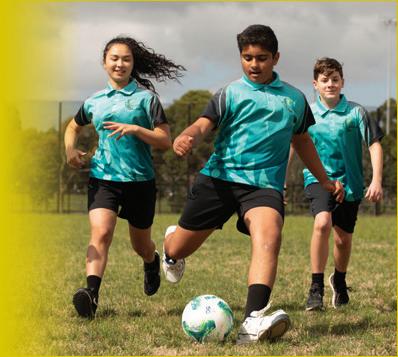
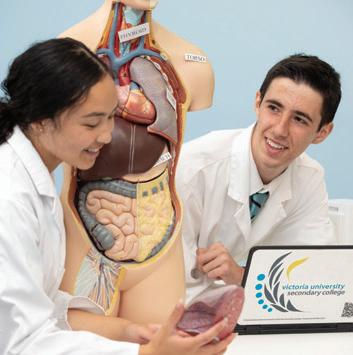
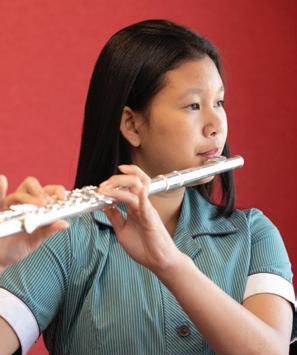




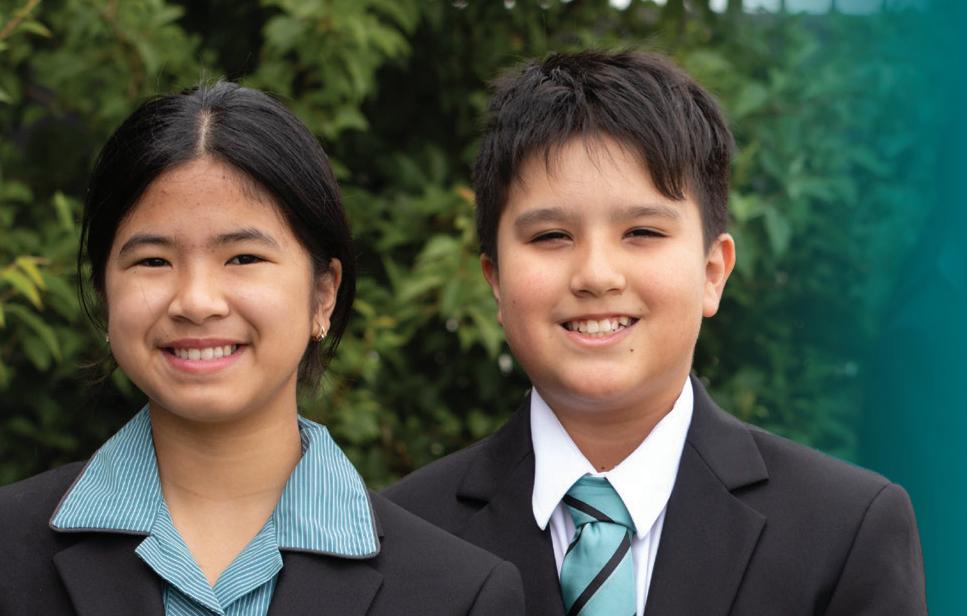




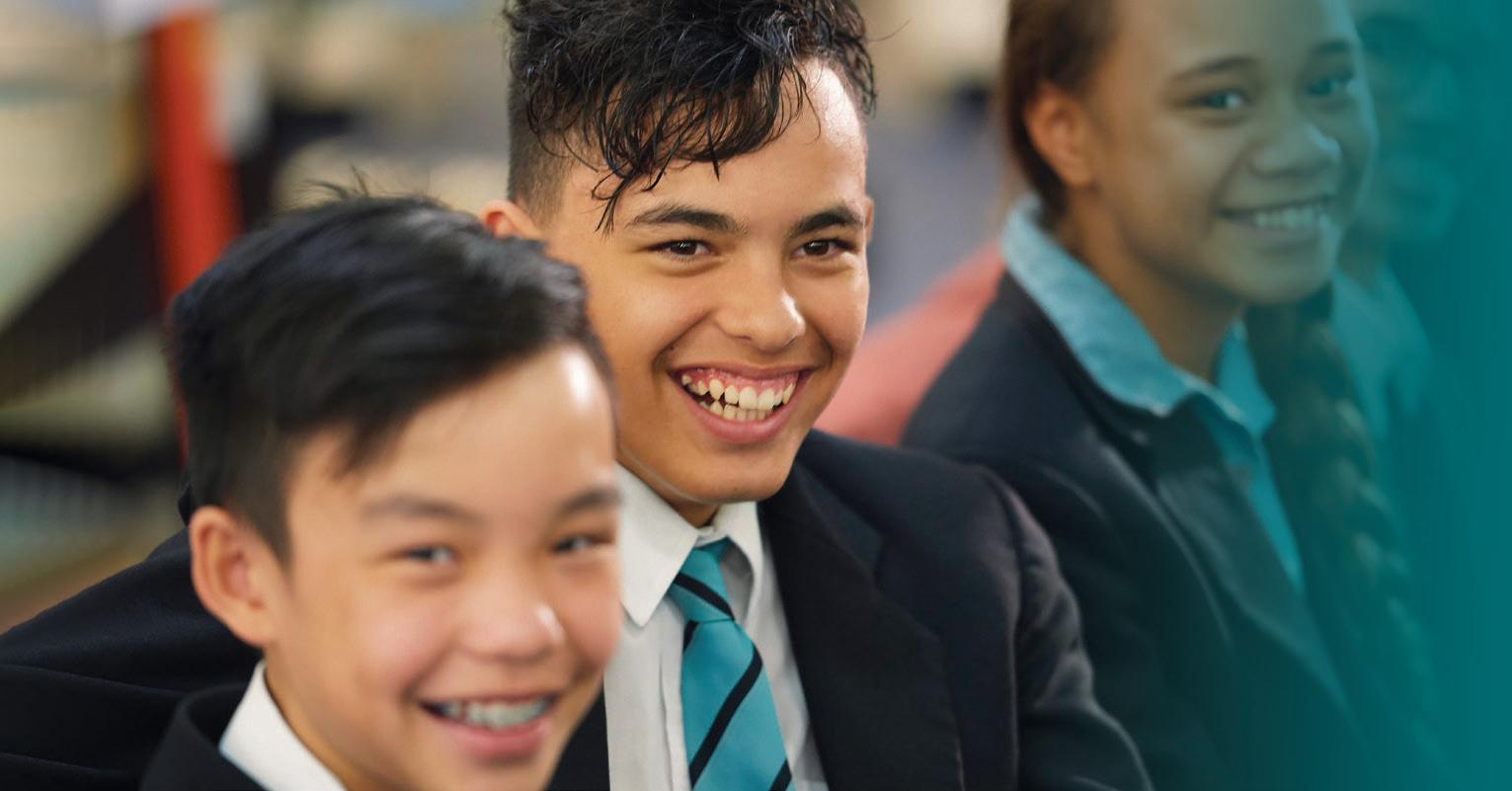




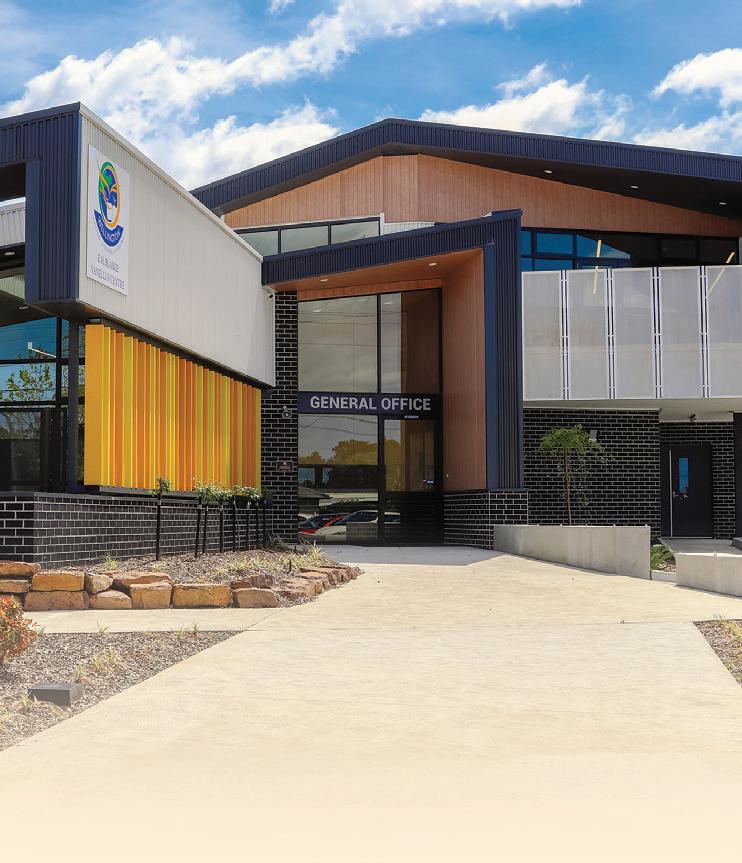
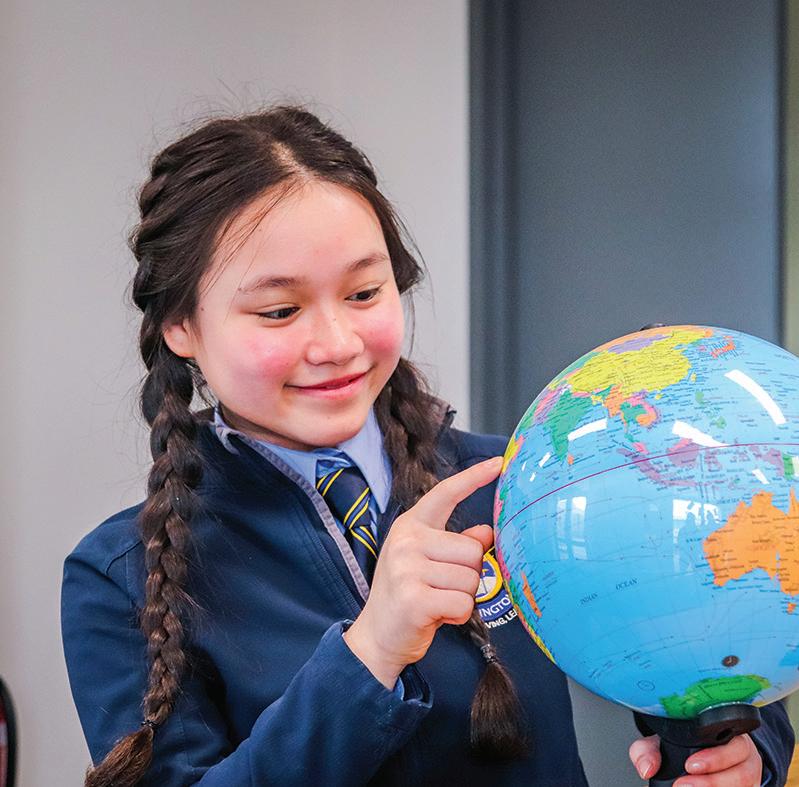
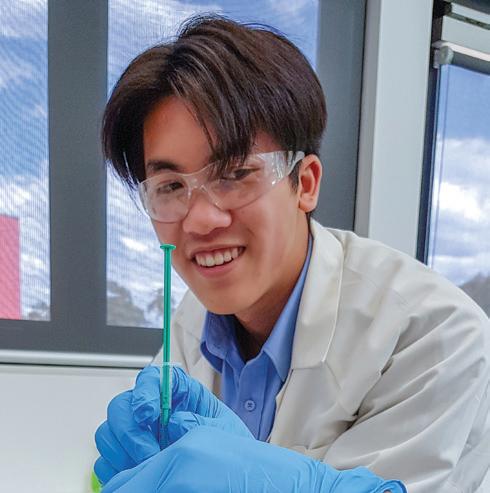
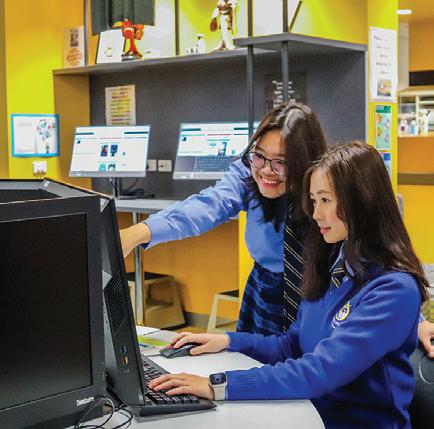
Wellington Secondary College stands as a prominent co-educational government Secondary College nestled within the vibrant City of Monash. With a longstanding reputation for excellence, we provide a nurturing environment for approximately 1680 students, which includes a significant number of participants in our International Students Program, notably from Vietnam and Cambodia. Reflecting the rich tapestry of our community, our student body and staff represent a wide array of ethnic backgrounds, speaking over 60 languages at home.
At Wellington Secondary College, we are dedicated to providing a secure and supportive learning environment that caters to the unique needs of each student. Our dedication to promoting literacy and numeracy across all subjects is unwavering. With a strong emphasis on student retention and personal growth, we encourage every individual to strive for their best, while embodying the values of The Wellington Way, supported by our motto, ‘Caring, Striving, and Learning.’
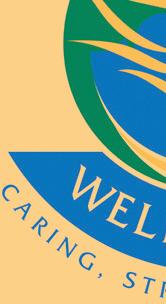
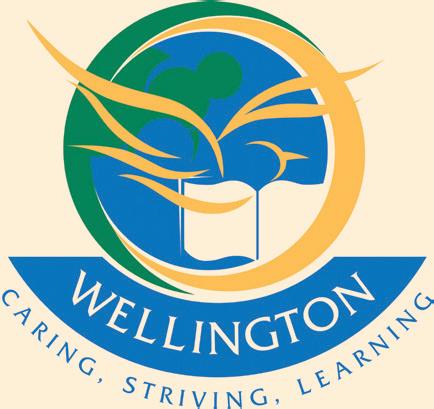
Our recent completion of an ambitious building program in 2022 has further solidified our position as a leader in secondary education.
Boasting a state-of-the-art Wellbeing Centre, Middle and Senior School Precincts, our newly established International Student Centre, Wellington Secondary College offers unparalleled facilities to support student growth and development. From our outstanding STEM precincts, two gymnasiums, a performing arts complex, a mathematics hub, and revamped visual arts and science blocks. Our grounds feature multiple quadrangles, basketball courts, oval and a synthetic volleyball court.
Aligned with the Victorian Curriculum, Wellington offers a comprehensive Year 7-10 curriculum framework tailored to cater to the individual needs of our students. For senior students, we provide a broad spectrum of Victorian Certificate of Education (VCE) subjects, including the VCE Vocational Major. Further senior pathway options are available through Vocational Education and Training (VET), Virtual School Victoria (VSV), and the Centre for Higher Education Studies (CHES).
Recognising the importance of cultural diversity, many of our students engage in community language studies through the Victorian School of Languages (VSL) or other reputable providers, further enriching their educational journey.
To experience firsthand the essence of ‘The Wellington Way’ and our values of ‘Caring, Striving, and Learning’, we warmly invite prospective Year 7 families to join us for college tours conducted during Terms 1 and 2. These tours offer an excellent opportunity to immerse yourself in our supportive and inclusive culture.
Phone: 9547 6822
wellingtonsc.vic.edu.au
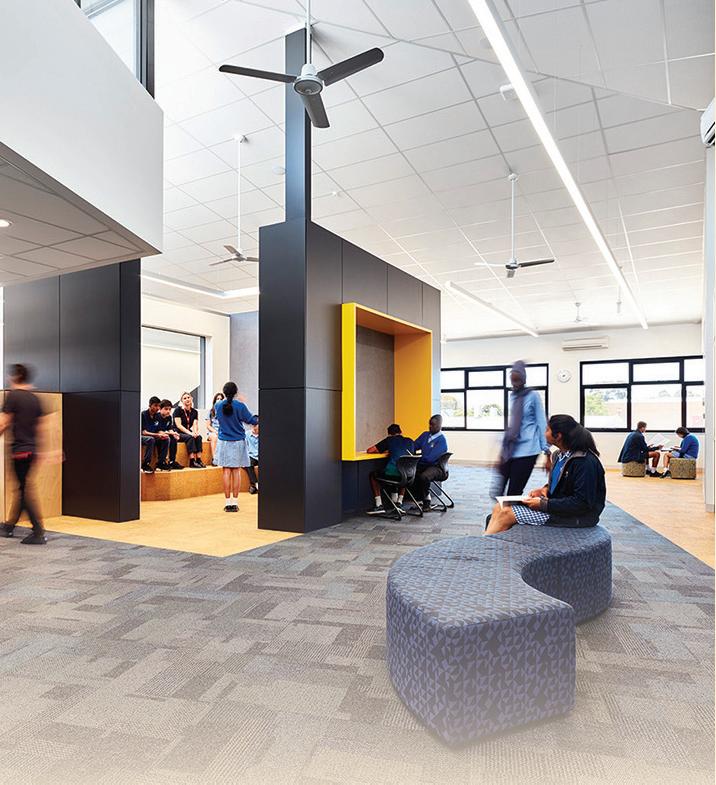
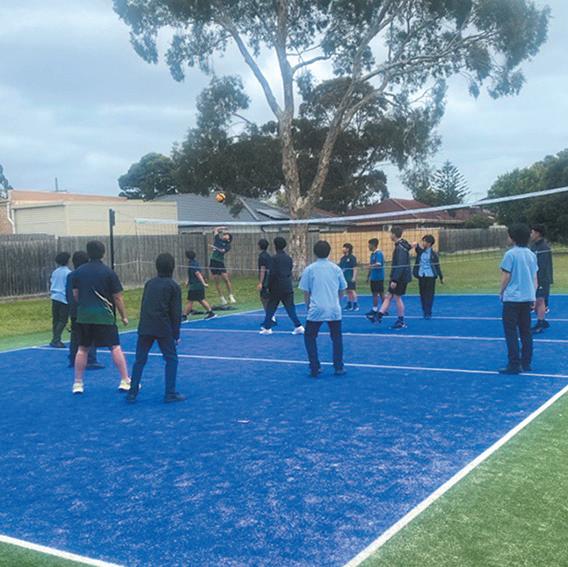
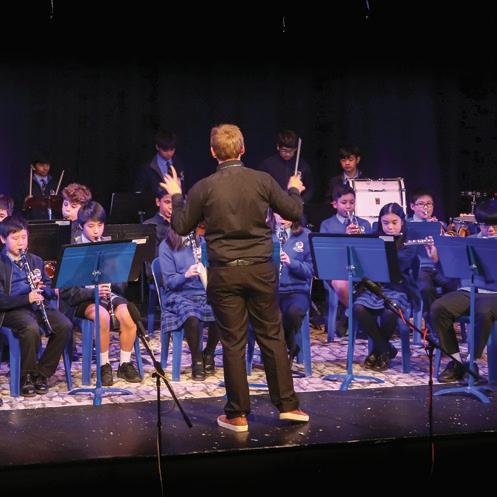
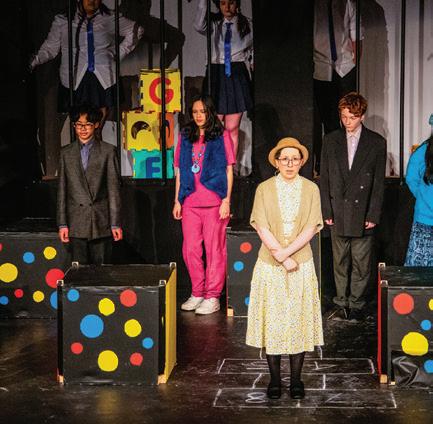

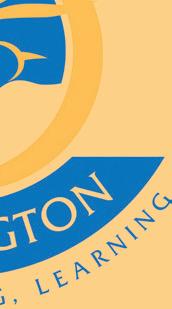
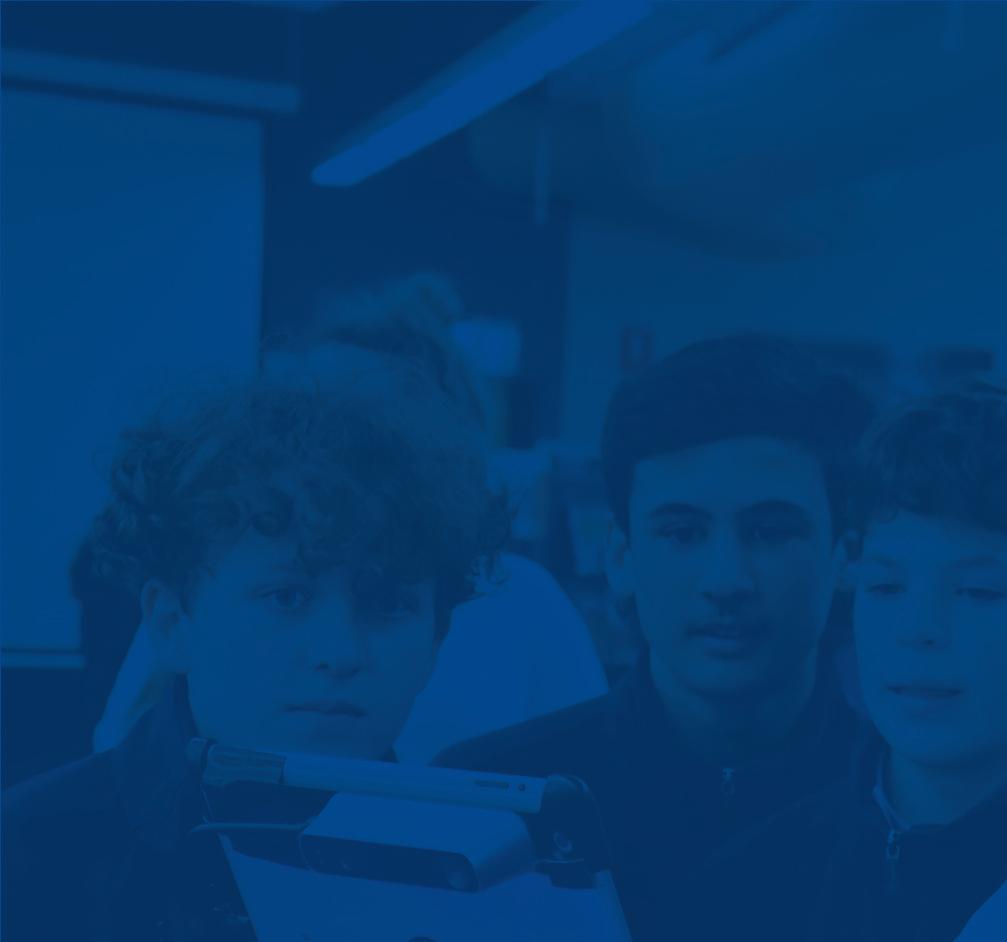
Since 1980, our school has offered its families quality educational programs that are student centred and are based on three core values:
• Respect
• Excellence
• Creativity

At Wheelers Hill Secondary College, we believe our core responsibility, as an educational institution, and as a learning community, is to ensure that all our students have the opportunity to achieve self-actualisation, which is the fulfilment of their unique talents and potentialities.
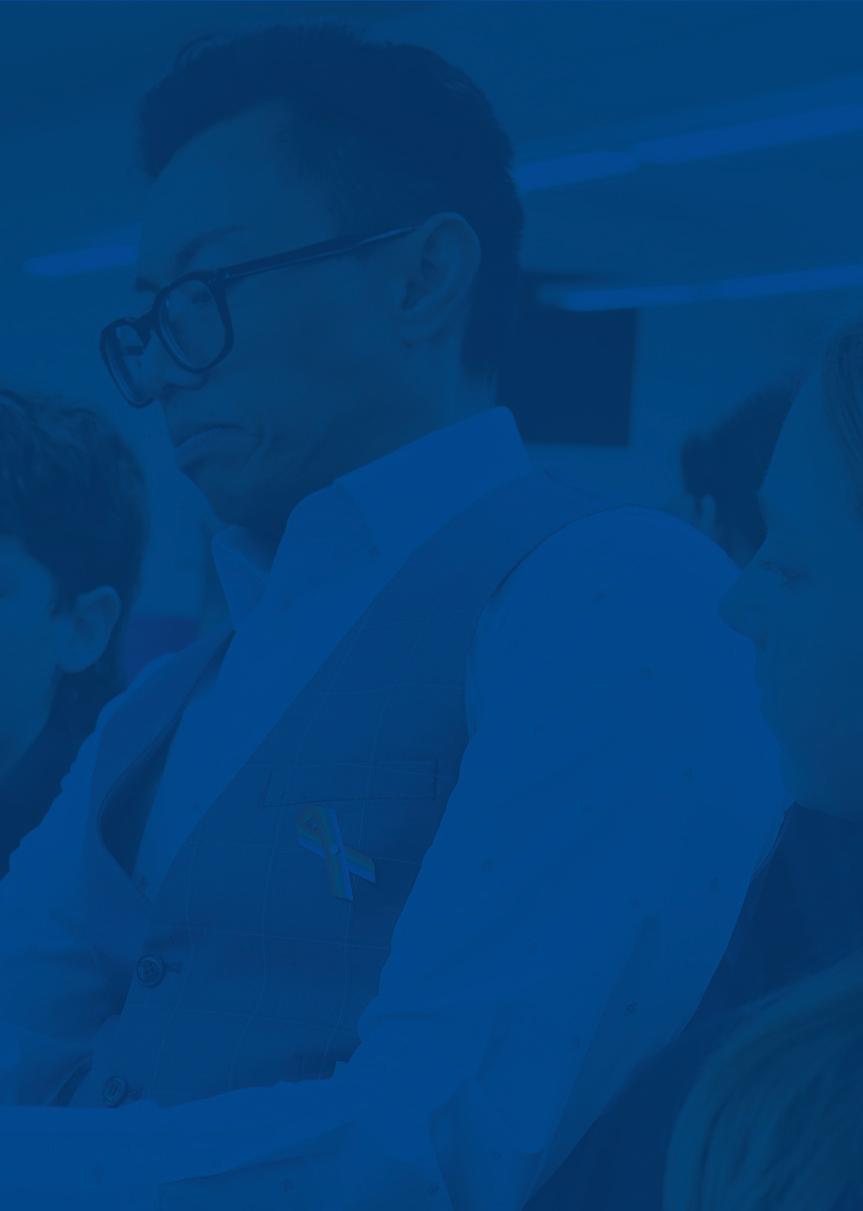
Each and every young person who enrols at our school has the right to achieve excellence in their learning; that they respect the rights of others to learn in a safe and inclusive environment, where respect is the cornerstone of all our actions. By nurturing personal wellbeing, students build the resilience and perseverance to harness creativity in a proactive and collaborative way for the betterment of themselves and the world around them.
We pride ourselves on being a school where your child will be known and supported by our teachers and educational support staff.
We offer an array of extra-curricular programs in the Arts, Leadership, High Ability Learning, STEM and Sports. We welcome International Students to our family.
Located within the long established residential housing estate of Wheelers Hill, we have an expansive and beautiful site with extensive open spaces.
If you have any questions about our programs or whether WHSC is the right place for your child, please don’t hesitate to contact us. We look forward to meeting you!
Fern Brisbane College Principal and Life Long Learner Wheelers Hill Secondary CollegePhone: 9561 5811 or visit www.whsc.vic.edu.au
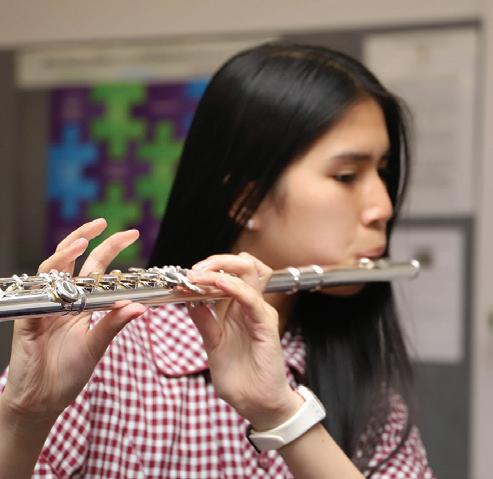

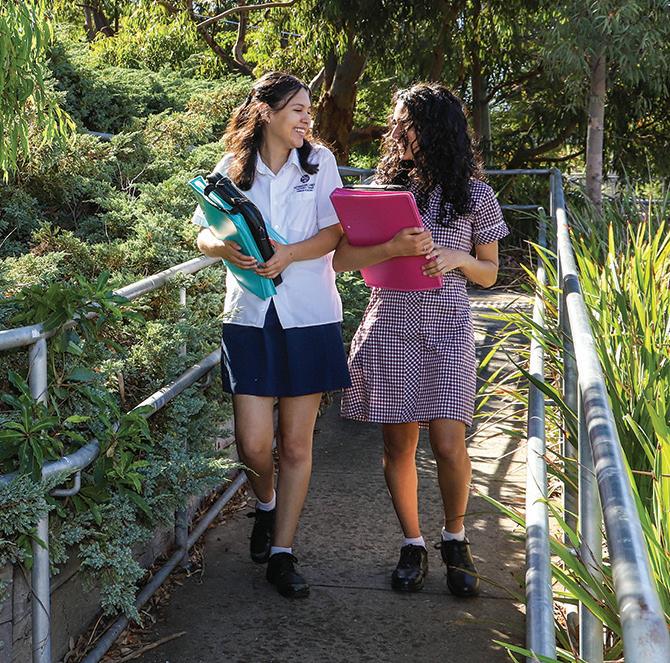

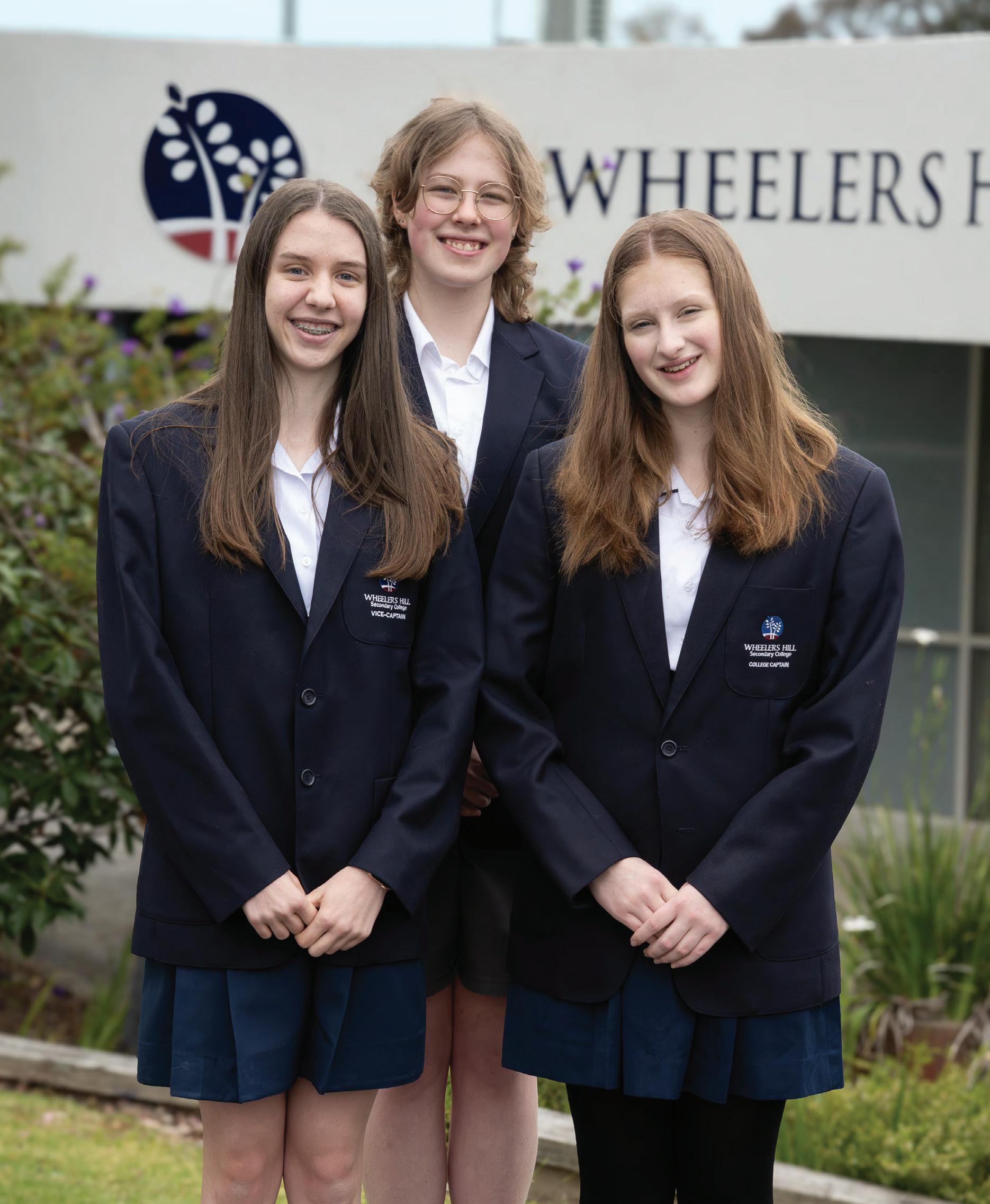
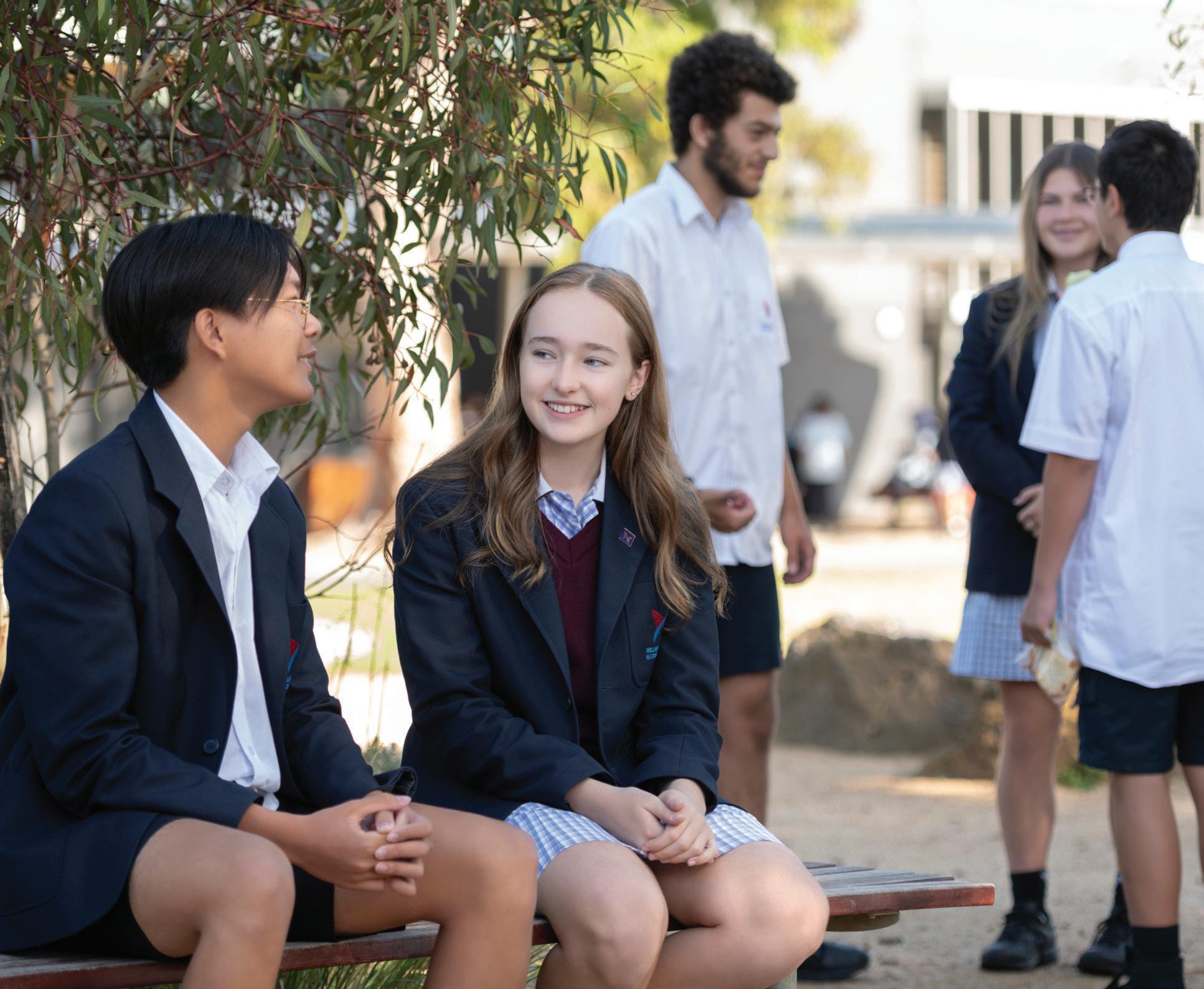
THE first nationally recognized AVID Site of Distinction (2019).
Wyndham Central College is proudly preparing the leaders of tomorrow to be agile, innovative and creative problem solvers, through a range of excellent education programs and learning opportunities and teaching strategies.
AVID
Wyndham Central College is the first secondary school in Australia to attain “Site of Distinction” AVID Certification.
AVID is a schoolwide program that uses research-based, best teaching and learning strategies to actively engage the student in their learning. While all students at Wyndham Central College are AVID students, it is also offered as an elective from Year 9 - Year 12.
AVID helps all students to believe that they can achieve. It provides students with the tools, skills and knowledge to be successful students, to be university, work and career ready and to be active global citizens.
STEM
Wyndham Central College has a STEM Academy. The STEM Academy’s curriculum has been designed by a team of highly qualified teachers and industry experts.
Students entering the STEM Academy will participate in cutting edge specialist programs that include: Robotics and Coding - Electronics3D Printing - Engineering - 3D Modelling and Gaming. Students work with Industry and the Wyndham Tech School at Victoria University to gather and process data to solve real life problems and potential issues in the community and beyond.
Enrichment
At Wyndham Central College, our Enrichment Program provides an optimal learning environment to address the unique social, emotional, and academic needs of students that display a talent in a particular area.
The program extends enrichment opportunities for students both within and beyond the classroom. All students in the Enrichment Program develop a Project over the course of each year. The project centres on developing an authentic product or performance, and allows students to build excellence in a real-world
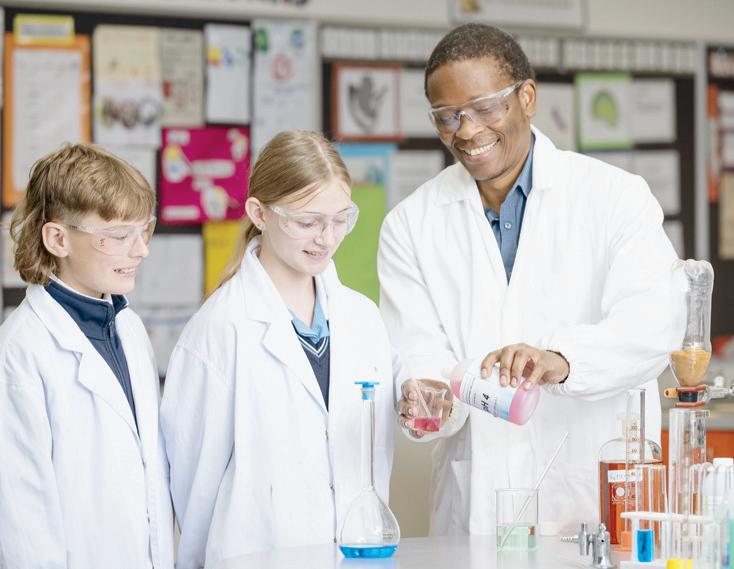
context. Enrichment experiences are interwoven into the students’ existing program with extracurricular activities playing an important role in supporting students’ talent development.
The Enrichment experience is extended to students at the College through their participation in the Victorian High Ability Program for those who have been selected to this program by the Department of Education. The Enrichment Series is offered for other students who show high ability in learning areas including English, Science, Math, The Arts, Sport and Health, Humanities, Technology and Languages.
Spanish Immersion Program (SIP)
The Spanish Immersion bilingual program (SIP) at Wyndham Central Secondary College is a wellresearched approach for promoting bi-literacy, bilingualism, and biculturalism for students. The underlying goal is to prepare students to be global citizens with abilities to listen, speak, read, and write in Spanish.
Our students develop an appreciation for Spanish which is among the most used language in the world and their cultures. Students participate in a rigorous academic program that extends students’ language skills and vocabulary whilst completing a percentage of their core subjects including mathematics, science and humanities in Spanish.
Wyndham Central College’s mission is to develop achievement opportunities and prepare all students for post-secondary education, skills development and work readiness so they can participate in a global community as productive citizens.












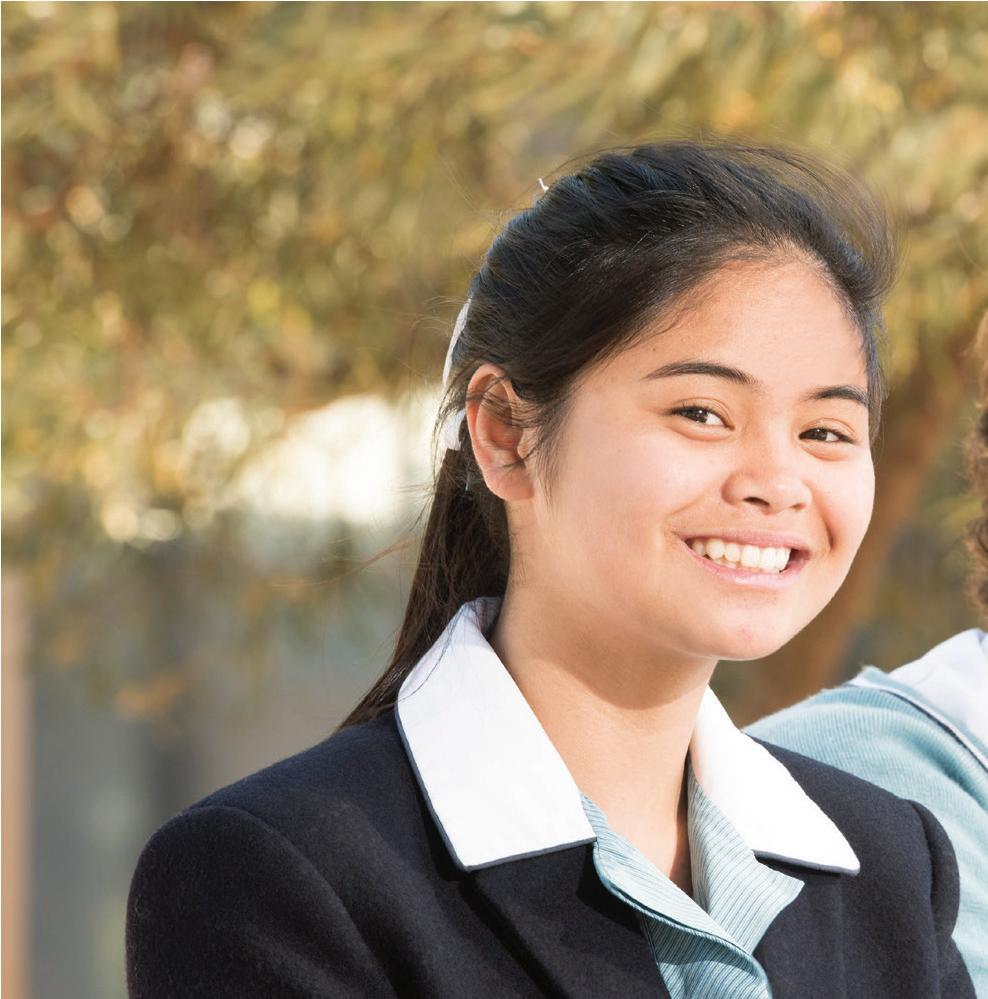


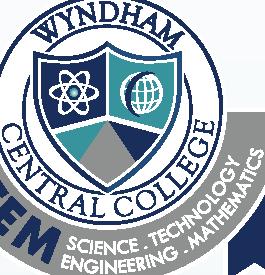


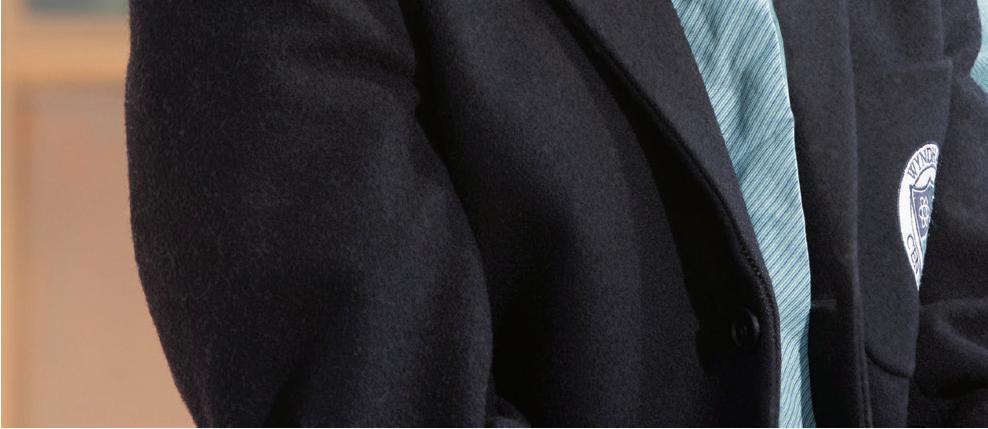


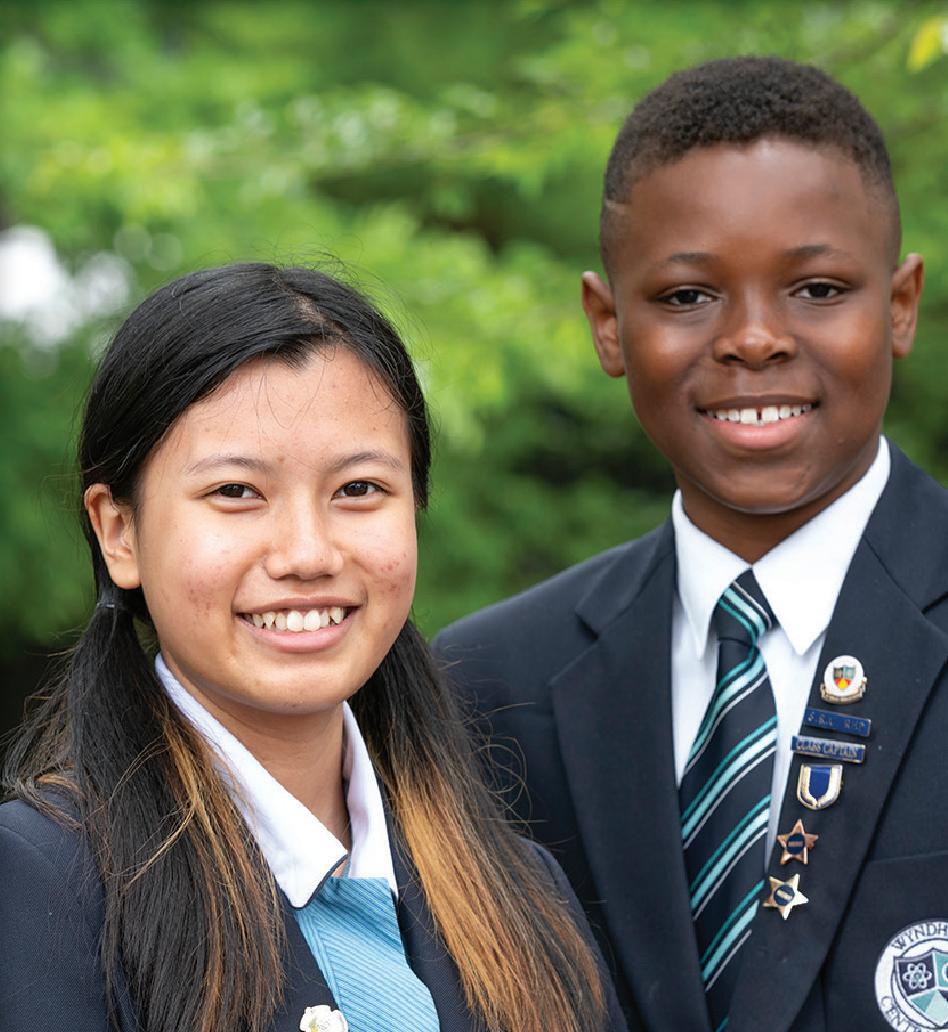






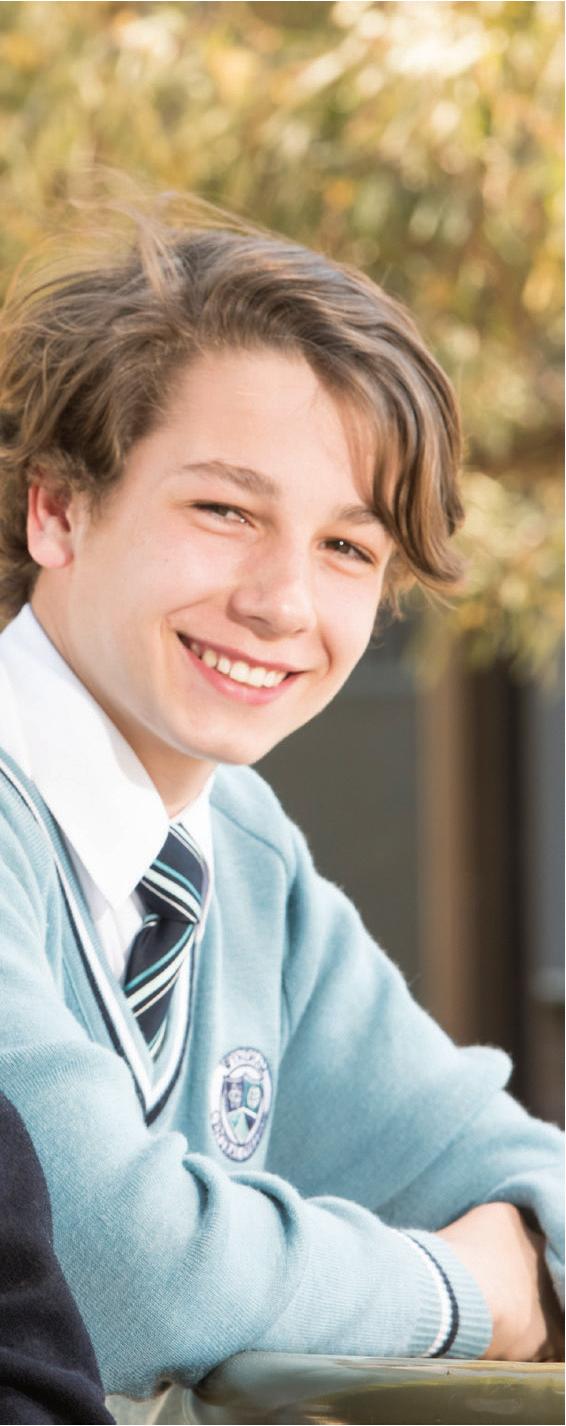
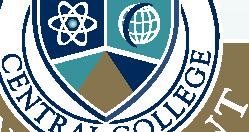



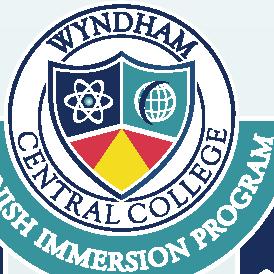












EARLY years and primary education mark the foundational stages of a child’s academic journey. Beyond mere academic instruction, these formative years lay the groundwork for a lifetime of learning and development highlighting its pivotal role in shaping individuals and societies.
During the early years, children undergo rapid cognitive development. Quality early education programs provide stimulating environments that foster intellectual curiosity and critical thinking skills. Through activities tailored to their developmental stage, children learn to explore, analyse, and solve problems, setting the stage for future academic success
Primary education serves as a crucible for social and emotional growth. In classrooms, children interact with peers, negotiate conflicts, and develop empathy and cooperation. Skilled educators facilitate this process, nurturing emotional resilience and interpersonal skills essential for healthy relationships and societal integration. Early education plays a pivotal role in fostering environmental stewardship and sustainability consciousness. By instilling environmental values and awareness from a young age, primary education cultivates environmentally responsible behaviors and attitudes, essential for addressing pressing global challenges.
Early literacy and numeracy skills form the cornerstone of academic achievement. Primary education equips children with fundamental literacy skills, such as reading, writing, and comprehension, laying the groundwork for future learning across subjects. Similarly, numeracy instruction introduces mathematical concepts and problem-solving strategies critical for navigating everyday challenges.
Accessible early years and primary education are essential for promoting equity and leveling the playing field. Quality education should be available to all children, irrespective of socioeconomic background or geographical location. By bridging disparities in access and resources, inclusive education systems empower marginalized communities and contribute to
broader societal equity.
Effective early years and primary education prioritise holistic development, recognising the interconnectedness of physical, cognitive, social, and emotional domains. Through a balanced curriculum encompassing arts, physical education, and extracurricular activities, children cultivate diverse talents and interests, fostering well-rounded identities.
Beyond imparting specific knowledge and skills, early education instills a love for learning and a growth mindset. By nurturing curiosity, resilience, and perseverance, educators cultivate lifelong learners who are adaptable in the face of challenges and committed to continuous selfimprovement.
Investments in early childhood and primary education are instrumental in preventing later achievement gaps. Research demonstrates that interventions targeting early years yield significant long-term benefits, narrowing disparities in academic attainment and socioeconomic outcomes.
A well-educated populace fosters social cohesion and active citizenship. Through civic education initiatives embedded in primary curricula, children learn about democratic principles, civic responsibilities, and global citizenship, preparing them to contribute positively to society.
Quality primary learning forms the bedrock upon which successful secondary education is built and equips students with essential literacy, numeracy, and critical thinking skills offering a multitude of benefits that positively impact students’ academic, social, and emotional development. Mastery of these foundational concepts lays the groundwork for understanding more complex academic subjects in secondary education.
Primary education prepares students for the transition to secondary school by familiarising them with academic routines, expectations, and social dynamics. Students who receive quality primary education are better equipped to adapt to the increased rigor and responsibilities of secondary education.
A well-structured primary curriculum ensures continuity of learning progression, building upon previously acquired knowledge and skills. This seamless transition facilitates a smoother educational journey, enabling students to confidently tackle new challenges in secondary education.
Primary education instills a love for learning, curiosity, and a growth mindset. Students who develop a strong foundation in primary school are more likely to continue pursuing education with enthusiasm and resilience throughout their academic journey. Investing in quality primary education fosters social mobility, reduces disparities in educational attainment, and promotes economic prosperity. By equipping students with the skills and knowledge they need to thrive, primary education contributes to building a more equitable and inclusive society.
Quality primary education enables early identification and intervention for students experiencing learning difficulties. By addressing challenges promptly, educators can provide necessary support and remediation, preventing the accumulation of learning gaps that may hinder success in secondary education. Education is a catalyst for economic development and prosperity. By equipping individuals with the skills and knowledge necessary for participation in the workforce, early years and primary education contribute to human capital formation
and national competitiveness.
Success in primary education opens doors to a myriad of opportunities in secondary education and beyond. Higher academic achievement in primary school often correlates with increased access to post-secondary options and better prospects for future career success.
The significance of early years and primary education cannot be overstated. From cognitive development to social cohesion, economic prosperity, and sustainable development, its impact reverberates across individuals, communities, and nations. By investing in quality early education, we lay the groundwork for a brighter, more equitable future, where every child has the opportunity to thrive and contribute meaningfully to society.
Quality primary learning is instrumental in shaping successful secondary education outcomes. By providing a strong foundation, facilitating a smooth transition, ensuring continuity of learning, offering remediation and support, promoting lifelong learning habits, enhancing future opportunities, and fostering positive societal impact, primary education sets students on a path towards academic achievement, personal growth, and societal contribution. Therefore, prioritising investments in quality primary education is essential for building a brighter future for individuals and communities alike.
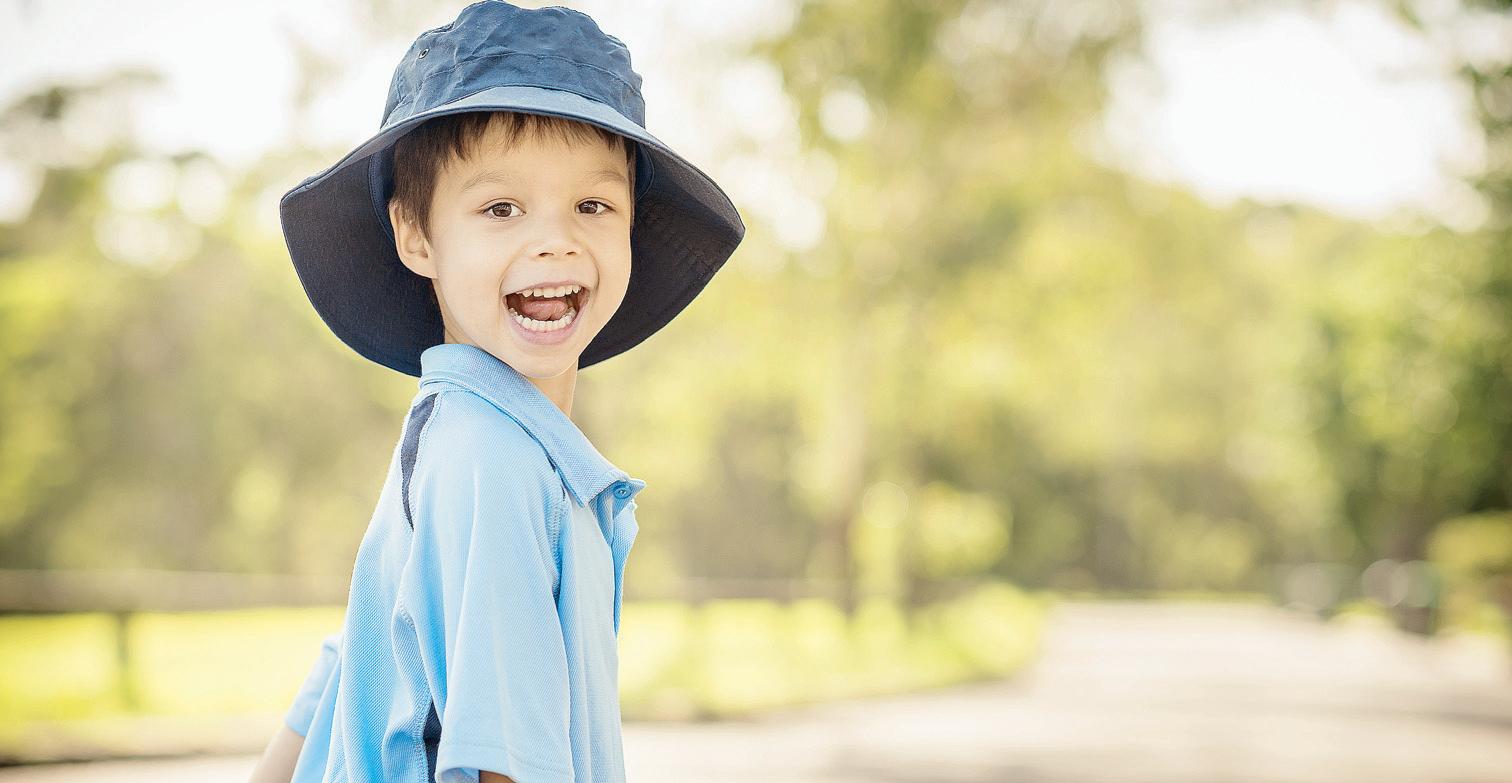




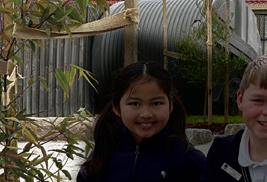











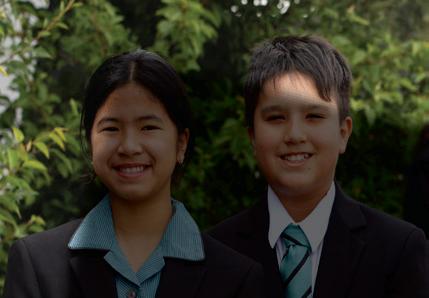
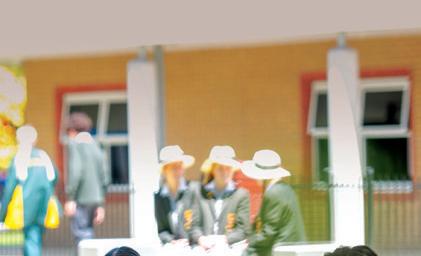




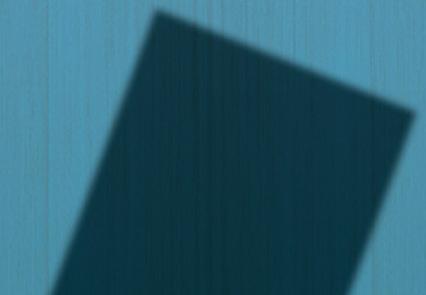
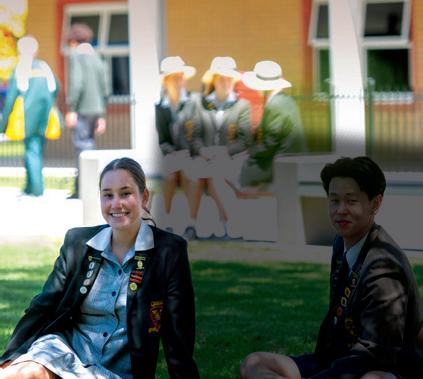
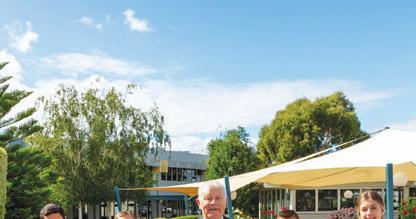













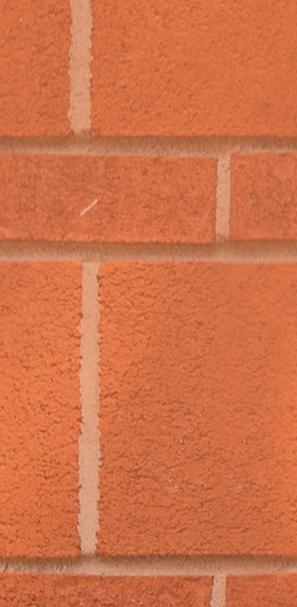


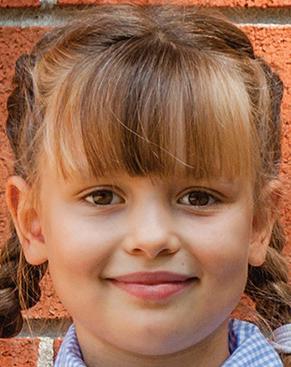

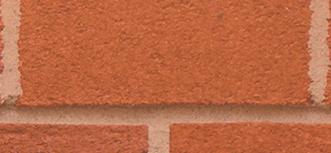
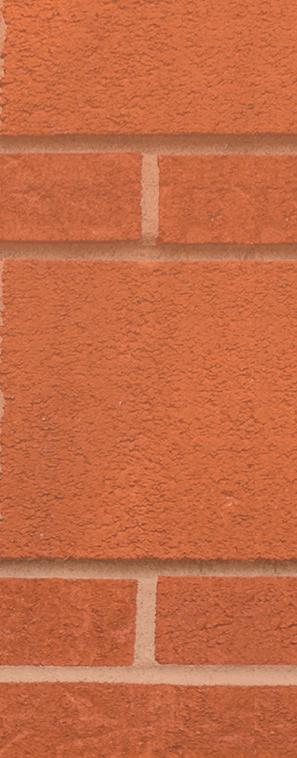

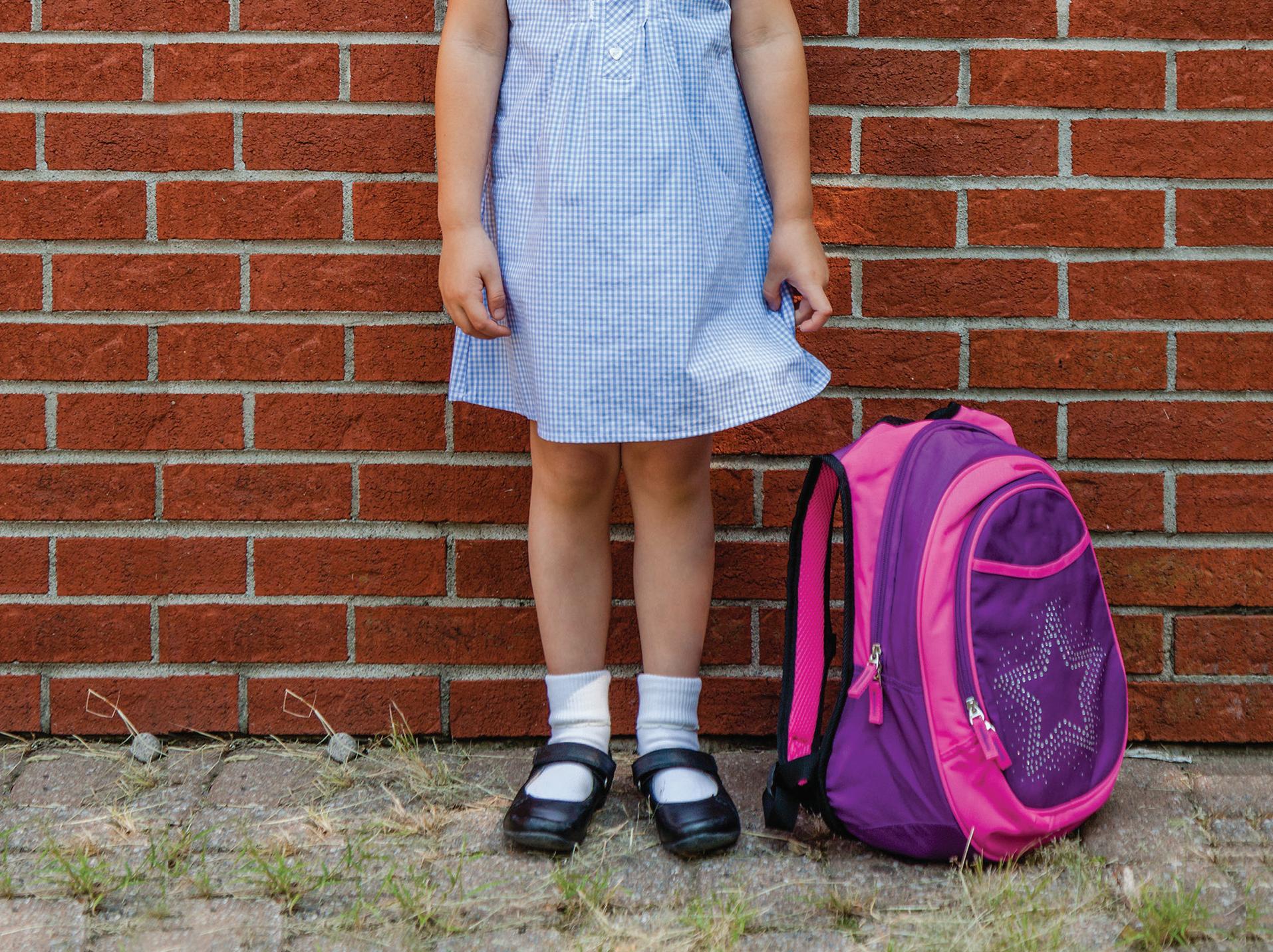
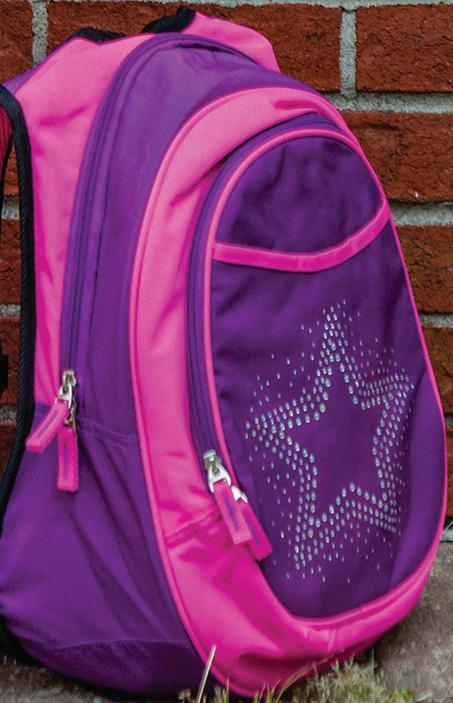
SUPPORTING each student to love learning and reach their full potential is what inspires our work at Banyan Fields Primary School. Over the past 6 years as school Principal, I have taken great pride and satisfaction from working with our students, staff and families to develop our thriving learning community.
We promote learning excellence through quality teaching and learning experiences. Our classrooms are exciting places for students to learn and our specialist programs that include Health and Physical Education, Science, Art, Digital Technology and Music add to the comprehensive educational opportunities on offer to our students.
As you walk down the corridor of our main building you will see the celebration of learning that is on display. We have outstanding outdoor play spaces and spacious grounds for our school community to enjoy.
We are proud to be known as an inclusive community and for providing exceptional
We embed our school values of Belonging, Resilience, Ambition and Integrity into daily life at Banyan Fields.
wellbeing programs. We embed our school values of Belonging, Resilience, Ambition and Integrity into daily life at Banyan Fields.
I welcome enquiries from prospective families and the broader community to come along for a school tour to discover what makes our school so great. Please contact our office or visit our website for more information.
School Website - www.bfps.vic.edu.au
Bethany Jackson, Principal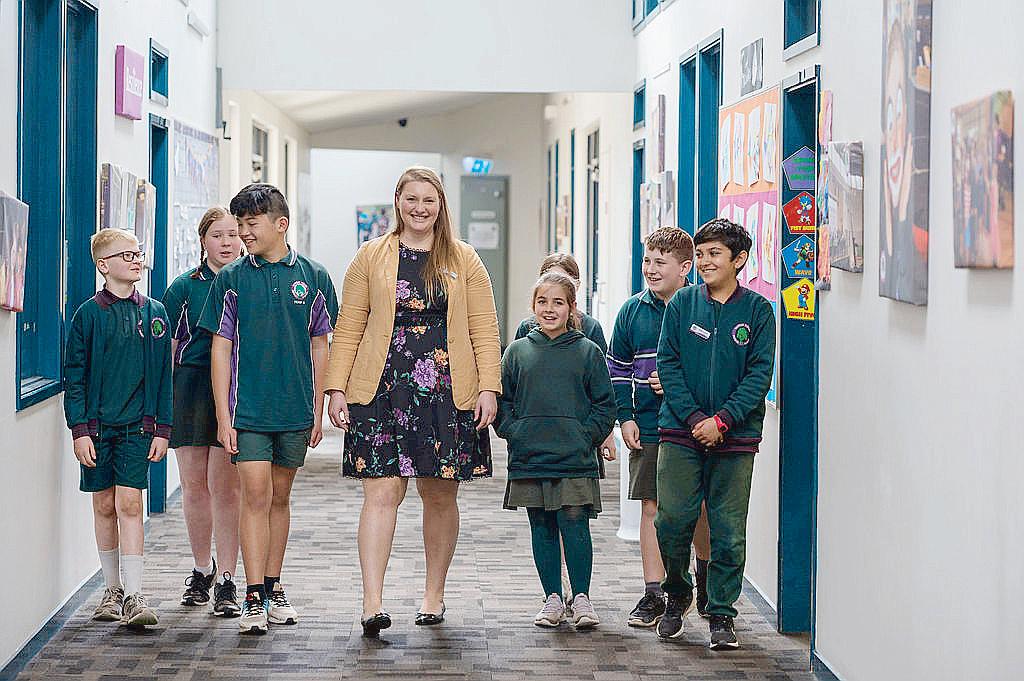
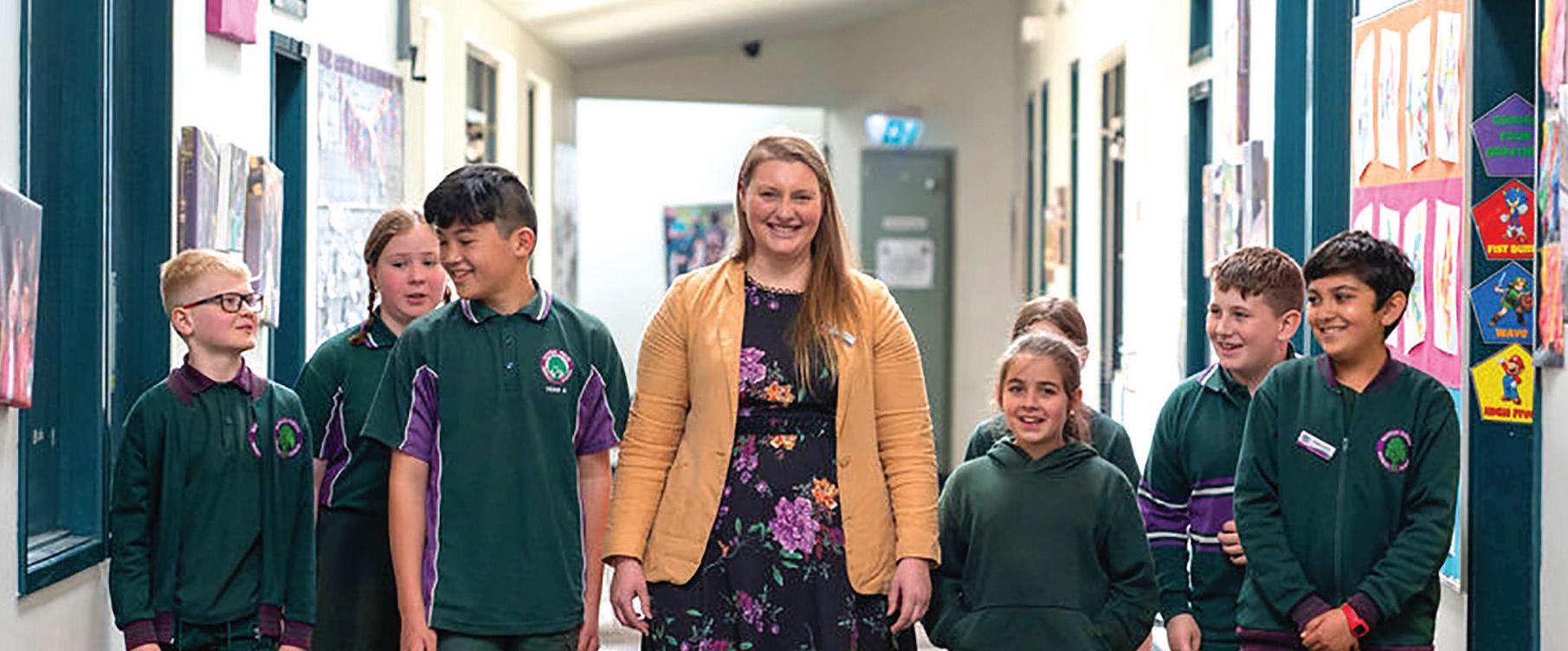


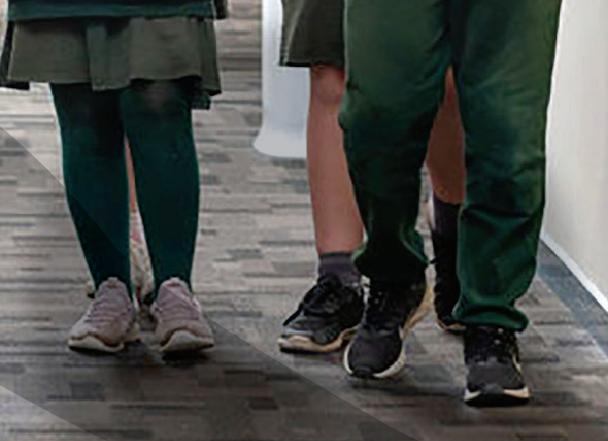

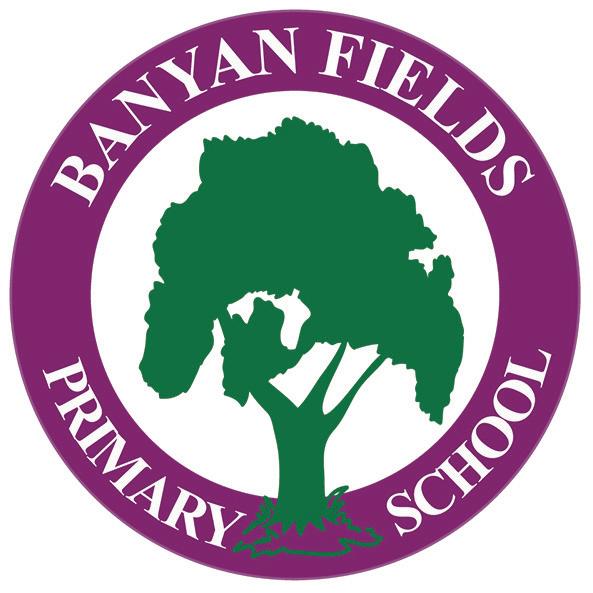



We promote learning excellence through quality teaching and learning experiences.
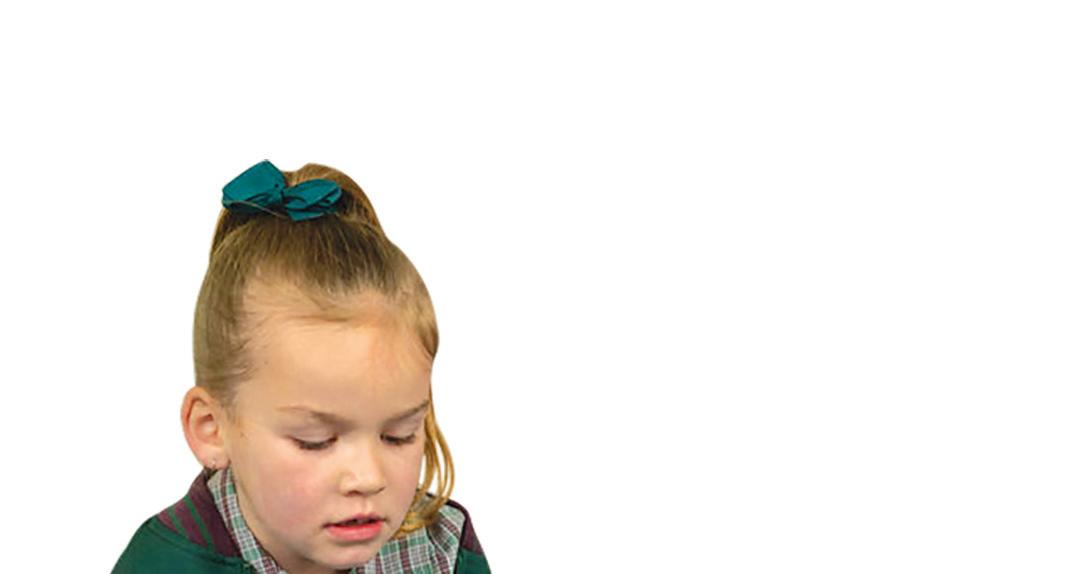
Our classrooms are excit specialis Health and Ed an educ offer to our students .
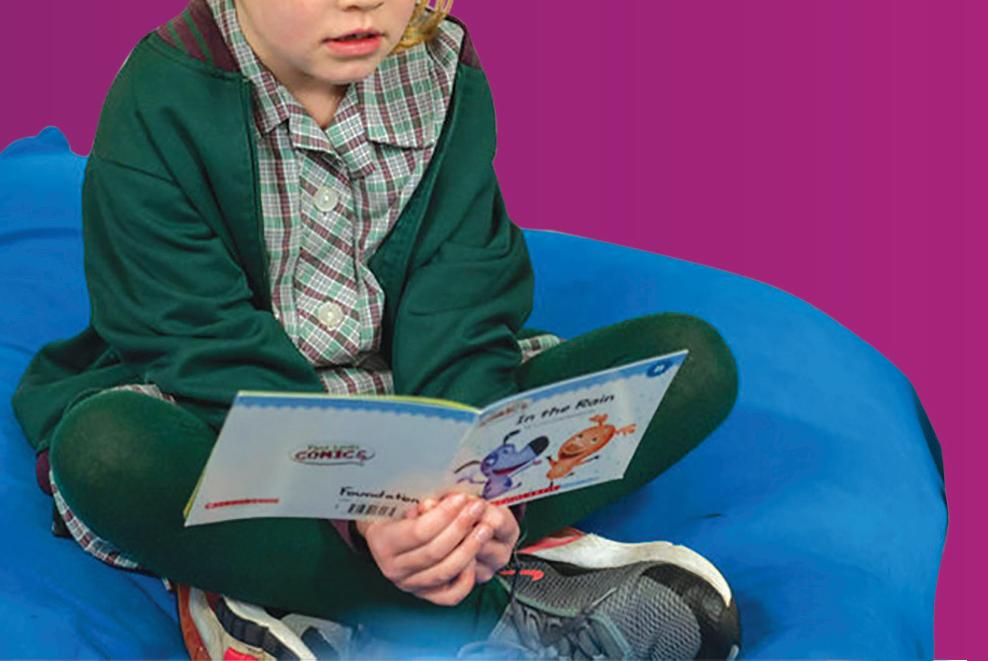
Our classrooms are exciting places for students to learn and our specialist programs that include Health and Physical Education, Science, Art, Digital Technology and Music add to the comprehensive educational opportunities on Banyan Fields Primary School 90 Cadles Road, Carrum Downs. Victoria, 3201 03 9782 1333

banyan.fields.ps@education.vic.gov.au
www.bfps.vic.edu.au
BanyanFields
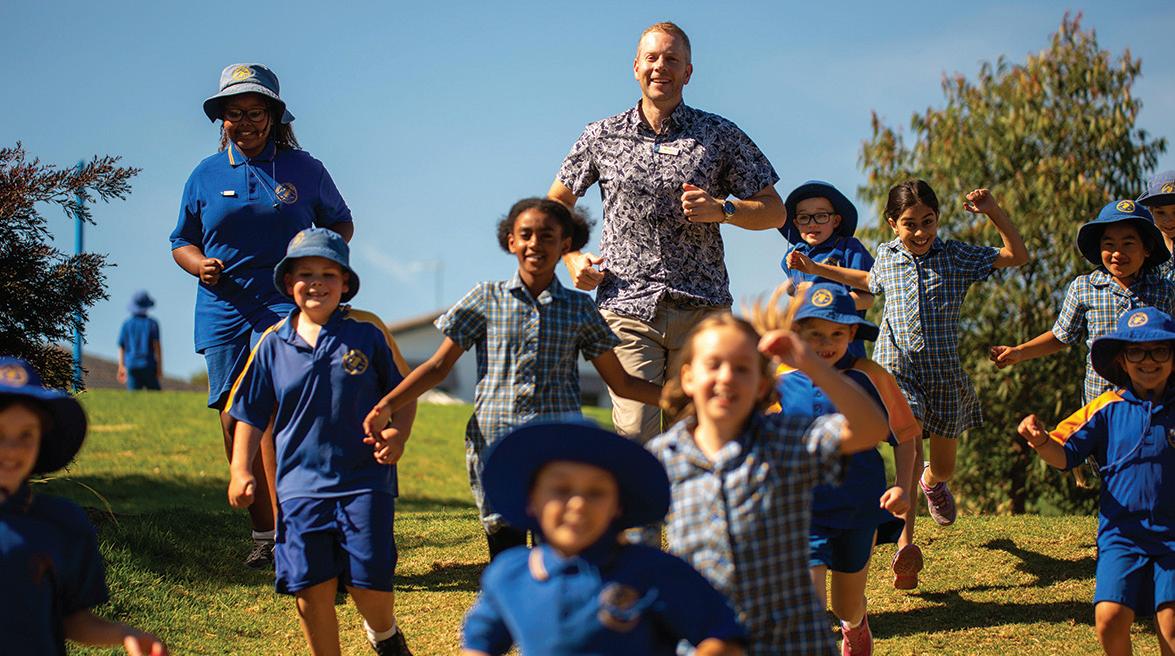
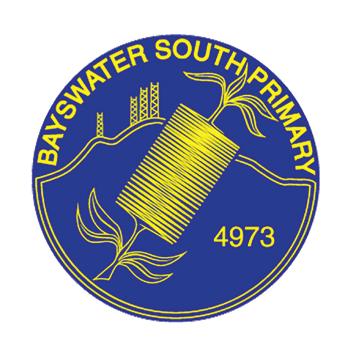
Enfield Dr, Bayswater VIC 3153 (03) 9729 2862
Principal
Mr Bret Mottrom
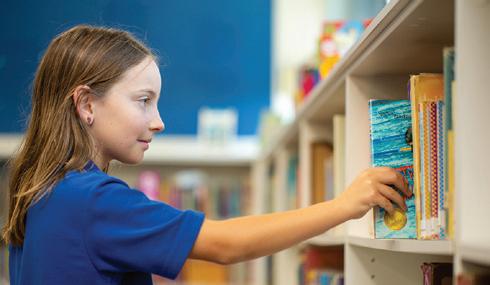
www.baysouthps.edu.au
Bayswater South is a co-educational Government School in the Eastern suburbs of Melbourne. One of the few truly bilingual primary schools in Victoria, we have a proud history of over 30 years of delivering a unique English/German bilingual program. Our mission is to embrace diversity and develop global citizenship through a vibrant learning community. We do this using our three pillars – Bilingual Education, IB – Primary Years Programme and a schoolwide approach to Wellbeing; leading the way in best practice teaching and learning, with a focus on supporting the academic progress and personal development of each student. This difference, or addition, to a standard Government school education, is what makes us stand out as a leading choice for your child’s education.
Why bilingual?
We strongly believe that every child deserves a bilingual education.
Language teachers and educational psychologists have long held the view that learning another language increases and enhances students’ deductive and problemsolving skills. Having frequent practice in working out meaning, making links, and drawing conclusions in the language class, enhances these skills in a broader sense, in other areas of the curriculum and in life in general. Knowledge of more than one language has long-term cultural, social and economic benefits. Tolerance, respect and co-operation are all improved through bilingual education, while being bilingual enhances future job prospects.
What is the IB – Primary Years Programme?
Bayswater South Primary School is proud to be an accredited IB World School offering the Primary Years Programme (PYP).
At Bayswater South we align our vision and mission with that of the IB, in which we strive to, ‘develop inquiring, knowledgeable and
caring young people who help to create a better and more peaceful world through intercultural understanding and respect’. As a bilingual school, we are in the unique position within Australia to develop students who are multilingual, internationally minded and who are driven to take action in the local and global community.
Our school’s curriculum framework encompasses that of the Victorian Curriculum, the IB PYP Curriculum and Bilingual Education.
Wellbeing
At Bayswater South Primary School, we value student voice, student engagement and connectedness of students and their families from Foundation to Year 6. We are: A connected community
Bayswater South Primary School fosters strong relationships with the local German community as well as other organisations and benefits from the support of a vibrant and engaged parent community. With the ongoing contributions from our parents and local partnerships, we have been able to provide playgrounds, learning spaces, Chaplaincy, Connect Groups and a newly formed ‘German Café’, with further development to follow.
A highlight of life at Bayswater South includes the opportunity for all students from Foundation to Year 6, to lead the school. From SRC, to student-led assembly, to student input in their learning experiences, our students develop as team playing, confident young individuals, who live out our school values of Respect, Empathy, Honesty and Teamwork.
We warmly invite you to take a tour of our school, to learn more about the benefits of an education at Bayswater South Primary School.

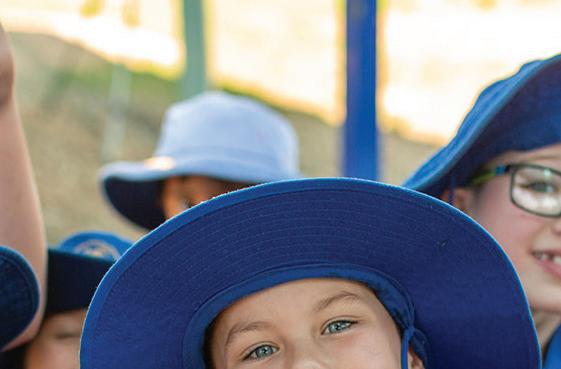

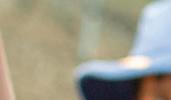
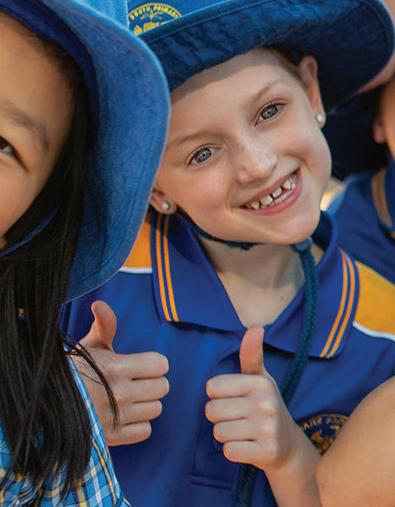

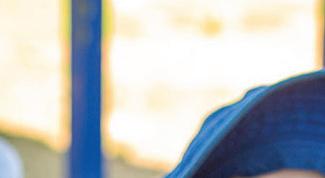
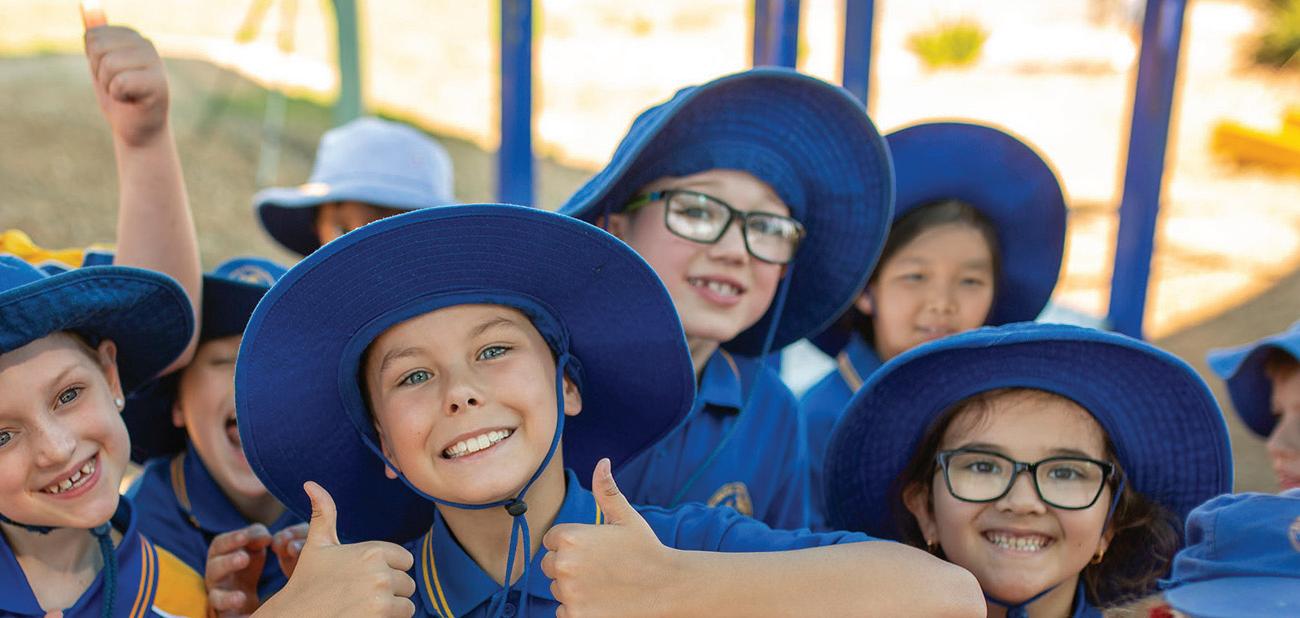









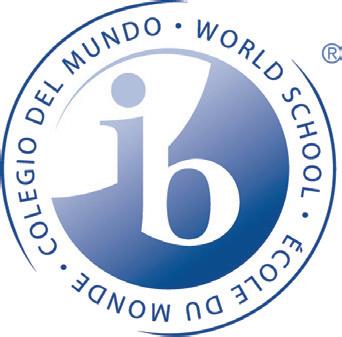
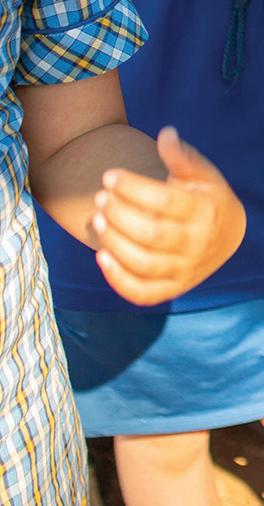
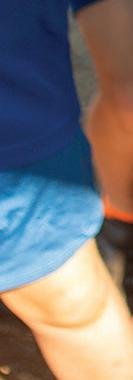

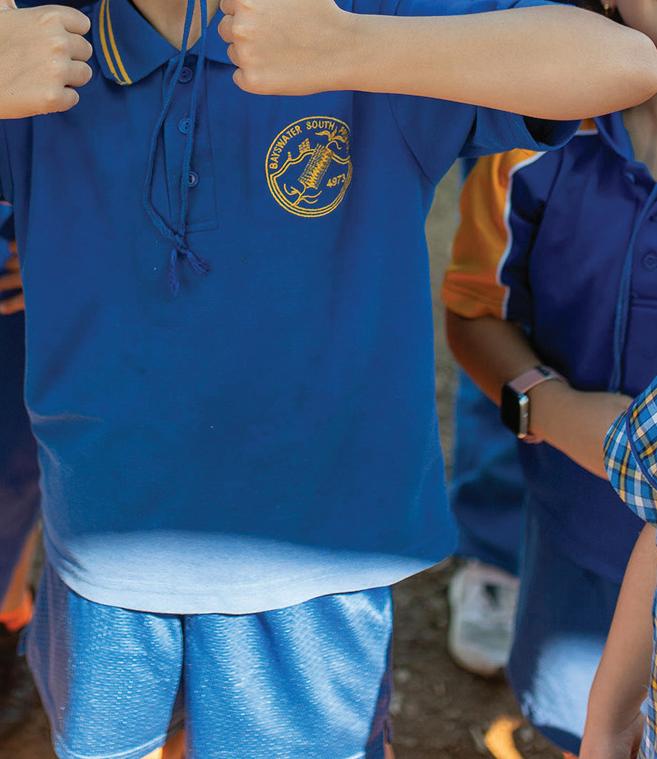


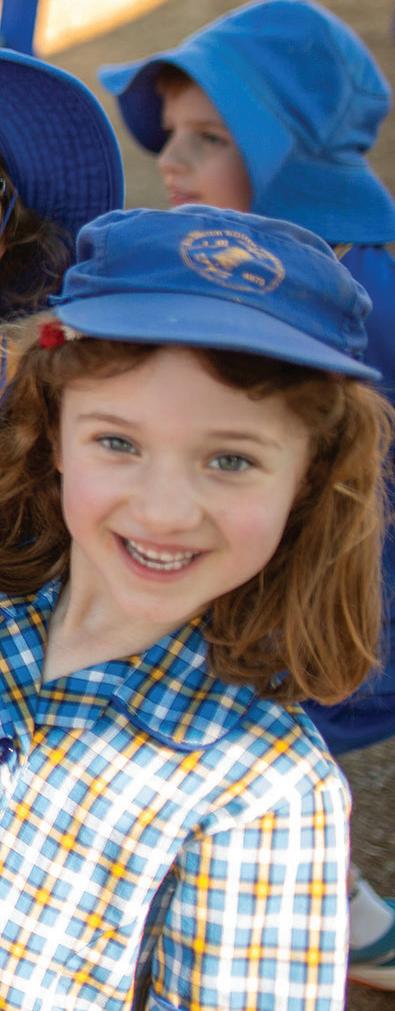
NEW research highlights that school students’ levels of physical activity and their mental performance are connected. The research was published in a recent book, Health and Education Interdependence, which shows the links between two sectors often treated as unrelated.
“Until recently, children’s bodies and minds were often divided as separate entities in relation to thinking,” says Dr Brendon Hyndman of Charles Sturt University, one of the authors and editors of the book. “However, there is more and more research endorsing the link between physical activity and a range of benefits to cognitive, psychological, academic and educational outcomes.”
This connection is relatively new and researchers have only just begun to investigate it. However, findings consistently support a positive relation between physical activity and mental performance, including benefits to emotional wellbeing and children’s behaviour.
This link between physical activity and the brain may prove fundamental. One chapter points to the potential role of epigenetics in memory consolidation, focus, and coping with stress. The emerging field of epigenetics highlights the way that the physical environment, parental health, nutrition, early experiences, and behaviours can change the way genes are expressed across generations. This opens the possibility that physical activity may play a protective role in brain development on a deep biological level.
While the authors caution that this connection requires more research, they say other links are becoming well established. They highlight a range of studies that indicate physical activity positively impacts on academic achievement, including one trial of active lessons with over 1,500 participants and another involving children’s weekly physical activity participation.
“Physical activity is an area of health most of us are familiar with and this research showcases how increasing our movement habits can improve brain cell growth, functioning and overall mental performance,” says Dr Hyndman.
“There is emerging evidence over the past two decades that links movement with improvements in children’s academic outcomes, in memory, in problem solving, in planning and in self-regulation.”
Studies indicate physical activity positively impacts on academic achievement
The authors refer to a study of 620 Australian primary school children who received teaching from specialist PE teachers, in which the students demonstrated noticeable improvements in literacy and numeracy. Another investigated studies that connected children’s participation in physical education with learning domains over a 20 year period.
“The research shows that if schools increased the proportion of curriculum time allocated to PE,” the authors write, “this would enhance students’ learning across cognitive, affective and psychomotor learning domains.”
“We also need to consider how people learn from the many contexts and influences that occur beyond classroom or timetabled learning.”
Dr Hyndman points to many contexts in which students can “learn how to be active”, including before-school programs, recess periods, afterschool programs, excursions or camps, travelling to school, and in the home and neighbourhood. “Positive learning strategies can be prioritised beyond timetabled classes and curricular demands,” he said. “The recent formation and the international endorsement for the Global Recess Alliance shines a light on this need.”
“We know that unless enjoyable physical education and physical activity experiences are provided early in life, adults are less likely to develop and adopt regular physical activity habits across the lifespan.”
Richard Midford, Georgie Nutton, Brendon Hyndman & Sven Silburn. (2020). Health and Education Interdependence: Thriving from birth to adulthood. Springer.
For more information or an interview, please contact Dr Brendon Hyndman of Charles Sturt University at bhyndman@csu.edu.au
MECRA - Media Centre for Education Research Australia
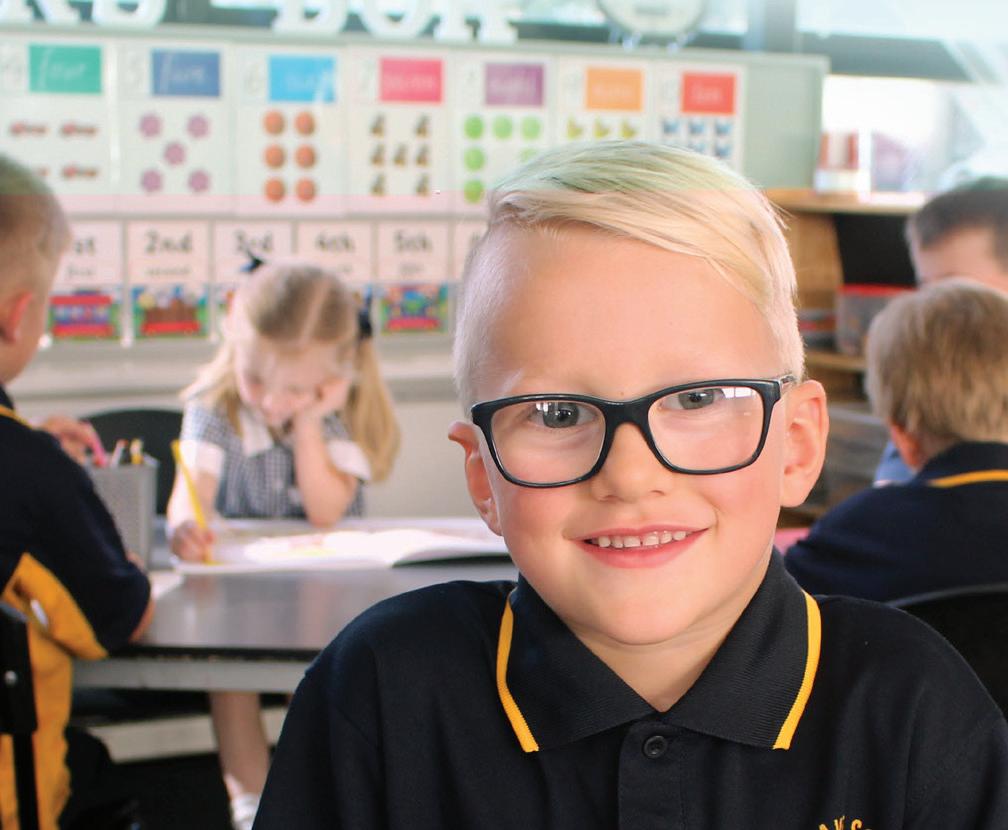
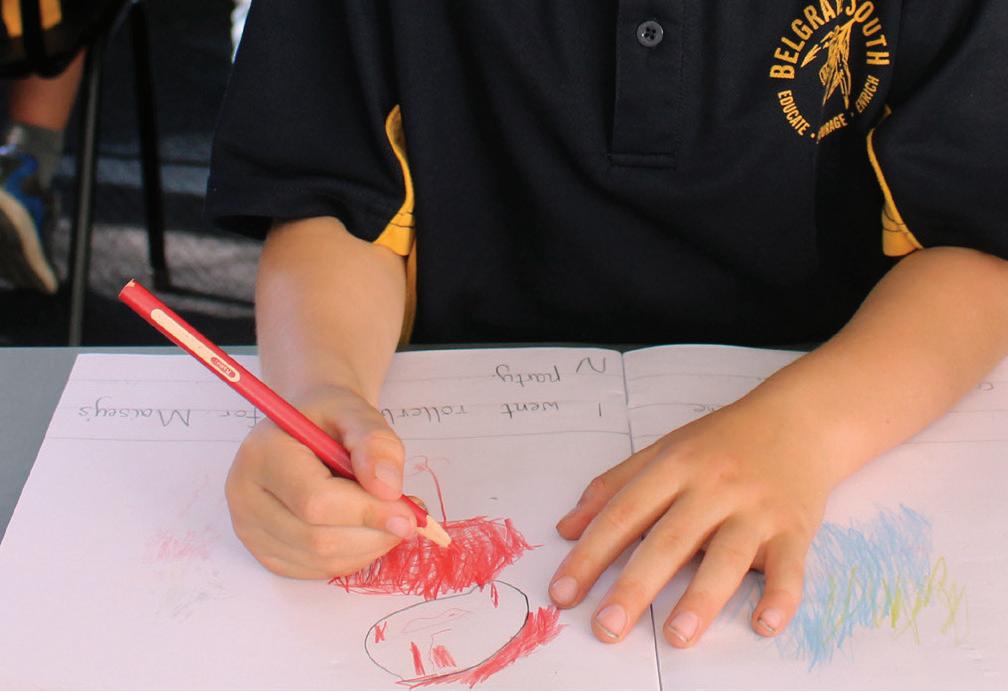
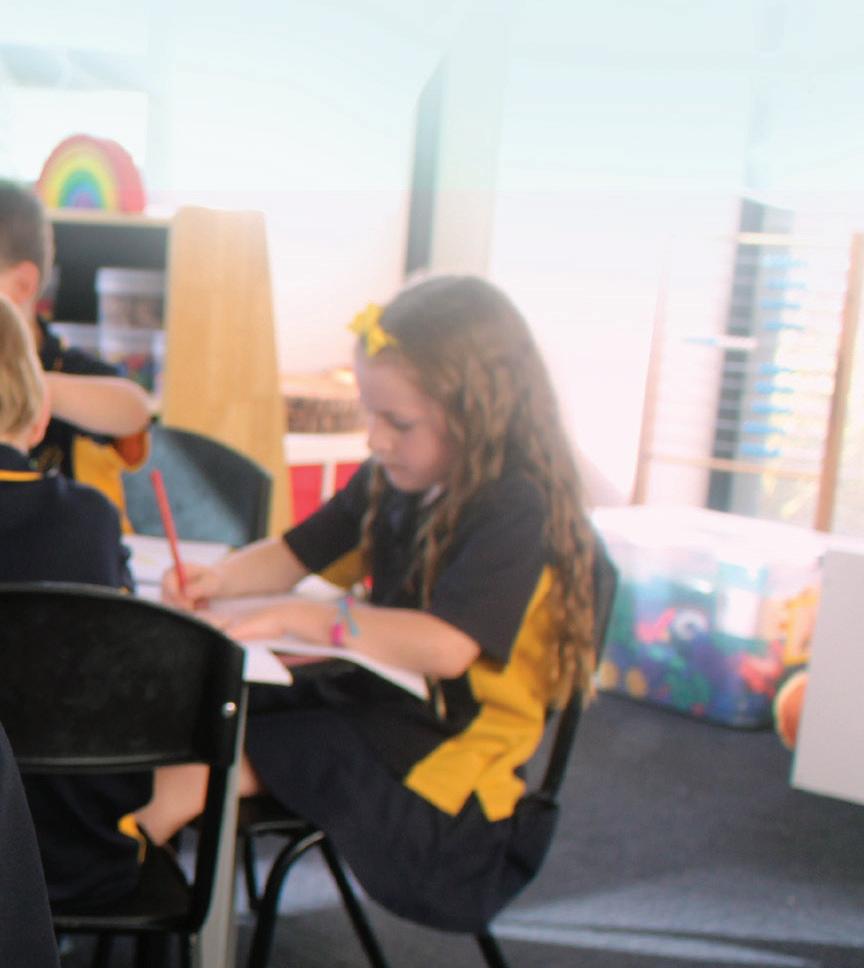
Thursday 16th May, 9am - 11am
Saturday 18th May, 10.30am
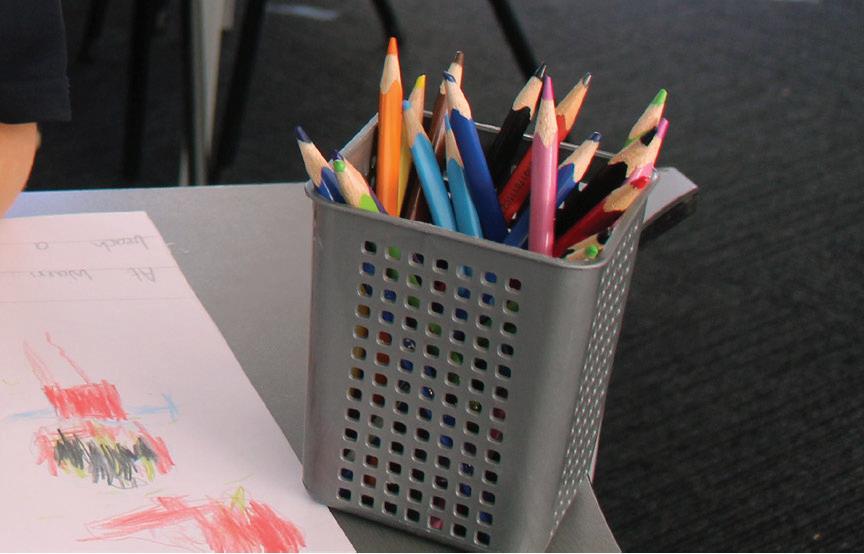
12631291-MP12-24
Our Vision
TO create lifelong global learners who are prepared for their future and who will strive to continually improve themselves, their community and the world.
Our Mission
To foster a safe and stimulating learning environment where all students will be supported to achieve their full potential academically, socially and emotionally.
Warm greetings to you, and I thank you for taking an interest in Belle Vue Primary School for your child. Belle Vue Primary School is a small school with a big heart, situated in Balwyn North with spacious, well-maintained grounds, and wellequipped facilities. Belle Vue Primary School has been providing high quality education for over 60 years and we have some exciting changes in the years ahead, that we would love you to be part of. We believe that every child has the right and capacity to learn and succeed. Belle Vue Primary School consistently achieves exceptional academic results, whilst ensuring to meet the wellbeing needs of all our students.
My priority as principal is to ensure our students are supported and encouraged to achieve their very best. One of the key enablers of improving student health, wellbeing and learning outcomes is through a sustained and strong Home-School Partnership. At Belle Vue Primary School, we take pride in a strong culture of community support and engagement, which fosters partnerships between students, staff, parents and the local community. We believe it is vital to build links with our community and know our students and their families.
We are proud to offer a vibrant and engaging curriculum from knowledgeable and experienced teachers. We ensure our students are challenged, supported and encouraged with an inclusive curriculum to meet their learning and wellbeing needs. Our Belle Vue Additional Support and Enrichment (B.A.S.E.) Program provides targeted and differentiated learning programs. We offer a wide range of experiences and educational opportunities, so all students can experience success.
Our school takes pride in its strong community connection, which fosters partnerships between students, staff, parents and the local community.
We pride ourselves on offering a successful pre-school to primary school transition program.
The school believes it is vital to build links with our community and know our students and their families.
We pride ourselves on offering a successful pre-school to primary school transition program.
We understand that starting Prep is an important step for your family and we have programs in place to ensure a smooth and successful transition. We are committed to working with you to ensure a positive start to your child’s primary education.
I welcome the opportunity to show what Belle Vue has to offer you and your child, and I extend an invitation to all parents/carers considering a quality educational environment for their child to contact the school to arrange a personalised school tour.
During these tours, you will have the opportunity to visit our classrooms, to get a feel for our school and see our school in action. You will also meet our school principal, Andrew Wood, who will be able to answer any questions you may have about our school. We look forward to meeting you soon.
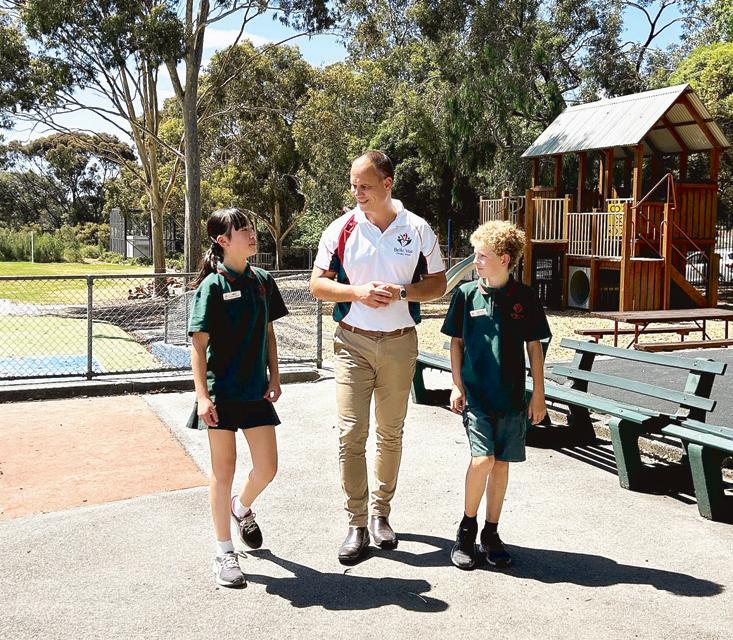
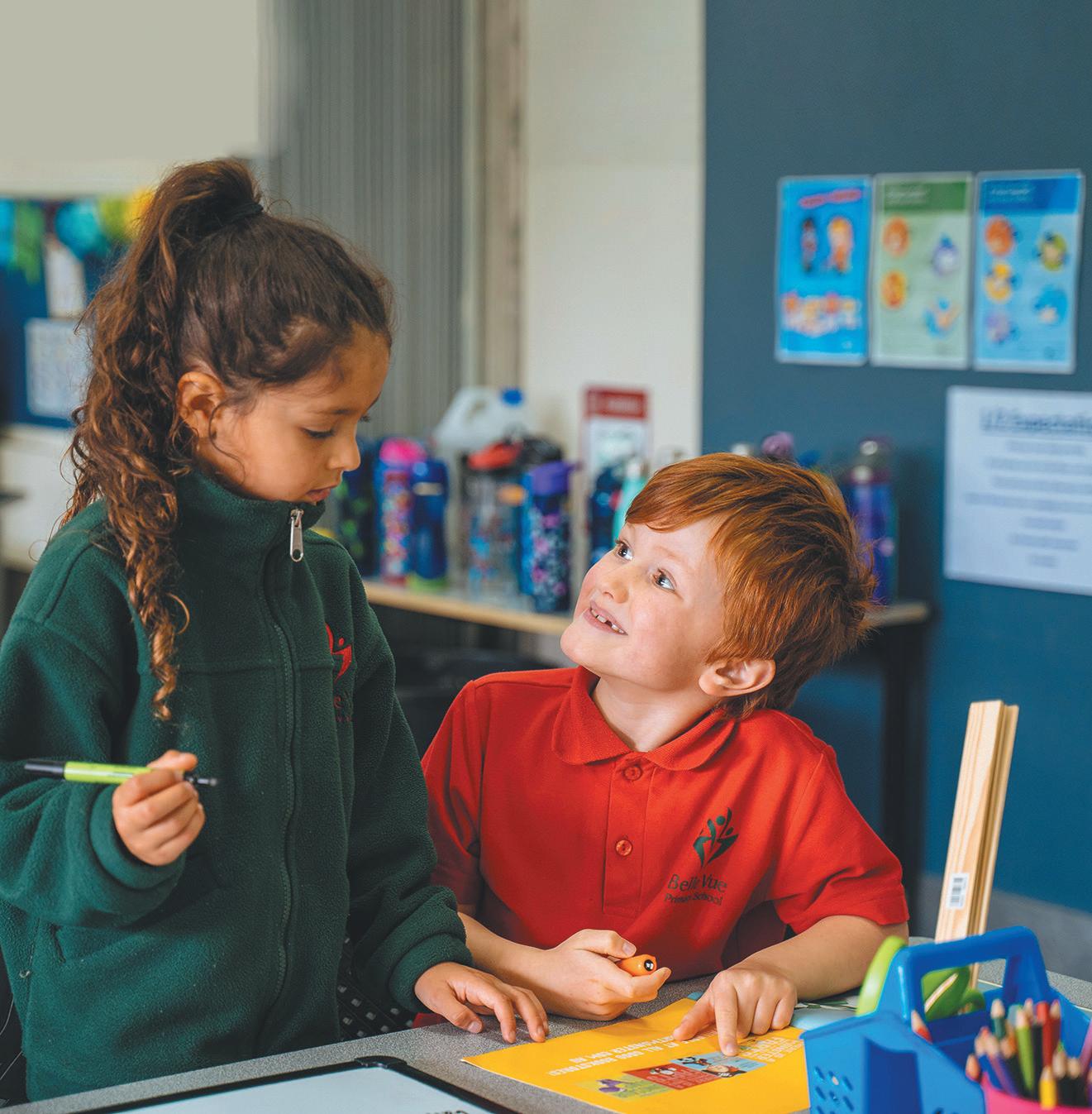
OPEN AFTERNOONS 3.45-4.15
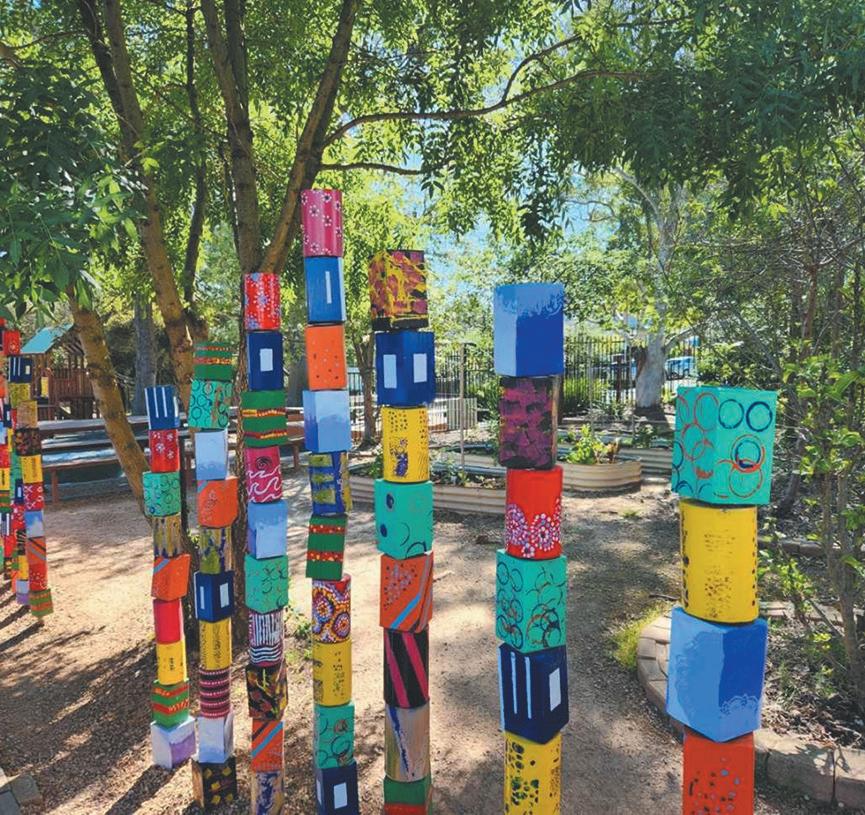
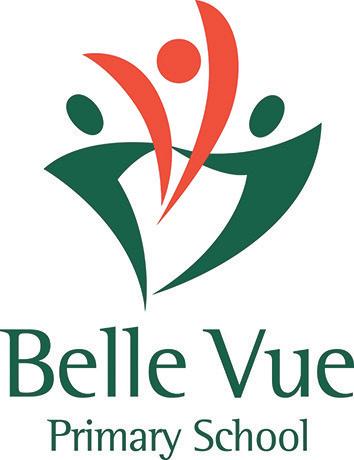
Storytime – March 1st and March 15th (School Library)
Play based Learning (May 3rd and May 17th (Prep Room)
EDUCATION WEEK - OPEN MORNINGS
Tuesday 14th May 9:30am – 10:30am
Wednesday 15th May 9:30 – 10:30am
Thursday 16th May 9:30am – 10:30am
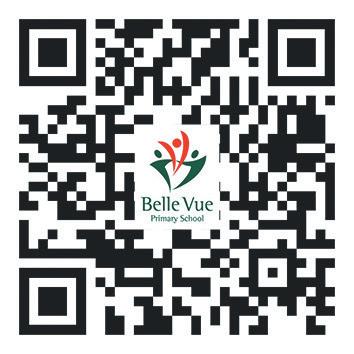
2025 PREP INFORMATION EVENING
Thursday 16th May 6:30pm – 7:30pm
• Specialist programs (Italian, PE, Coding/ Robotics, The Arts)
• Community focused school culture and environment
• Experienced staff
• Differentiated curriculum
• Students are challenged and supported to achieve success
Come and Visit Belle Vue Primary School and find out more about a quality educational environment for your child. School tours available each week. Contact us on (03) 9859 6123
Belle Vue Primary School
20 Highview Road, Balwyn North 3104
Belle.vue.ps@education.vic.gov.au www.bellevueps.vic.edu.au/bvps2/
THERE’S much about which to be hopeful as we move further into 2024. Some might think that’s fanciful thinking given the substantial challenges that all schools, ours included, have been and continue to face. The much-publicised teacher shortage continues, there’s concern about the level of learning by students across the nation and there’s plenty of commentary on the lack of fairness in government funding for public schools, compared with that provided to nongovernment schools in our country. All valid concerns.
Nonetheless, I am very hopeful in looking forward. Berwick Lodge Primary School, staffing wise is, I believe, over the worst. For this year, we have been able to employ several graduate teachers with enormous potential, whilst retaining our experienced team of talented teachers, with enthusiasm running high. Importantly, we will be able to continue to provide our rich bank of specialist programs, these including STEM, P.E., Performing & Visual Arts and Mandarin for all students.
In 2023, with the benefit of additional funding provided by our state government we were able to directly employ a psychologist and speech pathologist at our school. In times when the issue of student wellbeing has never been higher on the agenda for schools, but with external levels of support in this area seriously challenged, we are very excited about the benefits that the support
that we now provide onsite, targeting student wellbeing. Similarly so with regard to those children in need of language development support via our school-based speech pathologist.
The Covid years really impacted badly on all schools’ capacity to bring our families together for at school activities. We sorely missed the bonding and camaraderie that having fun family events at the school creates. With our vibrant and energetic Parents & Friends Association (PFA) back in full swing we saw the benefits flow late last year at our school family day event. I’m thrilled to say that these will be ramped up this year in concert with our PFA. By the way, our PFA always has an open invitation to all parents to join – what with a number of important fund-raising activities in the pipeline and parent support activities also being planned, there’s ample opportunity to not only become involved, but also connected.
People often ask me why I’m still here, being the founding principal of Berwick Lodge in 1990. The answer is simple really. It lies in the school motto, coined all those years ago by our first school council – Learning for Life. That happens on a grand scale here, and with so many different opportunities, for everyone – students, parents and staff.
Henry Grossek, Principal Berwick Lodge Primary School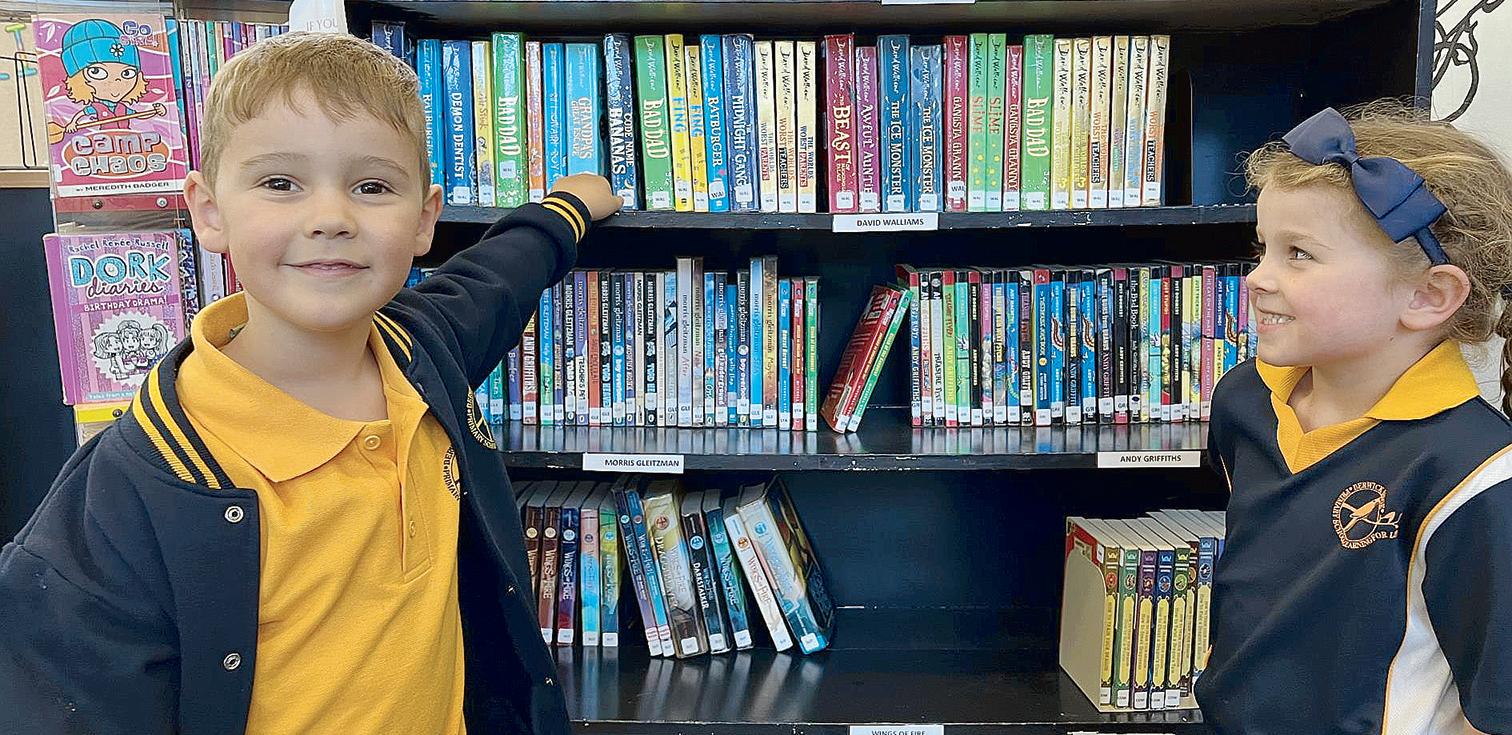
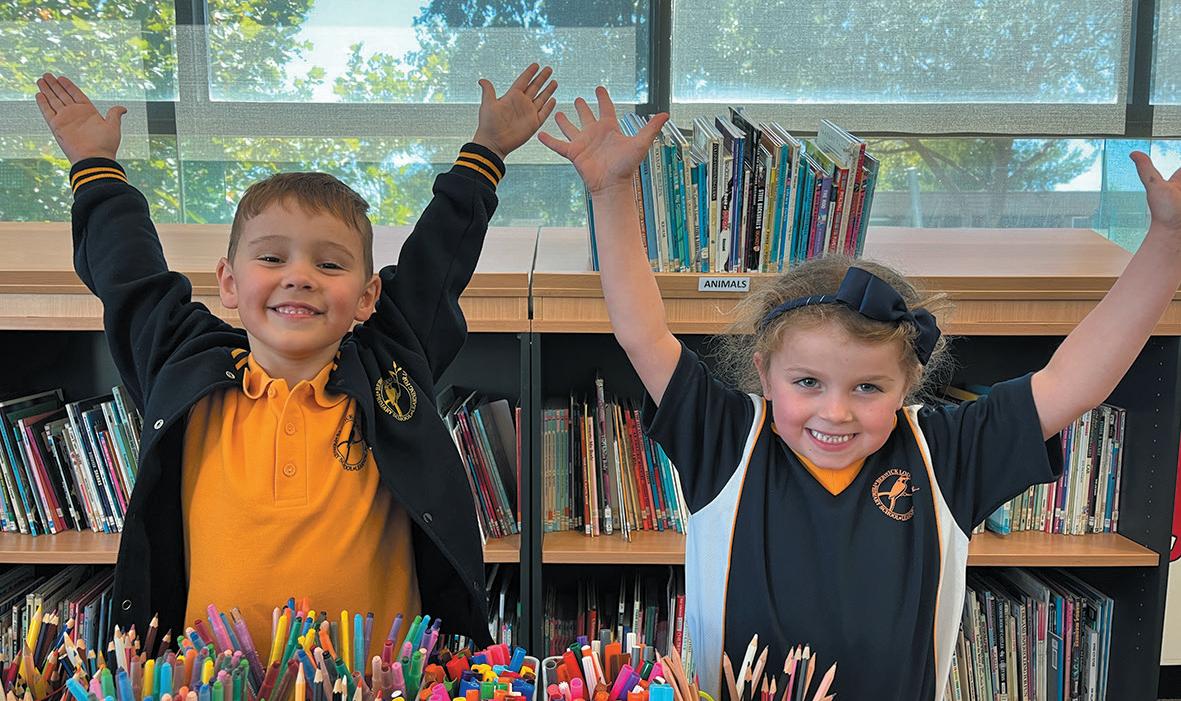

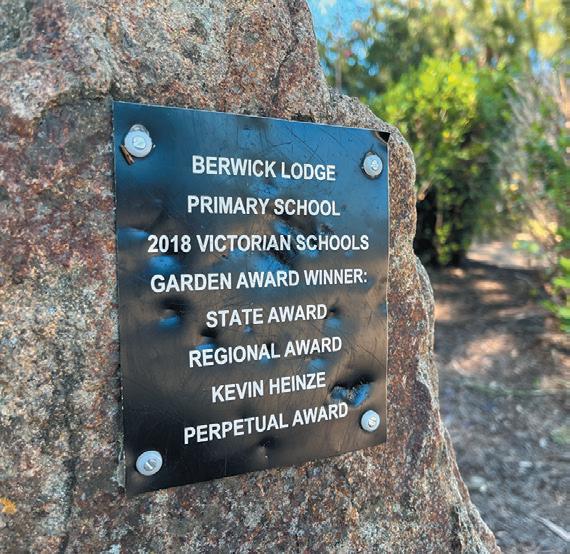
AT Boronia K-12 College we are committed to developing our students into responsible members of the local, national and global communities that they live in.
Our contemporary buildings are second to none! We pride ourselves on building the use of technology from Foundation up to our BYOD program commencing in Year 5 throughout the secondary school experience. The consistency in our Instructional Model and Whole School Positive Education Framework ensures that we are supporting students at every stage of our schooling with consistency of language and practice.
We pride ourselves on positive transitions, working with families and Year 6 staff both at our College in beyond to ensure that they feel supported and connected every step of the way. We have carefully selected staff and learning experiences that promote a sense of ownership and pride in their school environment as well as supporting a sense of belonging and community.
We have a wide selection of electives and dedicate time for course counselling, with support for pathways and transitions paramount and work together with student and family and external supports to cater to student needs.
In order to support students to engage with positive behaviours, we have made adjustments to the school day that prioritise work with students across the college to explore a Framework that teaches into and promotes positive behaviours at school, at home and in the community. Customised and co-created, these college wide behavioural expectations are explicitly taught in carefully and purposefully constructed lessons that not only explore these but have strategies and positive, specific feedback around them. This has also allowed us regular, frequent cohort and year level assemblies that celebrate academic and individual success, share ideas and provide a connection within and between year levels.
Boronia K-12 College is an innovative and responsive environment that offers quality teaching and learning programs delivered by our skilled staff. We are a proud International Baccalaureate Primary Years Program school that is committed to developing students who strive to be skill communicators, constructors of knowledge and real-world problem solvers.
We look forward to welcoming you on a school tour. Book now via our website www. boroniak-12.vic.edu.au/ or by contacting boronia.k12@education.vic.gov.au






At Boronia West Primary School our values of Be Respectful, Be Safe and Be a Learner underpin the way we work and play together. Our values underpin our approach to behaviour management based on the School Wide Positive Behaviour Framework. We spend time getting to know each student and their individual needs and learning styles which enables us to provide effective classroom learning programs.
We have small class sizes so that individual attention may be given to all children by our committed and expert teachers and staff. We have staff dedicated to Literacy and Numeracy support for those students who require extension and additional assistance.
In addition to Literacy, Numeracy, History and Geography, students have access to a range of Specialists including Art, Physical Education and STEM. In 2023 we introduced Auslan as our language and our students are extending their knowledge from finger spelling to signing words and phrases.
Our teachers work as part of a team; with each other, and with our families. Parents and carers are encouraged to communicate with teachers and the school leadership. Our parents are also welcome to participate in a range of activities from classroom helpers to fundraising and working bees.
As a school, we work to develop each child’s academic learning, but also their social and emotional development. We are a very friendly and welcoming school, and we care about each other, for each other, and our environment. We are very proud of our school, and the work of our students and staff. We invite you to learn more about our great school, and see our school motto in action, “Growing Through Learning”.
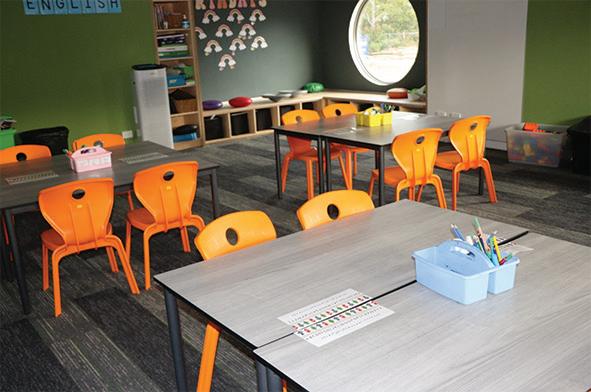

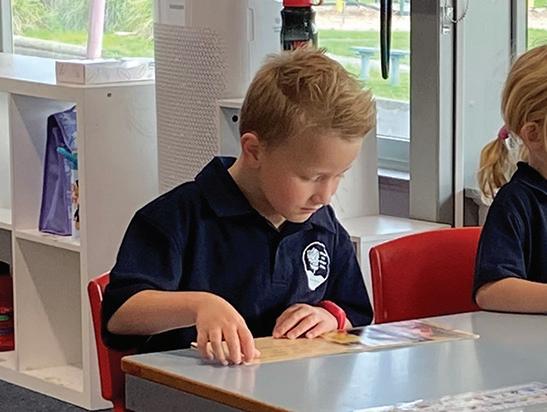
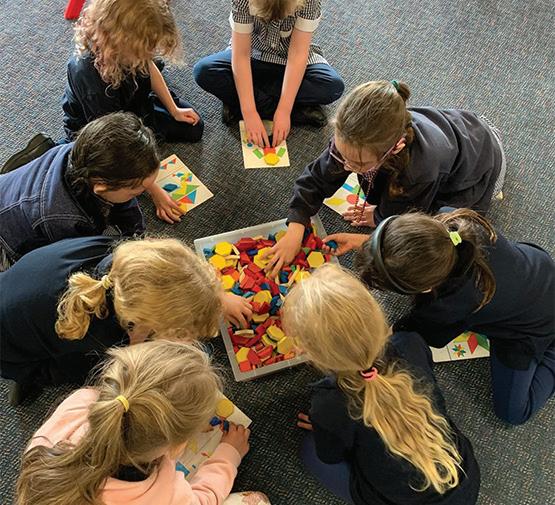


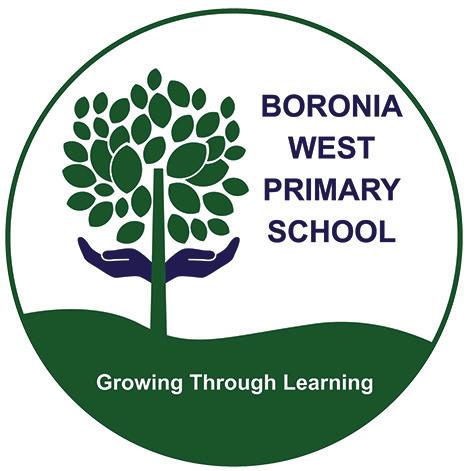


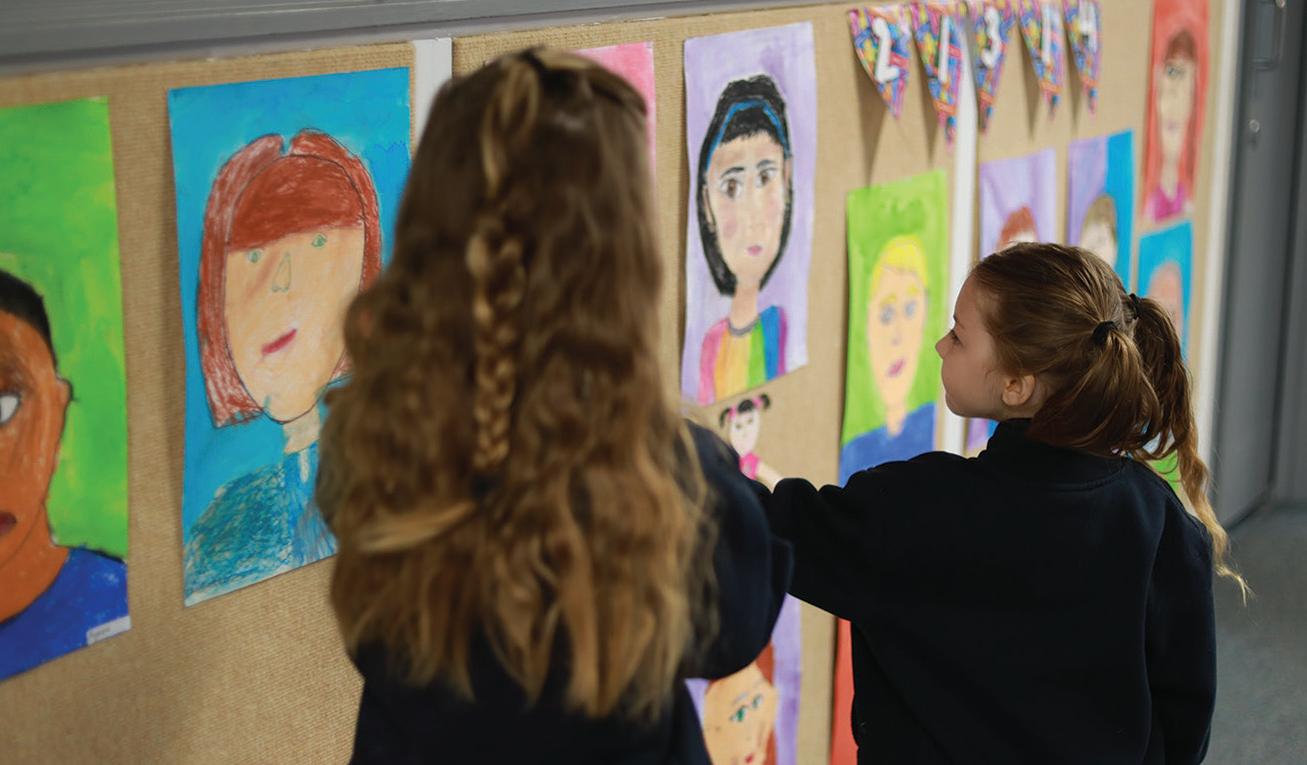


Boronia West PS is an inclusive school where we develop values, attitudes, knowledge and skills that enable students to become lifelong learners.
Please contact us to schedule a tour with our principal Penelope Harris to learn more about our school and the enrolment process.
25 Tormore Road Boronia Vic 3155 03 9762 2510
boronia.west.ps@education.vic.gov.au
boronia.west.ps.vic.edu.au
Briar Hill Primary School offers a unique Steiner Influenced Model of education in the Northern suburbs of Melbourne. Briar Hill Primary School believes that education entwines the gifts brought by the head, heart and hands. We aspire to create an environment that supports children in their lifelong journey of self-development, discovery, and growth. Our aim is to educate children to be deep critical thinkers with a sense of moral, ethical, and social responsibility.
We welcome you to our small, Prep to Six school, offering a nurturing learning environment in the tranquil surrounds of our permaculture gardens and natural spaces. Established in 1927, Briar Hill Primary School is in the City of Banyule, between Greensborough and Eltham. Our students and families play an important part in our wonderful, close knit school community.
We work hard to create vibrant programs that enable our school’s values to be upheld and practised. We recognise that our greatest asset is our children, and we actively foster opportunities for every child to thrive. Our programs, which have a Steiner influence, are inquiry-based and enhance children's opportunities for authentic learning.
Our school continues to develop whole school approaches which clearly align to the expected Victorian Curriculum standards and reflect our core focus on quality learning and teaching.
Your child will graduate from our school Literate, Numerate and curious about the world around them.
If you would like to see us in action book a tour with our school principal Rowan Kayll on 9435 1633 or email briar.hill.ps@education.vic.gov.au.

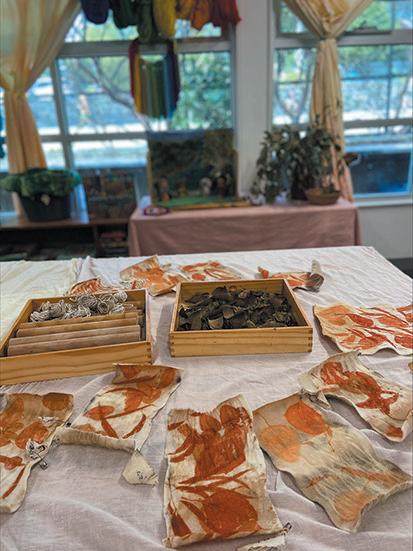

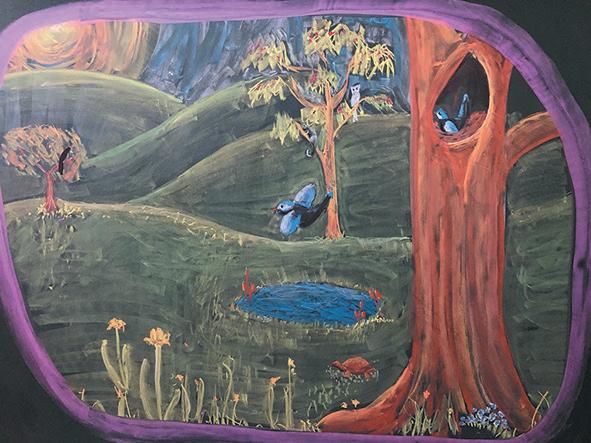

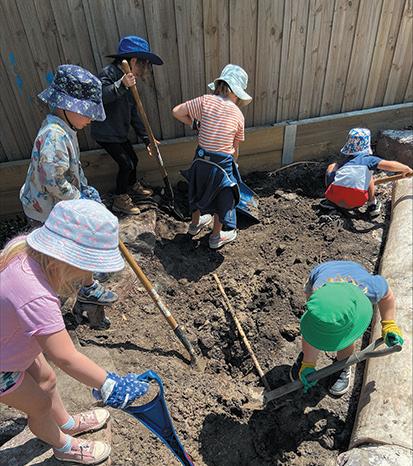
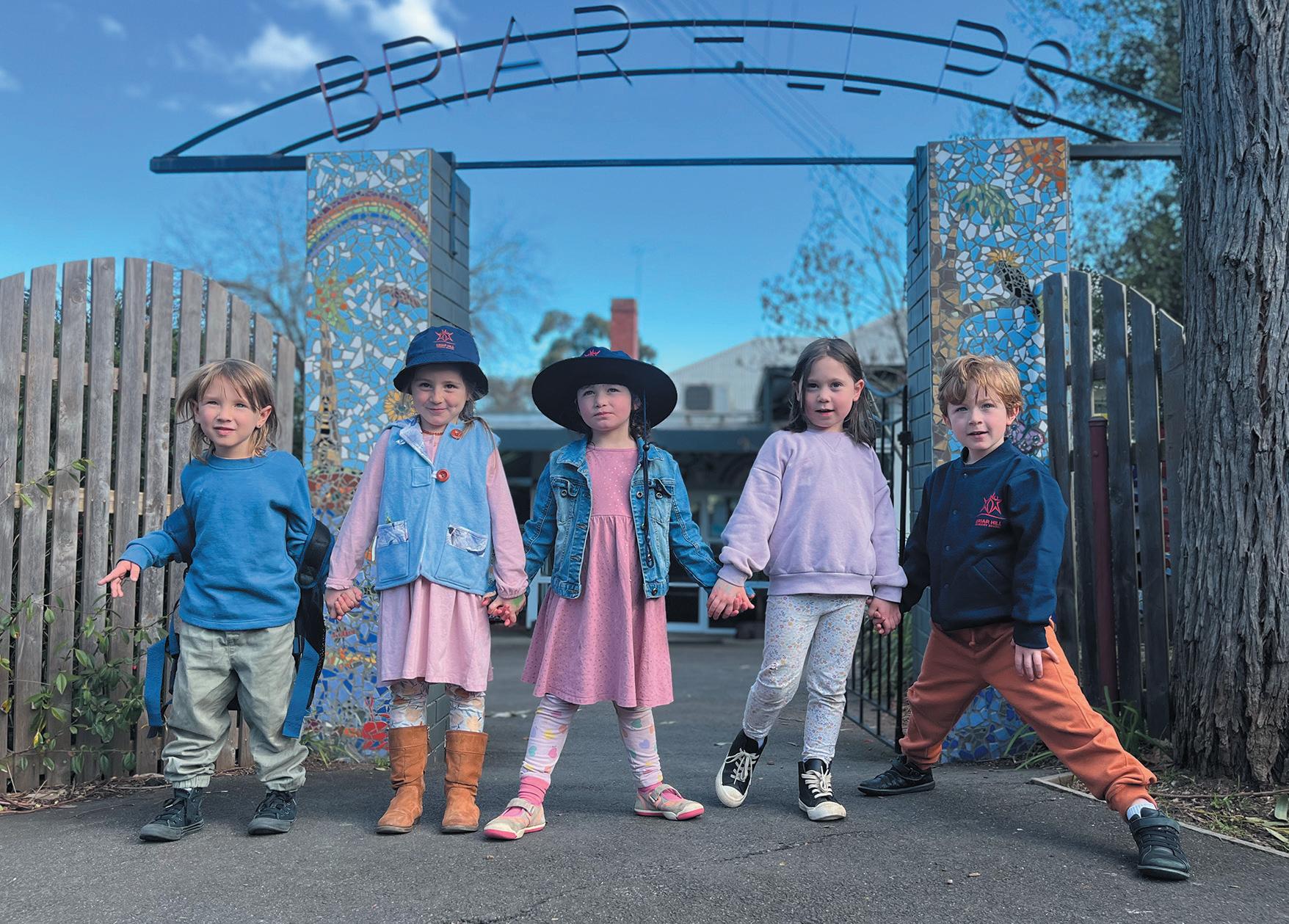

Doncaster Gardens Primary School strives for all-round excellence in the delivery of programs, and encourages and fosters a strong multicultural ethos.
The school encourages high academic standards and the development of life-long learning habits to provide all students with a fulfilling and challenging education.
Our dedicated and professional staff emphasise the home-school partnership, and value the high level of parent participation and cooperation in school programs.
Doncaster Gardens has established the shared values of creativity, curiosity, courage and compassion that now form the framework and expectations for each child’s involvement in the school.
Please contact the school office on 9848 5282 for school tour information.
Informaion about our School:
• Challenge and Enrichment Programs including our high ability program
• Specialist Maths Extension
• Strong School Leadership Program
• Instrumental music lessons
• Chess Clubs from Foundation
• 1:1 iPad program runs from Year 3 to 6
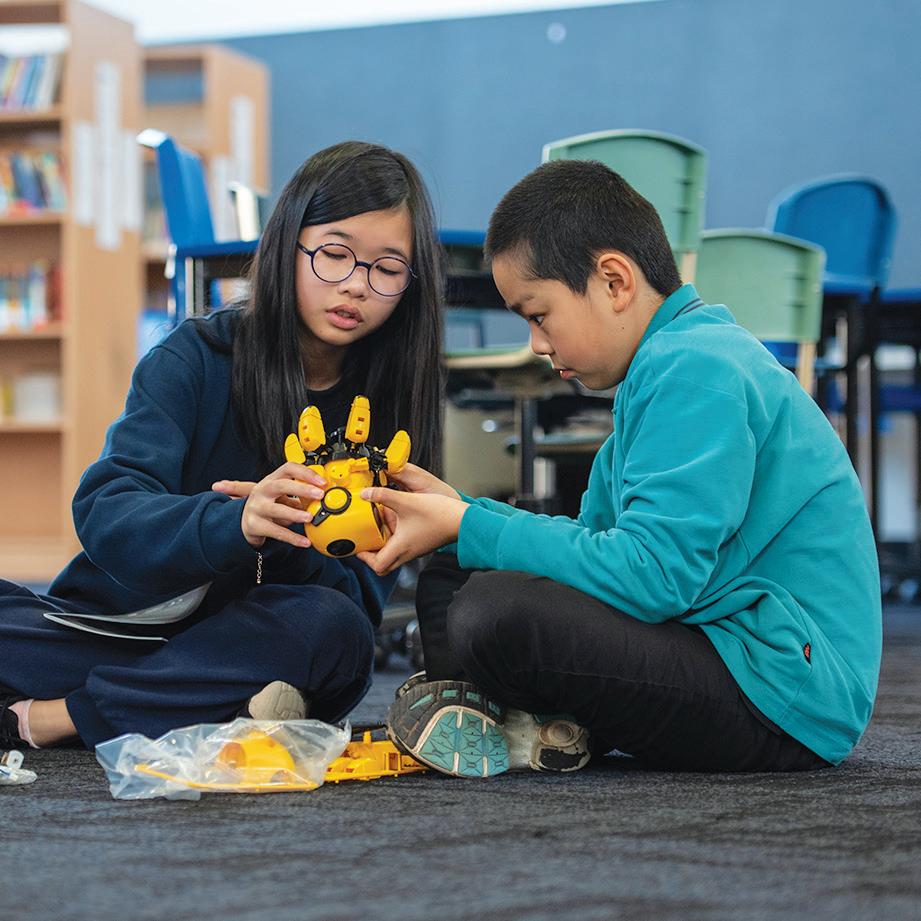
• Specialist ICT Program
• Computer Resource Centre
• 3D Printers
• Robotics
• Dance
• Choir
• Orchestra
• Before and after school sport teams
• Production
• Instrumental Music
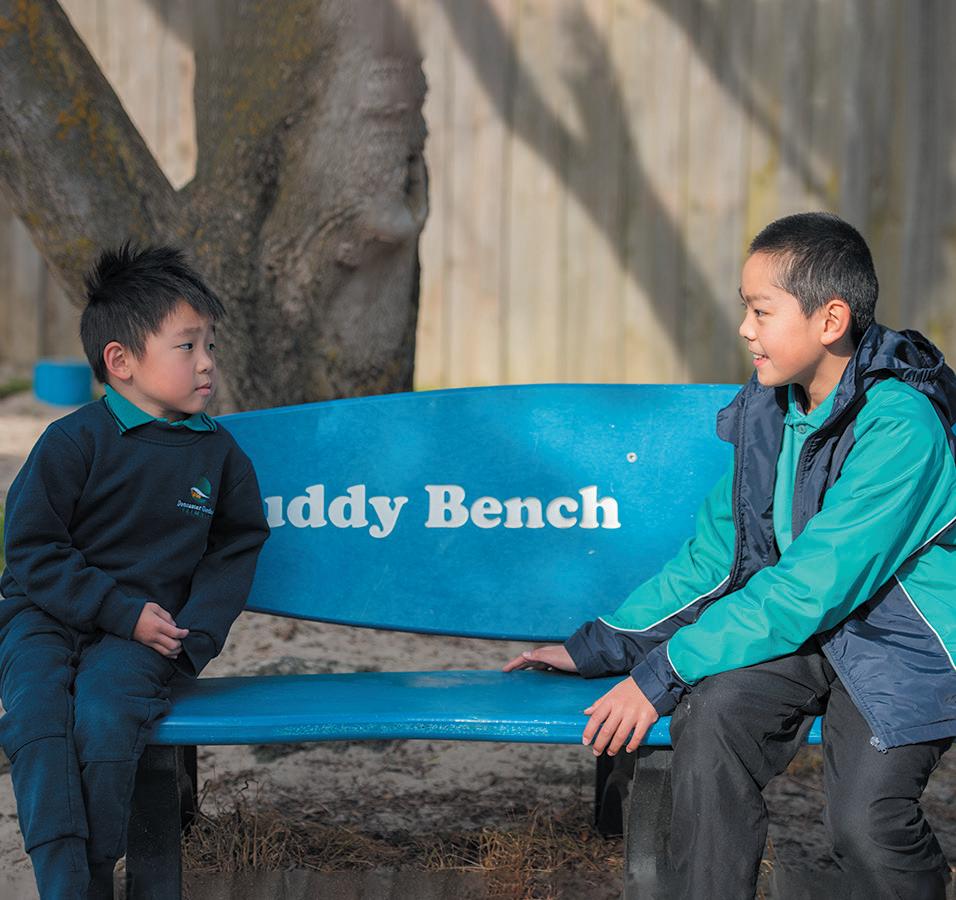
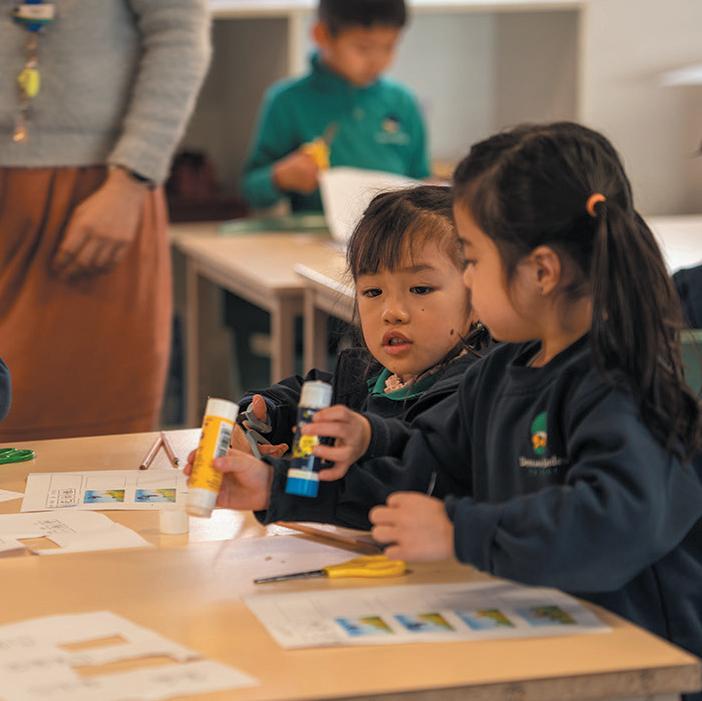
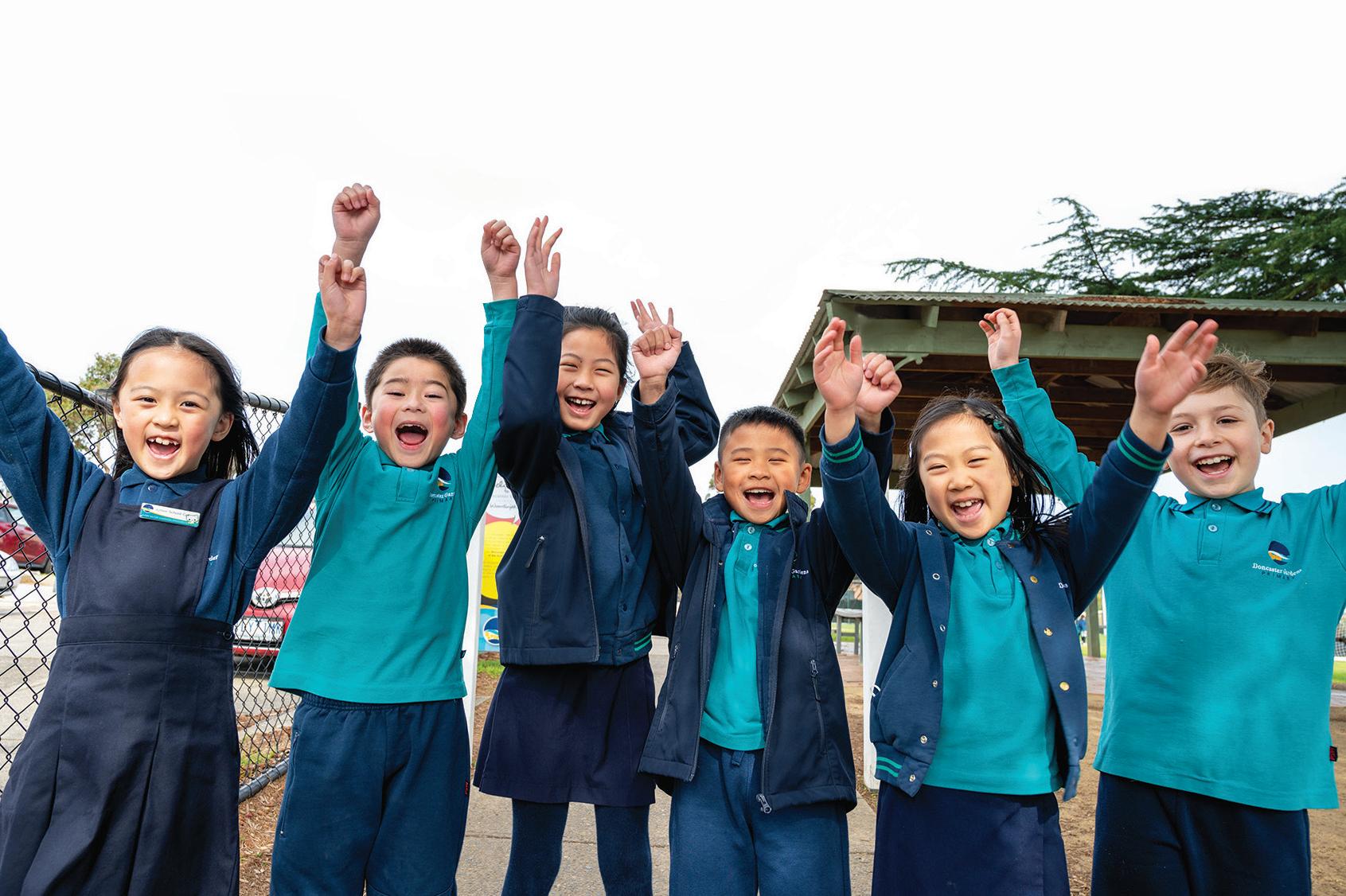
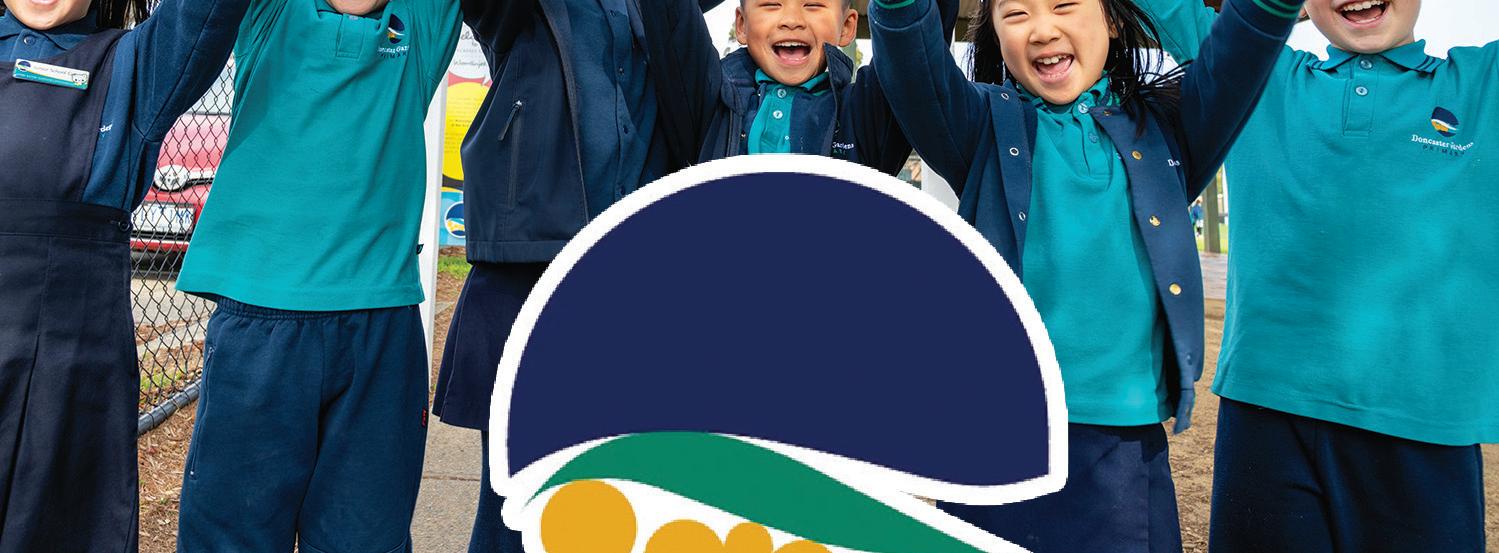

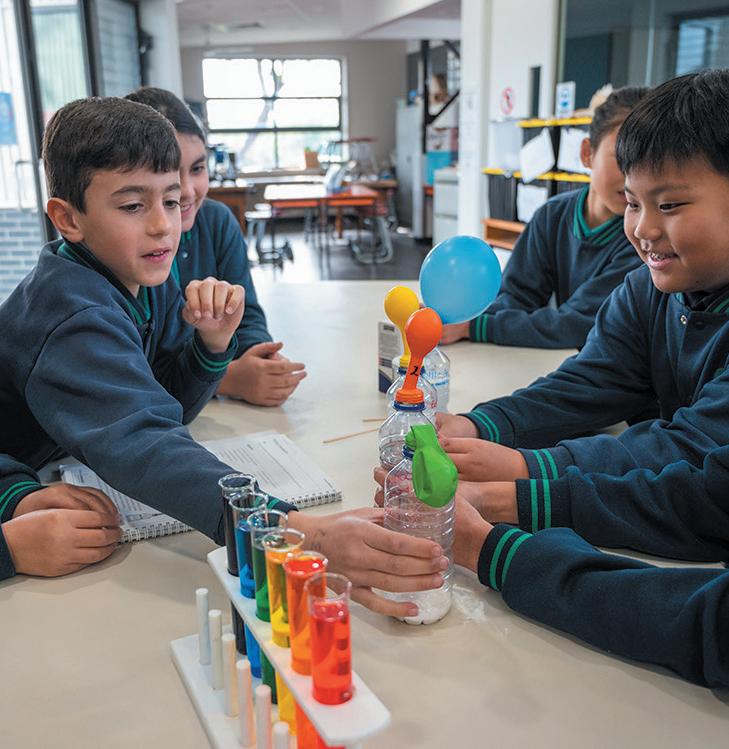
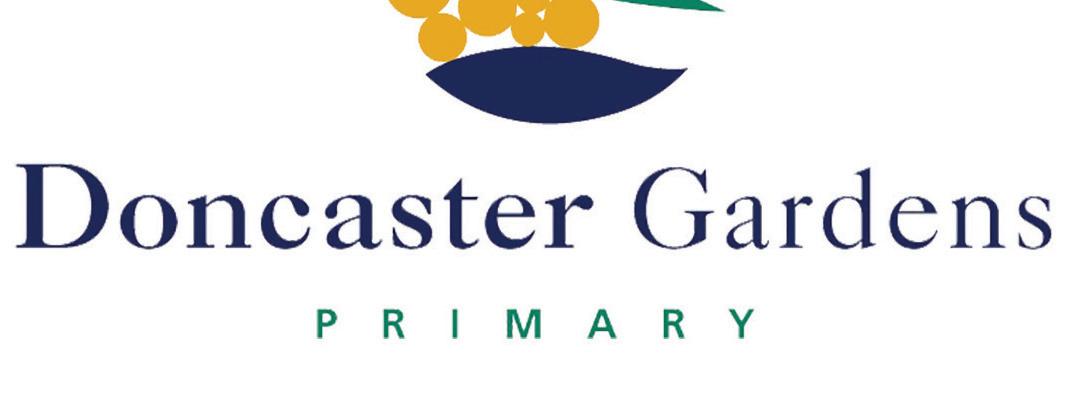

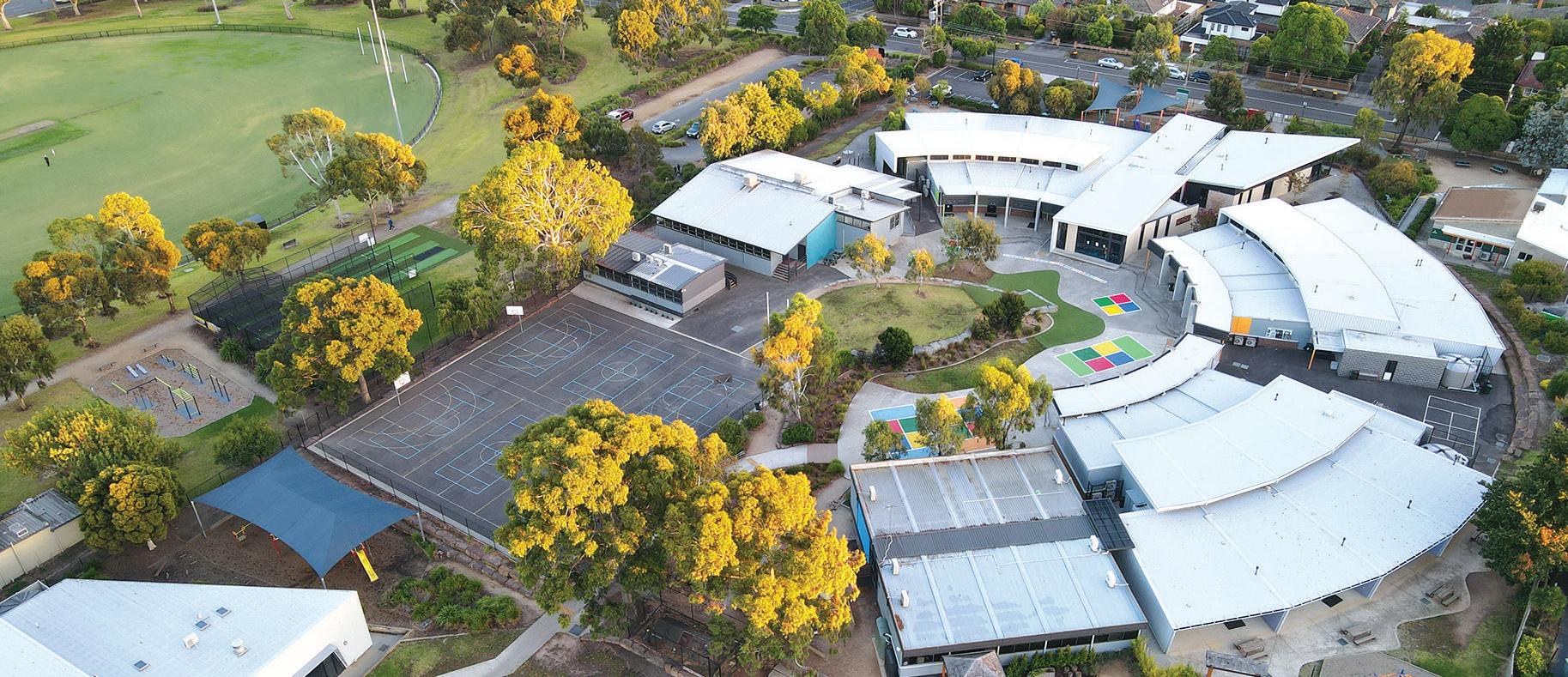 Principal George Perini
Principal George Perini
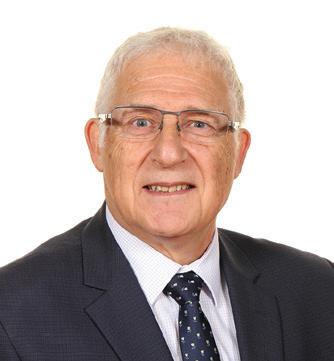


Essex Heights Primary School has a proud history of over 50 years in the Mount Waverley community. The diversity of students and families at our school provide us with a vibrancy derived from embracing our community. We place great value in working in partnership with members of the community to provide a rich and engaging learning environment that will prepare our students to confidently embrace the wonderful opportunities in our society.
At Essex Heights we place a strong emphasis on the development of each student’s learning potential through challenge, reflection, and optimal learning experiences. The whole community encourages high expectations, innovation and a curriculum, differentiated, to cater for the needs of all children. The school engenders a culture of connectedness and creativity.
Our key strategic priorities are Literacy, Numeracy, as well as Student Engagement and Wellbeing. In addition, we have engaged leading world consultants to work with our teams to develop best practice curriculum. Essex Heights also has very close links with Deakin University and has been part of several STEM related school-based projects.
Our school has an extensive Music program. The classroom music program is designed to engage students and develop a lifelong passion for music. Children are encouraged to sing and to learn music theory. Children perform in year level choirs. In addition, the school has an extensive instrumental music program which caters for all children who would like to learn a musical instrument and play in a band or ensemble.
Through our ‘School Values’ of friendliness, honesty, inclusiveness, persistence and respect, children develop positive attitudes and acquire the necessary skills to equip them for their future. The welfare of our students is a high priority, as we believe students learn best when they feel safe and secure in a stimulating learning environment. The school has also developed an innovative program (ArtSEL) to prepare our students to be confident and self-aware. It is aligned with the Victorian Curriculum and allows children to achieve success in emotional management and academic pursuits.
In recent years the school is also very proud to have entered a partnership with The Resilience Project. This renowned and outstanding program builds upon ArtSEL and continues to teach the skills required to create resilient, confident and emotionally intelligent young adults. The children at our school have access to contemporary, well-resourced, and innovative learning spaces. These rooms, in addition to the well maintained and excellent outdoor environments, provide an ideal setting for learning both inside and outside of the classroom.
We welcome you to visit our school to learn more about how Essex Heights Primary School can best meet the needs of your child.

School tours for all interested families from Prep - Year 6 are available on Wednesday and Friday each week from 9.30am.
Appointments for tours and all other enquiries can be made by contacting our school office, between 9.30am and 2.30pm, Monday to Friday during school terms.
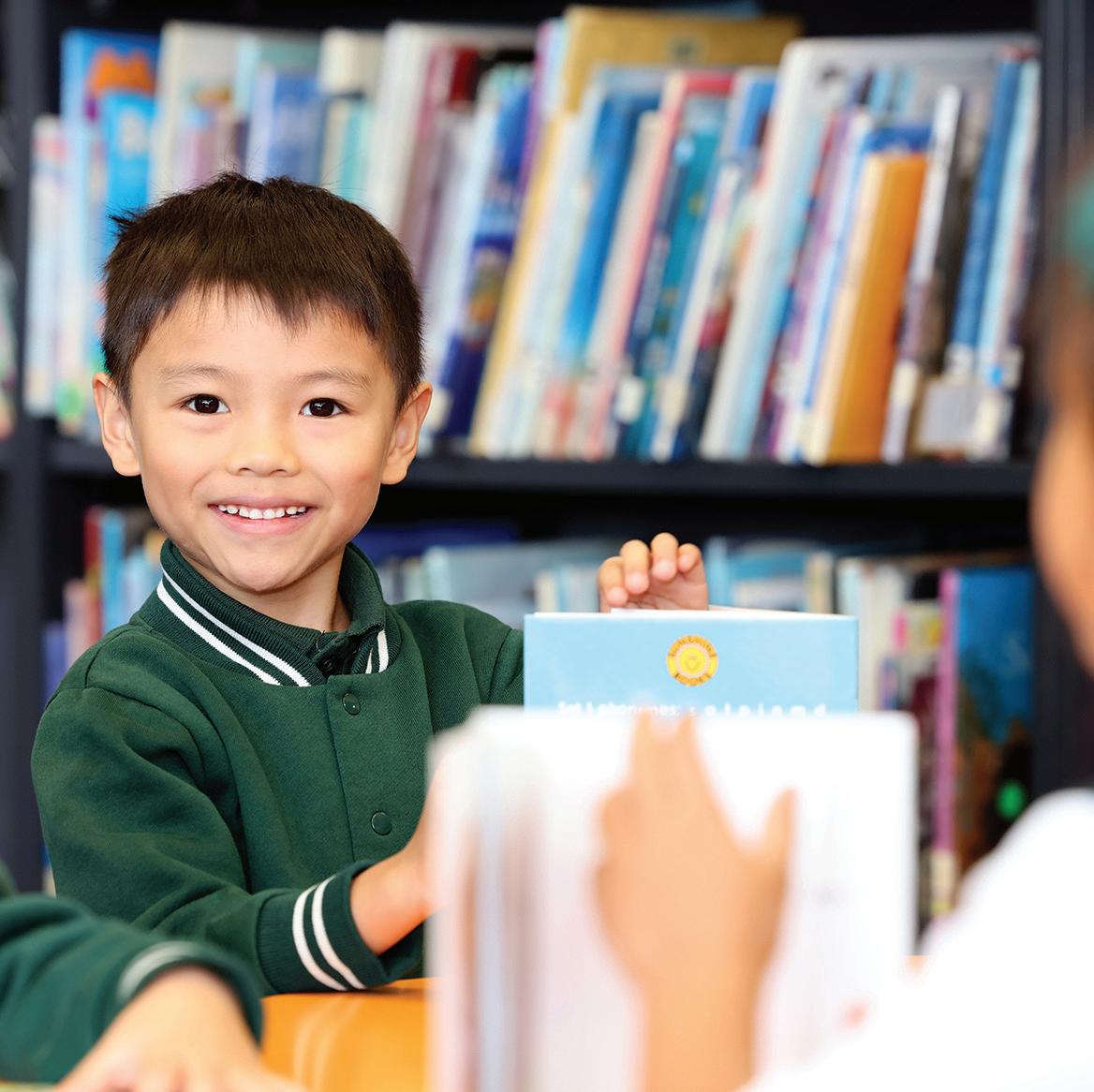
Prep Enrolment Applications accepted from Monday 15 April, 2024 and are due by Friday 26 July, 2024.
For families seeking Prep enrolment, ‘Transition to School’ information is available following submission of enrolment documents.
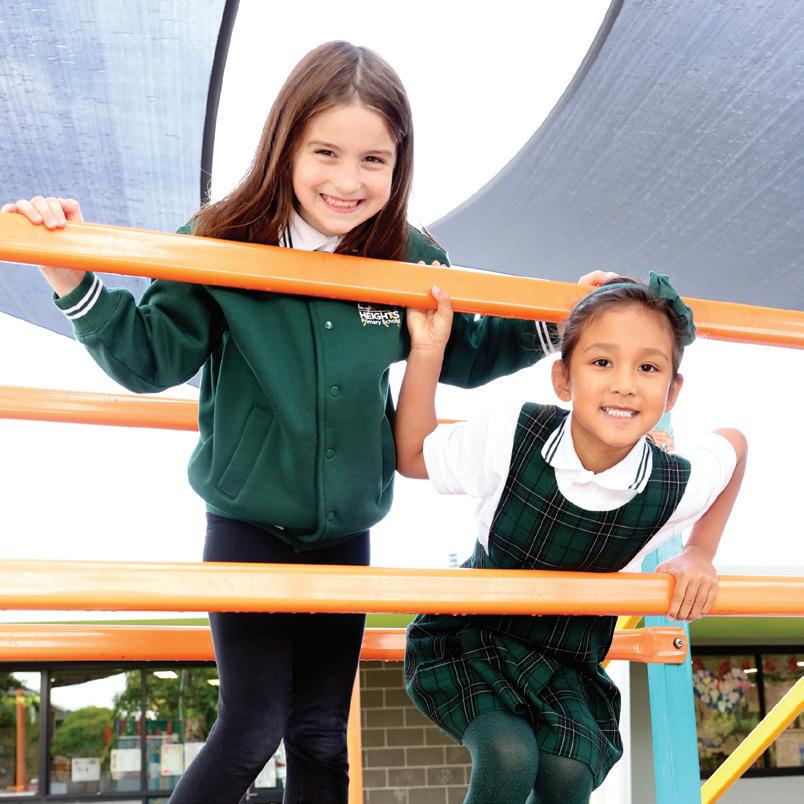
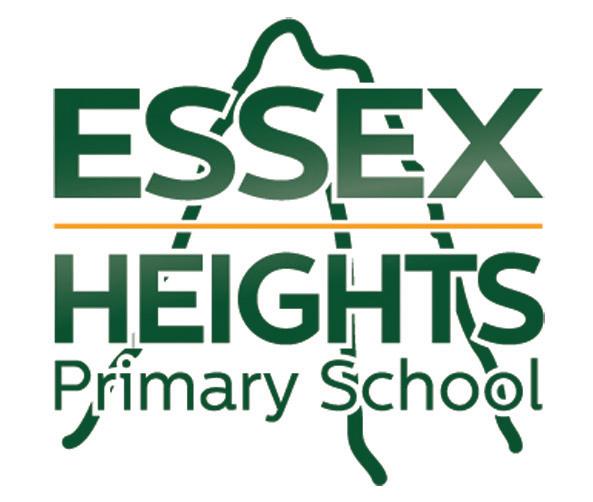
AS the principal of Frankston Primary, I take great pleasure in introducing you to our school. When you first walk into our school, you immediately feel the warm, welcoming feel that is Frankston Primary School. We celebrate the diversity within our school community, and are a close-knit, connected and inclusive school community, focused on positive, caring and supportive relationships.
We place high importance on fostering whole school positive relationships, and believe this is fundamental for developing our highly supportive classroom environments, building positive student relationships and fostering happy, healthy and resilient students.
At Frankston Primary School, we strive for educational excellence. We emphasise high expectations, provided by a team of teachers committed to high quality instruction and catering for each individual students’ learning needs – focusing on the academic, social and emotional needs of every student.
Our students enjoy participating in a wide variety of learning programs, including specialist environmental science/STEM, visual arts, performing arts, physical education and our new Auslan Language classes. Students also have the opportunity to become involved in a number of extra-curricular programs, including our much loved school choir, school camps 3 – 6 (including a 5/6 Urban Camp, aerobic team and Snow Camp. Our Whole School Production and Christmas concert are also a school highlight. Our students enjoy active sports participation including 5/6 interschool sport, regional and district sport competitions 3 – 6 and P – 6 swimming.
Our grounds are bright and vibrant and offer a semi-rural feel to the many outdoor spaces. Our students enjoy the active and passive play areas that inter-twine and connect our students together in the outdoors.
We encourage strong connections with our parents, carers and wider community as key partners in your child’s learning, and welcome participation and involvement right throughout your child’s schooling years with us.
Our school values are – Community, Aspire Positivity, Respect, Resilience, Empathy and Inclusion –through these values we care for, unite,
Students also have the opportunity to become involved in a number of extra-curricular programs, including our much loved school choir, school camps 3 – 6 (including a 5/6 Urban Camp, aerobic team and Snow Camp.
work and connect together; we achieve through commitment, focus and positive mind-set; we reflect resilience through difficulties and challenges; we develop friendships through respect, trust and understanding; and we foster within ourselves self-management, empathy, pride in self and personal identity within an inclusive and supportive school community.
At Frankston Primary School we strive to maximise opportunities for all students – placing our students in the best possible position for their future.
We are looking forward to seeing you soon at Frankton Primary School!
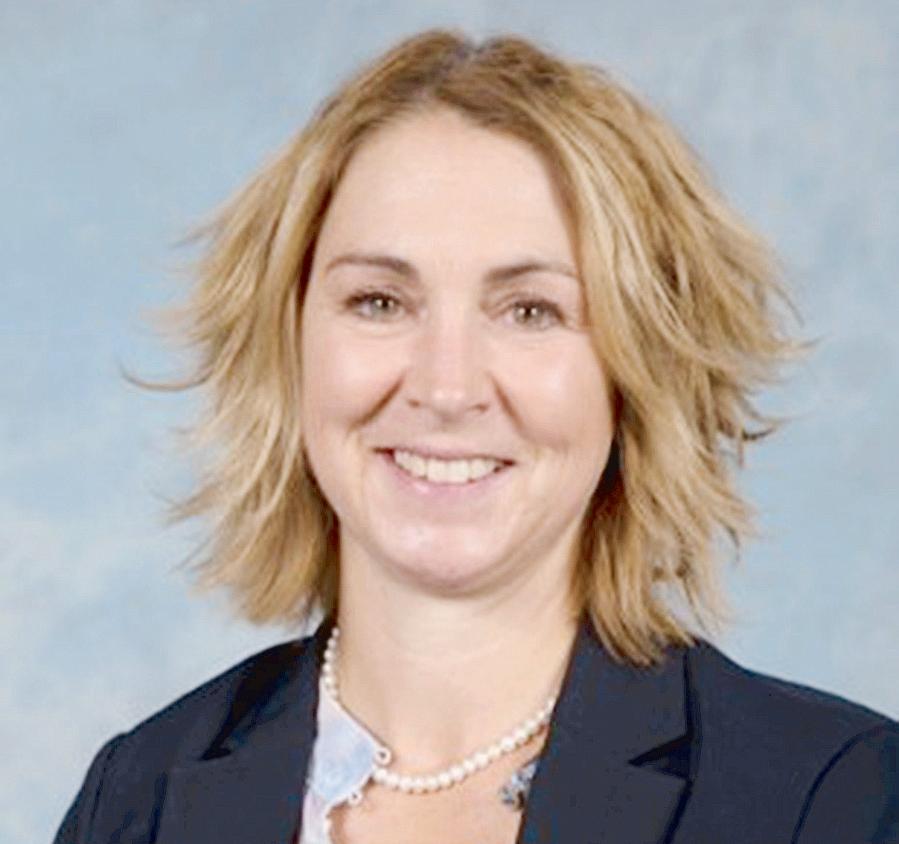









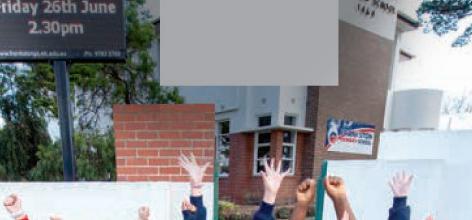
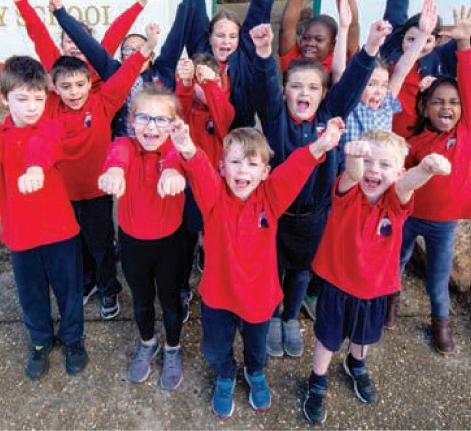
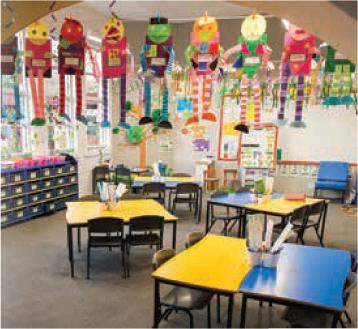
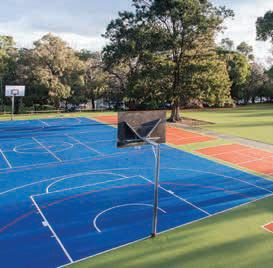
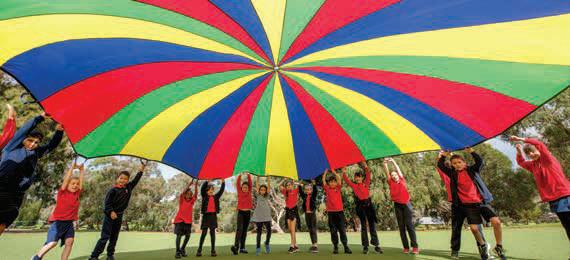
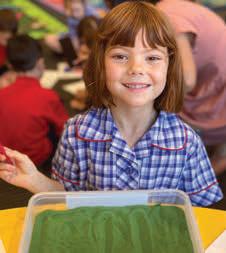
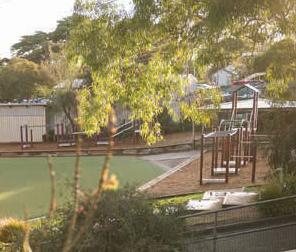
GLENDAL Primary School maintains a longstanding reputation for excellence and stands out as an exemplary choice for parents seeking an enriching and holistic education for their children. I take great pride in our students’ achievements which include a wide range of extra-curriculum areas including Chess, Robotics, Sports, Music, and Dance. Additionally, our school consistently ranks among the top educational institutions in the region. We place a strong emphasis on fostering a love for learning, creating an environment where students are encouraged to explore their potential and develop critical thinking skills. Empowering children in their learning has been a priority, supporting our belief that motivated and engaged students, who are responsible for their own choices and learning, will improve their achievement and wellbeing.
One of our key strengths is our dedicated and experienced staff. The teaching staff is not only highly qualified but also deeply passionate about nurturing young minds. Importantly, our culture of ongoing professional learning has underpinned the development in teaching and learning throughout the school. Differentiation of student learning, namely catering for a wide range of student interests and abilities, is embedded throughout our school as a result of teacher professional learning and through formalised programs to support, intervene and extend students at their point of need. Innovative teaching methods, coupled with a comprehensive curriculum, ensure that students receive a wellrounded education that includes The Arts, Physical
Education, a strong focus on literacy and wholeschool STEM (Science, Technology, Engineering and Mathematics) programs.
Furthermore, Glendal Primary School prides itself on maintaining a safe and inclusive environment. The school prioritizes the well-being of every student, fostering a supportive community where children feel valued and respected. Our comprehensive Student Wellbeing program focuses on the value of Respect, underpinned by the qualities of Responsibility, Teamwork, Resilience, Community and Creativity. We also take pride in our Health Centre where our school nurse takes a very proactive role in managing student allergies, health issues and First Aid and we all promote healthy eating habits.
Our school is very well supported by our parent community and we work in partnership with our families to promote the educational growth, health and wellbeing of our students. Our annual Twilight Picnic, organised by our Glendal Parent Group, is held in early March and is a very popular community event. The Picnic is a wonderful opportunity for families to see students performing and meet other families and staff.
Our website, www.glendalps.vic.edu.au is filled with more detailed information about our school, or, come and see for yourself on one of our school tours which start at the school office at 9.30 am each Tuesday during term time.
Deborah Grossek, Principal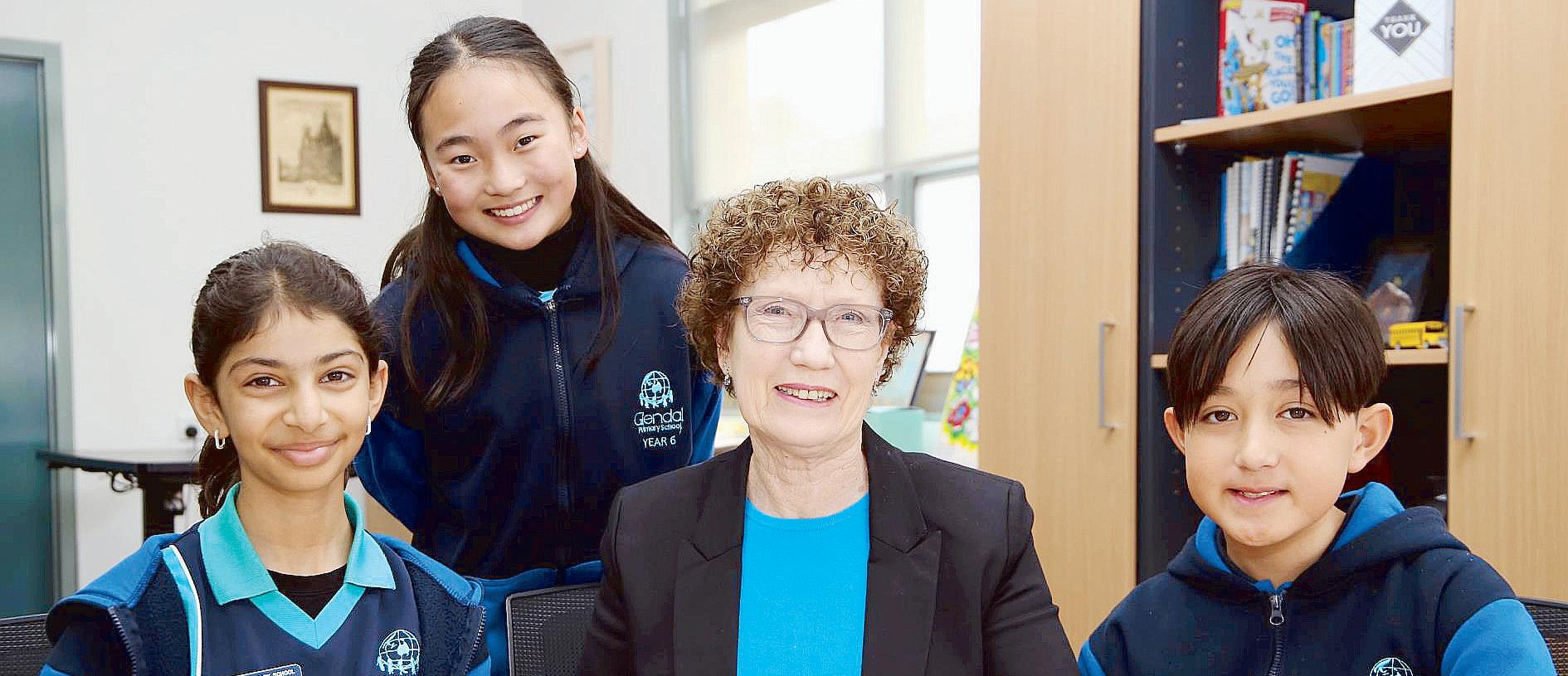
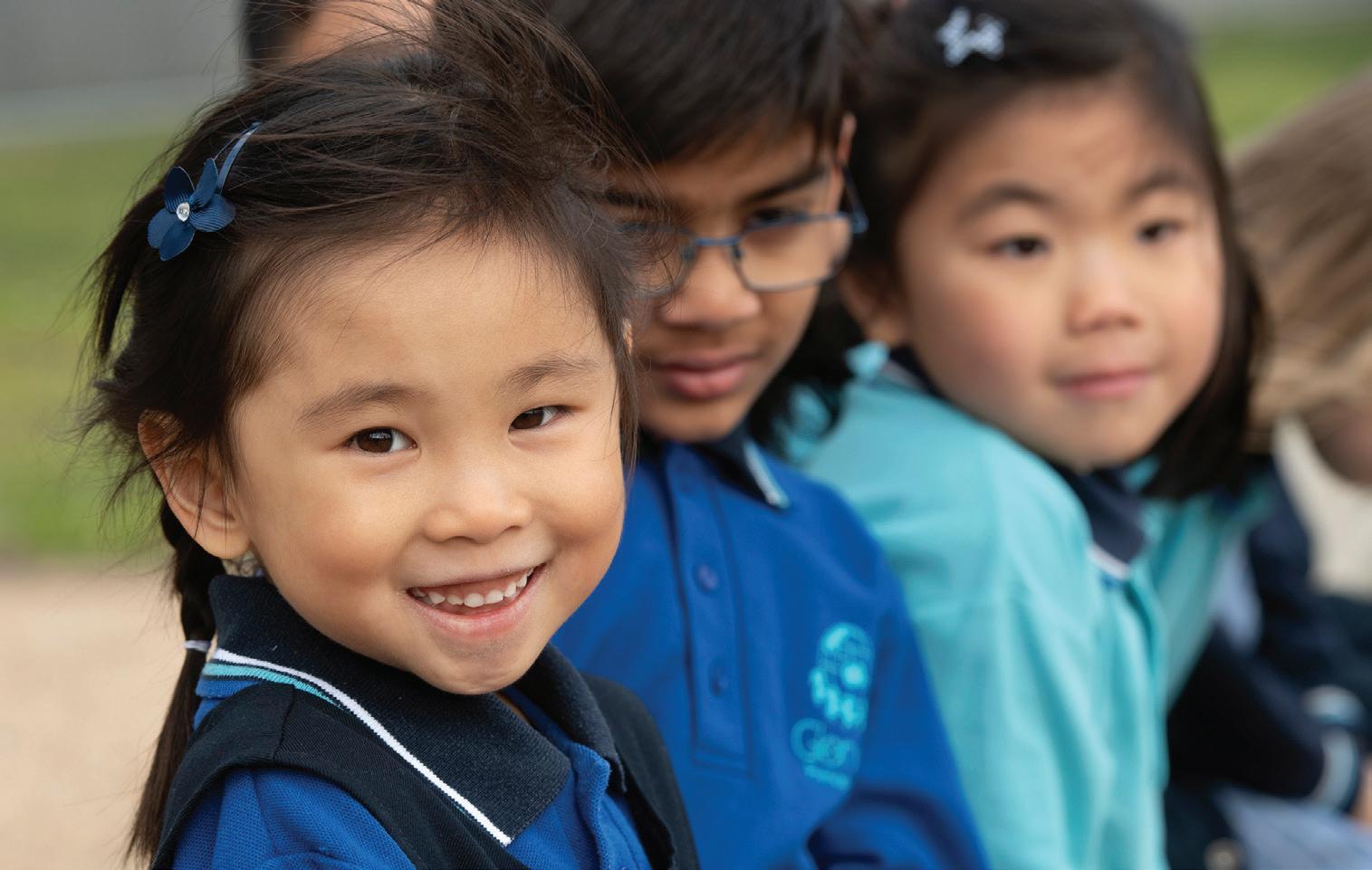
Glendal Primary offers:
• Dedicated, professional high quality staff
• State-of-the-art Robotics and Science Facilities
• Language programs in Mandarin and French
• Opportunities and excellence in learning
• Environment and sustainability program
• Happy children who are learning successfully
Children flourish and learn at Glendal
Please see our website for a virtual school tour
School tours are held on-site at 9:30am, Tuesdays, during school terms.
Principal:
Deborah Grossek
Address: 55 Nottingham Street
Phone: 03 9803 1330
Email: glendal.ps@education.vic.gov.au
Glen Waverley VIC 3150 Website: glendalps.vic.edu.au
12567401-AV13-23
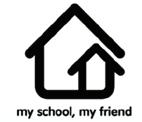
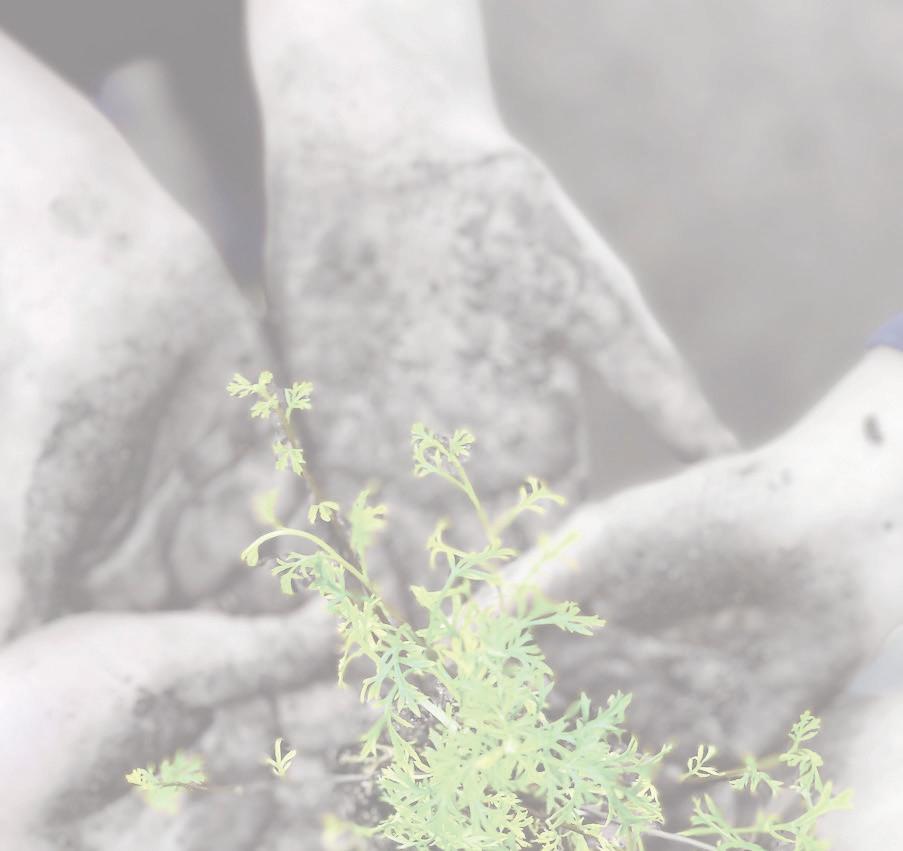

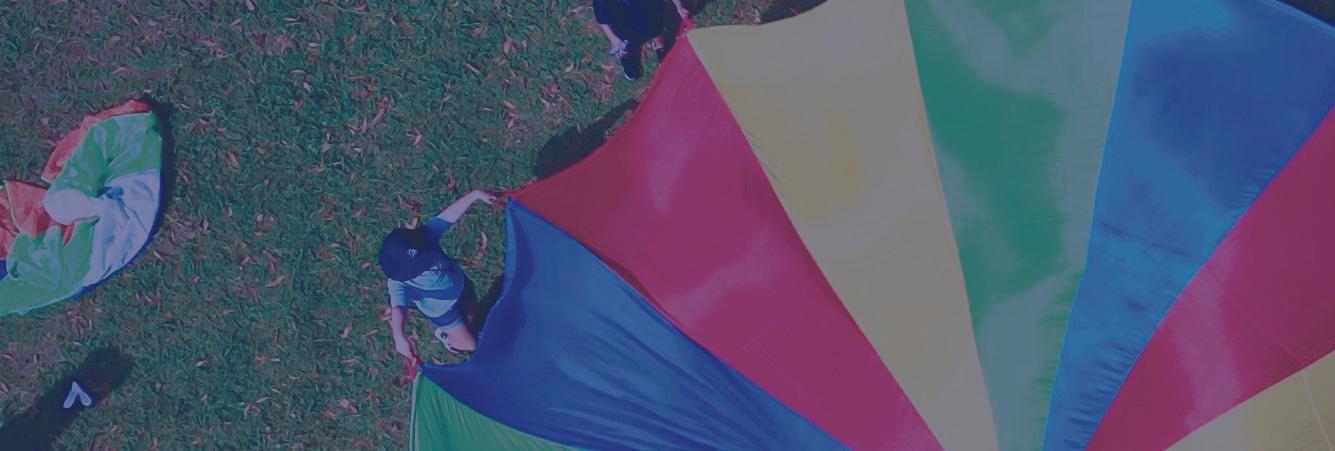

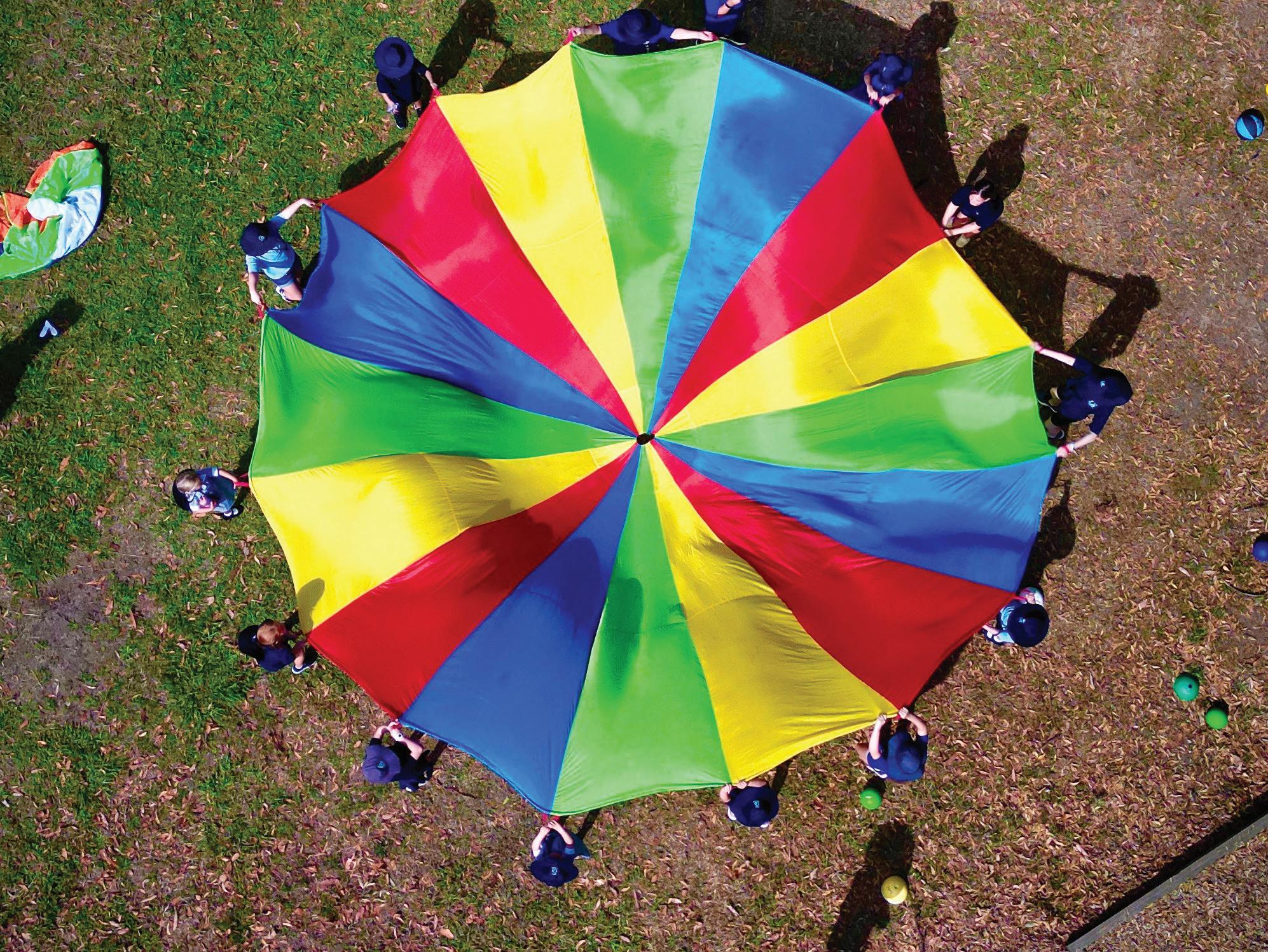
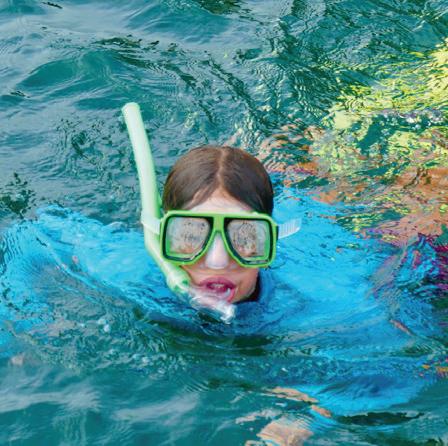
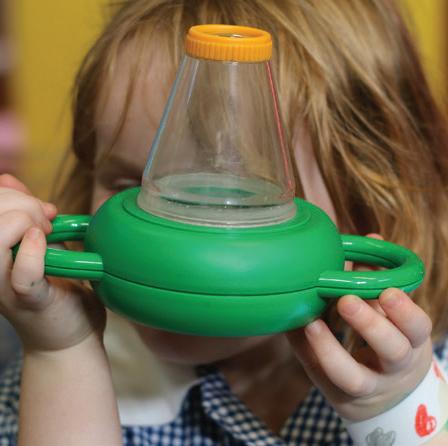
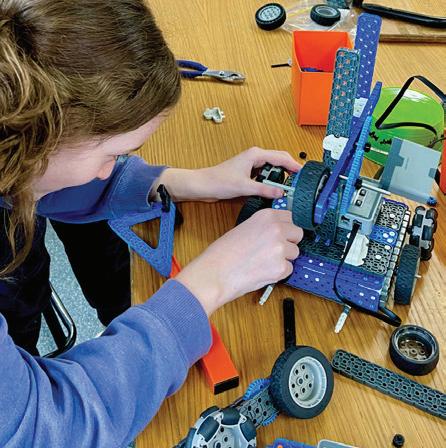

THE integration of artificial intelligence (AI) into various facets of our lives has been nothing short of transformative, and the realm of education is no exception. From K-12 schools to higher education institutions, students are increasingly exposed to AI-powered tools and technologies that are reshaping the way they learn, engage with content, and interact with their educational environments. This article delves into the multifaceted use of AI by students at school, exploring its benefits, challenges, and the potential it holds for shaping the future of education.
One of the key advantages of incorporating AI into education is its ability to facilitate personalised learning experiences. Traditional classrooms often struggle to cater to the diverse needs and learning paces of individual students. AI, however, can analyse each student’s learning patterns, strengths, and areas for improvement to tailor educational content accordingly. Adaptive learning platforms use data-driven insights to present students with appropriate challenges and resources, helping them progress at their own pace while ensuring a deeper understanding of the material.
AI-driven platforms offer students access to a wealth of educational resources, making the learning process more efficient and engaging. Virtual tutors and intelligent chatbots are on the rise, providing instant help and explanations for complex concepts. These AI-driven tools enable students to seek clarification and assistance at any time, eliminating the need to wait for teachers or peer support. Consequently, students become more independent learners, honing their problem-solving skills and fostering a sense of empowerment in their academic journeys.
The time-consuming task of grading assignments and assessments has long been a challenge for educators. AI-powered grading systems, equipped with natural language processing capabilities, can provide automated and consistent evaluation of essays, quizzes, and assignments. This not only saves teachers time but also ensures objective
These AI-driven tools enable students to seek clarification and assistance at any time, eliminating the need to wait for teachers or peer support.
and unbiased grading, allowing educators to focus on providing meaningful feedback and support to students. Furthermore, AI can analyse assessment data to identify learning trends, helping educators refine their teaching strategies for better outcomes.
AI’s ability to analyse large volumes of data has led to a revolution in educational analytics. Schools can now gather and analyse data related to students’ performance, attendance, engagement, and more. These insights provide educators with a deeper understanding of individual and collective learning patterns, enabling timely interventions for struggling students and the identification of effective teaching methods. Additionally, these datadriven insights can help schools make informed decisions about curriculum development, resource allocation, and overall educational strategies.
AI’s integration with virtual reality (VR) and augmented reality (AR) has opened up new avenues for immersive learning experiences. Students can step into historically significant events, explore complex scientific concepts, or travel through the human body-all through interactive virtual environments. AI algorithms enhance these experiences by adjusting the level of difficulty, guiding students through challenges, and providing real-time feedback. Immersive learning not only makes education more engaging but also deepens understanding by offering experiential learning opportunities.
While the benefits of AI in education are undeniable, there are ethical and social considerations that must be addressed. The collection and analysis of student data raise concerns about privacy and data security. Schools must ensure that data is handled responsibly and transparently, with clear policies in place to protect student information. Moreover, the potential for AI to perpetuate biases present in training data raises questions about fairness and equity in education. Vigilance is required to prevent AI from inadvertently reinforcing existing educational inequalities.
The introduction of AI in education does not diminish the role of teachers; rather, it redefines it. Teachers become facilitators of learning, guiding students in navigating the AI-enhanced educational landscape. With administrative tasks like grading automated, teachers can allocate more time to one-on-one interactions, mentorship, and addressing students’ individual needs. This reimagined teacher-student dynamic fosters a more collaborative and personalised educational experience.
In an era characterised by rapid technological advancements, students need skills that will prepare them for an evolving job market. The use of AI in education equips students with digital literacy, critical thinking, and problemsolving skills-qualities essential for success in the 21st century. By engaging with AI-powered tools and technologies, students not only learn subject-specific content but also develop the ability to adapt to new technologies and innovate in diverse fields.
The use of AI by students at school marks a pivotal moment in the evolution of education. From personalised learning experiences to efficient content delivery, AI is revolutionising the way students engage with educational content and their learning environments. However, the responsible integration of AI requires a balance between technological advancement and ethical considerations. By embracing AI’s potential while addressing its challenges, educators can empower students to thrive in a rapidly changing world, fostering a generation of lifelong learners equipped with the skills needed to shape the future.

Knox Shopping Centre, Knox Central Primary School is a small school with a big heart that inspires curiosity and creativity in our students. We offer an engaging and caring learning environment for children from Foundation to Grade Six. Joining a school is a major milestone in your child’s life, and in your family’s too, and we look forward to warmly welcoming you into our school community.
Our school offers a vibrant and challenging curriculum, with extremely high standards and a focus upon achieving the learning goals of each individual child. We ensure that all students are supported, challenged and encouraged to be their best, by designing and providing targeted, differentiated learning programs.
Knox Central Primary School students achieve exceptional academic results, and our focus as a school is on ‘learning growth’; which can be



least 12 months of curriculum growth for each year of schooling. At Knox Central Primary School, we are small school, which go far beyond the realms of just academic achievement. Small schools present unique opportunities for social emotional growth, relationship building and high expectations both in and out of the classroom. Arrange a personal tour of the school with our principal Lisa Burt, by calling her directly at lisa.burt@education.vic. gov.au. You will experience the warm, nurturing feel of Knox Central and visit our spacious classrooms, STEM lab, gym, library and green screen studio, sensory garden and large play areas. We look forward to sharing our school with you.
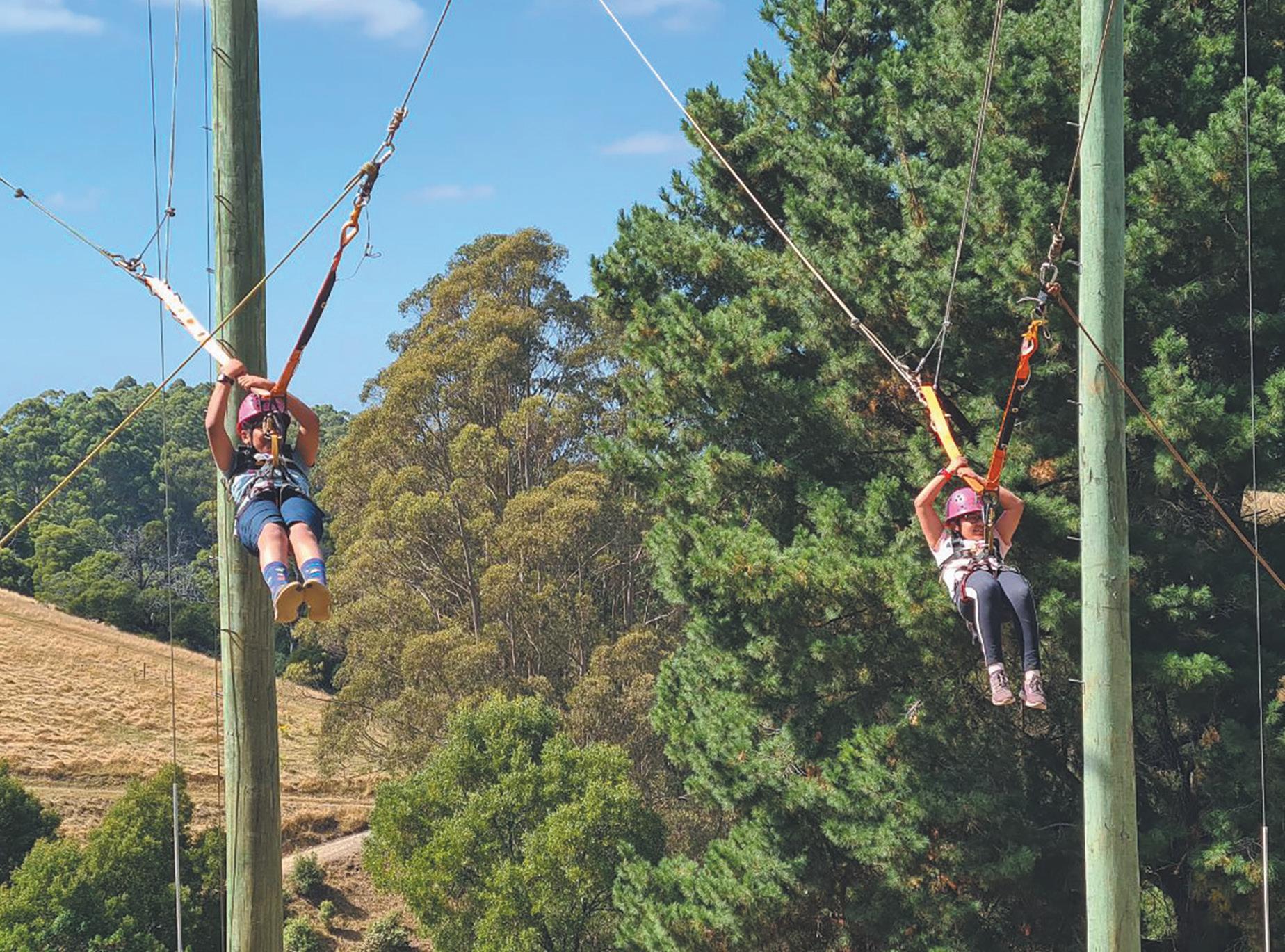












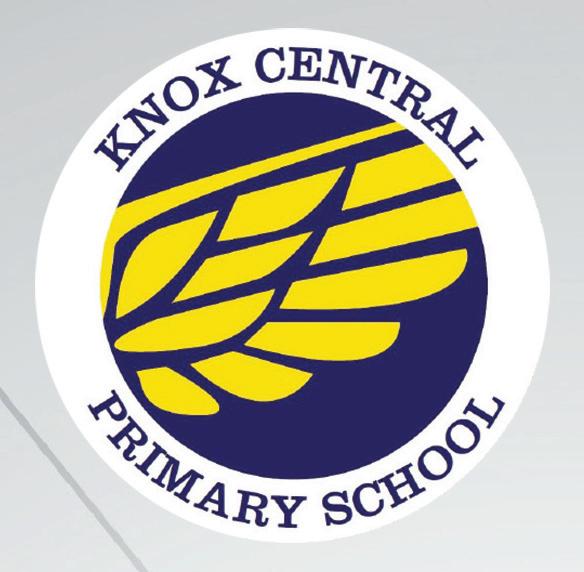

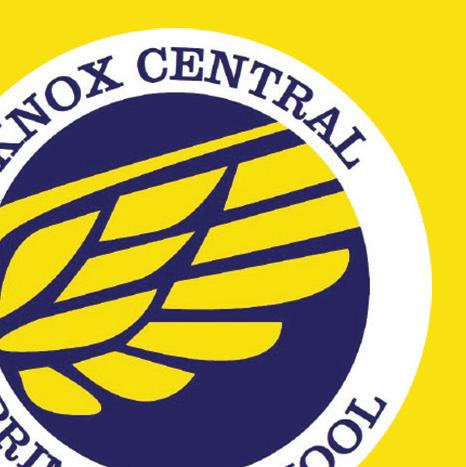

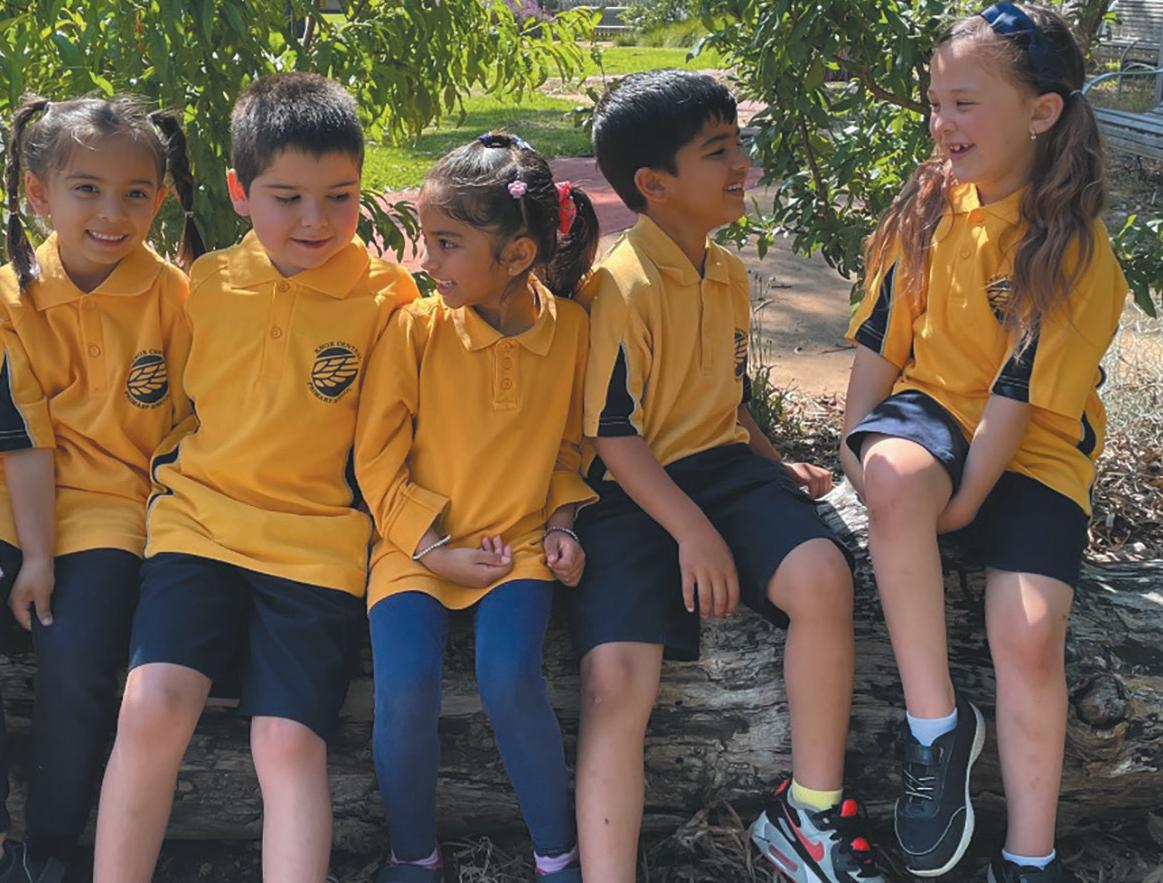
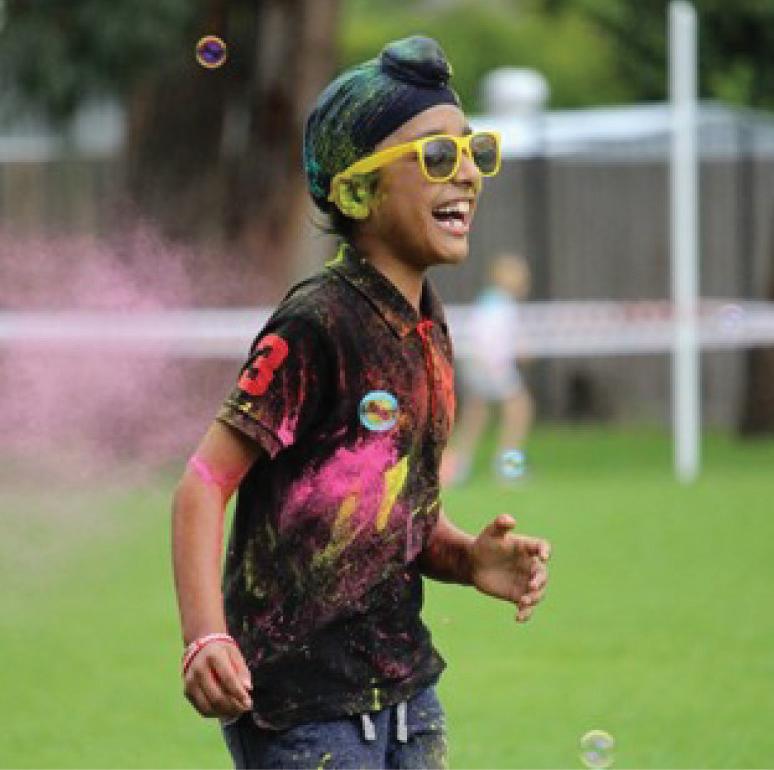
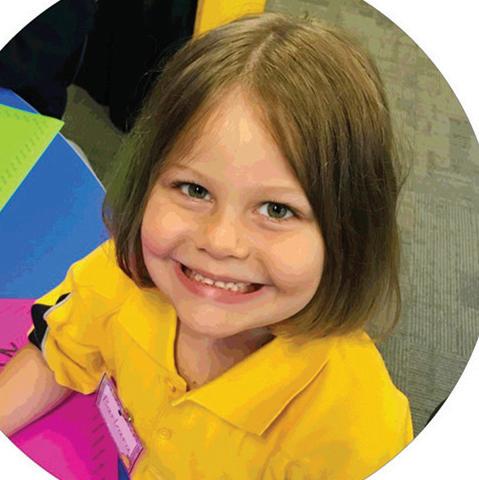



MILGATE Primary School is a warm and friendly school community, located in East Doncaster. Enjoying a rich multicultural community, Milgate’s school wide teaching philosophy is founded upon a commitment to empower students to ensure they will succeed as responsible global citizens and independent self-learners within today’s rapidly changing world - socially, emotionally, physically and academically.
As an accredited International Baccalaureate School offering the Primary Years Program, we provide a dynamic, inclusive learning environment that challenges students to become inquirers, thinkers and caring young people who are able to interact in the global society with respect and intercultural understanding.
Social and emotional learning is embedded across the curriculum and through partnerships with the school, parents and wider community developing student self-awareness, empathy and relationship skills as well as a sense of community and belonging.
At Milgate Primary School we have an extensive Transition Program that prepares our Foundation students for school. In addition to numeracy and literacy, we run a discovery play-based program which involves choice, promotes agency and provides opportunities for students to inquire into important concepts and personal interests. We use the environment as the third teacher and through our different learning spaces students can investigate, problem solve, create and represent their learning in a variety of ways.
Situated within the peaceful and leafy Milgate Park Estate in East Doncaster, Milgate PS offers outstanding grounds and classrooms equipped with modern technology to support 21st century learners.
Our commitment to maintaining our facilities is evident when you enter our school grounds. We take great pride in our school as we feel it represents the hard work and commitment of our learning community.
New playgrounds and shade areas, landscaping and garden spaces have been created to provide outstanding facilities for all our community members. Our expansive grounds feature a
gymnasium, synthetic soccer pitch, oval, outdoor courts and a vegetable and sensory garden. Specialists
Our Specialist programs provide rich learning experiences for all students at Milgate Primary School. The Visual Arts and Performing Arts programs allow students to express themselves creatively and celebrate their learning with the wider community through the Art Show and School Musical. Our Phys Ed and Outdoor Education program introduces students to fundamental motor skills, and progressively develops skills in camping, adventure activities and social interaction. The Mandarin Language program develops students’ language awareness and skills in listening, speaking, reading and writing Mandarin.
Enrolments at Milgate Primary School are open now for students starting Foundation next year. Please see our website for enrolment forms and procedures. Our virtual tour is also be available to view on our website. We welcome enquiries by email or telephone if you have any queries about enrolling your child at Milgate.
E: milgate.ps@eduation.vic.gov.au
P: 9842 7744
W: milgateps.vic.edu.au
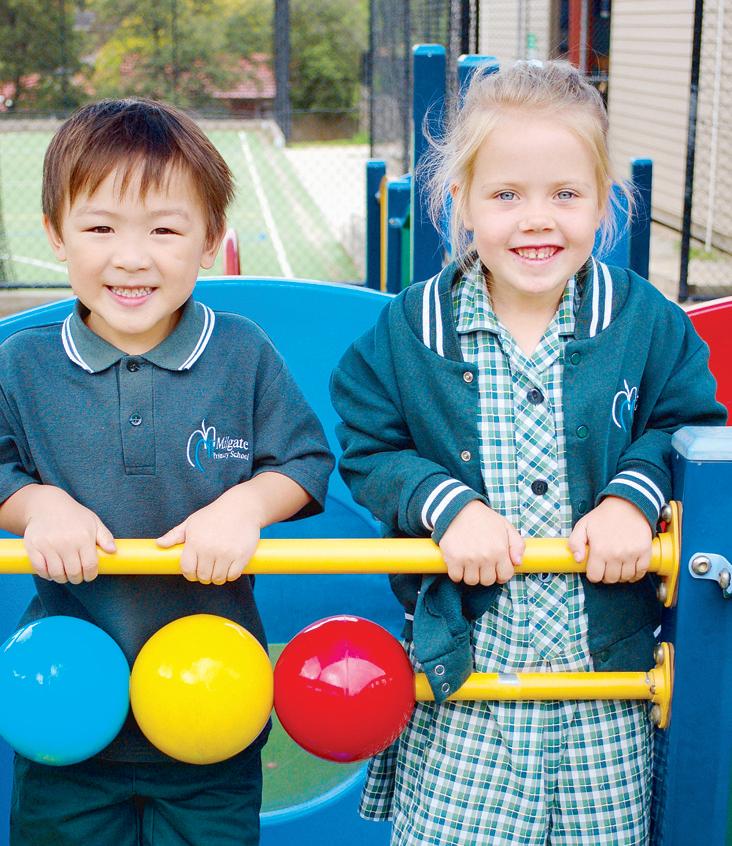
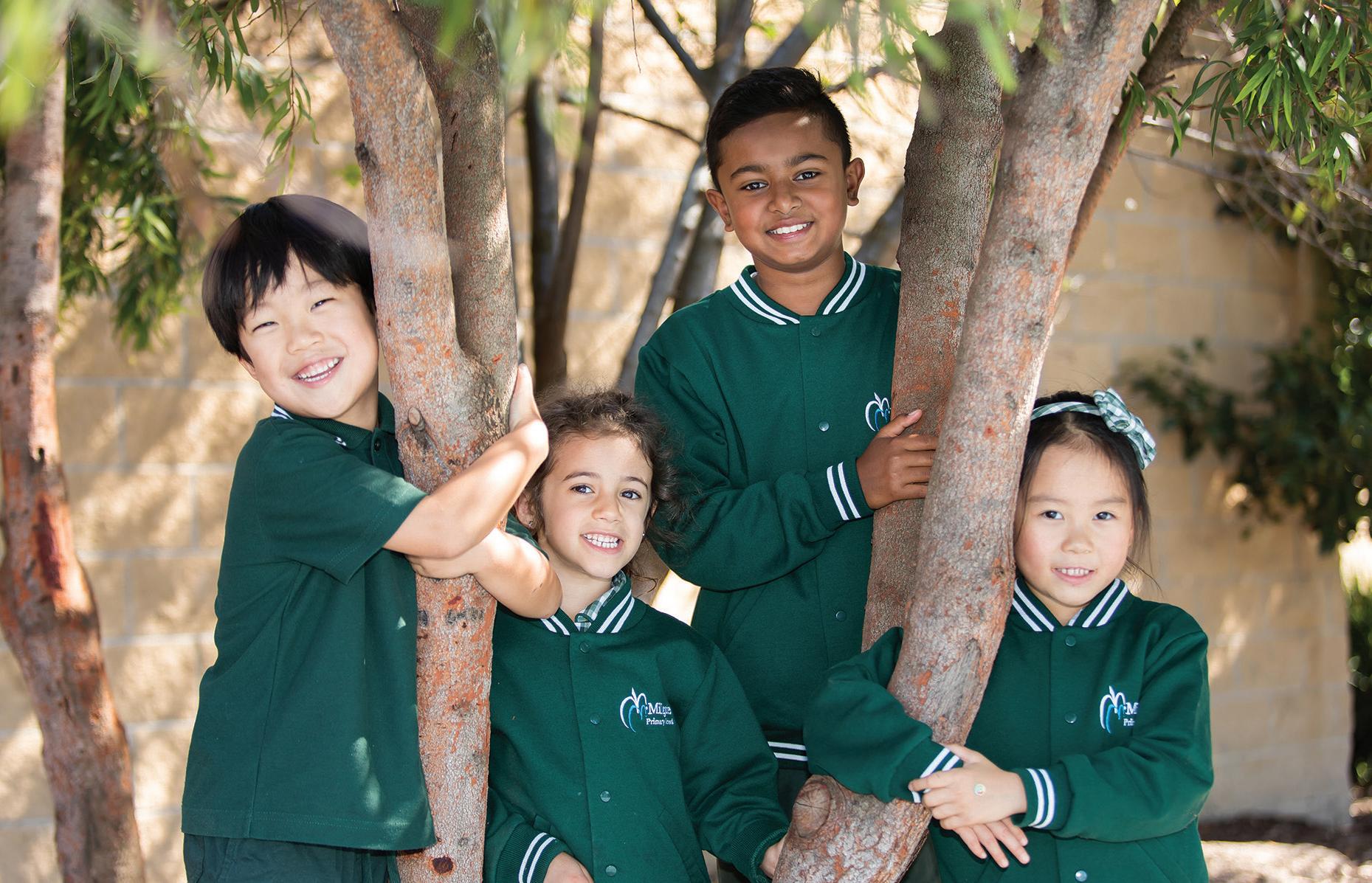
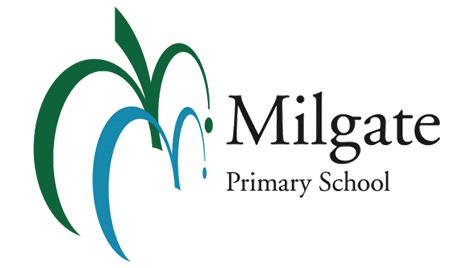
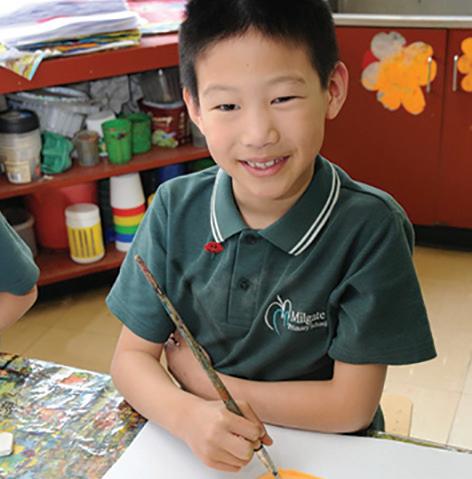
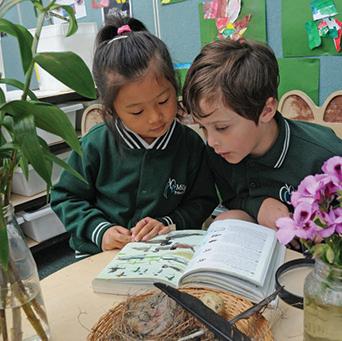

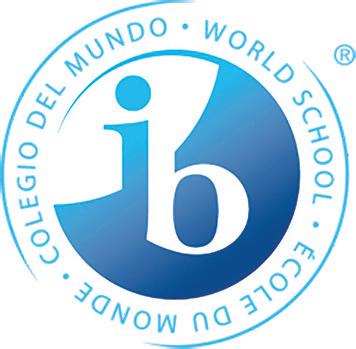


• Vision – Every child can achieve excellence.
• Values – Excellence, Respect, Responsibility, Resilience & Inclusiveness.
• At Parkmore Primary School, we aim to be an outstanding centre of learning, developing self-reliant students in an innovative and vibrant learning environment.
• We aim to ensure all our students have a strong sense of self and community whilst striving for excellence and maximising their potential.
• Structured and supported student leadership program promoting student voice and agency.
• Large sports program offering teams and clubs competing locally, at District, Region and State level competitions in Soccer, Football, Hockey, Volleyball, Netball, Basketball, Swimming, Athletics, Cross Country.
• State & National Championships level Sports Aerobics Squad.
• State & National Championships Future Problem-Solving teams.
• Gifted Education Pathway for students excelling in their academic studies and problem-solving ability.
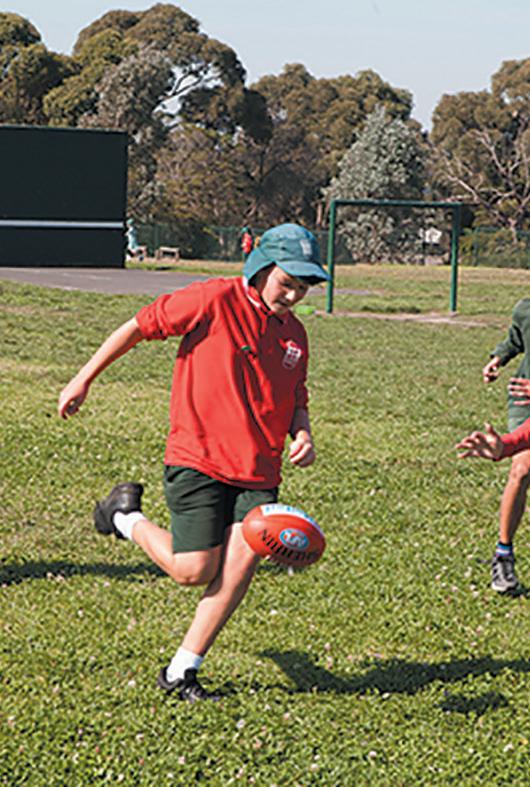
• Over 85% of students in Year 3 & Year 5 Exceeding NAPLAN in both Literacy & Numeracy.
• 100% Parent Satisfaction rating
• Strong home school partnerships with weekly assemblies open to families to attend and termly community events such as family picnics, community breakfasts, trivia night etc.
• Whole school annual Production and Arts showcase.
• The schools LOTE is AUSLAN supporting all our student’s literacy skills and our EAL children in their understanding of English.
• Specialist program offering Performing Arts (Music, Dance, Drama), Visual Arts, P.E, Sport & Health.
• Instrumental program offering keyboard, guitar, woodwind instruments and violin.
• Large co-curricular program offering: Choir, Ukelele, Minecraft, Lego, Soccer, Sport Aerobics, Art, Library, SRC.
• Science/STEM partnership with Deakin University.
• Annual Camp program.
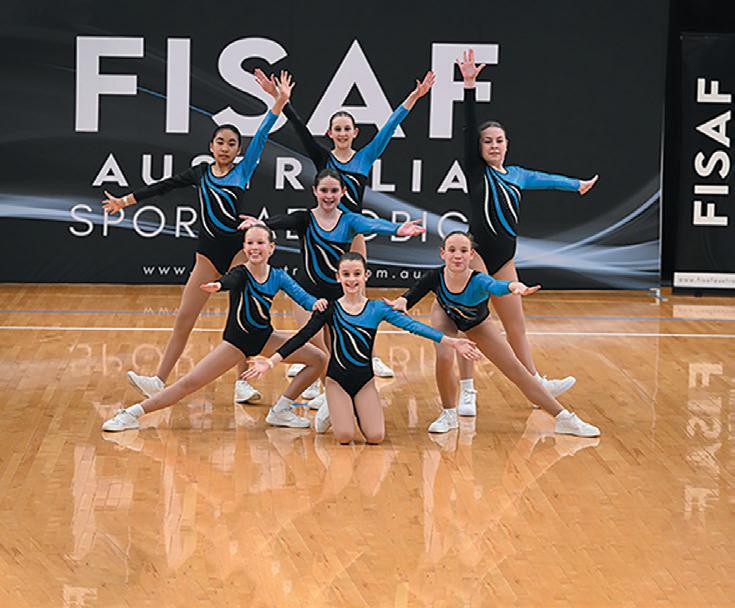
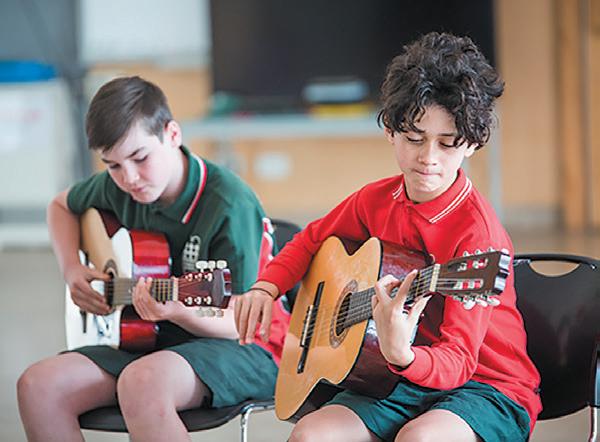
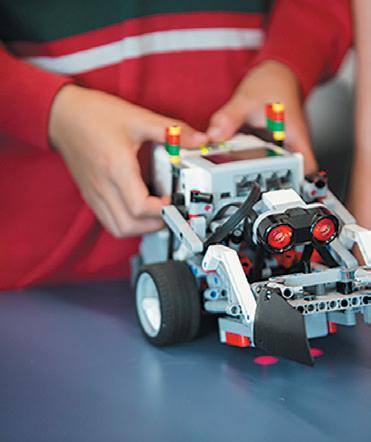
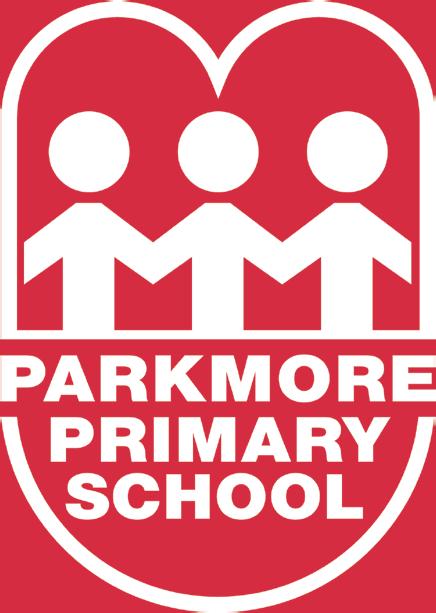
35-54 Jolimont Road, Forest Hill, 3131
just off Springvale Road between Canterbury Road and Burwood Highway 9878 5556
Parkmore Primary School
Parkmore.ps@education.vic.gov.au
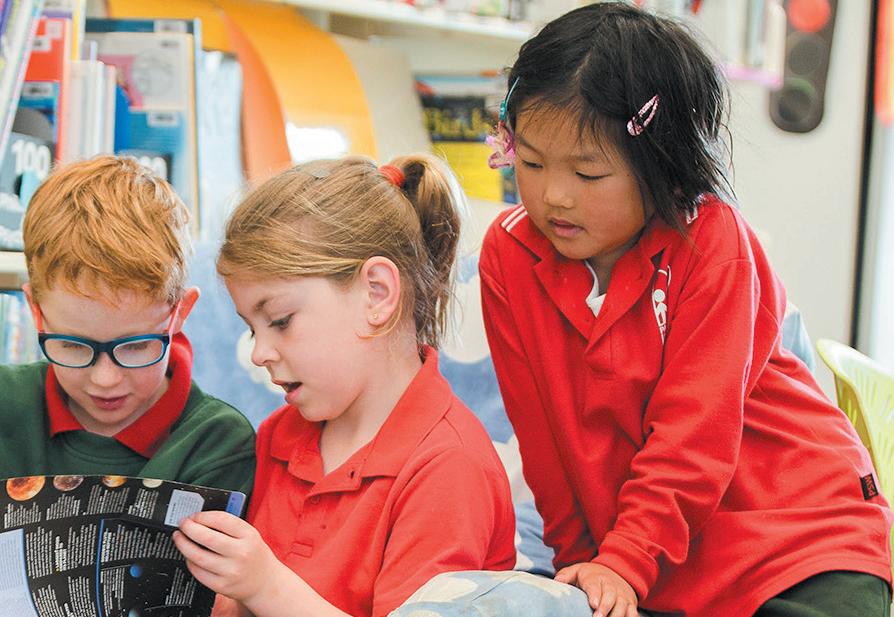
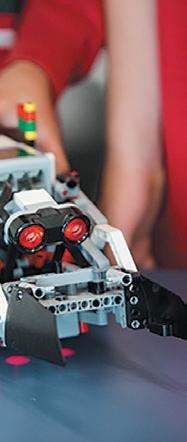
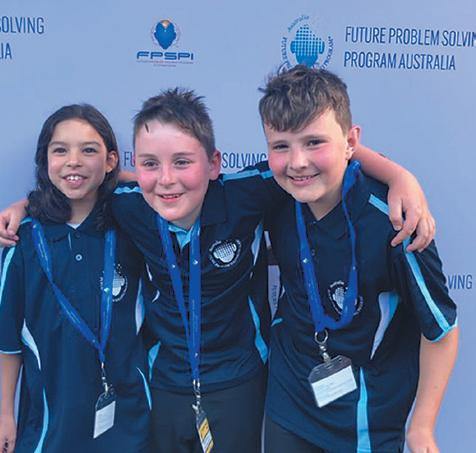
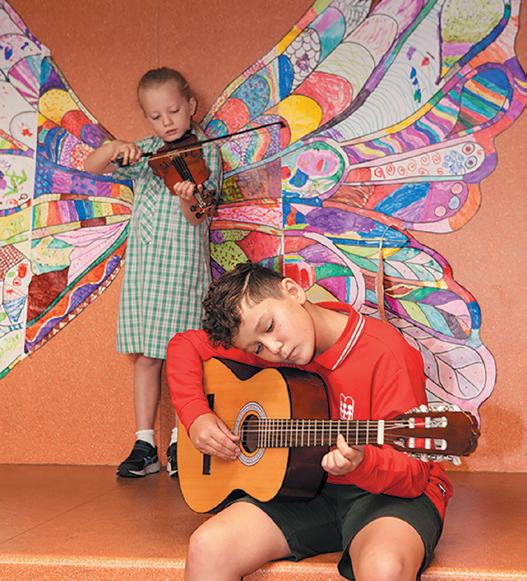
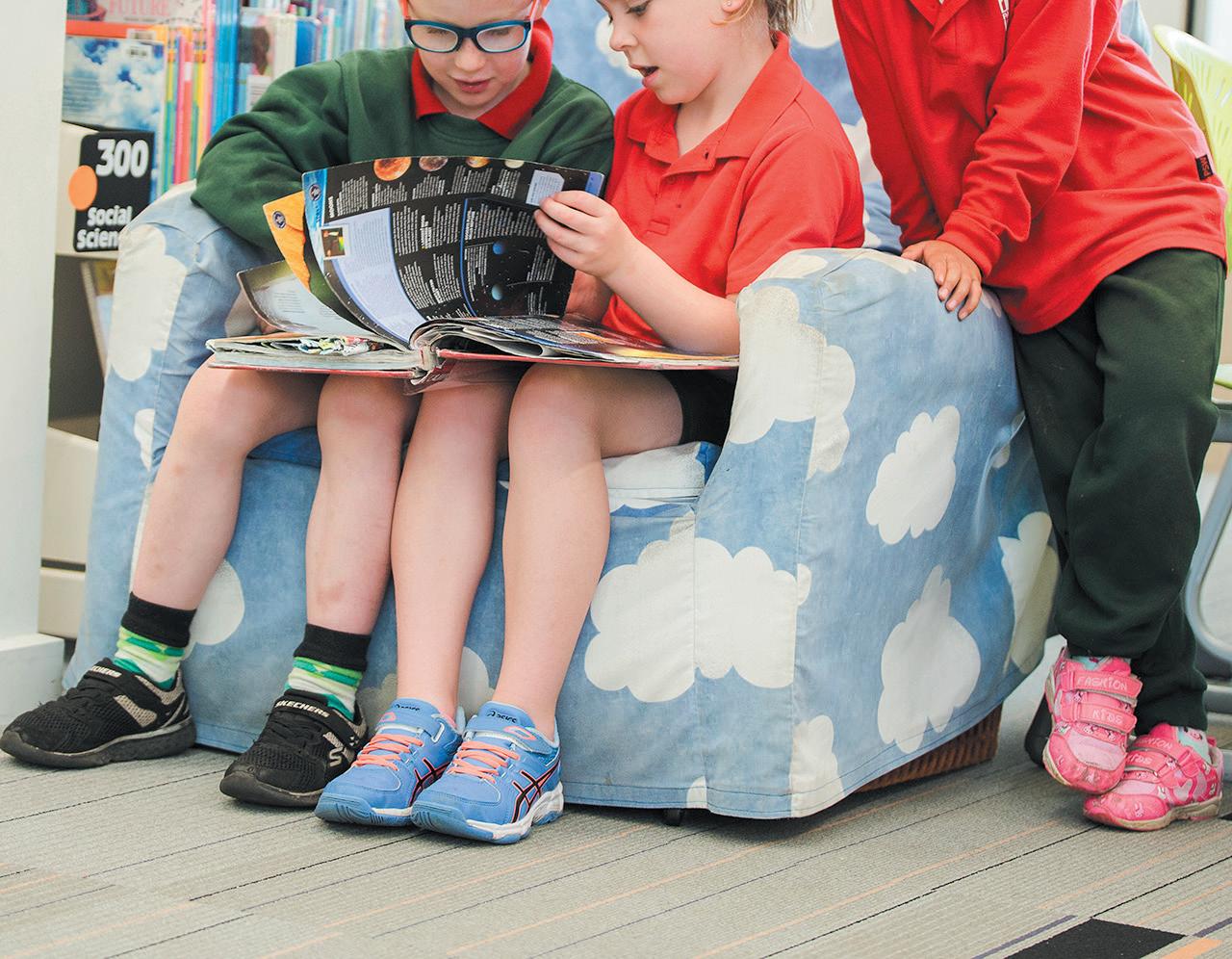
SYNDAL South Primary School is located within the City of Monash in Mount Waverley, in a leafy, park like setting. We sit in amongst the houses in a local neighbourhood. Many of our students come from families who speak a language other than English enriching the cultural diversity of the school.
At Syndal South Primary School we provide educational excellence through vibrant teaching and innovative learning programs in an affirming, secure and stimulating learning environment. We offer a cohesive and sequential program that reflects current research on how students best learn, developing all students’ capacity as learners through our commitment to quality teaching, personalised learning, and a differentiated curriculum.
Our curriculum is challenging and relevant and caters for the diverse abilities and needs within our learning community. We aim to develop in our students a love of learning, strong communication skills, the ability to be confident, responsible, creative, and critical thinkers and to be socially connected, independent and resilient. We celebrate a history of strong academic achievement. We provide specialist programs in Science, Art, Music, Physical Education, LOTE (Japanese).
In addition, we provide a varied range of enrichment opportunities, competitions, and programs to students of high potential and talent. Instrumental tuition is available. Design and technology and digital technologies are integrated purposefully, and continuous improvement of student and teacher learning is embedded in our school culture, demonstrated by learning that is meaningful and rigorous.
Extracurricular opportunities are offered in academic, performing arts, visual arts, and sport. All students are valued, and differences are accepted within an inclusive and supportive school environment; one which promotes selfesteem, collaboration, learner agency, and a strong student voice. Throughout the year, students participate in programs which practice and embed human values and encourage a sense of community and personal responsibility.
The school highly values education as a partnership of students, staff, parents, and the local and wider community. Parent participation in classrooms and extra-curricular activities is strongly encouraged and valued.
It is our ethos that every student has a successful, enriching, inspiring learning experience every day.
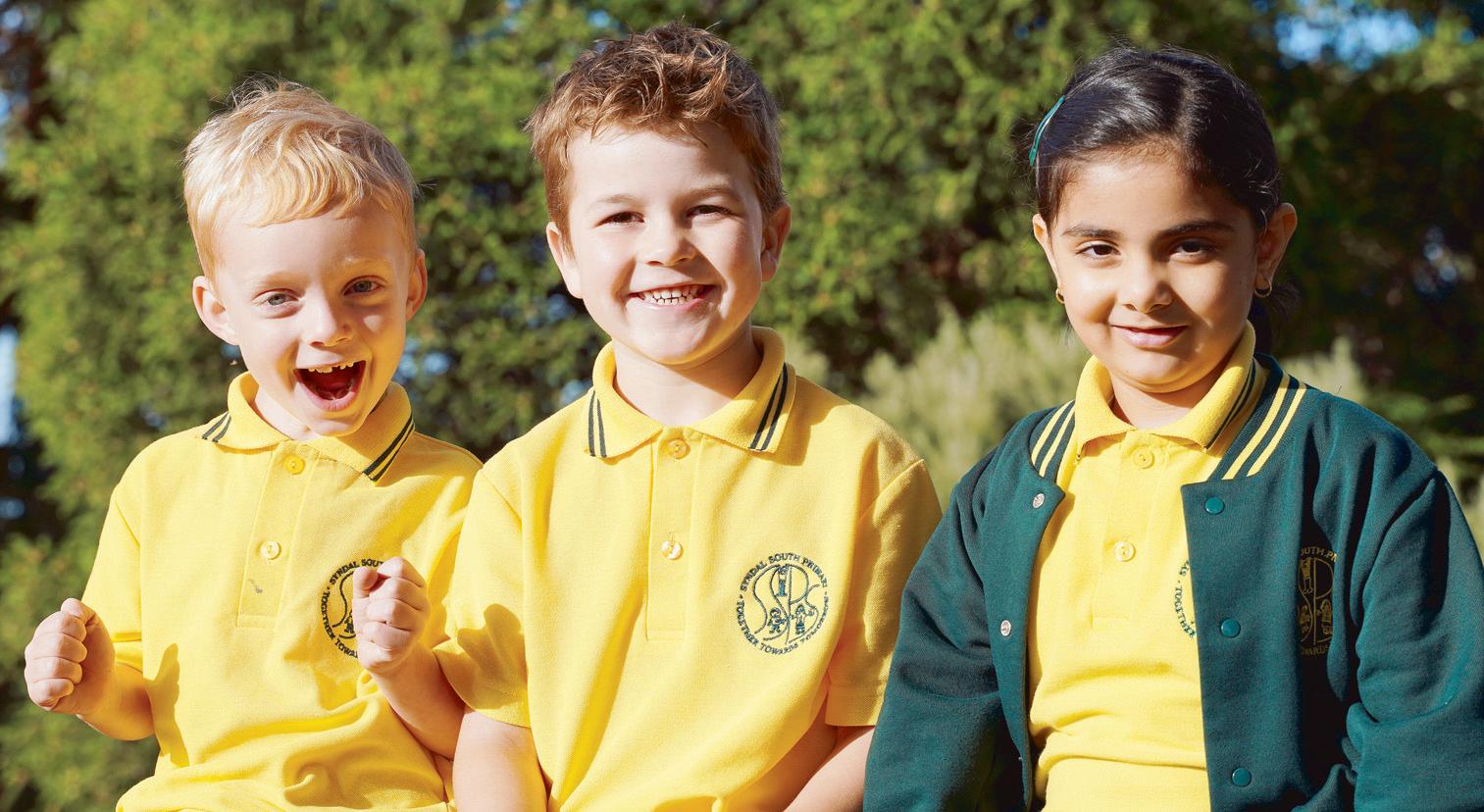
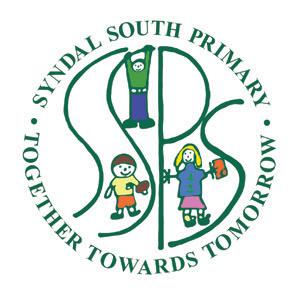
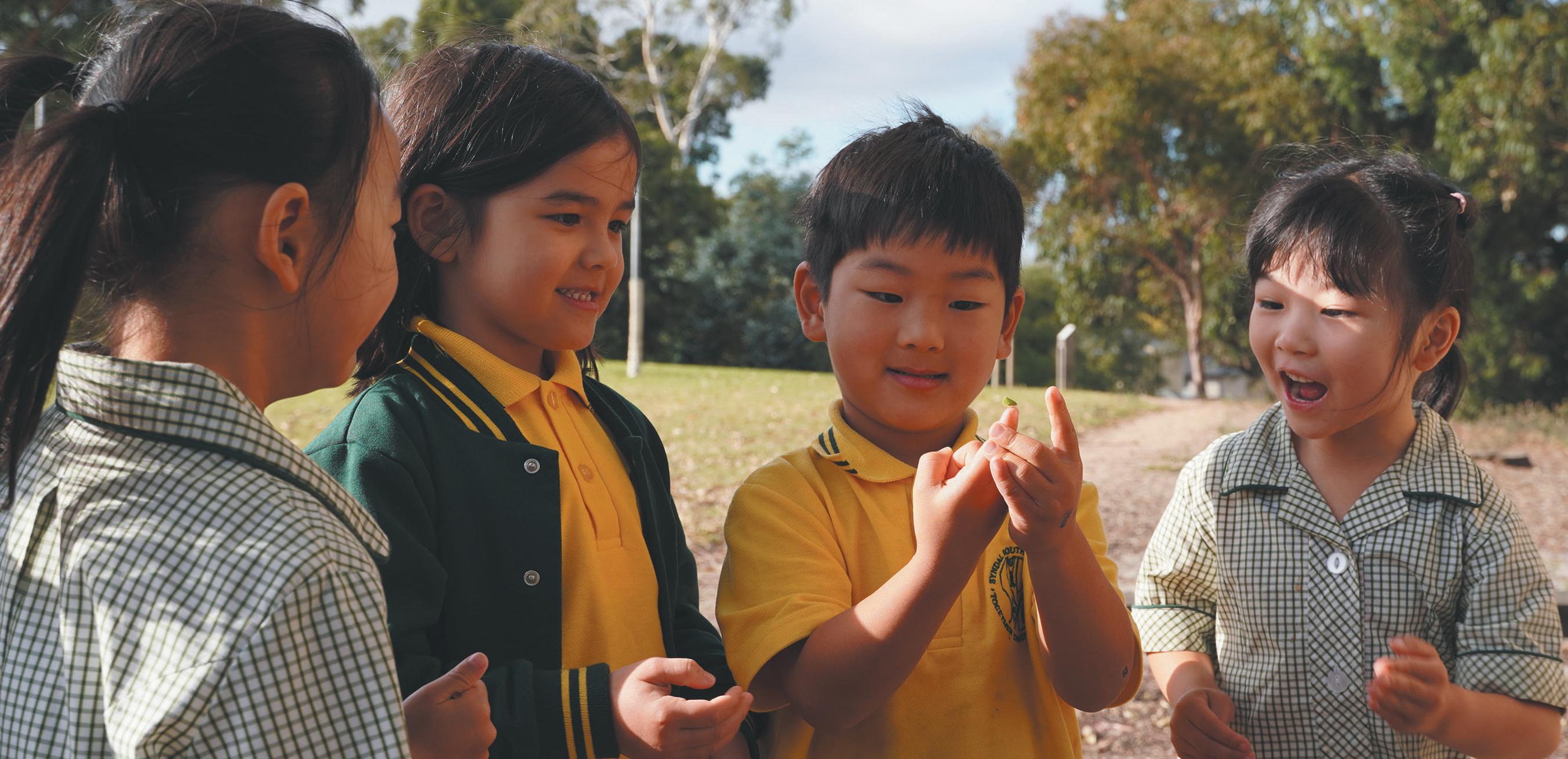
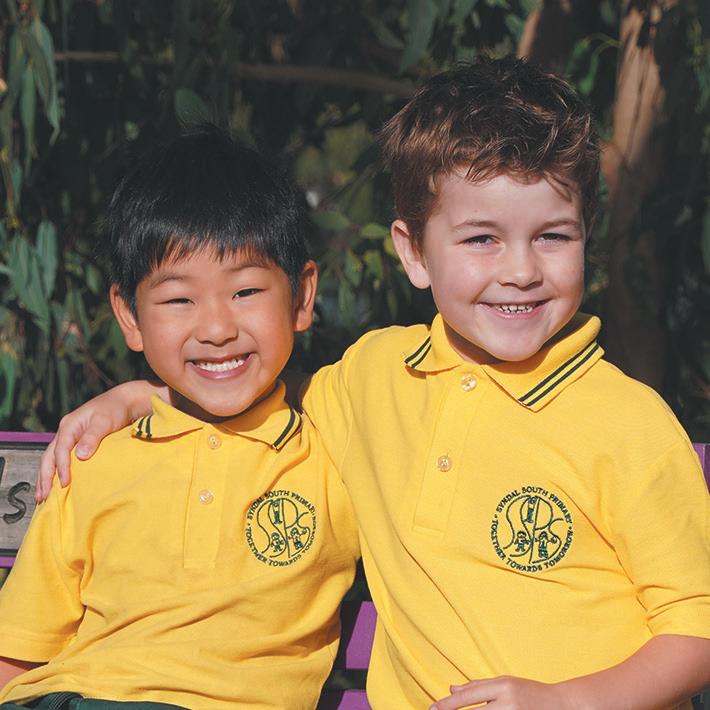


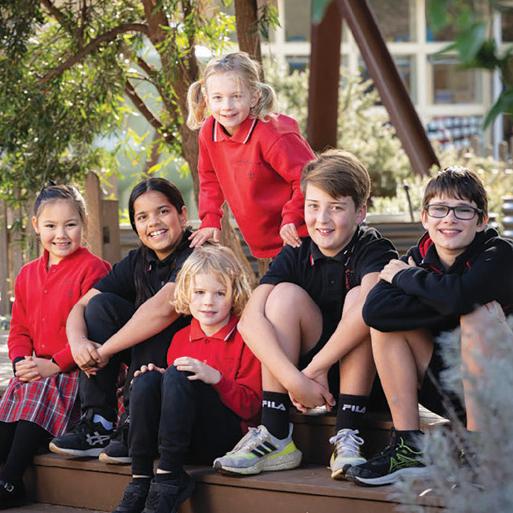


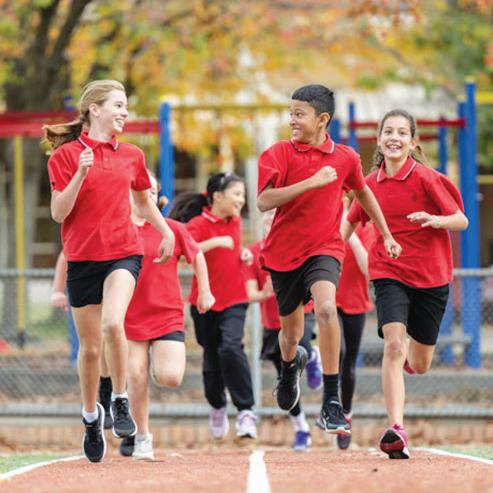

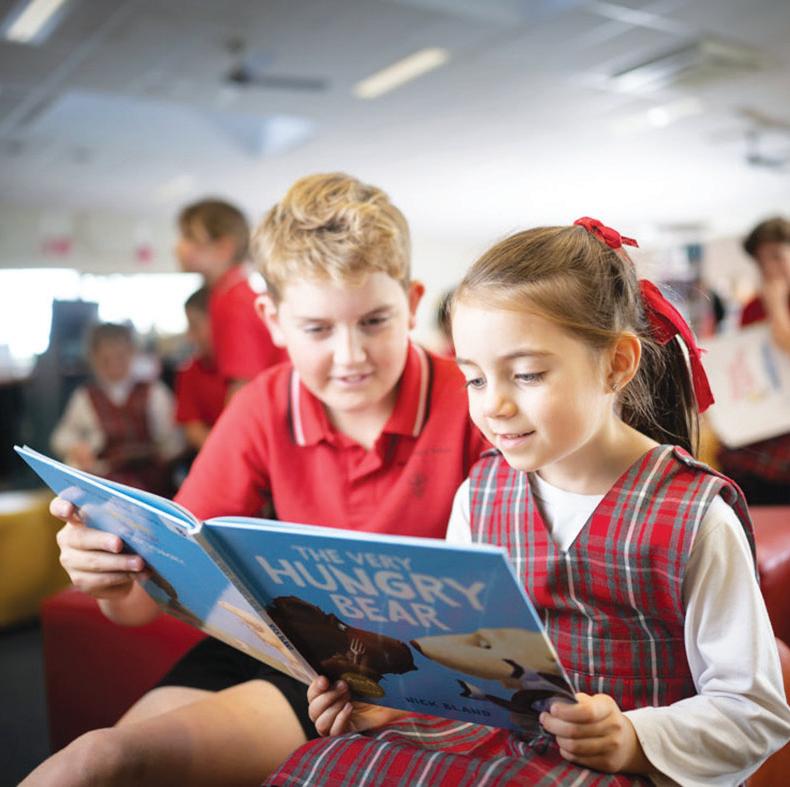





As of Primar y School, I am our the centre of time ,
As Principal of Solway Primary School, I am extremely proud of our wonderful school community. Solway is at the centre of a connected community, actively involved with the school and valued for the generosity of time, energy and expertise that its members bring to the school.
the school’s work ethic and is Our pur pose is to and stimulate all students to reach their
Solway’s motto exemplifies the school’s work ethic and is reflected through the entire school community. Our purpose is to challenge and stimulate all students to reach their full potential in a safe and supportive environment.
above the state benchmarks in both and
And they do - consistently achieving academic results above the state benchmarks in both English and Mathematics.
All student learning needs are met through a developmental approach to curriculum delivery and differentiated classroom teaching programs. Extension opportunities and additional learning support is provided. Solway engages its students through an Inquiry approach to learning and offers a 1:1 (Bring Your Own Device) iPad program. At Solway, we are committed to the development of globally aware, civically minded life-long learners. To achieve this, we recognise the importance of educating the ‘whole child’, which includes a strong emphasis on wellbeing.
School tours for prospective parents commence in March, at 9:30am on select days. Appointments are necessary and can be made through the School Office. I encourage new families to visit the school and see for themselves the wonderful learning environment Solway has to offer. A transition program for new students awaits.
I look forward to meeting with you.
AN student learning needs are met through a to curr iculum deliver y and and additional is its students an Inquir y a 1:1 Own iPad progr am. At we are committed to the of aware, minded learners. To achieve we the on March, at School Office . I has to for new students I
Lyn Rodda PRINCIPAL Lyn Rodda

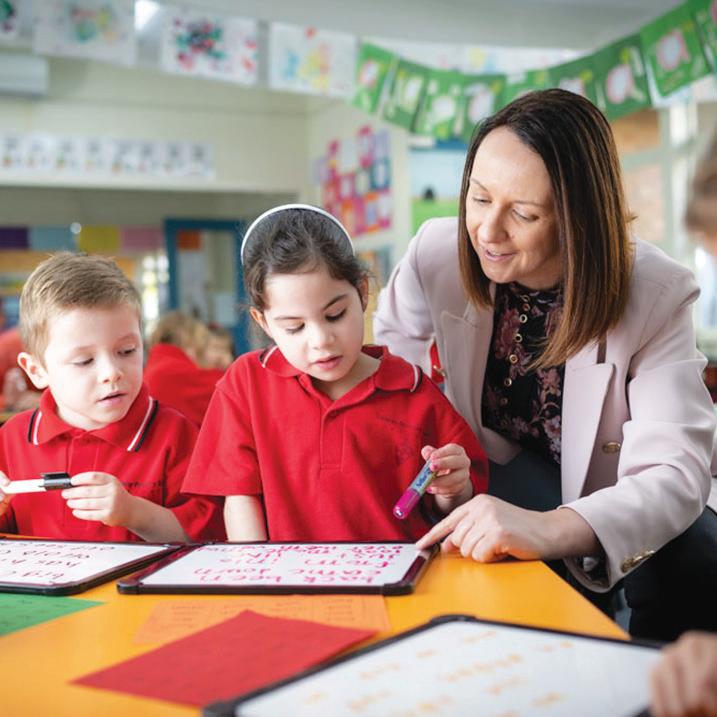
Solway Primary School boasts modern, flexible learning spaces and outstanding facilities for students and staff. Our extensive and well-maintained grounds provide students with safe, fun and varied play spaces, including:
• A designated Prep area with large shaded sandpit and playground
• Plexi-paved netball and basketball courts
• Mini soccer field
• Wildlife corridor
• Kitchen Garden
Our students are encouraged and supported to explore their passions and extend their skills through specialist programs and enrichment activities.
• Performing Arts
• Physical Education
• Visual Arts
• Japanese
• Science
• Library
To support the school’s curriculum areas, some of the many programs offered include:
• Swimming Classes
• Tech Club & Robotics

• Art Extension Program
• Hoop Time (Basketball)
• Japanese Club
• Singing Club
• Instrumental Music Tuition
• Camps
• Student Leadership Program
• Japanese Homestay Program
Solway is incredibly proud to have achieved its 5-star sustainability accreditation and promotes the value of responsible energy use, water efficiency, waste management and environmental awareness through whole school programs and practices.
An accredited before and after school care program is conveniently located here at Solway Primary School, with extended hours to help you juggle work and home. www.teamkids.com.au
We look forward to welcoming you to our vibrant school community.
To book a tour, phone 03 9885 2421 or email solway.ps@education.vic.gov.au
• Lego Club
• Chess Club
For more information, please visit www.solwayps.vic.edu.au

I AM thrilled to introduce myself as the new principal of Spring Parks Primary School. It is with great excitement and dedication that I take on this role, and I am honoured to be a part of such a vibrant and successful school community.
As a family man with three children of my own, I deeply understand the importance of a nurturing and inclusive educational environment. Our values at Spring Parks Primary School revolve around respect, engagement, achievement, community, and hope. These values form the foundation of our commitment to providing a holistic and enriching experience for every student.
My previous experience as the Assistant Principal at River Gum Primary School, a school known for its diversity, has equipped me with valuable insights into fostering an inclusive and supportive educational setting. I am proud to bring this experience to Spring Parks Primary School, where diversity is celebrated, and every student is embraced for their unique strengths.
Spring Parks Primary School has a rich tradition of high academic results, and I am truly proud to be a part of this outstanding community. Our students’ success is a testament to the hard work and dedication of our educators, students, and parents. I am committed to continuing and enhancing the excellent work that is already happening at SPPS.
One of the key aspects that drew me to Spring Parks Primary School is the remarkable attitude towards education that the students exhibit. Their enthusiasm, coupled with the positive and inclusive culture of the school, creates an environment where students are not only academically successful but also genuinely happy to be a part of our school community.
I am deeply passionate about teaching, learning, and the overall well-being of our students. I believe that a supportive and engaging educational experience is crucial for the holistic development of each child. Together with the dedicated staff, parents, and the entire school community, I am eager to contribute to the continued success and growth of Spring Parks Primary School.
In addition, I am delighted to share that all new Foundation students for 2025 will receive a complimentary set including a polo shirt, hat, water bottle, library bag, colouring book, and a learning kit. This initiative is our way of extending a warm welcome to our newest members and ensuring a positive start to their educational journey.
Please do not hesitate to reach out to me if you have any questions or would like a school tour; just ask for Phil. I look forward to meeting and working with each of you as we build a thriving and supportive educational community at Spring Parks Primary School.
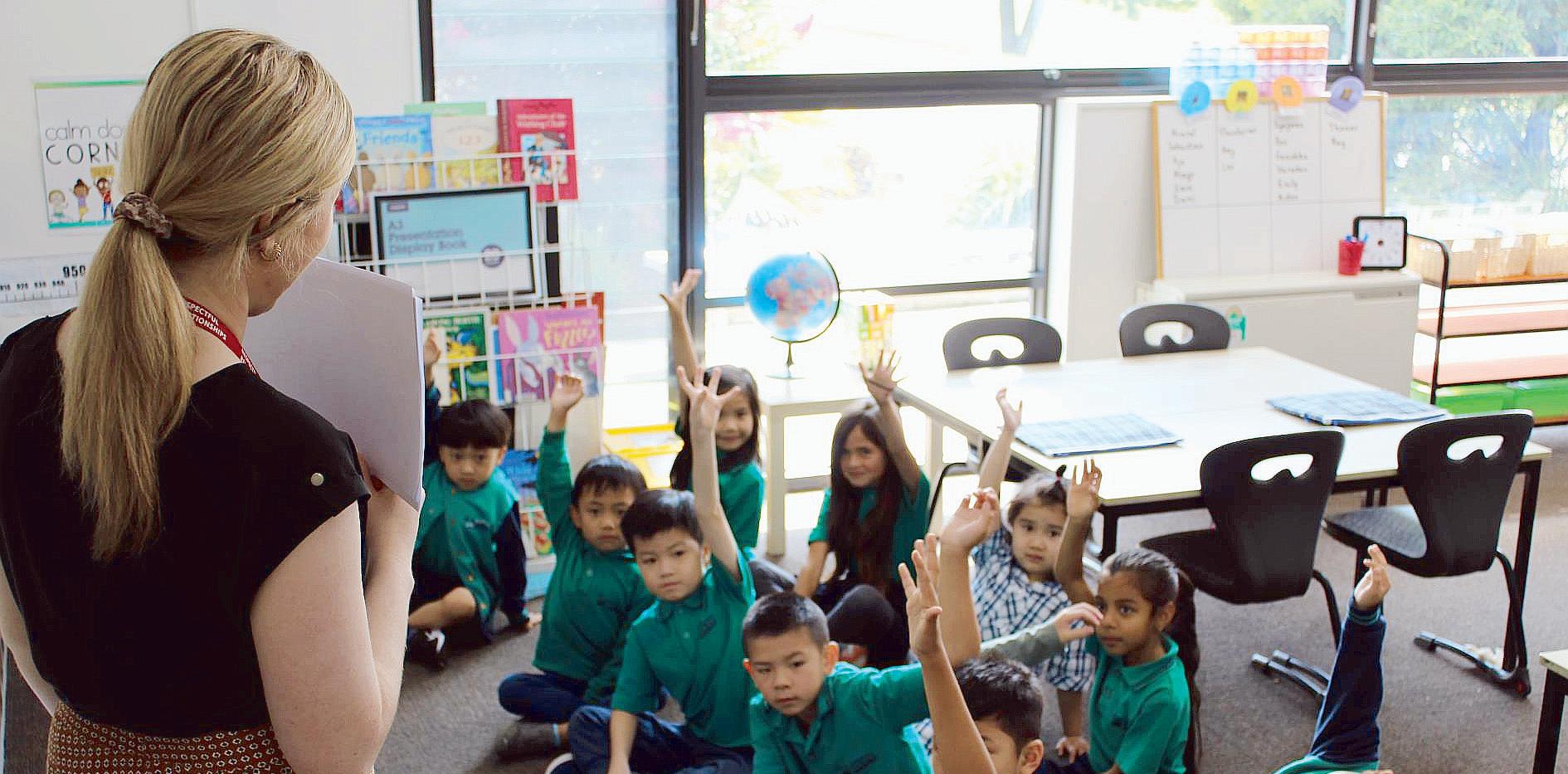
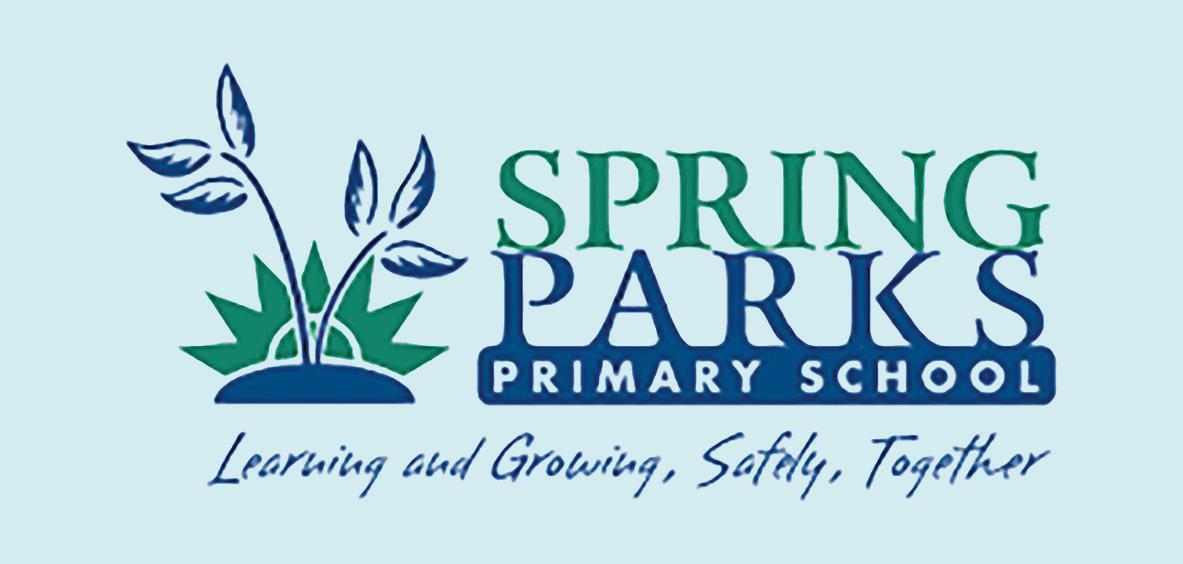
At Spring Parks Primary School, we take immense pride in nurturing not just academic achievement but also the joy and welfare of our students. Our dedication to establishing a constructive learning atmosphere is evident in the outstanding outcomes of our remarkable Attitudes to School survey, consistently showcasing our students as remarkably content and engaged learners.
Through the presence of an on-site counsellor, the Berry Street Education program, and a devoted well-being team, we prioritize the emotional and mental wellness of each child, ensuring they feel supported and valued. Our clearly defined expectations lay the foundation for a positive school culture, fostering an environment where students flourish not only academically but also personally.
Discover excellence in education at Spring Parks Primary School, where academic achievement takes center stage. We proudly claim the top spot for reading proficiency and secure the impressive third position in mathematics within our local area. At Spring Parks, we prioritise personalised learning with low class sizes, averaging under 18 students per class. Our dedicated team of experienced teachers includes specialists in Art, Science, STEM, Physical Education, and Spanish. We offer after-hours tutoring to ensure every student receives the support they need for success. Additionally, our diverse curriculum extends beyond the basics, featuring Mandarin lessons and music programs provided by external companies at minimal costs.
all our students, especially those embarking on their educational journey in our Foundation year. As a gesture of our commitment to their wellbeing and academic success, all new foundation students receive a warm welcome. This includes a free school hat, school shirt, water bottle, as well as a Math and English kit to kickstart their learning adventure.
We’ve curated a special colouring book designed to instill and reinforce our core values of Respect, Engagement, Achievement, Community, and Hope. r e ns ex in hey need diverse basics, and xternal

Information evenings
May 22nd: 6.30pm - 7.30pm (West Campus)
July 24th: “Coffee and Cake” 6.00pm - 7.00pm (both campuses)
October 23rd: 7.00pm - 8.00pm (Valley Campus)
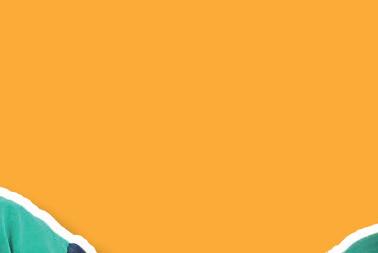

At Spring Parks, we believe in fostering a welcoming and supportive environment for


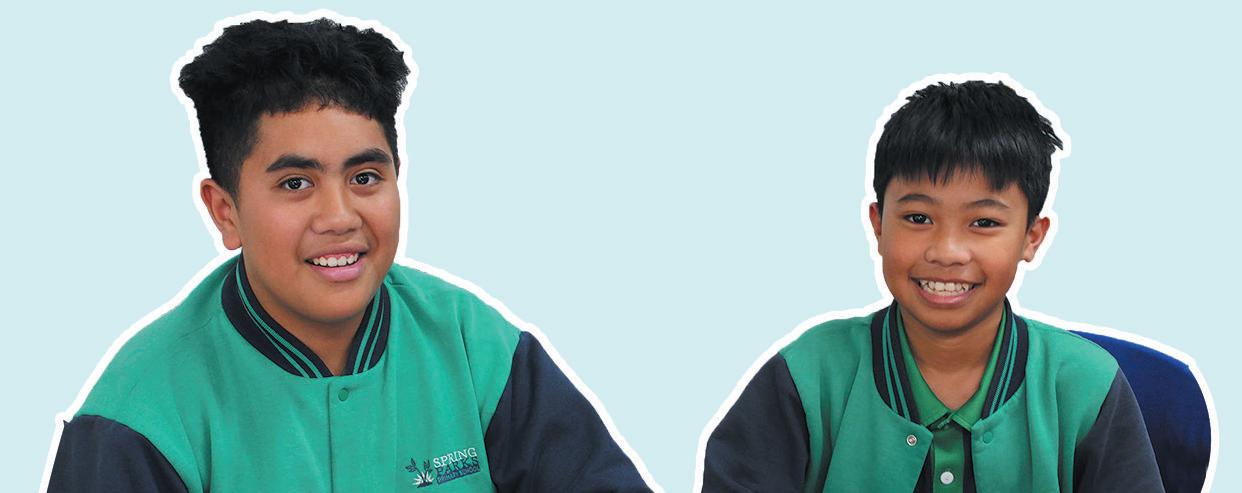

At Templestowe Valley Primary School, we provide an innovative and aspirational curriculum that empowers and engages all students in their learning. English and Maths skills are taught every day in the classroom by dedicated teachers who have high standards and support each learner on their journey, no matter the starting point. STEM and Sustainability are key pillars at our school where the students learn about robotics, coding and have opportunities to not only look after the chickens and the kitchen garden but learn valuable life skills for the future. Extension programs are offered in Maths, English, STEM and Sport. We take pride in our inclusive community of families, students and staff who work in collaboration to encourage our students to become self-motivated, successful and active global citizens. Each student is valued, listened to and supported in their learning experiences, which promote individual and team excellence and develop social responsibility. Student Voice and Agency is a key focus across the school.
Students entering Prep attend our KinderPrep Transition Program and engage with the teachers and their peers to provide a smooth transition into primary school. They will work closely with our Year 6 students through our Buddy Program (Big Friend, Little Friend) and experience what it is like at school.
At Templestowe Valley Primary School, we encourage students to pursue their interests and strive for success both in and out of the classroom.
• Whole School Production
• Leadership opportunities (JSC, School Captains, Sustainability and Curriculum Leaders)
• Interschool Sport, Swimming, Athletics and Cross Country
• School Camping Program including optional overseas camp
• Private Instrumental lessons
• Choir (Valley Voices) and Rock Band
• Valley TV
• After school basketball program (Valley Titans)
• Incursions and excursions
• Technology embedded in our learning
• 1:1 iPad Program at Year 3 and a 1:1 BYOD Laptop Program from Year 4
• Excellent sporting facilities
• OSHC (Out of School Hours Care) including Holiday Program
• Sustainability Program
• Lunchtime Clubs
• P-6 Wellbeing Program
• Visual Arts
• Performing Arts
• LOTE – Mandarin
• Physical Education
• Library Program

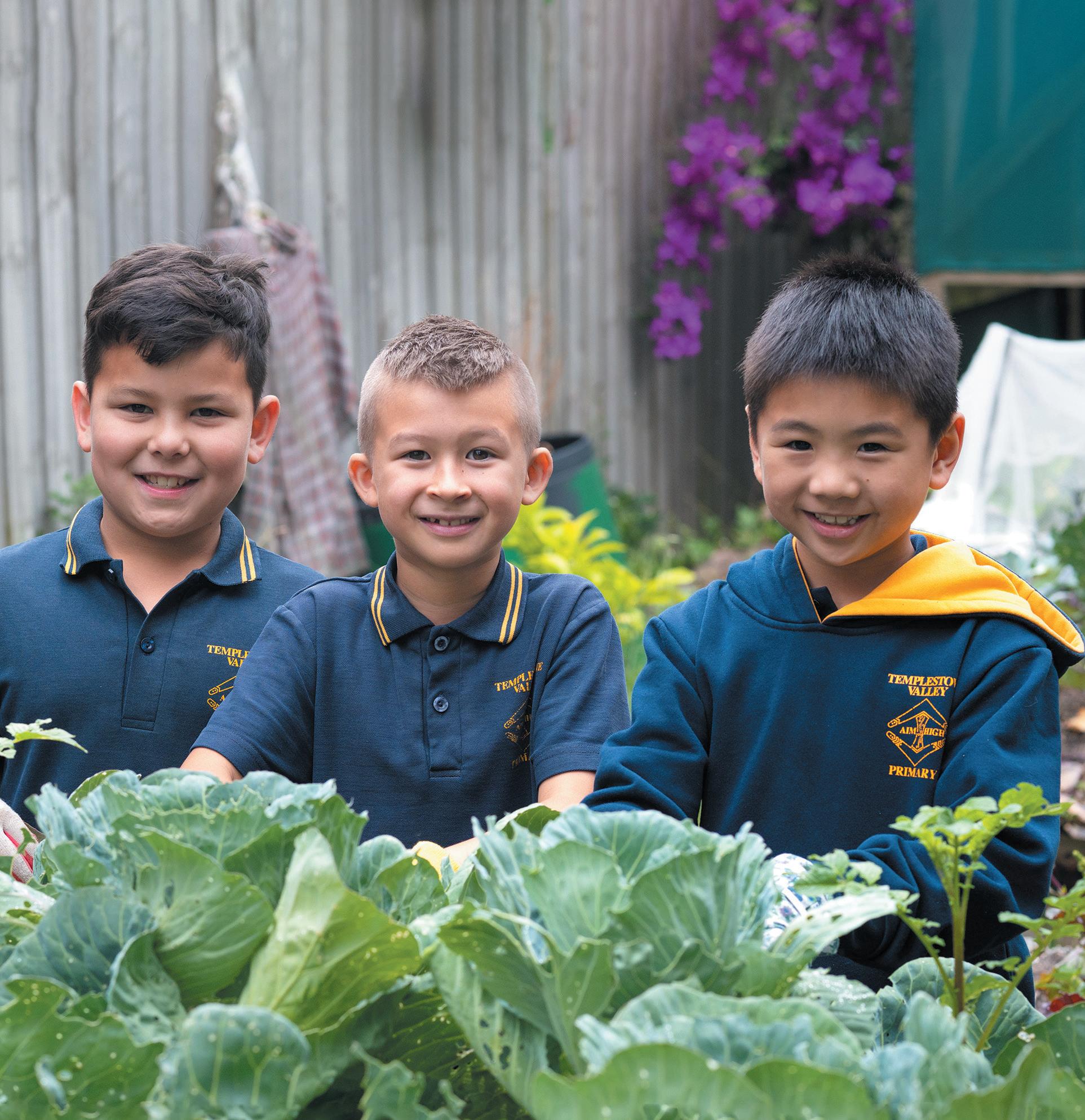
Upper Ferntree Gully Primary School
Upper Ferntree Primary School prides itself on being an inclusive school itself on an inclusive school that uses many different approaches to that uses many different to teaching and learning to nurture and and to nurture and support our students. All of us at upper support our students. All of us at upper Ferntree Gully Primary school know how Ferntree school know how important it is to acknowledge all types of it is to all types of achievement and learning whether it be achievement and whether it be academic, social, or emotional. or emotional.
We work We together to to look how the resources resources around us can be recycled, around us can be reused, or reduced to take care of our or reduced to take care of our environment now and into the future. environment now and into the
Our technology supports students as tools
We ensure that as a learning community
We ensure that as a community our values of RESPECT, TEAMWORK, our values of RESPECT, TEAMWORK, INTEGRITY, and RESILIENCE are a part INTEGRITY, and RESILIENCE are a part of the lived experience of everyone in of the lived experience of everyone in our community. our
At Upper Ferntree Gully Primary School
At Upper Ferntree Primary School our whole community works together our whole works to support all students to achieve their to support all students to achieve their full potential in learning and wellbeing full in and wellbeing.
Through our many different approaches our many different to supporting students we utilise the to supporting students we utilise the expertise of all in the community be it expertise of all in the community be it paraprofessionals, parents, or volunteers. parents, or volunteers.
We provide opportunities for students
We opportunities for students to engage with our local community to engage with our local community and to appreciate and respect the and to and respect the beautiful surrounds of Upper Ferntree beautiful surrounds of Ferntree Gully and the Dandenong Ranges We and the Ranges. We encourage sustainability within our school encourage within our school environment and the community. environment and the community.
Our supports students as tools for learning. We live in a world where for learning. We live in a world where technology is used in many ways, and is used in many ways, and we encourage creativity with technology we encourage creativity with through our STEM and robotics learning our STEM and robotics as well as a variety of creativity and design as well as a variety of creativity and projects that incorporate technology. We projects that incorporate We support our students to become critical support our students to become critical thinkers and creators. creators.
There are so many advantages to a small There are so many to a small school, we are proud that we are a small school, we are that we are a small school that creates community connections school that creates community connections and gets to know every one of our and gets to know every one of our students as an individual so that we can as an so we can help them achieve their learning goals in them achieve their in all areas. areas.
Our hope is that your child and family will Our hope is that your child and will learn, have fun, and leave our school with have and leave our school with newfound friendships and long-lasting newfound and happy memories of their time at Upper memories of their time at Upper Ferntree Gully Primary School. Ferntree Primary School.
• Inclusive and creative learning.
• Inclusive and creative
• Outstanding facilities to support all
• Outstanding facilities to support all types of learning. types of learning.
• Individual learning with a focus on academic,
• Individual with a focus on academic, social, and emotional development social, and emotional
• Further learning opportunities I Sea I Care,
• Further learning I Sea I Care, Sustainability, Productions and camps Sustainability, Productions and camps

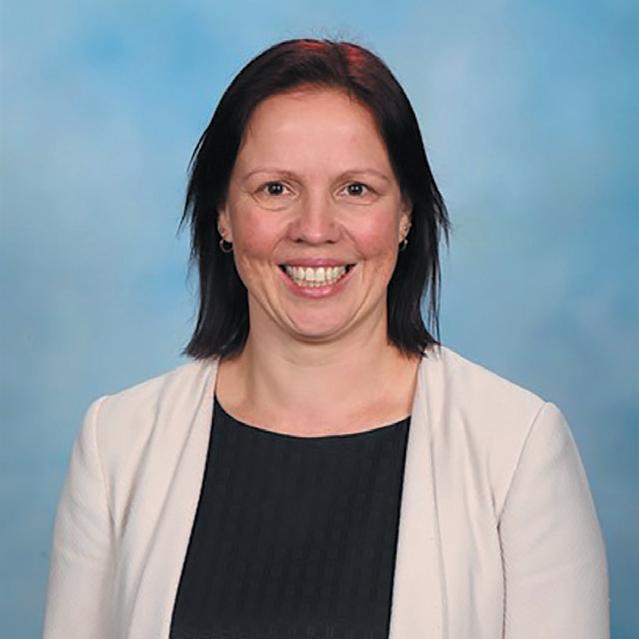
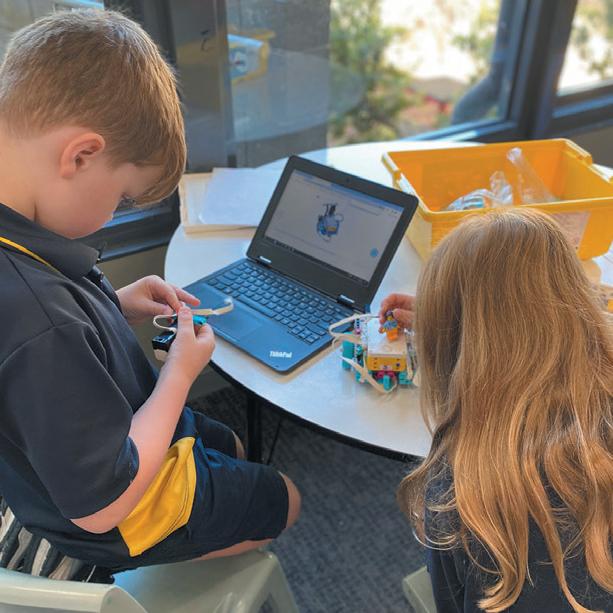
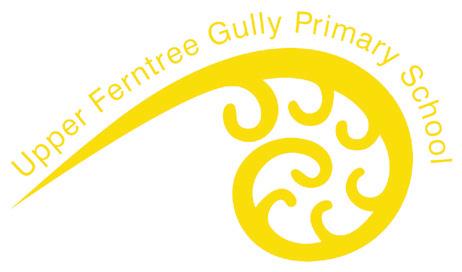
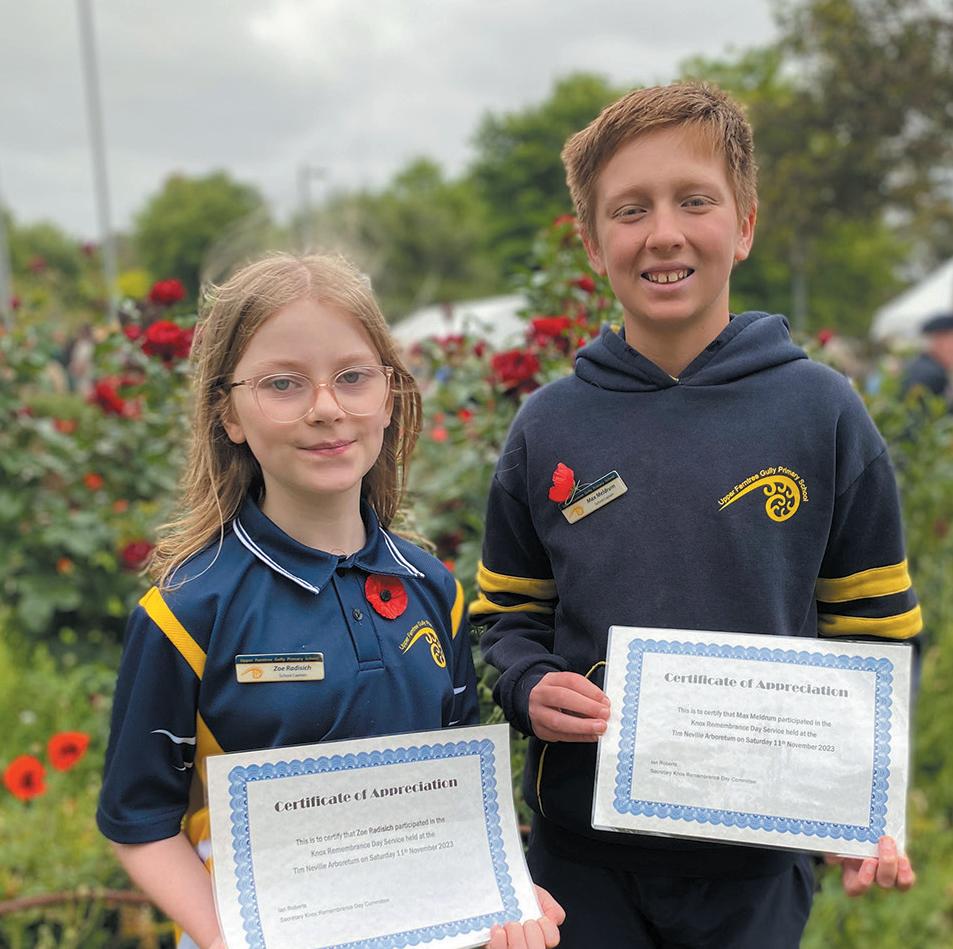
A POPULAR theory says it’s best for students learning a new topic to tackle problems on their own before they’re taught the known method. But a recent study suggests this approach can backfire – especially when there’s a risk of information overload.
The study, led by PhD candidate Greg Ashman of UNSW Sydney, suggests that when new learning places high demands on students’ working memory, it’s better to explicitly teach them first, and let them attempt to apply their knowledge to problem-solving afterwards.
The study taps into fierce debates over the role “productive failure” has in student learning. Research on productive failure has shown that in some cases, letting students try to solve problems before teaching them how has benefits: these include giving them a chance to draw on their existing knowledge, becoming aware of gaps in this knowledge, and engaging more deeply with what they’re then taught.
But the study’s results, says Ashman, suggest that this approach does not work when the problem-solving requires students to pull together lots of new pieces of information to arrive at a solution.
In this case, students run the risk of information overload. This is because there is a limit to how much information our working memory can deal with at once. Because of this, says Ashman, it is helpful to store some of the information we’ll need in our long-term memory before we attempt to solve complex problems.
Ashman’s study was based on two experiments. In the first, researchers split 64 year 5 students tackling science problems on lightbulbs and energy use into two groups: one group had a go at the problems before having an interactive lecture on the effective approach. The other group had the interactive lecture first, then attempted the problems.
At a later date, both groups were given another go at problems based on the same knowledge to see who would do better. The results were clear: the students who had the interactive lecture first scored higher. A similar experiment was run again with a separate group of 71 students, but with slightly more complex problems. The results in this case were even more decisive.
But the study does not rule out problem-solving
The purpose of education is to allow learners to store information in long-term memory.
as a learning approach. The problems attempted in this study involved a high number of elements that needed to be processed in the learners’ working memory.
Ashman thinks this may be why the “productive failure” approach was ineffective. But it may still be beneficial in situations where the working memory has only a small number of elements to interact with, he said.
The current understanding is that the working memory has a limit of around four elements when processing information. Any more elements constitute a “high” level of interaction. Long-term memory has no known capacity limits. Once the working memory processes new information, it is stored in the long-term memory, and can be transferred back to the working memory whenever required.
“The purpose of education is to allow learners to store information in long-term memory,” said Ashman. “Once stored, we are transformed in our ability to act. But before being stored, new information must be processed by our working memory, which has limited capacity and duration.”
“When we’re teaching students how to solve problems with lots of interacting elements, we should start with explicit instruction before getting the class to attempt the problems.”
Greg Ashman et al. (2019). ‘Problem-solving or Explicit Instruction: Which Should Go First When Element Interactivity Is High?’, Educational Psychology Review.
For more information or an interview, please contact Greg Ashman of UNSW Sydney at greg.ashman@gmail.com. (Email message preferred, as Greg Ashman is a full-time teacher.)
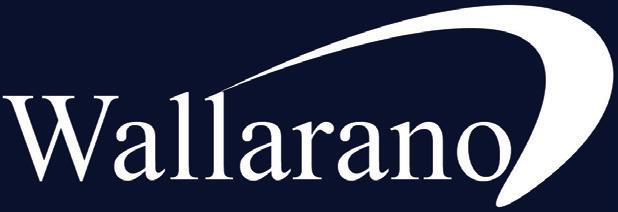
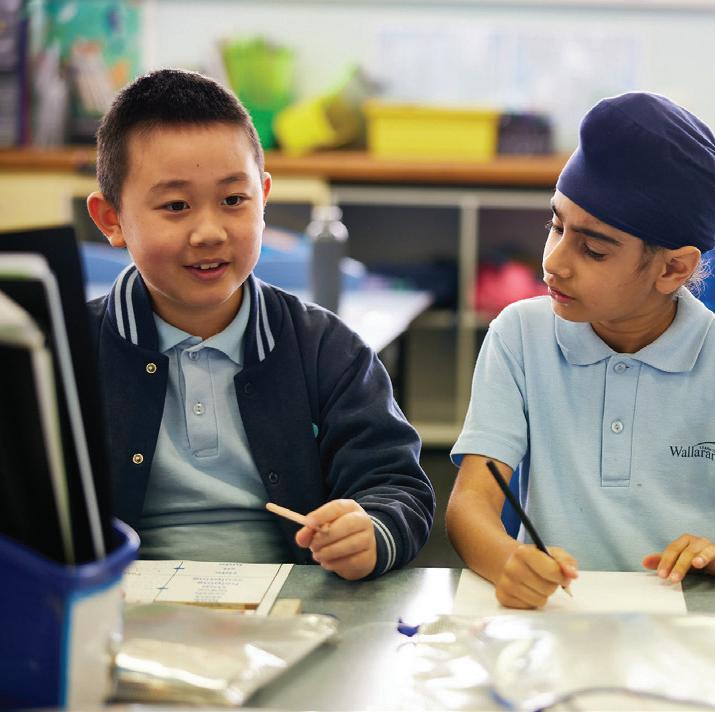
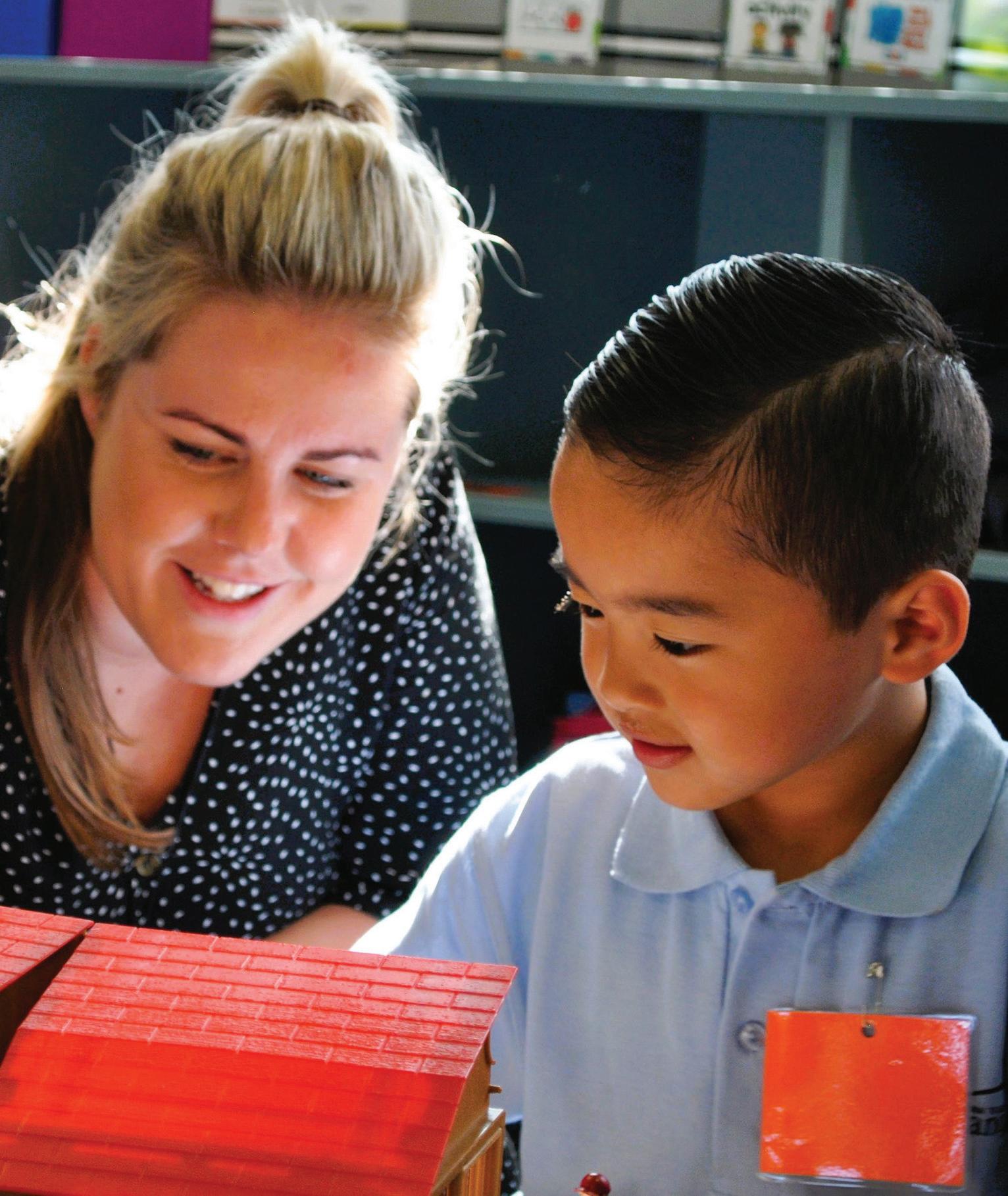

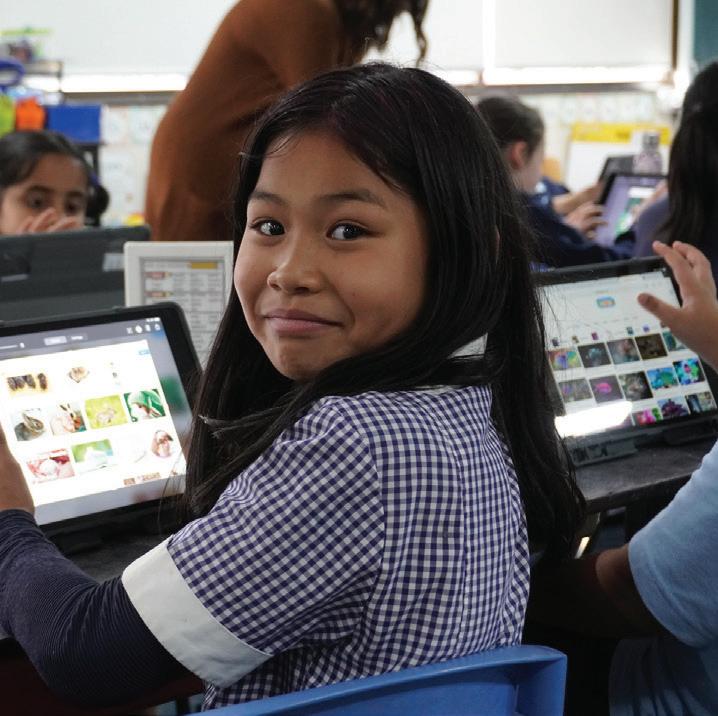
WANTIRNA Primary School offers a nurturing and inclusive learning environment, fostering independence and confidence in all students. With a focus on social responsibility, resilience, and tolerance, we cultivate the knowledge, skills, and attitudes essential for lifelong success.
Our curriculum, aligned with the Victorian Curriculum, ensures students receive a wellrounded education. Through high-quality teaching, assessment, and reporting, we deliver engaging lessons that inspire curiosity, challenge, and joy.
In addition to core subjects, our curriculum emphasizes achievement in English and Mathematics, supported by strong partnerships between students, teachers, and parents. Parental involvement is encouraged through various activities such as classroom assistance, open days, and school excursions.
At Wantirna Primary School, we offer specialist learning in STEM, The Arts, Physical Education, Cultural Studies, and Auslan (Sign Language). Our Before and After School Care Program provides convenience for families, operating from 7 am to 8:45 am and 3:30 pm to 6 pm daily.
We prioritize community engagement through events like Community Lunches and cross-age activities tailored to our school’s needs and interests. During break times, students enjoy social activities like gardening, imaginative play, and sporting competitions.
Our dedicated teaching staff ensure every child feels valued and supported, fostering a challenging yet motivating environment for academic excellence. Prospective parents are invited to experience Wantirna Primary School first-hand through personalized tours, available by contacting us at 9801-1938 or wantirna.ps@ education.vic.gov.au. Join us in nurturing your child’s potential for a bright future.
Why select Wantirna Primary School for your child?
We have a smaller school environment, so students receive more personalized attention from teachers and staff. This individualized approach allows educators to better understand each child’s unique strengths, challenges, and
With fewer students, there are fewer distractions and disruptions, allowing for a more focused and conducive learning environment.
learning styles, tailoring instruction to meet their specific needs.
Our school has a strong sense of community and belonging. Students, parents, and staff often form closer relationships, creating a supportive network that fosters a nurturing and inclusive atmosphere. This tight-knit community allows for more effective communication and collaboration between all stakeholders, ensuring that everyone is invested in the success and wellbeing of every child.
Our school offers a more intimate learning environment where students feel safer and more comfortable expressing themselves. With fewer students, there are fewer distractions and disruptions, allowing for a more focused and conducive learning environment. This can lead to increased engagement, participation, and academic achievement among students.
We prioritize holistic development, emphasizing not only academic excellence but also social, emotional, and character development by fostering values such as empathy, compassion, and responsibility. Our school helps students develop into well-rounded individuals who are not only academically proficient but also compassionate and socially conscious citizens.
Selecting our school for your child will provide parents with the assurance that their child will receive the individualized attention, support, and sense of belonging needed to thrive academically, socially, and emotionally. Why wait, contact us today on 9801-1938 or at wantirna.ps@education.vic.gov.au

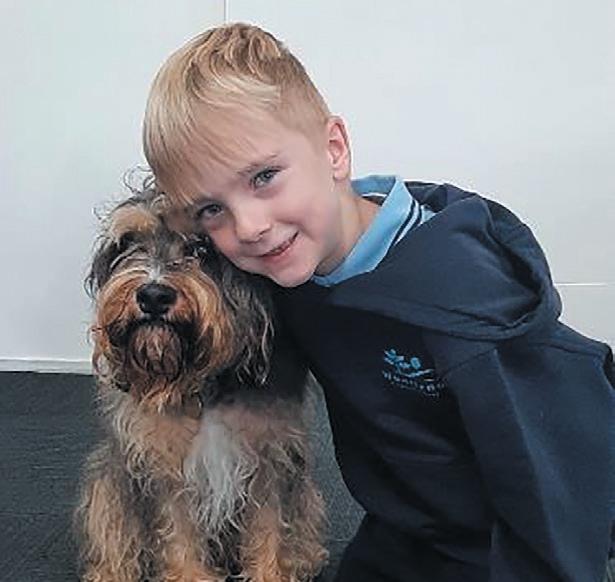

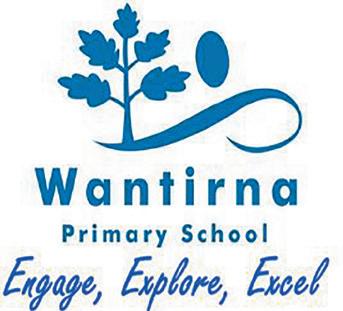

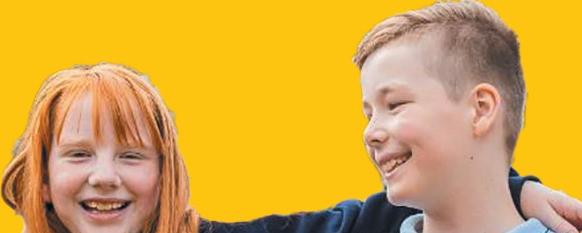
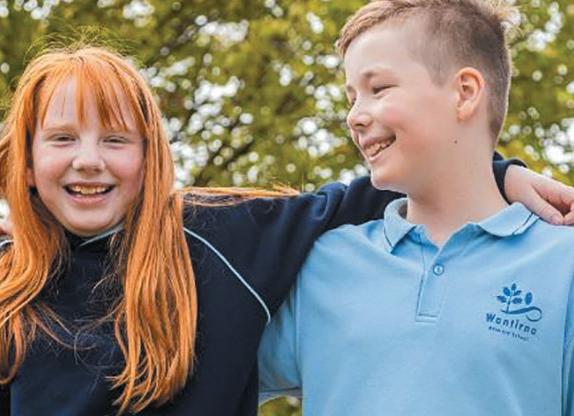

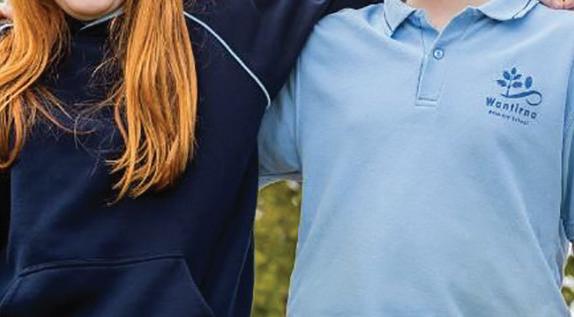
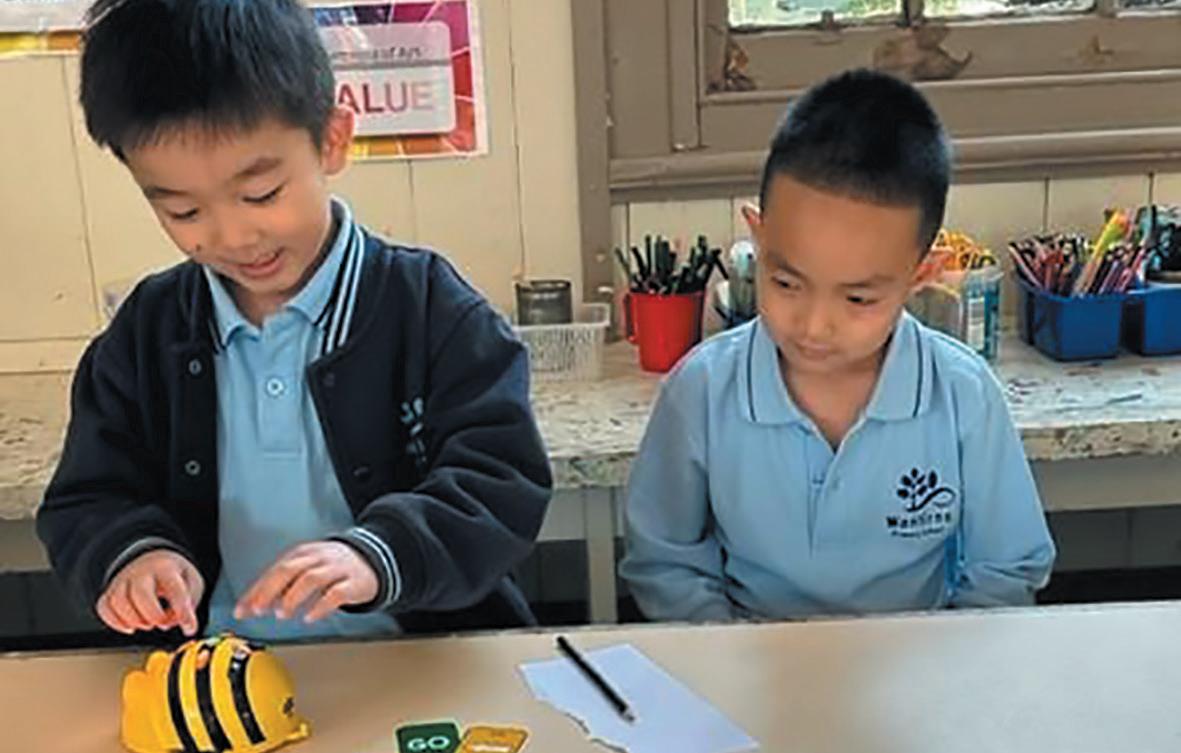
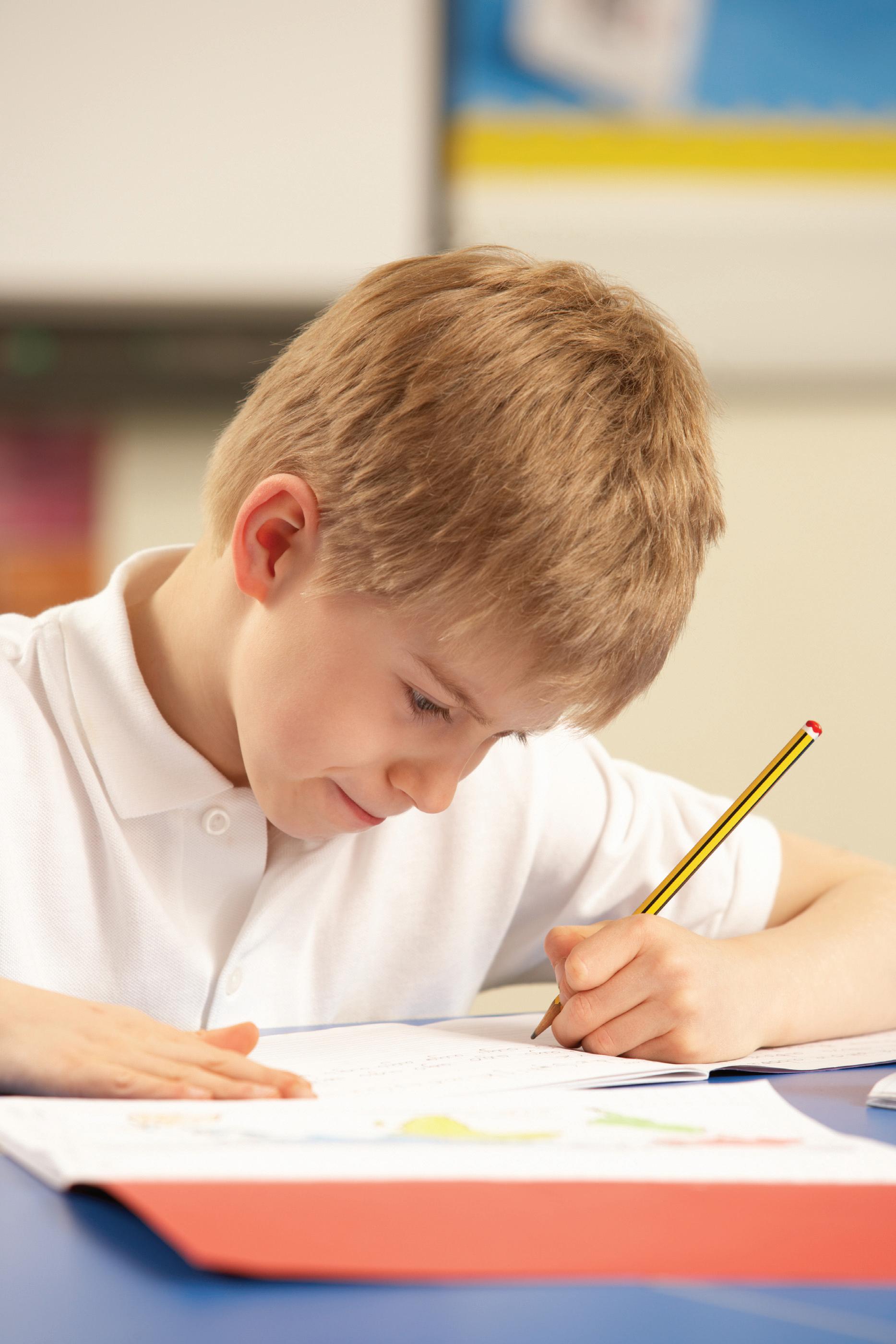

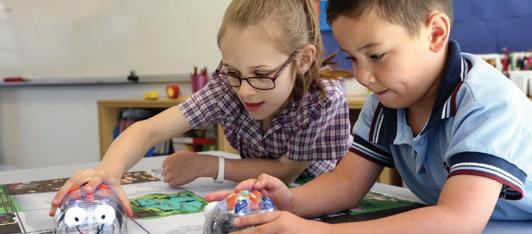
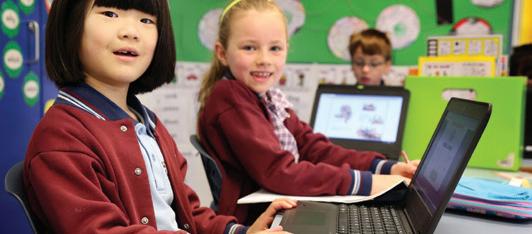
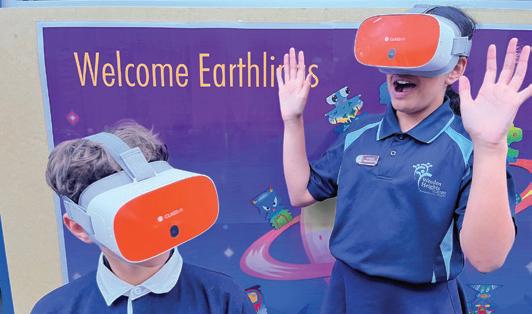
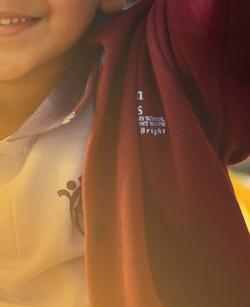


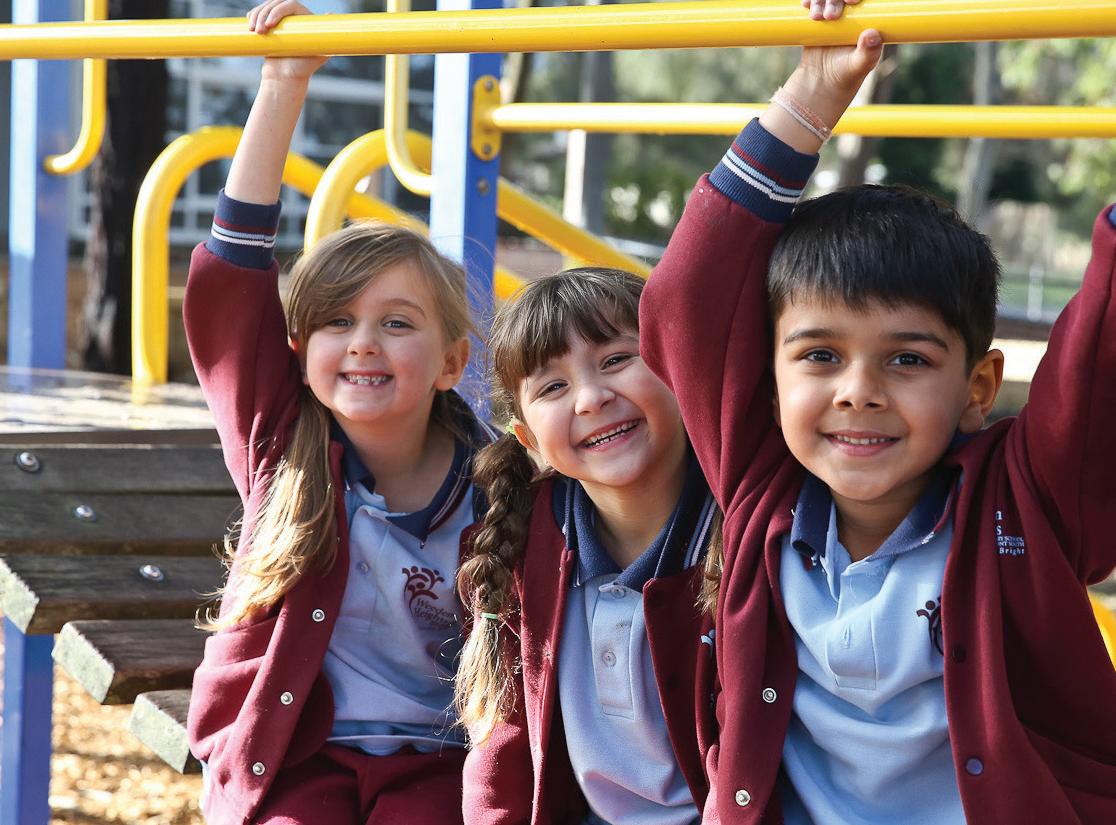







Secondary Schools
Ashwood High School ................................................4 & 5
Berwick College .............................................................6 & 7
Blackburn High School ..............................................8 & 9
Boronia K-12 College ...............................................10 & 11
Braybrook College ....................................................12 & 13
Brentwood College ...................................................14 & 15
Camberwell High School ...........................................21
Canterbury Girls’ Secondary College ..........22 & 23
Carrum Downs Secondary College ................24 & 25
Charles La Trobe P-12 College ..........................26 & 27
Copperfield College ................................................28 & 29
Cranbourne Secondary College .......................30 & 31
Dandenong High School ......................................34 & 35
Essendon-Keilor
College .......................................Front cover, 2, 3, 36 & 37
Forest Hill College....................................................38 & 39
Gladstone Park Secondary College ...............40 & 41
Gleneagles Secondary College .........................42 & 43
Hallam Secondary College..................................46 & 47
Healesville High School .......................................48 & 49
Highvale Secondary College .............................50 & 51
Hoppers Crossing Secondary College.........52 & 53
Keysborough College ........................................................55
Lalor North Secondary College ........................56 & 57
Lyndale Secondary College ................................58 & 59
Mill Park Secondary College ........................................61
Mordialloc Secondary College..................63, 64 & 65
Noble Park Secondary College .........................66 & 67
Norwood Secondary College ............................68 & 69
Nossal High School ..................................................70 & 71
Rosehill Secondary College .................................72 & 73
Rowville Secondary College ................................74 & 75
Scoresby Secondary College ...............................78 & 79
St Albans Secondary College ............................80 & 81
St Helena Secondary College ............................82 & 83
Sunbury Downs Secondary College ..............86 & 87
Sunshine College ......................................................84 & 85
Taylors Lakes Secondary College ...................90 & 91
Templestowe College .............................................88 & 89
Truganina P-9 College ............................................18 & 19
Victoria University Secondary College .......92 & 93
Wellington Secondary College .........................94 & 95
Wheelers Hill Secondary College...................96 & 97
William Ruthven Secondary College...........98 & 99
Wyndham Central College.............................100 & 101
Primary
Ashwood High School .........................................................................4 & 5
Banyan Fields Primary School ..............................................106 & 107
Bayswater South Primary School ........................................108 & 109
Belgrave South Primary School ..........................................................111
Belle Vue Primary School .........................................................112 & 113
Berwick College .......................................................................................6 & 7
Berwick Lodge Primary School ...................114, 115 & back cover
Blackburn High School .......................................................................8 & 9
Boronia K-12 College .......................................................10, 11, 116 & 117
Boronia West Primary School ................................................118 & 119
Braybrook College ..............................................................................12 & 13
Brentwood College .............................................................................14 & 15
Briar Hill Primary School ..........................................................120 & 121
Camberwell High School .........................................................................21
Canterbury Girls’ Secondary College ....................................22 & 23
Carrum Downs Secondary College.........................................24 & 25
Charles La Trobe p-12 College ...................................................26 & 27
Copperfield College .........................................................................28 & 29
Cranbourne Secondary College ................................................30 & 31
Dandenong High School ...............................................................34 & 35
Doncaster
Gleneagles Secondary College ..................................................42 & 43
Grossek’s View .....................................................................................44 & 45
Hallam Secondary College...........................................................46 & 47
Harkaway Primary School ........................................................130 & 131
Healesville High School ................................................................48 & 49
Highvale Secondary College ......................................................50 & 51
Hoppers Crossing Secondary College..................................52 & 53
Keysborough College .................................................................................55
Knox Central Primary School ................................................134 & 135
Lalor North Secondary College.................................................56 & 57
Lyndale Secondary College .........................................................58 & 59
Milgate Primary School ............................................................136 & 137
Mill Park Secondary College .................................................................61
Mordialloc College ....................................................................63, 64 & 65
Noble Park Secondary College ..................................................66 & 67
Next edition: April 2025
Scoresby Secondary College .......................................................78 & 79
Solway Primary School ..............................................................142 & 143
Spring Parks Primary School .................................................144 & 145
St Alban’s Secondary College ....................................................80 & 81
St Helena Secondary College .....................................................82 & 83
Students & problem solving ................................................................150
Students & the Education Revolution...............................132 & 133
Sunbury Downs Secondary College .......................................86 & 87
Sunshine College ...............................................................................84 & 85
Syndal South Primary School .................................................140 & 141
Taylors Lakes Secondary College ............................................90 & 91
Teaching children about teamwork ...................................................62
Templestowe College ......................................................................88 & 89
Templestowe Valley Primary School ................................146 & 147
The benefits of Extracurricular Activities ..........................32 & 33
The Benefits of LOTE ................................................................................20
The Bridge to Success ................................................................102 & 103
The crucial role of mentoring programs .......................................60
The Importance of school uniform ..................................................158
Truganina P-9 College .....................................................................18 & 19
Unravelling the gender disparity .............................................76 & 77
Upper Ferntree Gully Primary School ..............................148 & 149
Victoria School Guides Website .......................................................104
Victoria University Secondary College ...............................92 & 93
Wallarano Primary School.....................................................................151
Wantirna Primary School ..........................................................152 & 153
Weeden Heights Primary School ......................................................155
Wellington Secondary College .................................................94 & 95
Wheelers Hill Secondary College............................................96 & 97
William Ruthven Secondary College....................................98 & 99
Wyndham Central Secondary College ............................100 & 101
Your child’s transition to school ........................................................154
For bookings please contact: Themes Media on 5945 0666 or Email: katrina.mihai@starnewsgroup.com.au Published by Star News Group Pty Ltd ACN 005 848 108. Publisher/Managing Director, Paul Thomas. All material is copyright to Star News Group Pty Ltd. For our terms and conditions please visit www.starcommunity.com.au
THE debate over whether students should be required to wear uniforms in schools has been ongoing for decades. While opinions on this matter vary, a significant number of schools around the world opt for a uniform policy. Here we explore the reasons behind this preference, examining the various benefits that schools believe uniforms bring to the educational environment, student body, and overall school culture.
One of the primary reasons schools choose uniforms is to foster a sense of identity and belonging among students. Uniforms create a visual representation of the school community, instilling a shared identity and pride. When students wear the same attire, it promotes a feeling of unity, reducing visible distinctions based on clothing choices and socioeconomic backgrounds.
When everyone wears the same clothing, the focus shifts away from expensive fashion trends or branded attire. This helps level the playing field, reducing the pressure on students to conform to specific clothing standards and alleviating potential feelings of inadequacy based on their economic circumstances.
Uniforms can enhance school safety by making it easier to identify students and ensuring that unauthorised individuals are easily recognisable. This becomes particularly crucial during emergencies, as it facilitates quick identification of students and staff. The uniform policy helps maintain a secure and controlled environment, promoting a safer learning atmosphere.
Schools often argue that uniforms contribute to a more professional and serious learning atmosphere. When students dress in a uniform manner, it sets a tone of formality and underscores the importance of the educational environment. This approach aims to cultivate a mindset that prioritises learning, discipline, and respect for the institution.
Uniforms can help minimise distractions related to clothing choices and reduce the impact of peer pressure. In an environment where students wear uniforms, the focus shifts from fashion statements to academic pursuits. This minimises the potential for discrimination or distraction based on clothing choices, allowing students to concentrate on their studies.
Uniforms simplify the morning routine for both students and parents. The standardised dress code eliminates the need for extensive decisionmaking about clothing choices, reducing morning stress and ensuring a smoother start to the day. This streamlining effect can contribute to improved punctuality and overall organisation within the school community.
Uniforms are often associated with a sense of school pride and spirit. When students wear their school colors and emblems, it creates a visual representation of unity and loyalty. This shared pride in the school’s identity can extend to extracurricular activities, sports events, and other school-related functions, fostering a positive and cohesive school culture.
By minimising the emphasis on outward appearances, uniforms encourage a focus on character and academic achievement. The uniform policy reinforces the idea that students are valued for their contributions to the school community rather than their clothing choices. This can contribute to a more inclusive and supportive learning environment.
Advocates for school uniforms argue that they prepare students for future professional settings where dress codes are common. By adhering to a uniform policy, students develop a sense of professionalism and discipline that may benefit them in their future careers. This alignment with workplace expectations is seen as an essential aspect of holistic education.
Uniforms simplify the process of identifying students and maintaining security within the school premises. It becomes easier for staff to distinguish between authorised individuals and outsiders, contributing to a safer and more controlled environment. This is particularly relevant in larger schools or those located in densely populated areas.
By standardising attire, schools aim to create an atmosphere conducive to academic success, personal development, and the overall well-being of their students. While the debate over school uniforms may persist, the decision to implement a uniform policy reflects a commitment to certain values and educational priorities that schools believe contribute positively to the student experience.





